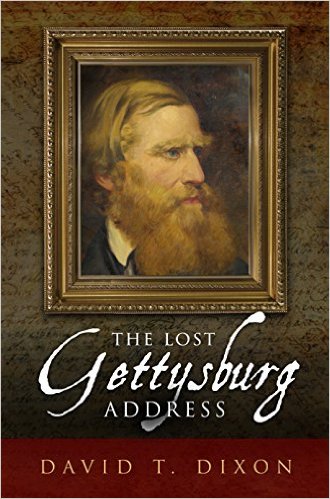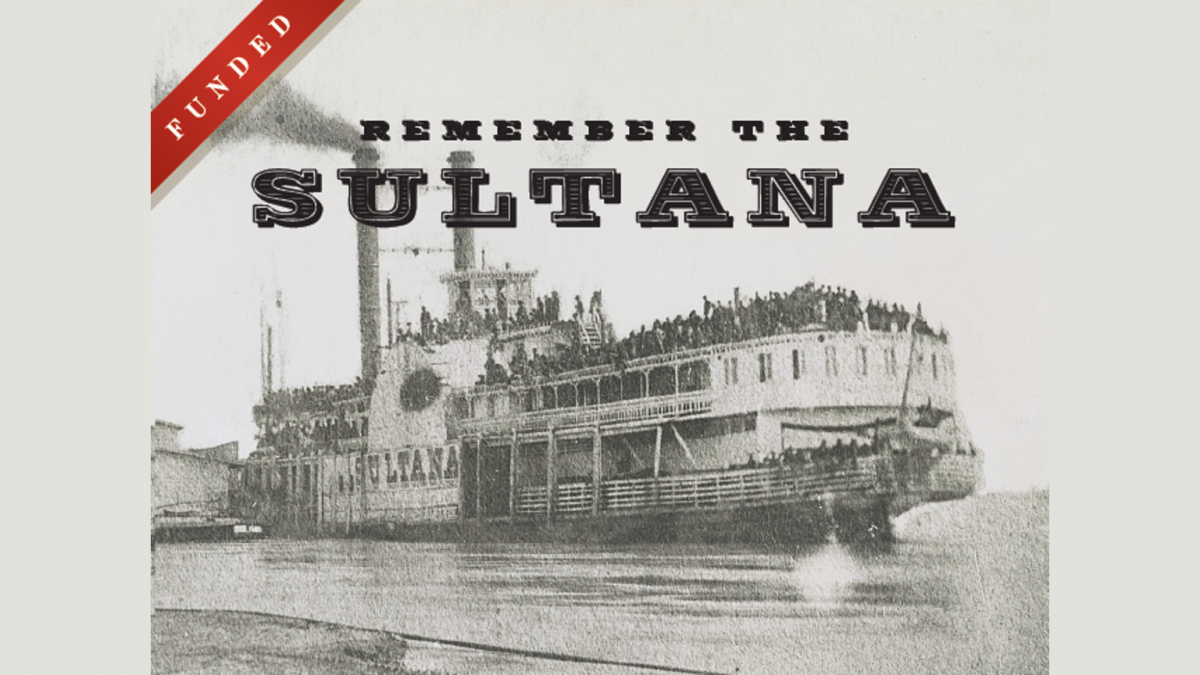
Archive of Past Presentations
|
JOIN US FOR AN ONLINE PRESENTATION ON TUESDAY, APRIL 27, 2021, AT 7:15 P.M. PACIFIC TIME
SLAVERY IN AMERICA by THOMAS JEFFERSON
Link to recording of presentation: https://youtu.be/cV8ke_4ClUg
Thomas Jefferson, author of the Declarattion of Independence, third President of the United States and a list of other accomplishments too numerous to detail here, will address the Pasadena Civil War Round Table on Tuesday April 27 at 7:15 p.m. in a special online presentation.
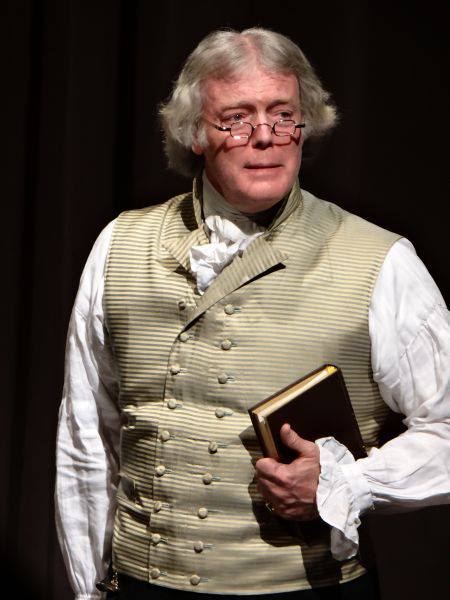 Mr. Jefferson, as portrayed by Bill Barker, will be sharing his insights on slavery in America and will touch on many important issues related to that topic. With slavery being the prime cause of the U.S. Civil War, you will gain tremendous insight into how this "peculiar institution" came to hold such a grip on America.
Mr. Jefferson, as portrayed by Bill Barker, will be sharing his insights on slavery in America and will touch on many important issues related to that topic. With slavery being the prime cause of the U.S. Civil War, you will gain tremendous insight into how this "peculiar institution" came to hold such a grip on America.
Bill Barker portrays Thomas Jefferson to crowds mesmerized by his performances at Monticello, Mr. Jefferson's home. See Monticello's website: https://www.monticello.org/
This is a rare opportunity for us in California to hear Bill Barker's amazing historical interpretation of a Founding Father of our country.
You will be transported back in time as Mr. Jefferson shares his considerable insights into the events that transpired in America as related to slavery. You will also be able to ask Mr. Jefferson questions about the events of those days and it is certain that you will be edified and entertained by what you learn.
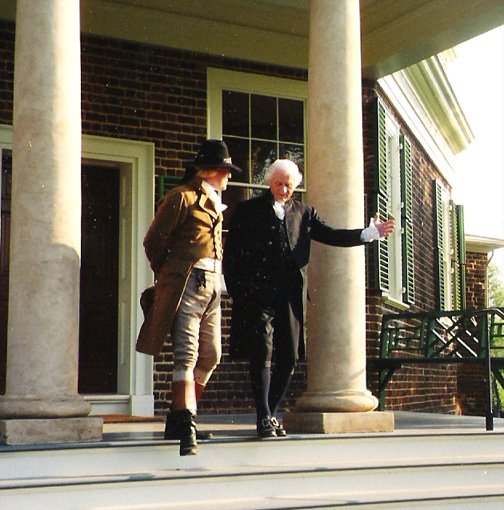
There is no doubt that you will be talking about this performance for many years after you see it. Invite your family and friends as they will thank you later.
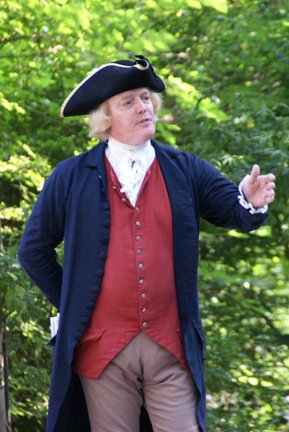
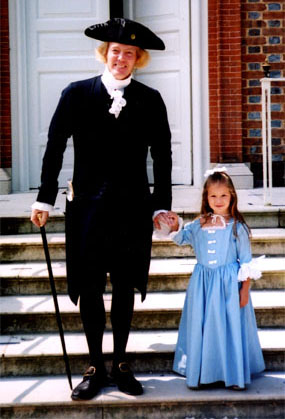
JOIN US FOR AN ONLINE PRESENTATION ON TUESDAY, MARCH 23, 2021, AT 7:15 P.M.
"The Lifeblood of the Confederate War Machine: George Washington Rains, the Augusta Powder Works, and the Failures of the Union High Command"
A New and Uniquie Insight into the Civil War
By Theodore P. Savas
Link to recording of presentation: https://youtu.be/zPlWQqXtOV8
What did the Lincoln administration know, and when did it know it? The Confederacy fought for four years and never lost a battle because of a want of gunpowder. How was it possible to keep armies in the field when every functioning gunpowder mill was in the North when the war started? Making it was complex, and one man alone was responsible for keeping the Southern armies in the field. Discover who this fascinating man was, how and where he did it, and just how vulnerable the Confederacy really was for the first year of the war. This is the story you have never heard, and I promise you that you will never look at the Civil War again the same way.
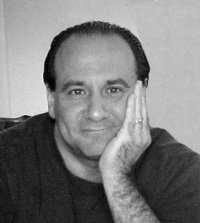
Theodore P. Savas is the Managing Director of Savas Beatie, a leading independent trade publisher specializing in military and general history titles.
He graduated from The University of Iowa College of Law in 1986 (With Distinction), and practiced law in Silicon Valley for many years. Realizing one day he would have to face St. Peter, he decided to go into honest work. Ted taught business and history classes at the college level for about 20 years, and has written or edited a dozen books (published in seven languages), including A Guide to the Battles of the American Revolution, Hunt and Kill: U-505 and the U-Boat War in the Atlantic, and Nazi Millionaires: The Allied Search for Hidden SS Gold.
His hobbies include scuba diving, smoking good cigars, drinking expensive gin, and playing bass and keyboards in the hard rock band Arminius. For a taste of Arminius, click here.
JOIN US FOR AN ONLINE PRESENTATION ON TUESDAY, FEBRUARY 23, 2021, AT 7:15 P.M.
"Camp Nelson and 'This Practical Recognition': The Story of a Training Camp for the United States Colored Troops."
A talk by Nick Smith
Link to recording of presentation: https://youtu.be/aML_PDGLuNQ
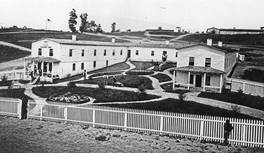
Camp Nelson, created as a training camp for new recruits to the United States Colored Troops, was unusual in many ways. Its size alone would have made it distinctive, but its location and overall purpose were what made it memorable. This was a camp to train African American men to become soldiers, but it was built in the heart of a slave state that had not seceded from the Union.
In addition, its troops were to be used in the Western theater of the war, an area in which many of the commanders had no desire to command dark-skinned soldiers, but the need for new troops was often desperate. This led to some disastrous command decisions involving the use of the troops, and to three horrific incidents, two involving the troops and one involving the families they left behind under the care of the Union Army.
Our speaker, Nick Smith, has been involved with our Roundtable for many years, faithfully serving as our President during much of that time. Nick has also been a researcher into the history of Civil War veterans who came to California after the war, and co-curated a museum exhibit on that at the Pasadena Museum of History. He has given talks at Roundtables and historical gatherings over the years on a variety of topics, most recently on Civil War prisons. Nick's talks always receive great praise for combining excellent oratorical skills with fascinating insights into history.
JOIN US FOR AN ONLINE PRESENTATION ON TUESDAY, JANUARY 26, 2021, AT 7:15 P.M.
PROFESSOR GARY W. GALLAGHER WILL PRESENT ON "THE ENDURING CIVIL WAR. EXPLORING THE GREAT AMERICAN CRISIS."
Link to recording of presentation: https://youtu.be/uyL8mVQOs9Q
For more than a decade, Gary W. Gallagher, the John L. Nau III Professor of History Emeritus of the University of Virginia, has written a 1,000-word essay for every issue of Civil War Times.
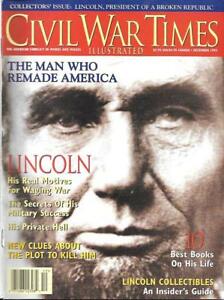
As a group, these essays have afforded an opportunity to bridge the gap between the academic and popular worlds of Civil War interest. Writing the essays allowed Professor Gallagher to place our contemporary understanding of the Civil War in conversation with testimony from people in the United States and the Confederacy who experienced and described it. Put another way, he investigated how mid-19th-Century perceptions align with, or deviate from, some of those we now hold regarding the origins, conduct, and aftermath of the war.
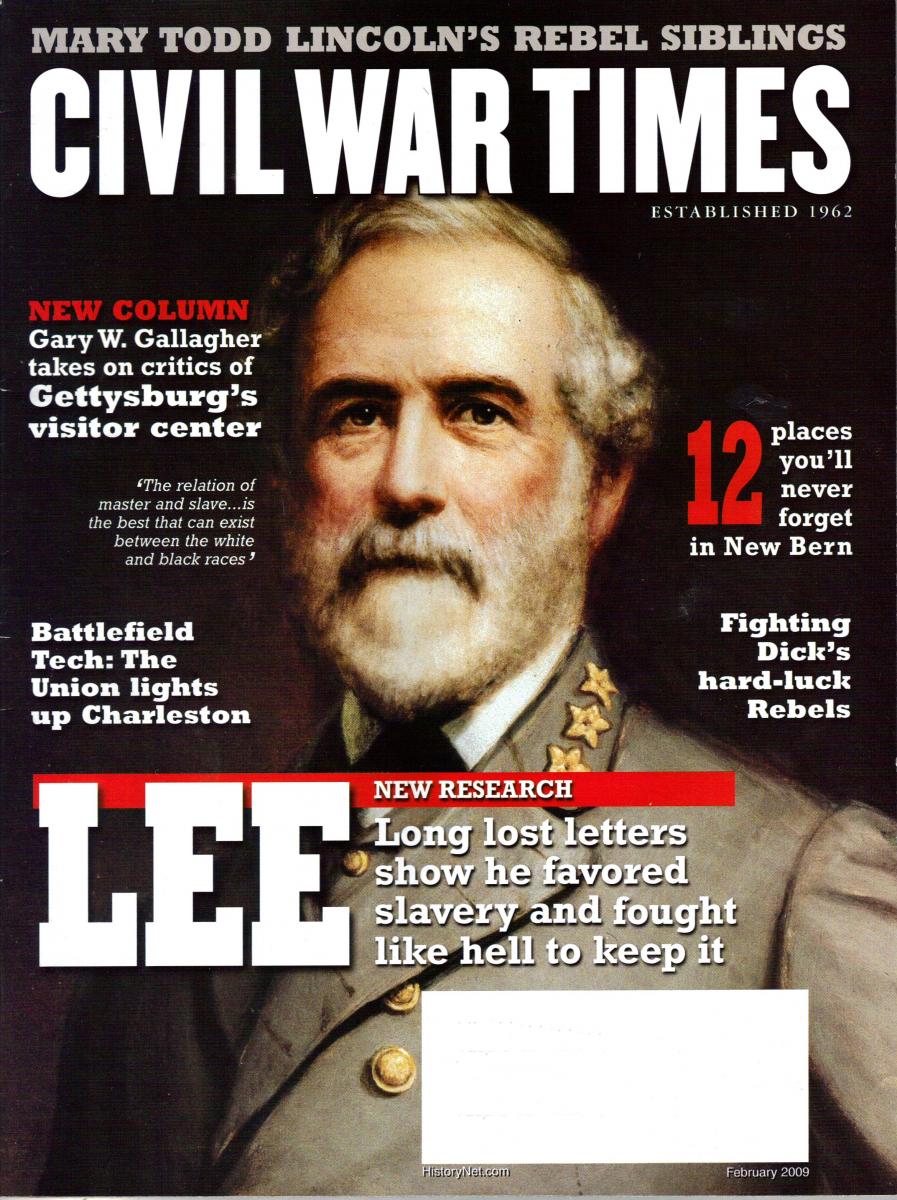
A number of his essays proved controversial, challenging, among other things, commonly held notions about Gettysburg and Vicksburg as decisive turning points, U. S. Grant as a general who profligately wasted Union manpower, the Gettysburg Address as a watershed that turned the war from a fight for Union into one for Union and emancipation, and Robert E. Lee as an old-fashioned general ill-suited to waging a modern mid-19th-Century war.
The tension between history and memory forms a theme throughout the essays that highlights the importance of what actually happened, while also showing that successive generations remember historical events and personalities in starkly different ways. I also argue that only by coming to terms with the Civil War, as well as with how people have remembered and used it in politics and popular culture, can anyone understand the broader arc of United States history. Finally, writing the essays allowed me to share my enthusiasm for studying the war with an audience I knew held similar interests.
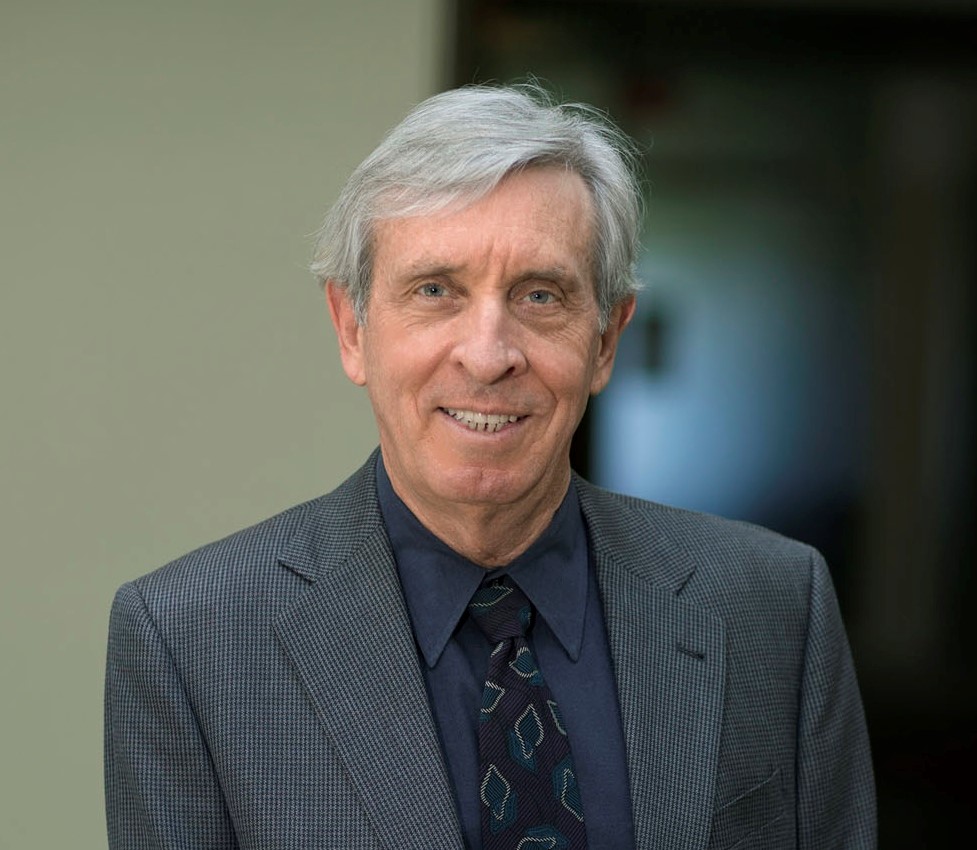 Gary W. Gallagher, a third-generation Californian born in Glendale, is the John L. Nau III Professor of History Emeritus at the University of Virginia. He has written or edited more than forty books about the era of the Civil War and its memory, including The Confederate War (1997), Causes Won, Lost, and Forgotten: How Hollywood and Popular Art Shape What We Know about the Civil War (2008), The Union War (2011), The American War: A History of the Civil War Era (2nd ed., 2019; co-authored with Joan Waugh), and The Enduring Civil War: Exploring the Great American Crisis (2020). He also edited the first ten volumes of the "Military Campaigns of the Civil War" series at the University of North Carolina Press.
Gary W. Gallagher, a third-generation Californian born in Glendale, is the John L. Nau III Professor of History Emeritus at the University of Virginia. He has written or edited more than forty books about the era of the Civil War and its memory, including The Confederate War (1997), Causes Won, Lost, and Forgotten: How Hollywood and Popular Art Shape What We Know about the Civil War (2008), The Union War (2011), The American War: A History of the Civil War Era (2nd ed., 2019; co-authored with Joan Waugh), and The Enduring Civil War: Exploring the Great American Crisis (2020). He also edited the first ten volumes of the "Military Campaigns of the Civil War" series at the University of North Carolina Press.
ONLINE PRESENTATION ON TUESDAY, DECEMBER 22, 2020, AT 7:15 P.M.
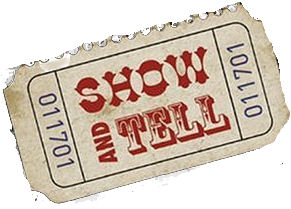 We will host our annual "Show and Tell" where members can spend up to 5 minutes each sharing a Civil War story or Civil War artifact that they might have. Use the online format to share your photos, books, artifacts or antiques; and share your part of the Civil War with the rest of the viewing audience.
We will host our annual "Show and Tell" where members can spend up to 5 minutes each sharing a Civil War story or Civil War artifact that they might have. Use the online format to share your photos, books, artifacts or antiques; and share your part of the Civil War with the rest of the viewing audience. 
If you have something to share, make sure your computer cameras and microphone are enabled prior to the call. When you are ready to share, just type your name in the Q&A box at the start of the call and the President of the Pasadena CWRT, Nick Smith, will call on you one at a time so that you can insure your camera is on.
JOIN US FOR AN ONLINE PRESENTATION ON TUESDAY, NOVEMBER 24, 2020, AT 7:15 P.M.
FOR A TALK BY BRIAN CHAVEZ ON:
Ranchos, Regiments, and Reconnections:
The Transformation of Californio Identity in Civil War-Era California
Link to recording of presentation: https://youtu.be/2nhGBAGXXqo
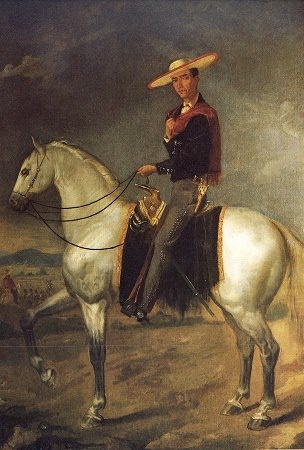
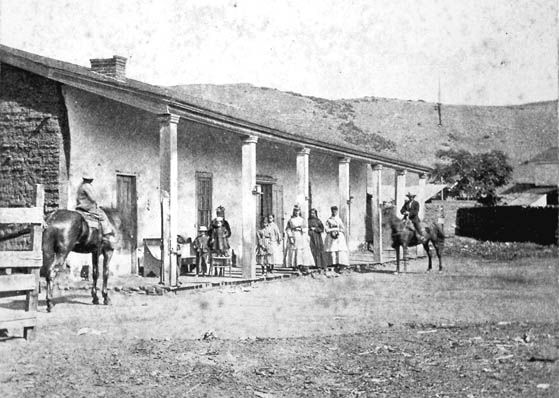
The Civil War Era transformed the lives of many Americans. But for the Californios—the former Hispanic residents of Spanish and Mexican California—the Civil War was a formative period by which Californios challenged the terms of their continued conquest in California and in the process shaped the state’s early-American future. This lecture will examine the following: What did it mean for Californios to fight under Union, Confederate, and Mexican military forces and even in some cases find themselves fighting alongside a former enemy of the Mexican-American War? Why did Californios increasingly promote patriotic assemblies celebrating Mexican and American nationalism while both nations were in the midst of their own civil wars, is this the beginning of California’s transnational Mexican-American identity that is still present in California today? In answering the call of the recent historiographic shift in Californio scholarship, this analysis will demonstrate the agency of California’s earliest Hispanic Americans against the age of increasing Anglo-American dominance. It will show how Californios modified their identity to survive the rapid changes that occurred during the Civil War-Era both in human and non-human control that pushed them to seek new ways of asserting their role in the shaping of nineteenth-century American California.
OUR SPEAKER:
Brian Chavez has over a decade of experience in historic sites and institutions in the Los Angeles area with an emphasis on museum education and collection management. He has most notably served as a museum guide at the Drum Barracks Civil War Museum. It is there where he fell in love with local history and the greater American Civil War
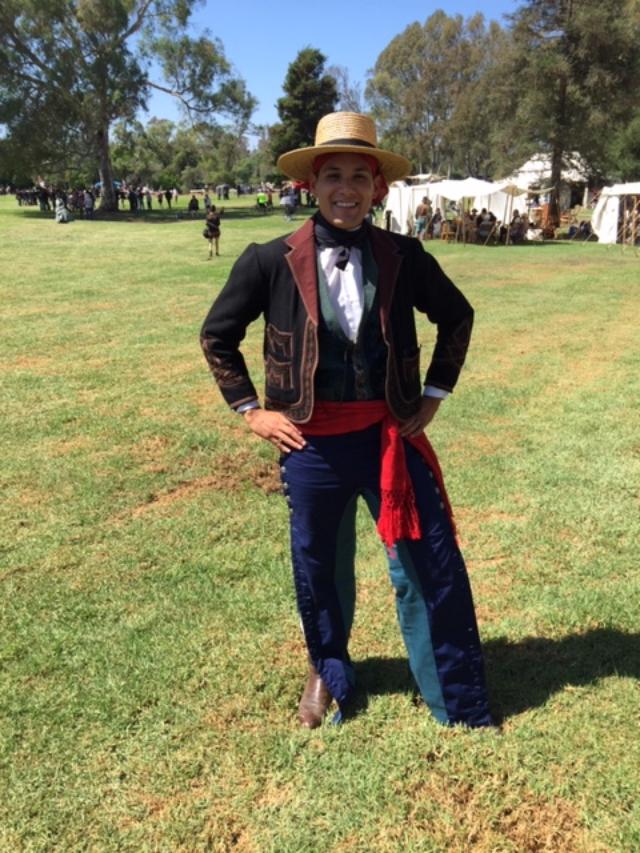 narrative since first volunteering in 2010 at the age of 15. Since then he has not only had the honor to volunteer his time to the museum, but also work for the City of LA Department of Recreation and Parks at the site to educate the general public on Los Angeles’ Civil War past through tours, exhibits and lectures. Today, Brian continues to volunteer at local historic sites such as Rancho Los Cerritos, and work as a gallery and collections coordinator at his local historical society. He received an A.A. in history from Long Beach City College (2015), a B.A. in history from the University of California, Los Angeles (2017), and is currently completing an M.A. in history with an emphasis on early Mexican American communities in the borderlands of the American Southwest from California State University, Long Beach.
narrative since first volunteering in 2010 at the age of 15. Since then he has not only had the honor to volunteer his time to the museum, but also work for the City of LA Department of Recreation and Parks at the site to educate the general public on Los Angeles’ Civil War past through tours, exhibits and lectures. Today, Brian continues to volunteer at local historic sites such as Rancho Los Cerritos, and work as a gallery and collections coordinator at his local historical society. He received an A.A. in history from Long Beach City College (2015), a B.A. in history from the University of California, Los Angeles (2017), and is currently completing an M.A. in history with an emphasis on early Mexican American communities in the borderlands of the American Southwest from California State University, Long Beach.
JOIN US FOR AN ONLINE PRESENTATION ON TUESDAY, OCTOBER 27, 2020, AT 7:15 P.M.
FOR A TALK BY DAVID DIXON ON - The American Civil War: A Radical, International Revolution
Link to recording of presentation: https://youtu.be/QxjOjLOAA_Y
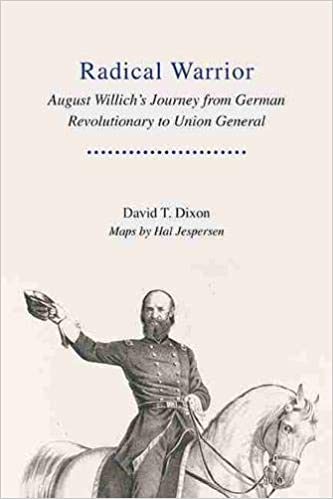 Radical Warrior: August Willich’s Journey from German Revolutionary to Union General (University of Tennessee Press 2020) is the biography of a Prussian army officer who renounced his nobility and joined in the failed European revolutions of 1848. He emigrated to America, edited a daily labor newspaper in Cincinnati, and became one of the most accomplished generals in the Union Army. This story sheds new light on the contributions of 200,000 German-Americans who fought for the Union in the Civil War.
Radical Warrior: August Willich’s Journey from German Revolutionary to Union General (University of Tennessee Press 2020) is the biography of a Prussian army officer who renounced his nobility and joined in the failed European revolutions of 1848. He emigrated to America, edited a daily labor newspaper in Cincinnati, and became one of the most accomplished generals in the Union Army. This story sheds new light on the contributions of 200,000 German-Americans who fought for the Union in the Civil War.
In an age of global social, economic, and political upheaval, transatlantic radicals helped affect America’s second great revolution. For many recent immigrants, the nature and implications of that revolution turned not on Lincoln’s conservative goal of maintaining the national Union, but on issues of social justice, including slavery, free labor, and popular self-government. The Civil War was not simply a war to end sectional divides, but to restore the soul of the nation, revive the hopes of democrats worldwide, and defend human rights.
__________
David Dixon earned his M.A. in history from the University of Massachusetts in 2003. His first book, The Lost Gettysburg Address, told the unusual life story of Texas 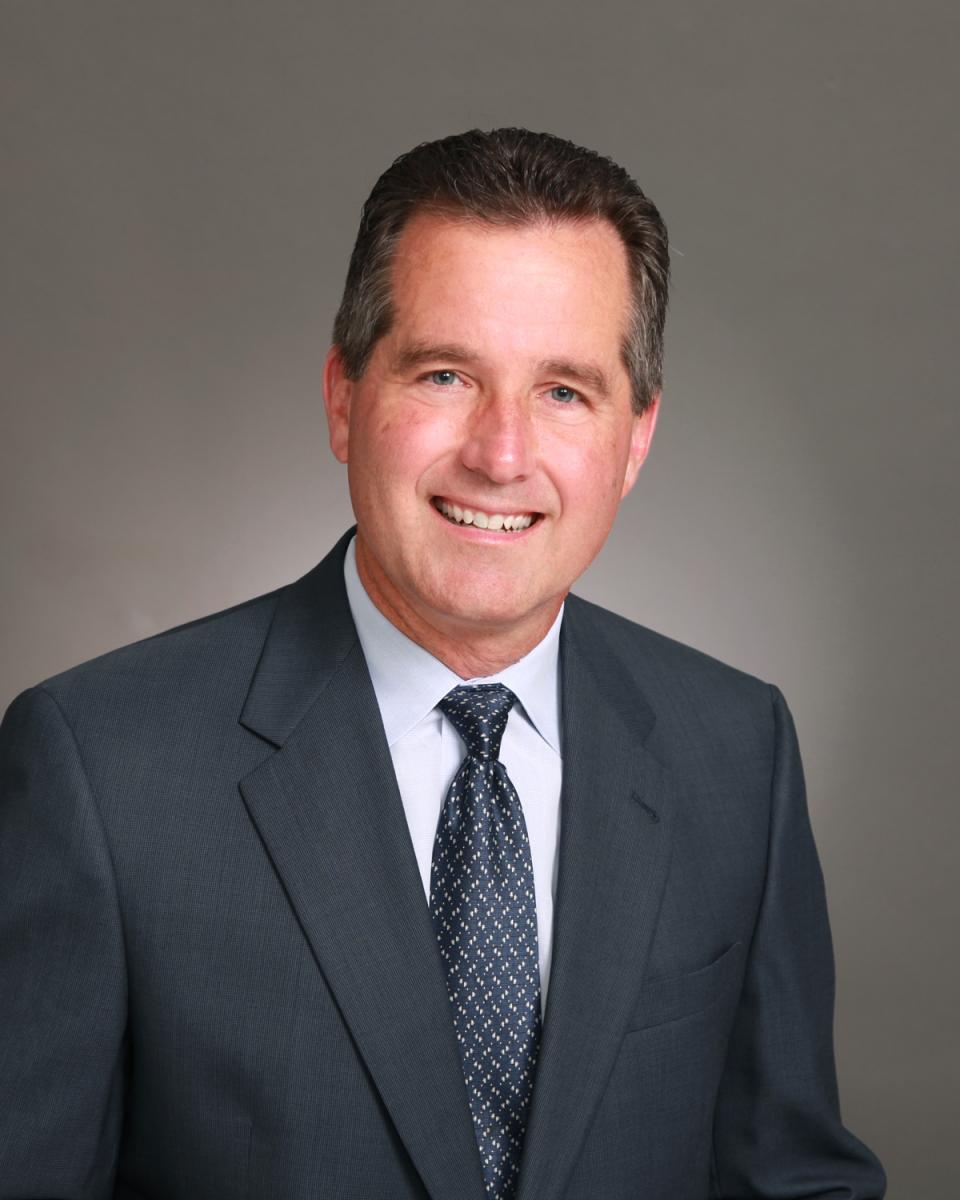 slaveholder Charles Anderson, whose speech followed Lincoln’s at Gettysburg, but was never published. It turned up 140 years later in a cardboard box in Wyoming.
slaveholder Charles Anderson, whose speech followed Lincoln’s at Gettysburg, but was never published. It turned up 140 years later in a cardboard box in Wyoming.
David has given nearly 100 talks to audiences across the country. He appeared on Civil War Talk Radio and other podcasts. He hosts B-List History, a website that features obscure characters and their compelling stories. You may download free pdf versions of his published articles on that website at www.davidtdixon.com.
David’s new book, published by the University of Tennessee Press, is the biography of German revolutionary and Union General August Willich. His work highlights the contributions of approximately 200,000 German-American immigrants to the Union effort in the Civil War. Transatlantic radicals like Willich viewed the war as part of a much larger, global revolution for social justice and republican government.
JOIN US FOR AN ONLINE PRESENTATION ON TUESDAY, SEPTEMBER 22, 2020, AT 7:15 P.M.
FOR A TALK BY PROFESSOR JIM STANBERY ON: JEFFERSON DAVIS
Link to recording of presentation: https://youtu.be/DA4FN-zVljY
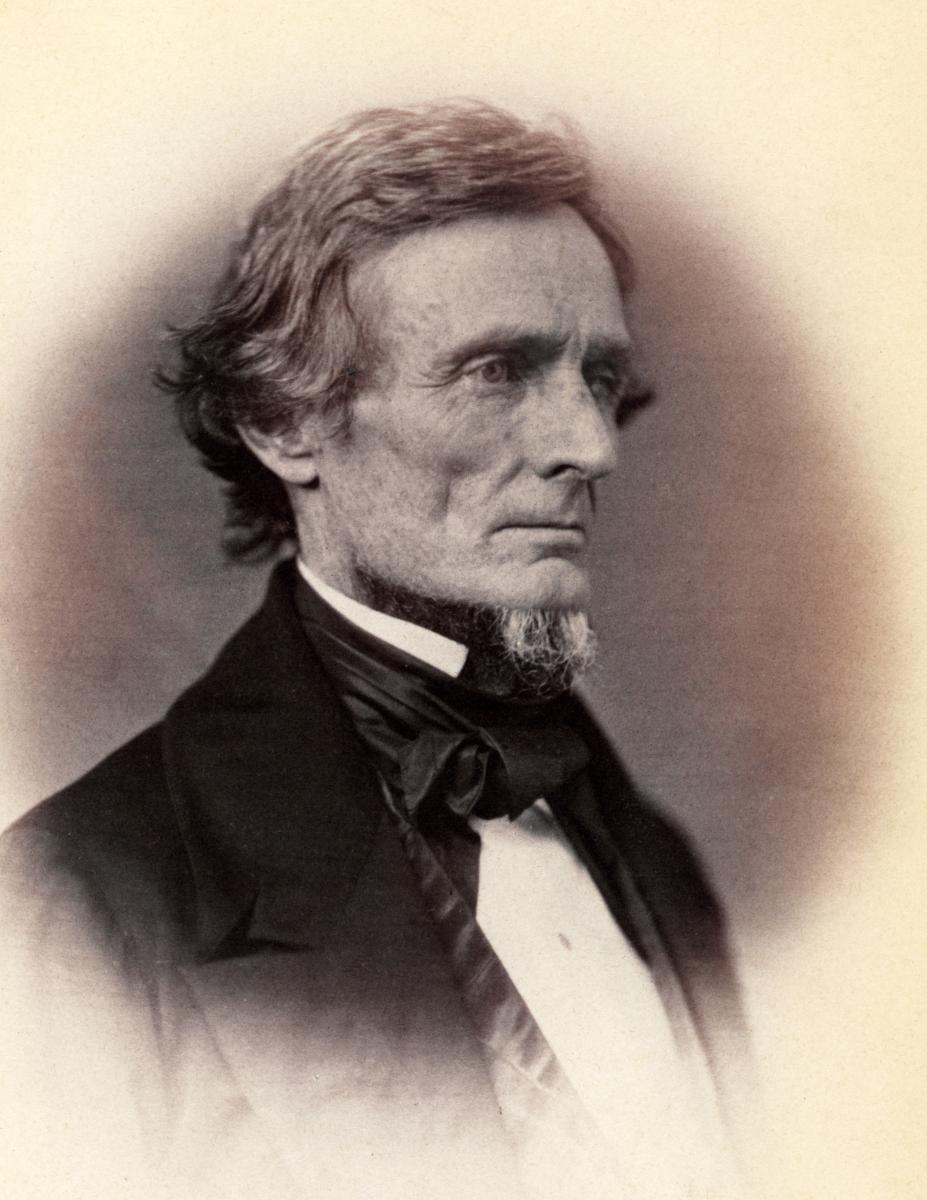 The Confederacy had two opportunities to select a president – first, at the meeting of its provisional congress, during balloting on February 9, 1861; next, through one of the last acts of the provisional congress, the election of a permanent president on November 14, after four ‘border states’ had joined the Confederacy.
The Confederacy had two opportunities to select a president – first, at the meeting of its provisional congress, during balloting on February 9, 1861; next, through one of the last acts of the provisional congress, the election of a permanent president on November 14, after four ‘border states’ had joined the Confederacy.
What strengths and weaknesses did the man chosen, Jefferson Davis, show? How did any of the other men actually considered for the presidency by the provisional congress compare with Davis?
Then the balloting nine months after the first election could have included contenders from the border states seceding after Ft. Sumter and not belonging to the Confederacy back in February. Were there any such possibilities?
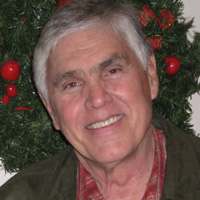 Jim Stanbery was a history professor at Los Angeles Harbor College, where he also served as faculty president and won many outstanding teaching awards. Jim is past assistant editor of Civil War Regiments and is active in the Civil War Round Tables of San Gabriel Valley and Orange County, as well as the San Pedro Bay Historical Society. He has published articles on western theater Civil War strategy and has spoken widely on Civil War topics in and outside California. Jim is the author of The California 2000 Campaign: The Populist Movement with a Meaning for all America. Jim holds a B.A. (UC Berkeley) and M.A. (CSU, Long Beach). He also served two years in the Peace Corps.
Jim Stanbery was a history professor at Los Angeles Harbor College, where he also served as faculty president and won many outstanding teaching awards. Jim is past assistant editor of Civil War Regiments and is active in the Civil War Round Tables of San Gabriel Valley and Orange County, as well as the San Pedro Bay Historical Society. He has published articles on western theater Civil War strategy and has spoken widely on Civil War topics in and outside California. Jim is the author of The California 2000 Campaign: The Populist Movement with a Meaning for all America. Jim holds a B.A. (UC Berkeley) and M.A. (CSU, Long Beach). He also served two years in the Peace Corps.
AUGUST 25, 2020, AT 7:15 P.M.
FOR A TALK BY PROFESSOR STEVEN WOODWORTH ON:
VICKSBURG NIGHTS - WHAT REALLY HAPPENED DURING THE SIEGE
Link to recording of presentation: https://youtu.be/K13Le9oaT7M
The talk will focus on Steven Woodworth's new book Vicksburg Besieged
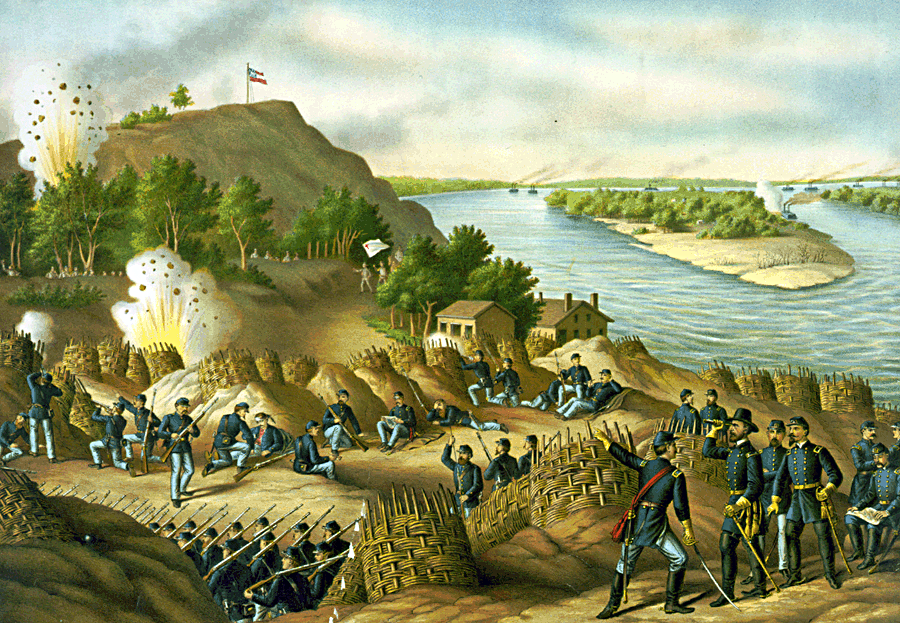 The nights of the Vicksburg siege were the most fluid and dynamic part of that six-week conflict. Whereas the daylight hours were static and predictably deadly thanks to the constant activity of each side's sharpshooters, the periods between dusk and dawn found soldiers venturing beyond their trenches and experiencing a variety of situations ranging from the natural immunity of darkness to an unnatural immunity due to the foe's indifference, even as siege works were pressed closer and closer to the defenders' fortifications. Yet there was always the possibility that a small but deadly battle might break out on the darkened slopes of no-man's land. Once night fell, a man never knew just what to expect.
The nights of the Vicksburg siege were the most fluid and dynamic part of that six-week conflict. Whereas the daylight hours were static and predictably deadly thanks to the constant activity of each side's sharpshooters, the periods between dusk and dawn found soldiers venturing beyond their trenches and experiencing a variety of situations ranging from the natural immunity of darkness to an unnatural immunity due to the foe's indifference, even as siege works were pressed closer and closer to the defenders' fortifications. Yet there was always the possibility that a small but deadly battle might break out on the darkened slopes of no-man's land. Once night fell, a man never knew just what to expect.
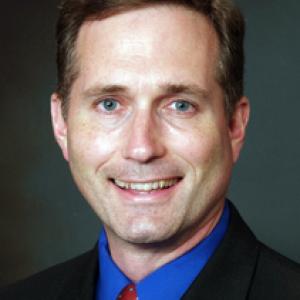
Professor Steven E. Woodworth received his B.A. in 1982 from Southern Illinois University at Carbondale and his Ph.D. in 1987 from Rice University in Houston, Texas. After teaching at small colleges in Oklahoma and Georgia, he came to Texas Christian University in 1997 and is now a professor of history there. Over the years he has authored, co-authored, or edited thirty-three books, including The Tennessee Campaign of 1864 (2016), This Great Struggle, America's Civil War (2012), Manifest Destinies: America's Westward Expansion and the Road to Civil War (2010), Nothing but Victory: The Army of the Tennessee, 1861-1865 (2006), While God Is Marching On: The Religious World of Civil War Soldiers(2001), and Jefferson Davis and His Generals: The Failure of Confederate Command in the West (1990).
JOIN US FOR AN ONLINE PRESENTATION ON TUESDAY, JULY 28, 2020, AT 7:15 P.M.
FOR A TALK BY ERIC WITTENBERG ON:
SECEDING FROM SECESSION - THE WEST VIRGINIA STORY
Link to recording of presentation: https://youtu.be/36oxRKMm4Uo
The talk will focus on Eric's recent co-authored book, Seceding from Secession: The Civil War, Politics and the Creation of West Virginia
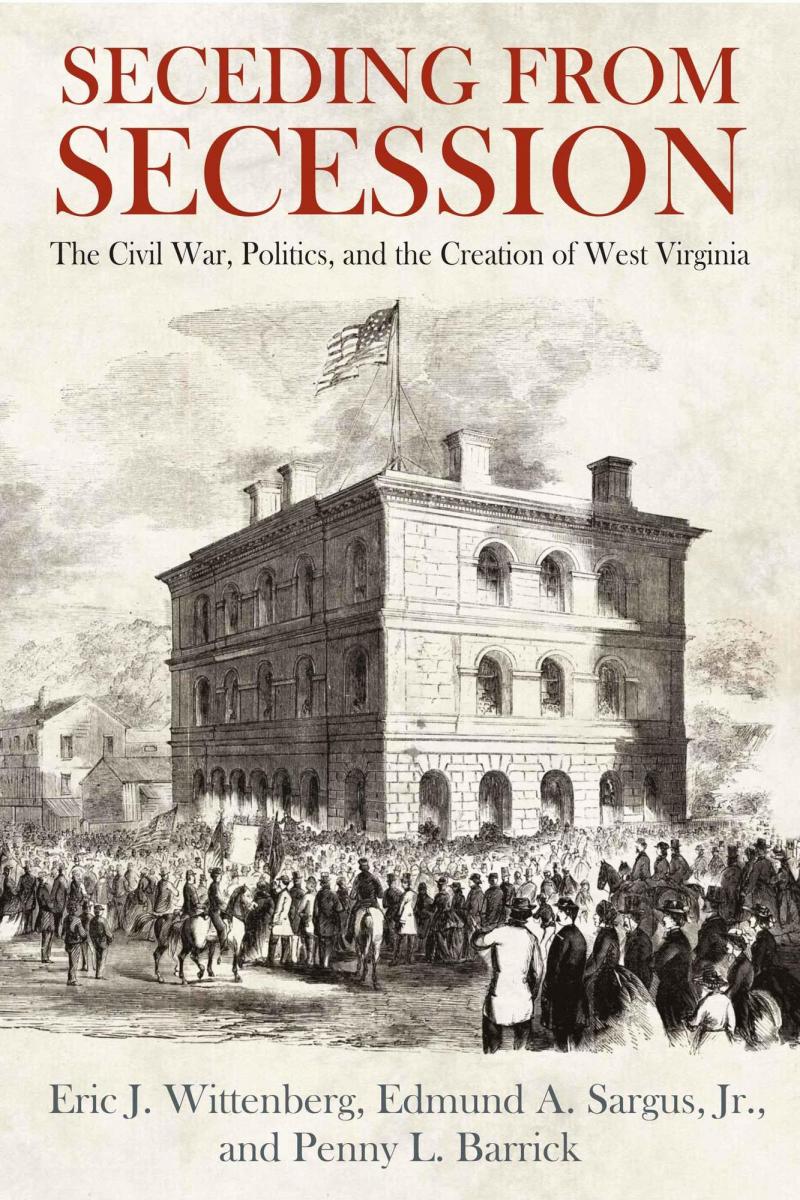
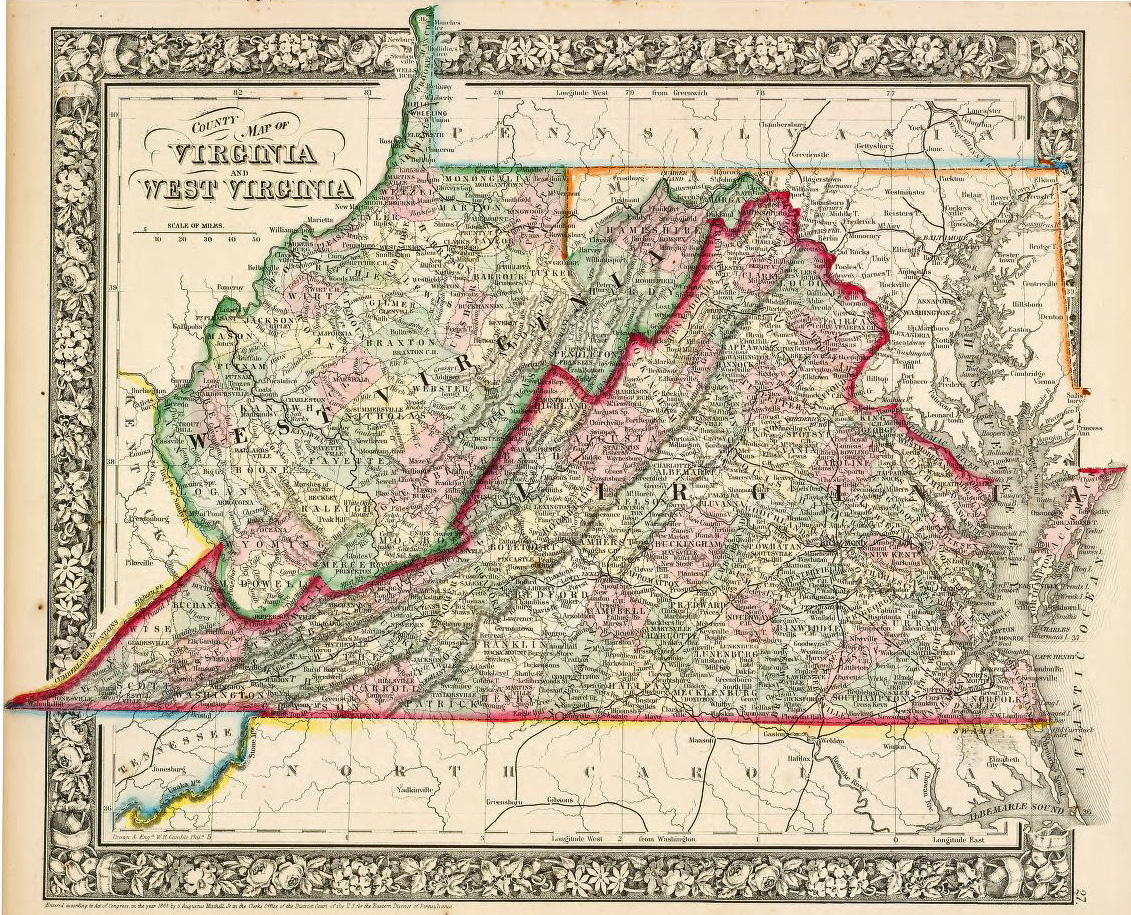
The state of West Virginia seceding from Virginia will be discussed in exciting and informative detail. There were (and still are) real questions about the constitutionality of the steps taken in the creation of West Virginia that make this a fascinating story. The issue eventually made its way to the United States Supreme Court, which heard the case in 1871. The Chief Justice, Salmon P. Chase, had participated in Lincoln’s decision to sign the bill establishing the state of West Virginia, setting up a very interesting conflict of interest that was not addressed by the court.
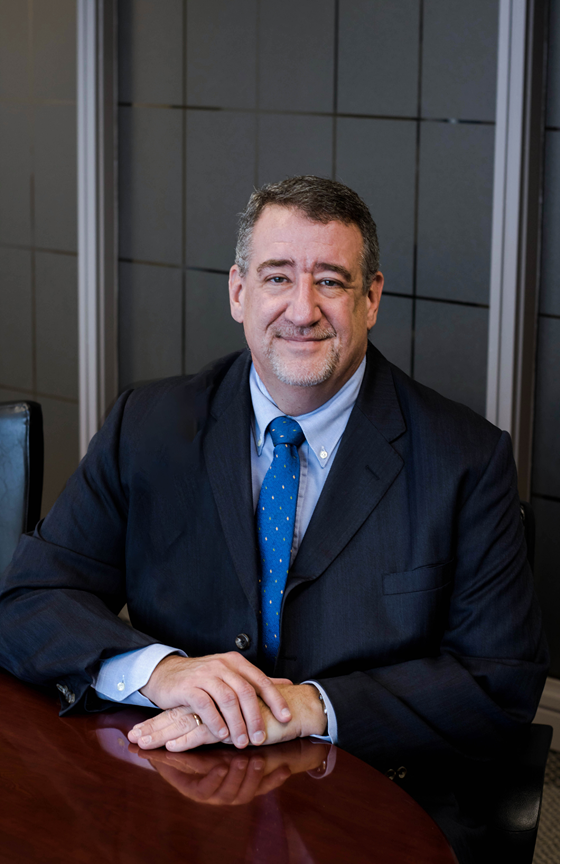 Eric J. Wittenberg is an award-winning Civil War author. A native of southeastern Pennsylvania, Eric was educated at Dickinson College, after graduating from Dickinson, Eric attended the University of Pittsburgh School of Law and the University of Pittsburgh Graduate School of Public and International Affairs. He is a partner in the Columbus, Ohio law firm of Cook, Sladoje & Wittenberg Co., L.P.A., where he manages the firm’s litigation practice. Wittenberg is the author of 22 critically acclaimed books on the American Civil War, several of which have won awards, as well as more than three dozen articles published in national magazines. He is in regular demand as a speaker and tour guide, and travels the country regularly doing both. He serves on the boards of trustees of the Central Virginia Battlefields Trust and the Little Big Horn Associates, and often works with the American Battlefields Trust on battlefield preservation initiatives. He is also the program coordinator for the Chambersburg Civil War Seminars. His specialty is cavalry operations in the Civil War. He and his wife Susan reside in Columbus, Ohio.
Eric J. Wittenberg is an award-winning Civil War author. A native of southeastern Pennsylvania, Eric was educated at Dickinson College, after graduating from Dickinson, Eric attended the University of Pittsburgh School of Law and the University of Pittsburgh Graduate School of Public and International Affairs. He is a partner in the Columbus, Ohio law firm of Cook, Sladoje & Wittenberg Co., L.P.A., where he manages the firm’s litigation practice. Wittenberg is the author of 22 critically acclaimed books on the American Civil War, several of which have won awards, as well as more than three dozen articles published in national magazines. He is in regular demand as a speaker and tour guide, and travels the country regularly doing both. He serves on the boards of trustees of the Central Virginia Battlefields Trust and the Little Big Horn Associates, and often works with the American Battlefields Trust on battlefield preservation initiatives. He is also the program coordinator for the Chambersburg Civil War Seminars. His specialty is cavalry operations in the Civil War. He and his wife Susan reside in Columbus, Ohio.
|
|
|
|
|
|
|
|
THE PASADENA CWRT MEETING TUESDAY, MARCH 24, 2020, AT 7:15 P.M., IS CANCELED.
THE BELOW PRESENTATION WILL BE GIVEN AT A DATE IN THE FUTURE.
Could the Confederacy have done any better than Jefferson Davis?
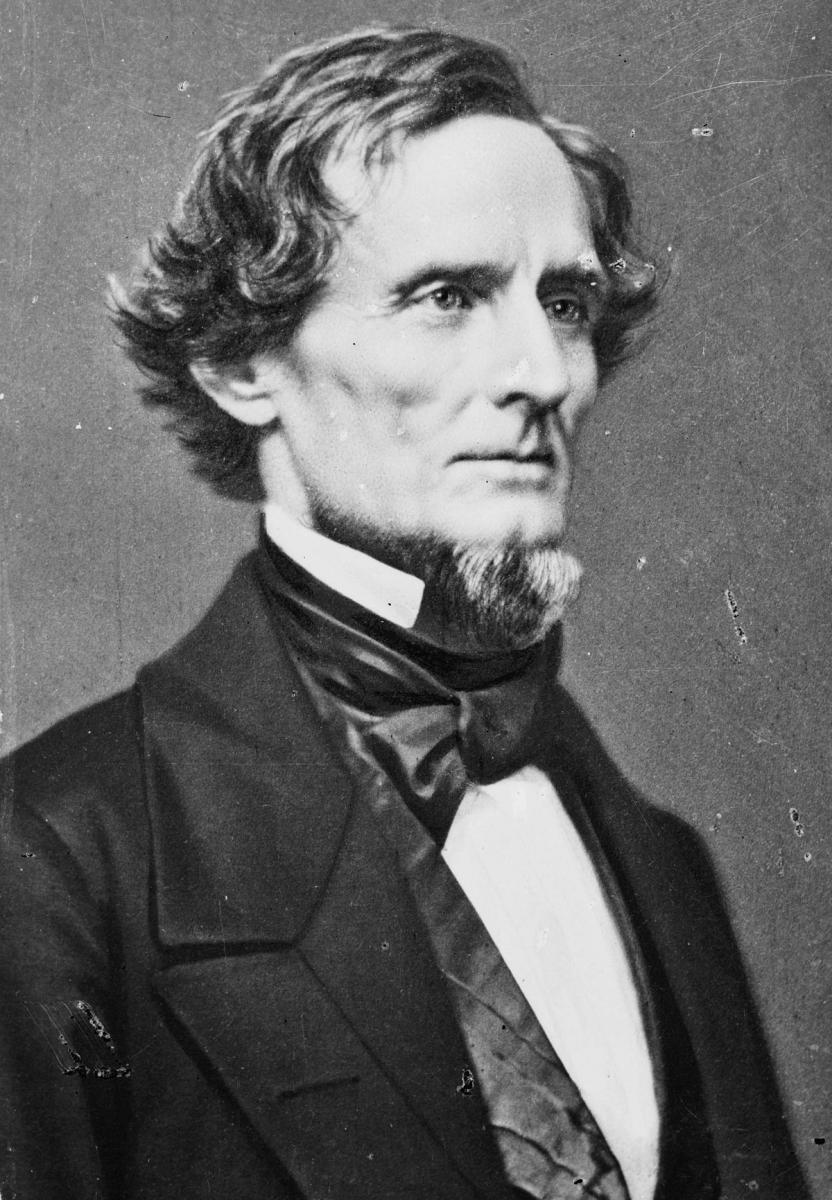 The Confederacy had two opportunities to select a president – first, at the meeting of its provisional congress, during balloting on February 9, 1861; next, through one of the last acts of the provisional congress, the election of a permanent president on November 14, after four ‘border states’ had joined the Confederacy.
The Confederacy had two opportunities to select a president – first, at the meeting of its provisional congress, during balloting on February 9, 1861; next, through one of the last acts of the provisional congress, the election of a permanent president on November 14, after four ‘border states’ had joined the Confederacy.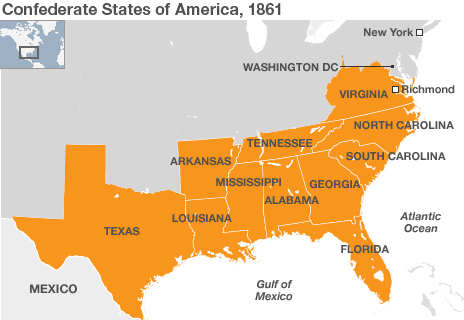
What strengths and weaknesses did the man chosen, Jefferson Davis, show? How did any of the other men actually considered for the presidency by the provisional congress compare with Davis?
Then the balloting nine months after the first election could have included contenders from the border states seceding after Fort Sumter and not belonging to the Confederacy back in February. Were there any such possibilities?
Come find the answers to all these questions and more on March 24 at the Pasadena Central Library.
Professor James Stanbery earned his B.A. at University of California, Berkeley, Phi Beta Kappa, and his M.A. at California State University, Long Beach. He also served two years in the Peace Corps. During his many years teaching at Los Angeles Harbor College, he has served as Faculty President, won many outstanding teaching awards, and served in numerous organizations. Recently, Professor Stanbery retired from Los Angeles Harbor College.
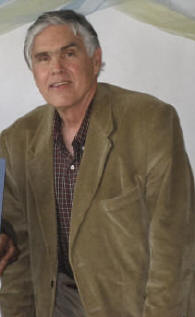
Professor Stanbery is past Assistant Editor of Civil War Regiments and remains active in Civil War Round Tables of San Gabriel Valley and Orange County, the Drum Barracks Civil War Museum, and the San Pedro Bay Historical Society. He is the author of The California 200 Campaign: the Populist Movement with a Meaning for all America and several student workbooks on American Institutions. Professor Stanbery is an emeritus participant in West Coast Civil War Conferences, having attended all but one. He is a frequent speaker and is particularly effective in explaining strategic pictures of the Civil War, as well as an expert panel moderator:
Jim Stanbery is a fast friend and strong supporter of continuing the tradition of West Coast Civil War Conferences. We encourage all who have not heard him to take this opportunity to be entertained and enlightened.
DATE: Fourth Tuesday of Every Month.
TIME: 7:15 p.m.
PLACE: Pasadena Central Library
285 E Walnut Street - Pasadena, CA 91101
JOIN US ON TUESDAY, FEBRUARY 25, 2020, AT 7:15 P.M., FOR A PRESENTATION BY PROFESSOR STEPHEN CUSHMAN OF THE UNIVERSITY OF VIRGINIA ON:
"THE RIVER CHANGES COURSE: MARK TWAIN'S MISSISSIPPI AND HIS CIVIL WAR"
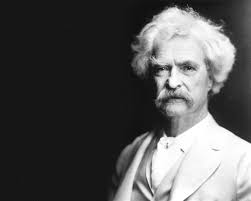
Mark Twain's connections to the Civil War are many. For two weeks in mid-1861 he served as a second lieutenant in the Marion Rangers, a partisan band aligned with the Confederacy. In 1885 he published PERSONAL MEMOIRS OF U.S. GRANT, which remains the bestselling Civil War memoir. 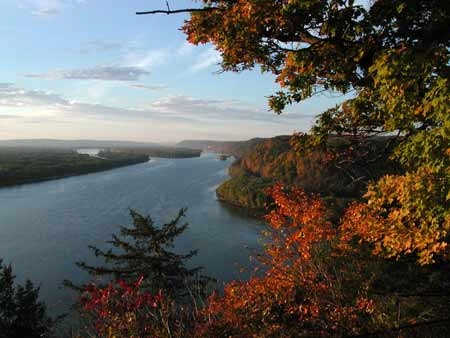
In April and May 1882, Twain returned to the Mississippi River, on which he had started out as a steamboat cub pilot more than twenty years before. On this trip he gathered material for what became his book LIFE ON THE MISSISSIPPI (1883). This book has much to say about the Civil War, how it is remembered by people who witnessed it and how it is imagined by people who did not. These will be the subjects of this talk.
Also, Professor Cushman will be discussing a particular image which is linked here, so come to the presentation and see how this image fits into the presentation. CLICK HERE FOR IMAGE
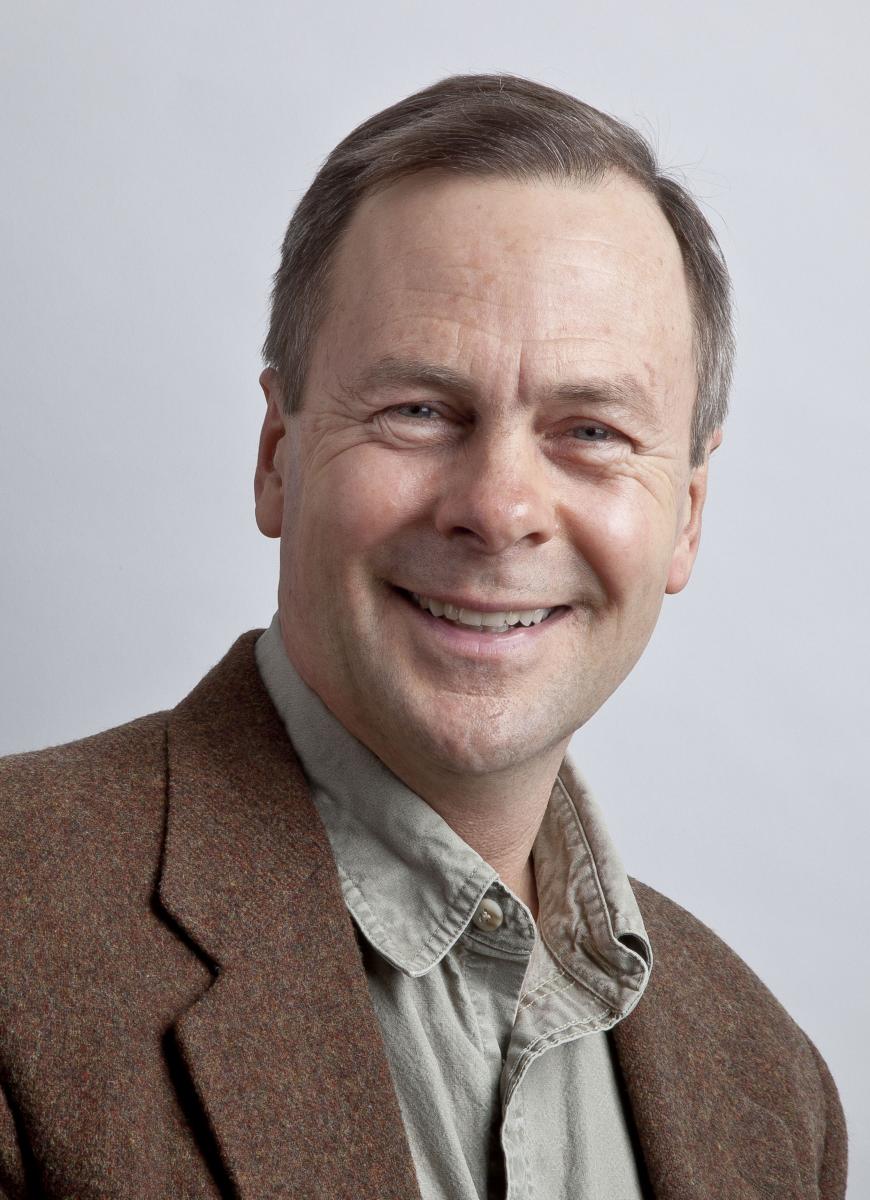
Stephen Cushman is Robert C. Taylor Professor of English at the University of Virginia and the author of Bloody Promenade: Reflections on a Civil War Battle (University Press of Virginia, 1999) and Belligerent Muse: Five Northern Writers and How They Shaped Our Understanding of the Civil War (University of North Carolina Press, 2014), as well as recent essays about Alexander Gardner’s photography at Gettysburg; the Battle of the Crater in fiction; Philip Sheridan’s memoirs; Joseph E. Johnston’s surrender to William T. Sherman; and Richard Taylor’s Destruction and Reconstruction. He has published six volumes of poems and two critical studies of American poetry, and he is the general editor of the 2012 edition of the Princeton Encyclopedia of Poetry and Poetics. Cushman has been a fellow of the American Council of Learned Societies and a Fulbright Teaching Fellow in Greece. In 2014 he was named Cavalier Distinguished Professor, and in 2015 he won a State Council of Higher Education for Virginia Outstanding Faculty Award. A frequent speaker at Huntington Library Civil War conferences, he looks forward to joining the 2019-2020 community of scholars in San Marino, where he will be focusing on the emerging market for Civil War memoirs at the end of the nineteenth century and the influence of those memoirs on public imagination.
JOIN US ON TUESDAY, JANUARY 28, 2020, AT 7:15 P.M., FOR A PRESENTATION BY ERNST F. TONSING ON COL MARTIN AND THE BATTLE OF MISSIONARY RIDGE
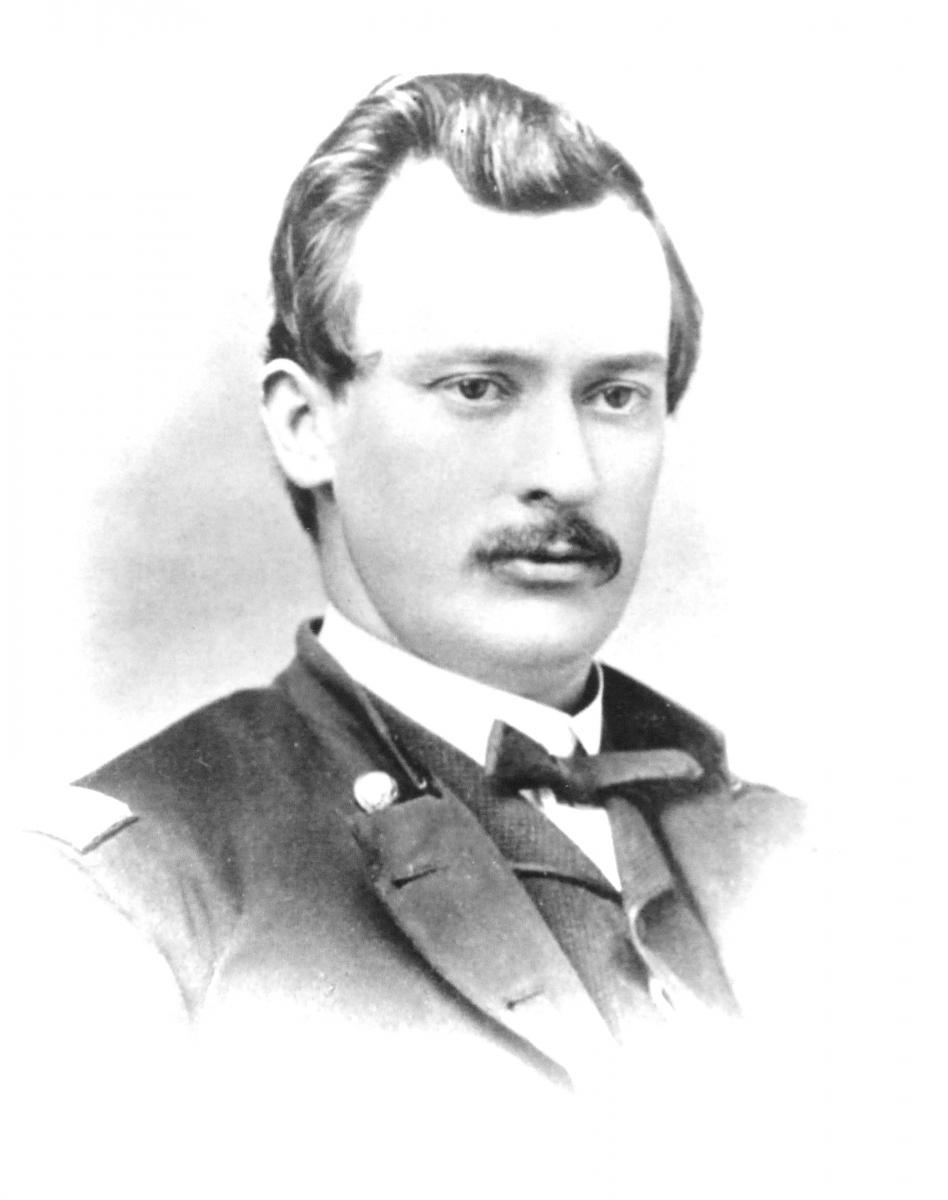 The Civil War was already raging in the Territory of Kansas six years before it erupted in 1861. Into this "Bleeding Kansas" came a seventeen year-old John Alexander Martin who purchased a vehement pro-slavery newspaper, the "Squattor Sovereign," and transformed its name to "The Freedom's Champion" and its editorial stance to Abolitionist. When war broke out, he enlisted in the 8th Kansas Volunteer Infantry and led it through every major engagement in the West--Perryville, Tullahoma, Chickamauga, Lookout Mountain, Chattanooga, Missionary (Mission) Ridge, and Atlanta. After the war, Martin served as mayor of Atchison, Kansas, as secretary of the National Republican Party, and in two terms as governor of Kansas .
The Civil War was already raging in the Territory of Kansas six years before it erupted in 1861. Into this "Bleeding Kansas" came a seventeen year-old John Alexander Martin who purchased a vehement pro-slavery newspaper, the "Squattor Sovereign," and transformed its name to "The Freedom's Champion" and its editorial stance to Abolitionist. When war broke out, he enlisted in the 8th Kansas Volunteer Infantry and led it through every major engagement in the West--Perryville, Tullahoma, Chickamauga, Lookout Mountain, Chattanooga, Missionary (Mission) Ridge, and Atlanta. After the war, Martin served as mayor of Atchison, Kansas, as secretary of the National Republican Party, and in two terms as governor of Kansas .
Throughout the war, with a keen, reporter's eye and a concern that those at home knew what soldiers in the war were experiencing, Martin fulfilled his pledge to write his younger sister as often as he could. Ninety-nine of these letters have survived. Dr. Tonsing will speak on the content of these letters, especially those concerning the pivotal battles of Chickamauga and Missionary Ridge.
Dr. Ernst F. (“Fred”) Tonsing was born and raised in Kansas, and after serving as an officer in the United States Navy, attended the Lutheran seminary in 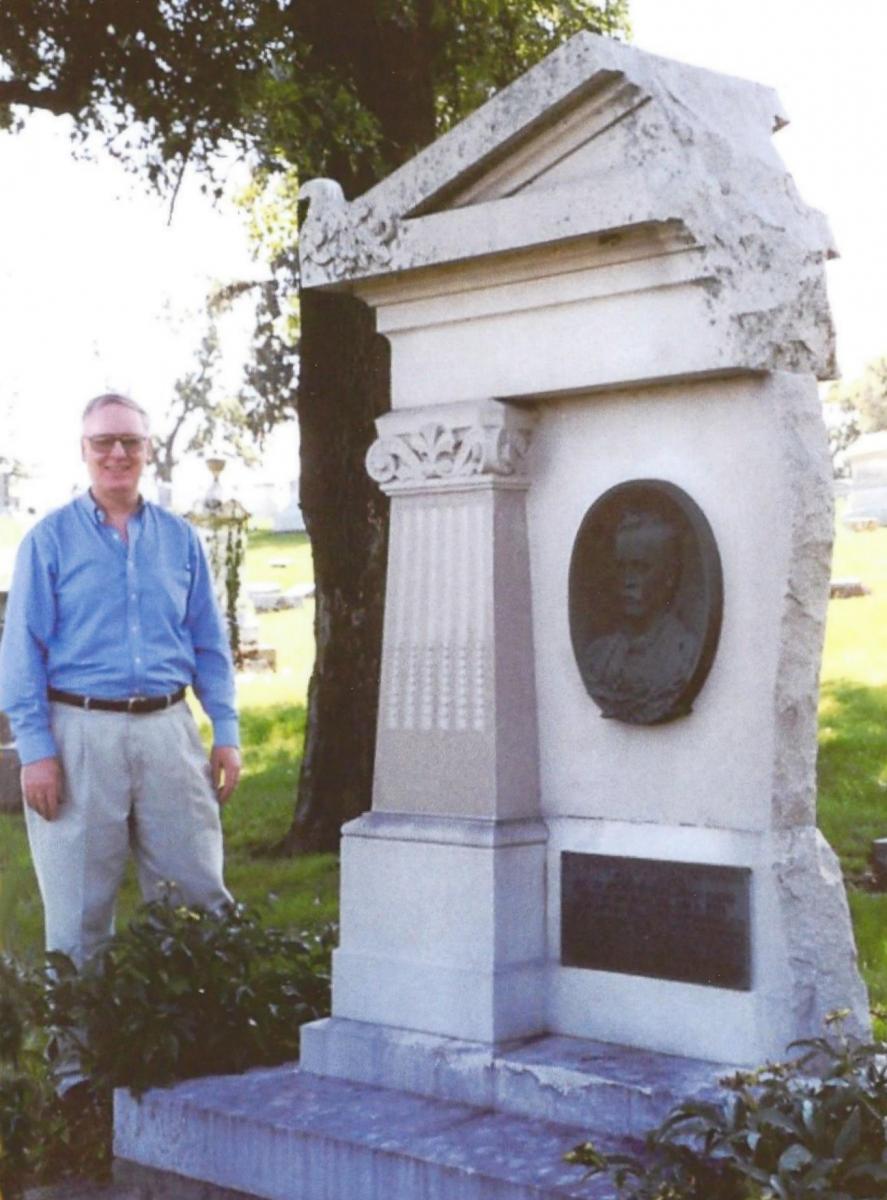 Berkeley, served as a pastor in Portland, Oregon, and returned to graduate studies at the University of California, Santa Barbara, earning a second Master's Degree and Ph.D. in Religious Studies. He came to California Lutheran University (then college) in Thousand Oaks, and taught New Testament and Greek for 29 years before retiring in 2003. He then taught Greek at St. John's Roman Catholic Seminary in Camarillo, California for seven years.
Berkeley, served as a pastor in Portland, Oregon, and returned to graduate studies at the University of California, Santa Barbara, earning a second Master's Degree and Ph.D. in Religious Studies. He came to California Lutheran University (then college) in Thousand Oaks, and taught New Testament and Greek for 29 years before retiring in 2003. He then taught Greek at St. John's Roman Catholic Seminary in Camarillo, California for seven years.
He has lectured widely around the Southland on the Dead Sea Scrolls, the Nag Hammadi Coptic Gnostic documents, Scandinavian archaeology, and other topics. He is a second cousin of the famous aviatrix, Amelia Earhart, and has lectured frequently on her family and career. He has authored or edited some 40 books on history, Scandinavian archaeology and traditions, and the letters and papers of his father from World War II, his uncle and great uncle from World War I, and now those of his great grandfather, Colonel John A. Martin, from the Civil War.
JOIN US ON TUESDAY, OCTOBER 22, 2019, AT 7:15 P.M., FOR A PRESENTATION BY NICK SMITH ON:
The Prisoner’s Dilemma: The Problems of Civil War Prisons
Round table president Nick Smith will present a talk on how personalities, economics, medicine and even international law combined to cost thousands of lives of prisoners on both sides of the 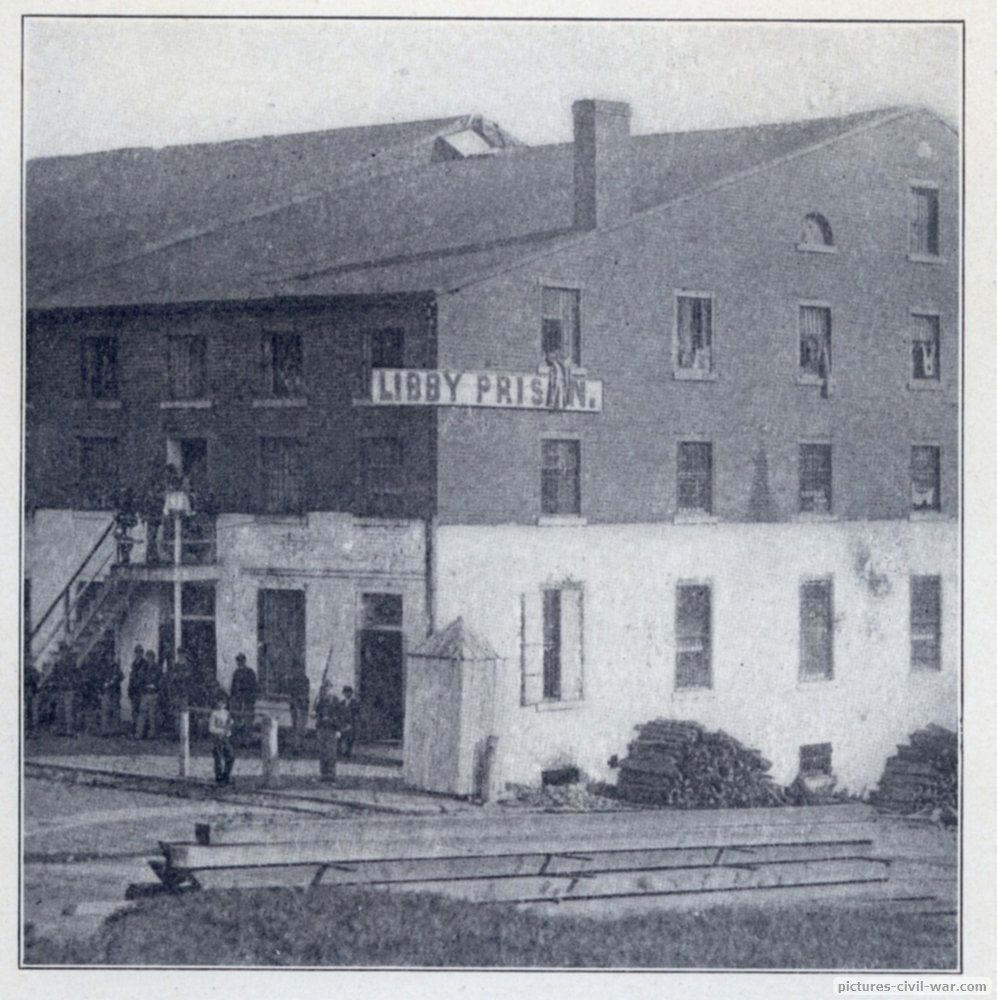 Civil War. Charges were hurled from both sides that the deaths were due to deliberate action, or at best dangerous incompetence, even though both sides claimed to be following the law and the rules of civilized warfare. Only one man, Confederate Henry Wirz, was ever charged with war crimes in relation to the management of the POW camps run badly by both sides. The real story is how and why they were apparently run so badly, and why that led to so many deaths.
Civil War. Charges were hurled from both sides that the deaths were due to deliberate action, or at best dangerous incompetence, even though both sides claimed to be following the law and the rules of civilized warfare. Only one man, Confederate Henry Wirz, was ever charged with war crimes in relation to the management of the POW camps run badly by both sides. The real story is how and why they were apparently run so badly, and why that led to so many deaths.
Don't miss this presentation to better understand a very real part of the Civil War that, other than Andersonville, is too often neglected. You will walk away with many new insights after hearing Nick Smith make this exciting presentation. 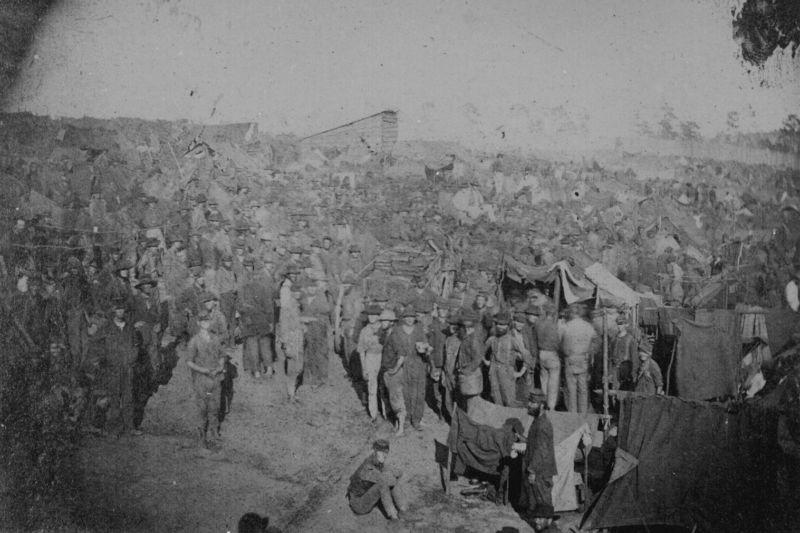
Nick Smith has been a member of this Round Table for over 30 years, and has given numerous talks here and at other Round Tables and conferences. His co-curation of a museum exhibit about the local Civil War veterans was well-received at the Pasadena Museum of History, and he has spent more than a decade researching those veterans and their stories. He has also been involved in the Sons of Union Veterans of the Civil War and their projects to document Civil War graves and monuments.
His interest in this part of the Civil War came from his research into local Civil War veterans, with the discovery that two of them had important roles in the history of Andersonville Prison as prisoners, and that a third was one of the guards there.
JOIN US ON TUESDAY, SEPTEMBER 24, 2019, AT 7:15 P.M., FOR A PRESENTATIONBY MICHAEL L. ODDENINO:
The Emancipation Proclamation, the U.S. Civil War, and the end of slavery! Or was it?
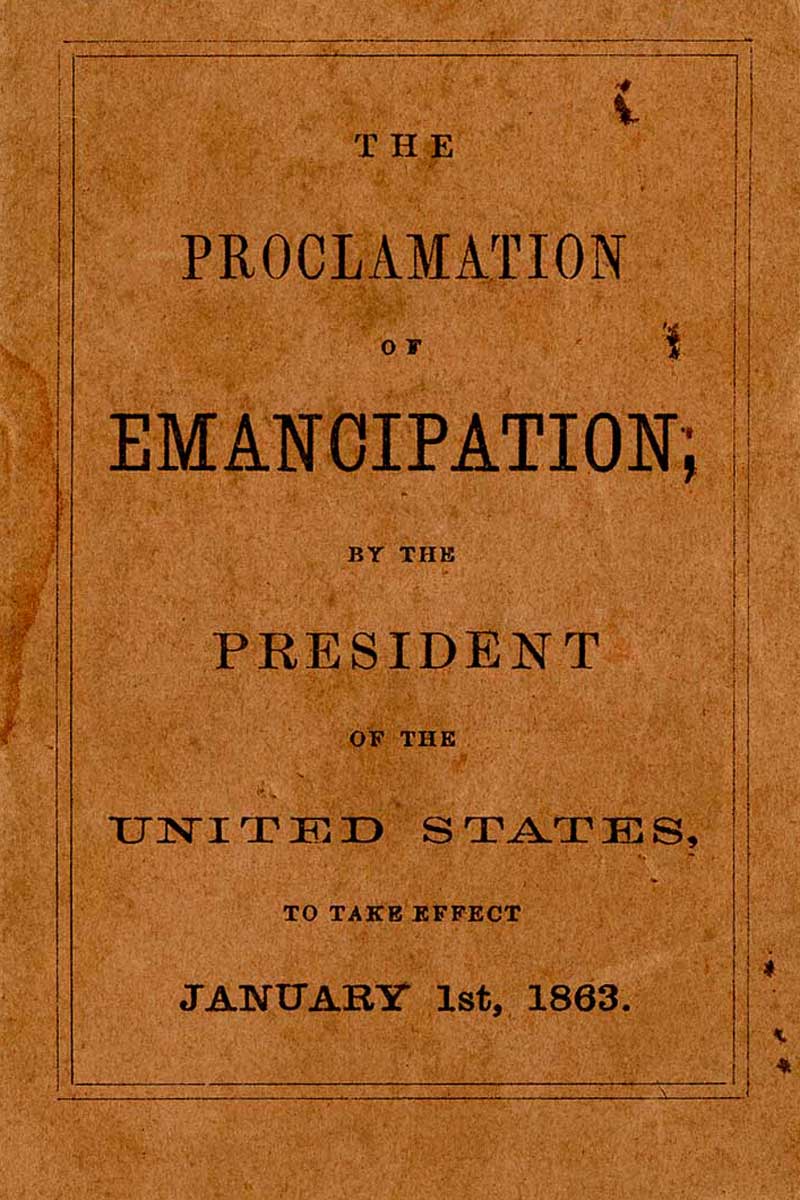 What did the Emancipation Proclamation really do?
What did the Emancipation Proclamation really do?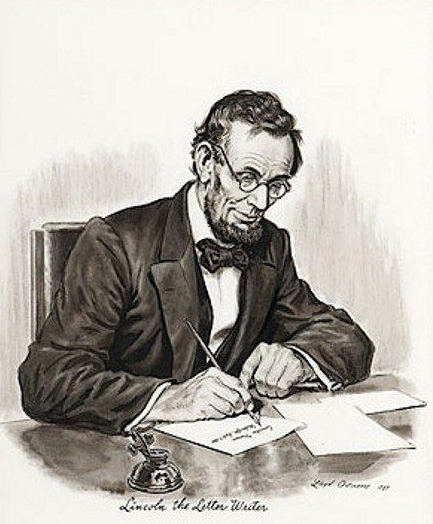
Were slaves actually freed by the Emancipation Proclamation?
When did Lincoln decide to draft the Emancipation Proclamation?
When did Lincoln issue the Emancipation Proclamation?
What legal authority did Lincoln rely on to issue the Emancipation Proclamation?
Was it legal what Lincoln did?
How did the Emancipation Proclamation change the war?
What is the legacy of the Emancipation Proclamation today?
Attend this presentation and get the answers to these questions and
JOIN US ON TUESDAY, AUGUST 27, 2019, AT 7:15 P.M., FOR A PRESENTATION BY FRANK MITCHELL:
Montreal, Canada and the U.S. Civil War!

Montreal is a great city to visit. It is a gem of Canada. Apparently, many people during the Civil War thought the same thing. Montreal quickly became a popular place to visit. Some cities would not welcome the number of spies and conspirators to their city but Montreal seemed to embrace them. Montreal citizens walking down the street ran the risk of brushing shoulders with Confederate spies and sympathizers as well as some Union supporters. In this talk we will share some interesting stories of the people that came to Montreal and the city that embraced them.
CLICK HERE for an article on Montreal in the Civil War from a Canadian newspaper.
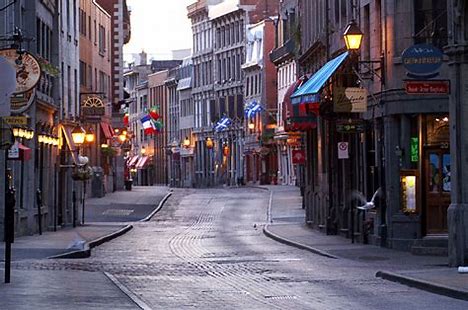
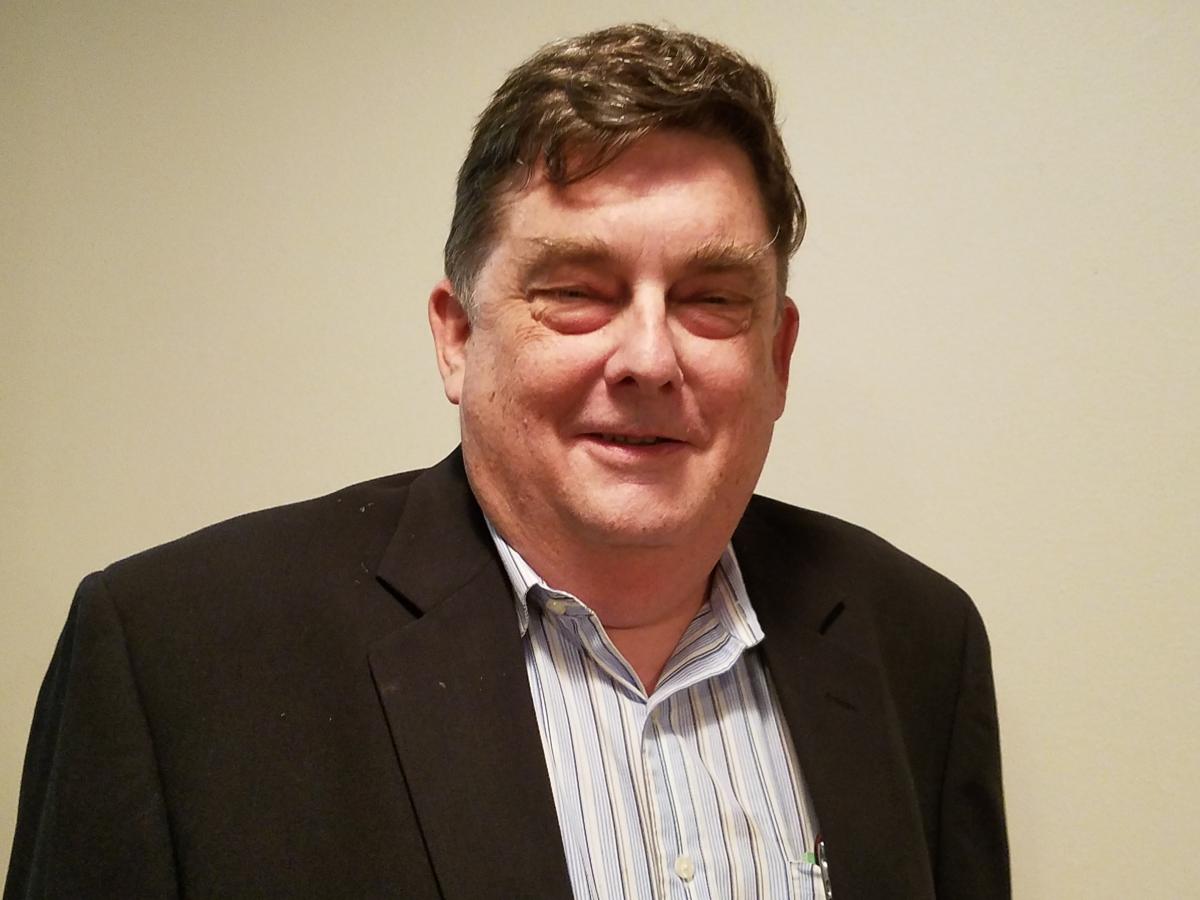 Frank Mitchell is an amateur historian and collector of historic memorabilia. He has a collection of autographs of all of Lincoln’s cabinet and almost all Davis’ cabinet and letters and other documents from many generals. He has camp stoves, parts of uniforms, camp medical kits, bullets and cannonballs. He collects material from the Revolutionary War as well. The Civil War era is his most requested era. He has a library of roughly 3,000 books.
Frank Mitchell is an amateur historian and collector of historic memorabilia. He has a collection of autographs of all of Lincoln’s cabinet and almost all Davis’ cabinet and letters and other documents from many generals. He has camp stoves, parts of uniforms, camp medical kits, bullets and cannonballs. He collects material from the Revolutionary War as well. The Civil War era is his most requested era. He has a library of roughly 3,000 books.
TUESDAY, JULY 23, 2019 FOR A PRESENTATION BY DR. DAVE SCHRADER:
Meet the Abolitionists! From Slavery to Celebration!
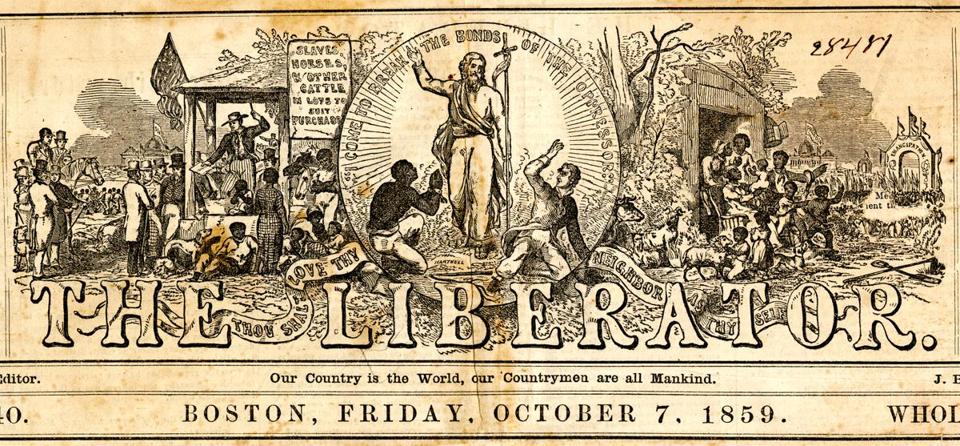 Ever wonder how a typical Northerner was led to support abolition?
Ever wonder how a typical Northerner was led to support abolition?
Long before the war, numerous Northern opinion leaders shaped the news, attitudes, and meetings to get Northerners behind the cause.
Who were these men and women?
What messages did they use?
What events before the war helped drive opinions towards abolition?
How did they manage to persuade so many people to give up their peaceful lives and go to war?
In this talk, Dr. Dave Schrader answers these questions and more, describing the lives and activities of the top 5 anti-slavery movement leaders.
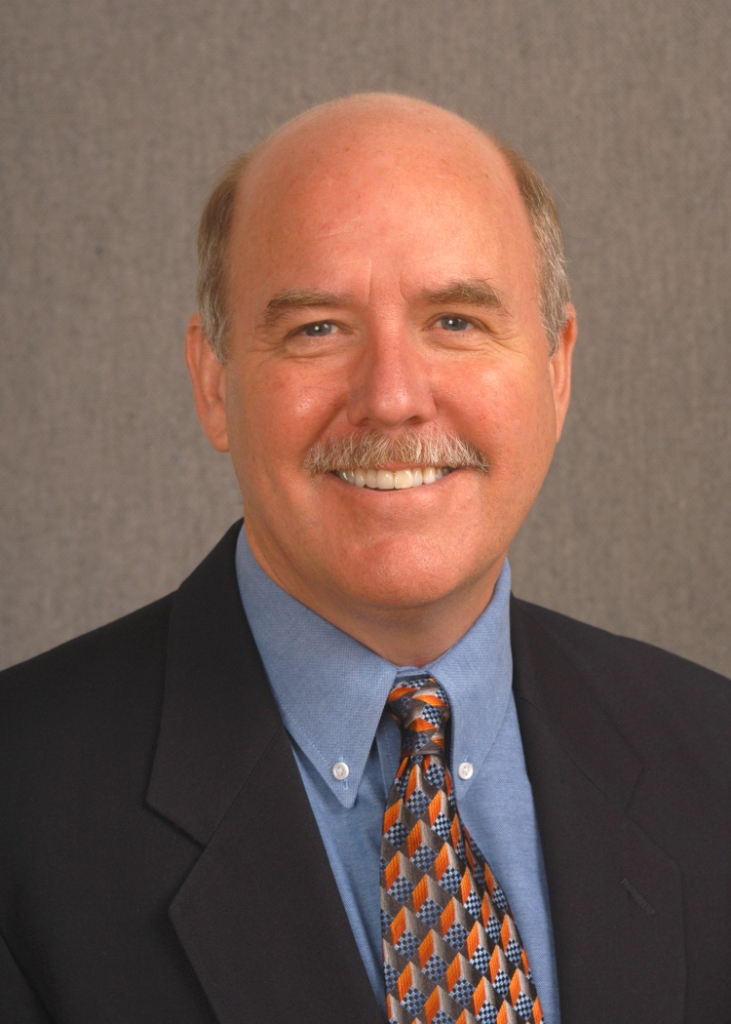 Dr. Dave Schrader has been giving CWRT talks to Los Angeles audiences since 2013. He is particularly fascinated by “the rest of the story” – for example, the activities of support organizations such as the Signal Corps, the Quartermaster, and Commissary Corps, who often played major but behind-the-scene roles in the abilities of generals and presidents to achieve their goals. Or people like Lincoln’s Secretaries or his Ambassadors that played a pivotal role in supporting the President and his policies. Or the Fire-Eaters who drummed up support for secession in the south, or their counterparts in the North who drove the anti-slavery movements. Most of his talks are interactive so be prepared for audience participation!
Dr. Dave Schrader has been giving CWRT talks to Los Angeles audiences since 2013. He is particularly fascinated by “the rest of the story” – for example, the activities of support organizations such as the Signal Corps, the Quartermaster, and Commissary Corps, who often played major but behind-the-scene roles in the abilities of generals and presidents to achieve their goals. Or people like Lincoln’s Secretaries or his Ambassadors that played a pivotal role in supporting the President and his policies. Or the Fire-Eaters who drummed up support for secession in the south, or their counterparts in the North who drove the anti-slavery movements. Most of his talks are interactive so be prepared for audience participation!
TUESDAY, JUNE 25, 2019 FOR A PRESENTATION BY PROFESSOR STEWART DAVENPORT ON: "Before the Shooting Started -The Causes of the Civil War"
Professor Stewart Davenport of Pepperdine University will provide a fascinating look at the lead up to the Civil War. Some of the topics he will address include Anti-slavery forces, Abolitionism, and Pro-slavery forces. You will be treated to new insights into what triggered the greatest loss of American life in the history of our country. Was the Civil War inevitable? Could it have been avoided? Or was the Civil War a consequence of irreconcilable differences that led to an irrepressible conflict.? You could also say that there were irreconcilable Ideas that led to the irrepressible conflict.
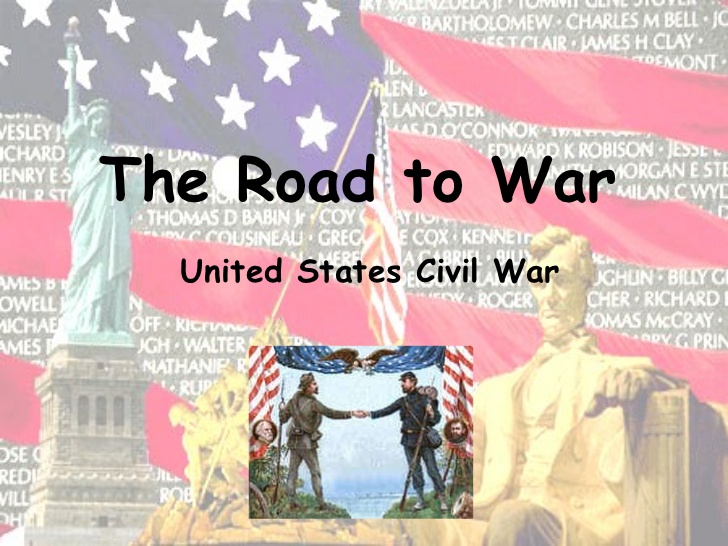 Professor Davenport will reveal how the economic, social, and religious differences in the North and the South all played a role in the defining event of American history.
Professor Davenport will reveal how the economic, social, and religious differences in the North and the South all played a role in the defining event of American history.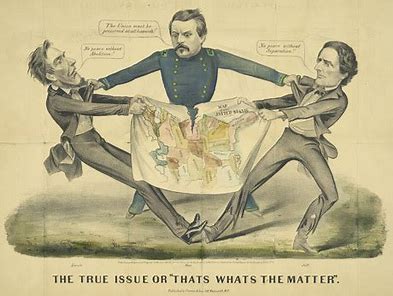
Don't miss out on getting these insights from one of the most popular Round Table speakers and highly rated professor of history at Pepperdine University.
This presentation will explain the origin of anti-slavery thought in the Anglo-American world, how anti-slavery morphed into Abolitionism in America after 1830, and how Southerners responded with a Pro-slavery ideology of their own. It will also cover the rising tensions as the two sides dug in over the course of the 1840s and 1850s, making compromise impossible and civil war increasingly likely.
Every student of the Civil War will be edified by Professor Davenport's insights.
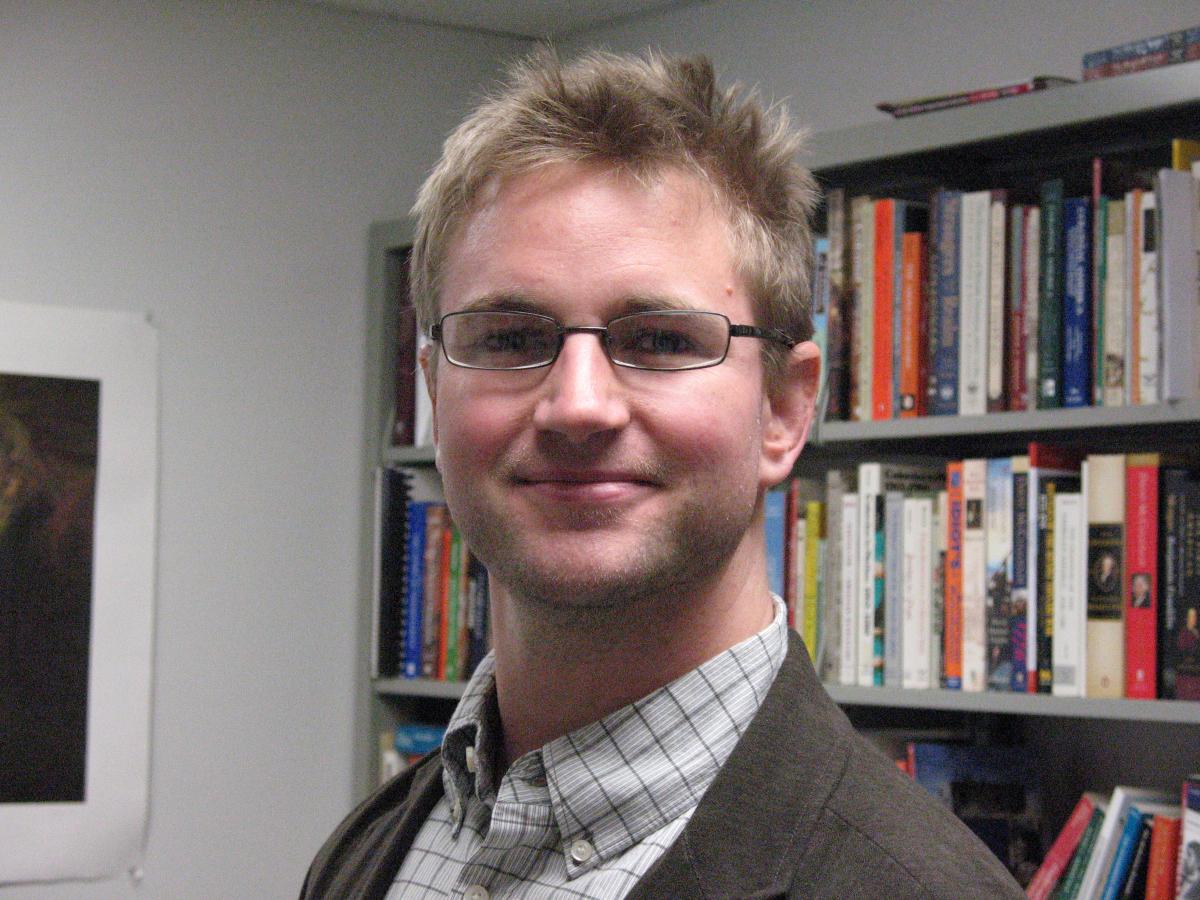 Stewart Davenport received his Ph.D. in History from Yale University in 2001. He is currently an associate professor of History at Pepperdine University, teaching courses in American Religious History, and American History more generally from the colonial era through Reconstruction. His first book, “Friends of the Unrighteous Mammon”: Northern Christians and Market Capitalism, 1815-1860, was published in 2008 by the University of Chicago Press. He is currently working on his second book, tentatively titled Sex and Sects: The Story of Mormon Polygamy, Shaker Celibacy, and Oneida Complex Marriage. He and his wife Mary live in Southern California.
Stewart Davenport received his Ph.D. in History from Yale University in 2001. He is currently an associate professor of History at Pepperdine University, teaching courses in American Religious History, and American History more generally from the colonial era through Reconstruction. His first book, “Friends of the Unrighteous Mammon”: Northern Christians and Market Capitalism, 1815-1860, was published in 2008 by the University of Chicago Press. He is currently working on his second book, tentatively titled Sex and Sects: The Story of Mormon Polygamy, Shaker Celibacy, and Oneida Complex Marriage. He and his wife Mary live in Southern California.
JOIN US ON TUESDAY, MAY 28, 2019 FOR A PRESENTATION BY JANE SINGER ON HER NEW BOOK: "The War Criminal's Son" - Hidden stories of the Civil War.
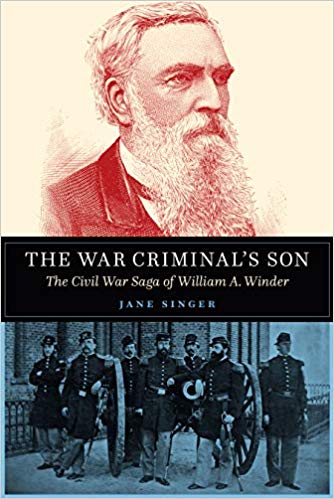 THE WAR CRIMINAL’S SON
THE WAR CRIMINAL’S SON
The Civil War Saga of William A. Winder
BY JANE SINGER
“A must-read for those who enjoy the hidden stories behind American history. Singer has captured a tumultuous family history as she traces the life and trials of William Andrew Winder, the only Union man in an otherwise Confederate family.”—Laurie Verge, director of the Surratt House Museum in Clinton, Maryland
“Jane Singer is a passionate storyteller and indefatigable researcher. In William A. Winder’s compelling saga she has met a subject worthy of her talents. It’s a rattling good tale of shame and redemption, a metaphor, as the author demonstrates, for the ‘recovery and reinvention of a fractured nation and her people’ at the time of the Civil War. It’s great to see Singer in action again!”—Richard Willing, intelligence officer and historian
“A movie mogul once opined that there are thousands of stories from the Civil War that are worthy of a book or movie. Jane Singer identifies one in The War Criminal’s Son. . . . Capt. William A. Winder led a long, peripatetic life, splendidly told here. The author confronts us with the excitement and detritus that filled his days. . . . This is a great read.”—Frank J. Williams, founding chair of the Lincoln Forum and president of the Ulysses S. Grant Association and Presidential Library
The War Criminal’s Son brings to life hidden aspects of the Civil War through the sweeping saga of the firstborn son in the infamous Confederate Winder family, who shattered family ties to stand with the Union. Gen. John H. Winder was the commandant of most prison camps in the Confederacy, including Andersonville. When Winder gave his son William Andrew Winder the order to come south and fight, desert, or commit suicide, William went to the White House and swore his allegiance to President Lincoln and the Union. Despite his pleas to remain at the front, it was not enough. Winder was ordered to command Alcatraz, a fortress that became a Civil War prison, where he treated his prisoners humanely despite repeated accusations of disloyalty and treason because the Winder name had become shorthand for brutality during an already brutal war.
John Winder died before he could be brought to justice as a war criminal. Haunted by his father’s villainy, William went into a self-imposed exile for twenty years and eventually ended up at the Rosebud Reservation in South Dakota, to fulfill his longstanding desire to better the lot of Native Americans.
In The War Criminal’s Son Jane Singer evokes the universal themes of loyalty, shame, and redemption in the face of unspeakable cruelty.
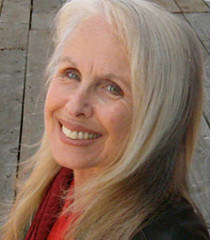 Jane Singer is a Civil War author, researcher, and lecturer. She is the author of Lincoln’s Secret Spy: The Civil War Case That Changed the Future of Espionage and The Confederate Dirty War: Arson, Bombings, Assassination and Plots for Chemical and Germ Attacks on the Union. Singer’s work has been featured in the Washington Post, the Washington Times, and the Chicago Sun-Times. A popular lecturer and Civil War research consultant, she lives in Venice, California.
Jane Singer is a Civil War author, researcher, and lecturer. She is the author of Lincoln’s Secret Spy: The Civil War Case That Changed the Future of Espionage and The Confederate Dirty War: Arson, Bombings, Assassination and Plots for Chemical and Germ Attacks on the Union. Singer’s work has been featured in the Washington Post, the Washington Times, and the Chicago Sun-Times. A popular lecturer and Civil War research consultant, she lives in Venice, California.
TUESDAY, APRIL 23, 2019 FOR A PRESENTATION BY MICHAEL L. ODDENINO ON "The Origins of Slavery in America."
The U.S. Civil War was the culmination of long-simmering disputes over slavery in the United States.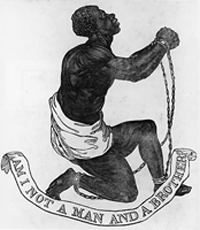
How did slavery become so entrenched in America that it took a civil war to finally eliminate it in our country?
Come learn the history of slavery in America and how this insidious practice grew into an American cancer.
1619 was significant as marking the first time African slaves arrived at the first permanent English settlement in the New World – Jamestown, Virginia.
Spain became the richest country in the 16th and 17th centuries as they reaped the riches of conquests in Mexico and Peru. Other European countries aspired to emulate the wealth gathering that made Spain the envy of the world at that time.
The Virginia Company of London, in financing the new settlement in Virginia, specifically advised the settlers to establish themselves sufficiently upstream to better guard against Spanish attack.
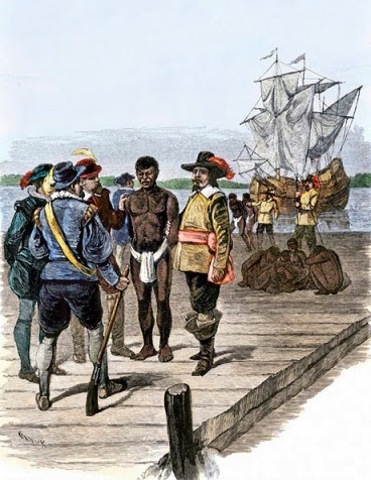 The Jamestown settlement suffered from Indian attacks, food scarcity, and rampant illness. It also suffered from a shortage of human beings to do the necessary work of building a community in a new world.
The Jamestown settlement suffered from Indian attacks, food scarcity, and rampant illness. It also suffered from a shortage of human beings to do the necessary work of building a community in a new world.
The first Africans arrived in Jamestown in 1619. African slaves were in other parts of the world at that time. The Arabs had been taking Africans as slaves since the seventh century all the up to the 19th century. Blacks had been enslaving other Blacks in Africa for some time by 1619. Slavery was a common practice in 1619.
So how did slavery develop and thrive in America?
This presentation will provide the historical backdrop to the practice that triggered the U.S. Civil War.
How did slavery coexist with the more lofty aspirations underlying American democracy?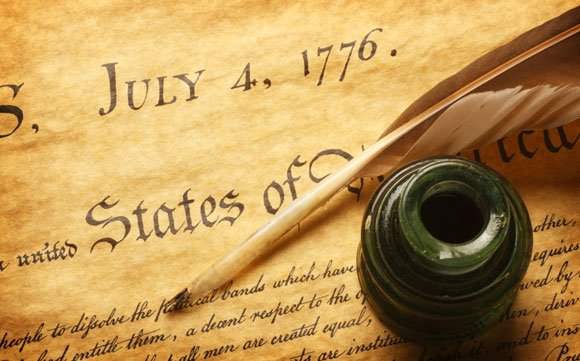
Join us on April 23, 2019, for this fascinating discussion.
JOIN US ON TUESDAY, MARCH 26, 2019 FOR A PRESENTATION BY SARAH K. BIERLE ON "From Virginia to California: VMI, the Battle of New Market, and the Post-War Lives of Eight Cadets."
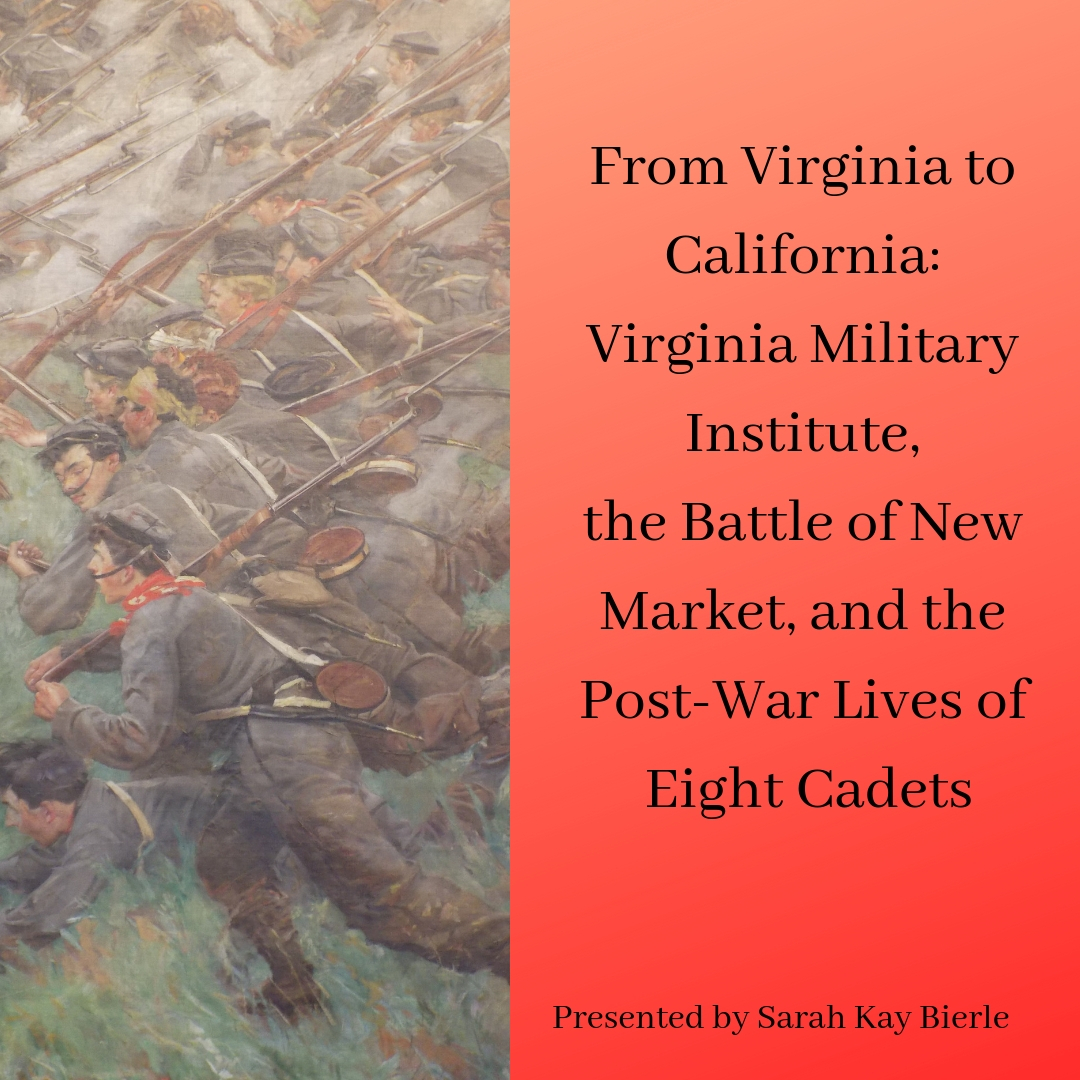 The Battle of New Market, fought May 15, 1864, was the only time in American military history when college student body fought as a independent unit in a full battle. For the young men from Virginia Military Institute (VMI), life would never be the same after their participation in a decisive victory for Confederate General John Breckinridge's gathered army in the Shenandoah Valley. But what happened to the cadets after the battle? This new presentation traces the lives and experiences of several cadets through their days at VMI to the battlefield, and to their later careers as successful citizens who moved to California.
The Battle of New Market, fought May 15, 1864, was the only time in American military history when college student body fought as a independent unit in a full battle. For the young men from Virginia Military Institute (VMI), life would never be the same after their participation in a decisive victory for Confederate General John Breckinridge's gathered army in the Shenandoah Valley. But what happened to the cadets after the battle? This new presentation traces the lives and experiences of several cadets through their days at VMI to the battlefield, and to their later careers as successful citizens who moved to California.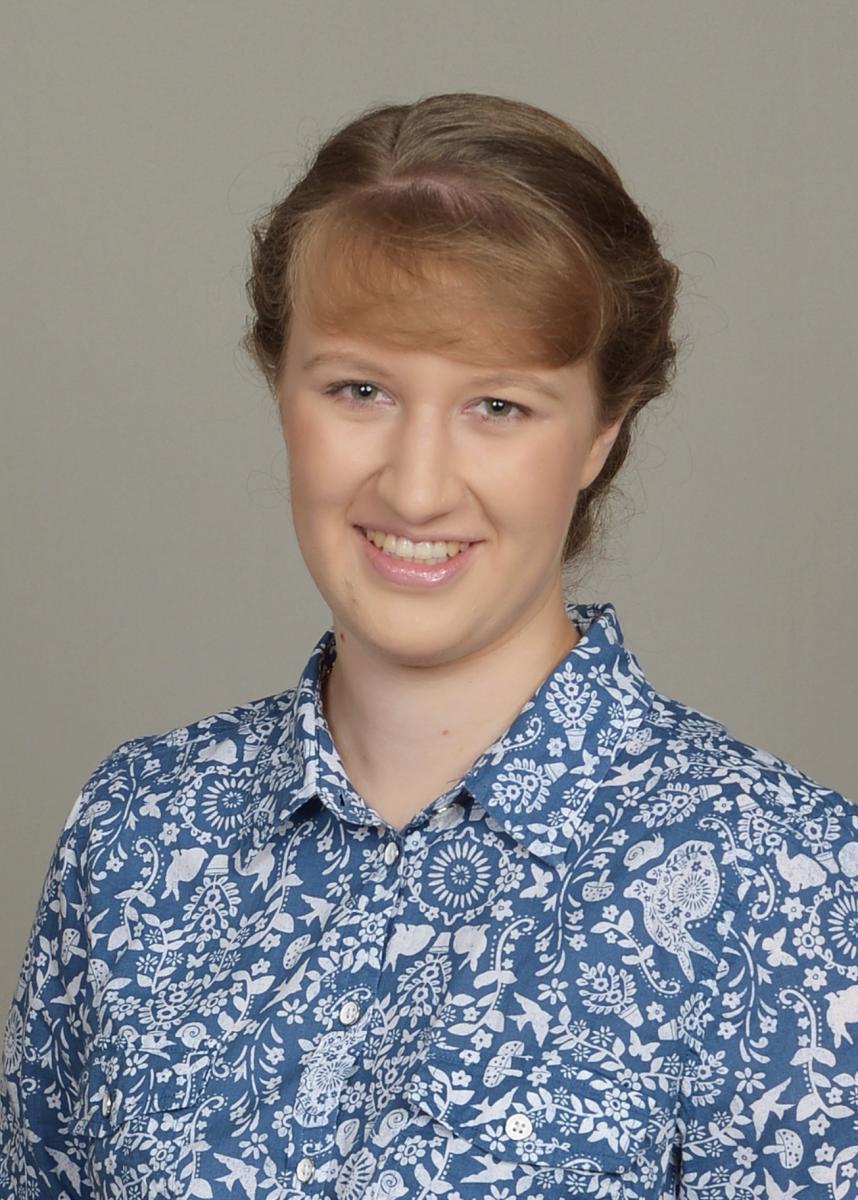
JOIN US ON TUESDAY, FEBRUARY 26, 2019 FOR A PRESENTATION BY AUTHOR JAY WERTZ ON "JUBAL EARLY'S 1864 RAID THAT THREATENED WASHINGTON, D.C."
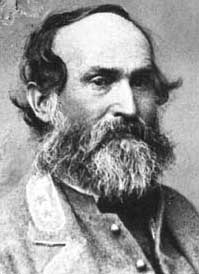
In order to relieve pressure on the line at Petersburg, in July 1864 General Robert E. Lee dispatched Lieutenant General Jubal Early, already in the
Shenandoah Valley, to invade the North.
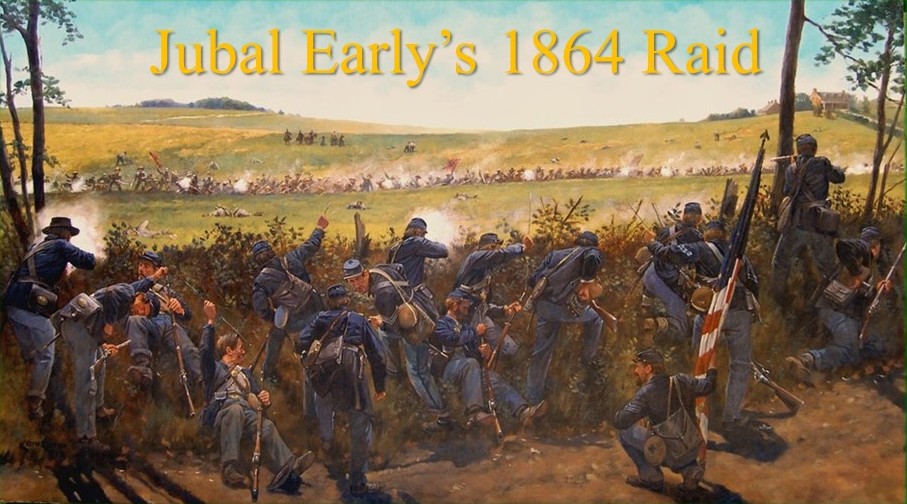
For Early, one of Lee’s most reliable subordinates, and others in his Army of the Valley, this foray was becoming familiar; crossing the Potomac, marching through Western Maryland and into Pennsylvania’s Cumberland Valley. Attrition in the Rebel Army limited the scale of this invasion and it was simply known as Jubal Early’s 1864 Raid.
But the campaign had quite a few notable features, including the initial combat test for the Washington fort system and giving President Lincoln his first eyewitness view of a Civil War battle in progress.
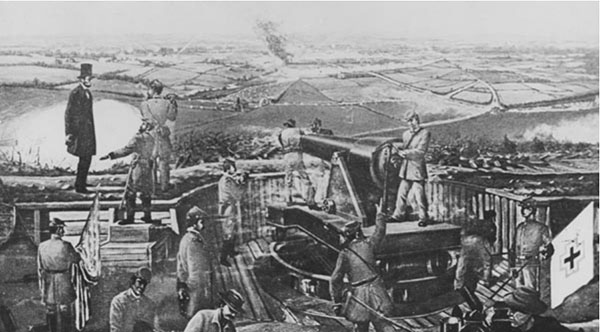
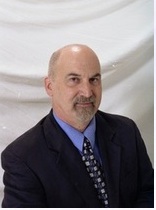
JAY WERTZ is the author of :
The Civil War Experience: 1861-1865
He is also co-author with Ed Bearss of
Smithsonian's Great Battles & Battlefields of the Civil War
Jay Wertz, the author of six books including two award-winning volumes in the War Stories: World War II Firsthand series, D-Day: The Campaign Across France; and The Pacific: Volume One – Pearl Harbor to Guadalcanal, as well as the recently released The Pacific: Volume Two – The Solomons to Saipan. He is also the author of The Civil War Experience 1861-1865; and with Edwin C. Bearss, the co-author of the Smithsonian’s series, Great Battles and Battlefields of the Civil War. And he is the author/editor of The Native American Experience.
Tuesday, January 22, 2019 -
“A Civil War Watershed? Assessing the Military, Political, and Social Impact of Antietam"
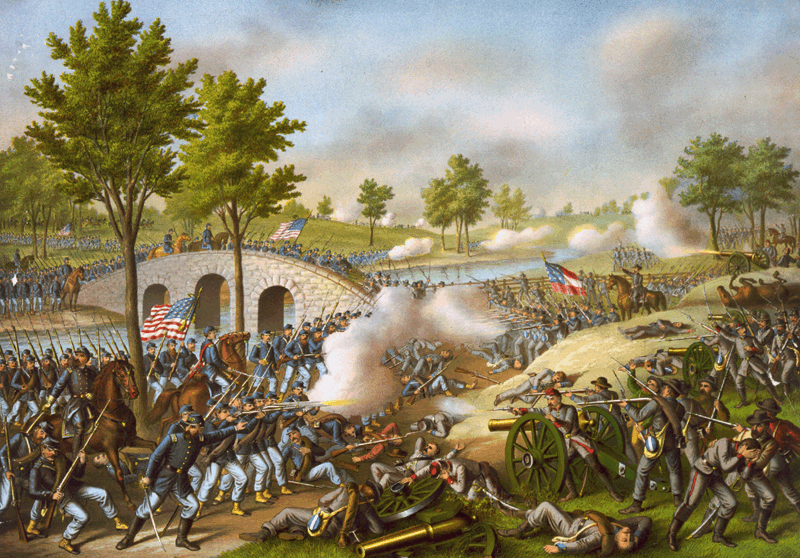
The Battle of Antietam, by Kurz & Allison (1878), depicting the scene of action at Burnside's Bridge
By far the most discussed turning point of the Civil War is Gettysburg, the great battle in July 1863. Probably the conflict’s second most popular turning point is Antietam—a contest that turned back Robert E. Lee's first invasion of the United States and opened the way for emancipation. But was Antietam viewed at the time as a turning point? This lecture will suggest that few northerners counted Antietam as the type of watershed that so many modern historians describe. For many Confederates, it represented a different kind of watershed than we might imagine. One thing is certain: In the grim summer of 1864, when everything seemed to tremble in the balance as Robert E. Lee and U. S. Grant faced off in Virginia and William Tecumseh Sherman tried to achieve victory in Georgia, few, if any, people North or South would have said that Antietam had ordained Union victory. By then, Antietam was little more than a receding memory. The Antietam campaign affords a perfect example of the very different meanings that events can have for those who experience them first hand and those who later try to make sense of them.

Gary W. Gallagher recently retired as the John L. Nau III Professor in the History of the American Civil War and Director of the John L. Nau III Center for Civil War History at the University of Virginia. He is currently the Rogers Distinguished Fellow in 19th-Century American History at the Henry E. Huntington Library in San Marino, California.
A native of Los Angeles, California, he received his B.A. from Adams State College of Colorado (1972) and his M.A. (1977) and Ph.D. (1982) from the University of Texas at Austin. An archivist at the Lyndon Baines Johnson Presidential Library for ten years, he began his academic career in 1986 at Penn State University, where he taught for twelve years and headed the Department of History for five. He joined the faculty of the University of Virginia in 1998.
He is the author or editor of more than thirty-five books, including The Confederate War (Harvard University Press, 1997), Lee and His Generals in War and Memory (Louisiana State University Press, 1998), The Myth of the Lost Cause and Civil War History (co-edited with Alan T. Nolan, Indiana University Press, 2000), Causes Won, Lost, and Forgotten: How Hollywood and Popular Art Shape What We Know About the Civil War(University of North Carolina Press, 2008), The Union War (Harvard University Press, 2011), Becoming Confederates: Paths to a New National Loyalty (University of Georgia Press, 2013), and The American War: A History of the Civil War Era (co-authored with Joan Waugh, Spielvogel Books, 2015). He has served as editor of two book series at the University of North Carolina Press ("Civil War America," with more than 110 titles date, and “Military Campaigns of the Civil War,” with 10 titles) and appeared regularly on the Arts and Entertainment Network's series "Civil War Journal" as well as participating in more than four dozen other television projects in the field.
Active in the field of historic preservation, he was president from 1987 to mid-1994 of the Association for the Preservation of Civil War Sites (an organization with a membership of more than 12,500 representing all 50 states). He also served as a member of the Board of the Civil War Trust and has given testimony about preservation before Congressional committees on several occasions.
Due to the holidays, we will meet one week earlier on Tuesday, December 18, 2018 at 7:15 p.m. We will host our annual "Show and Tell" where members can spend up to 5 minutes each sharing a Civil War story or Civil War artifact that they might have. Bring your photos, books, artifacts or antiques; and share your part of the Civil War with the rest of the membership.
Regular talks begin anew on January 22, 2019 with an exciting presentation on Antietam by Gary Gallagher. Stay tuned for more information.
On Tuesday October 23, 2018 at 7:15 p.m. at the Pasadena Central Library – New York Times Bestselling Author, Ronald C. White, will give a presentation titled: Ulysses S. Grant: A New Vision of American Leadership
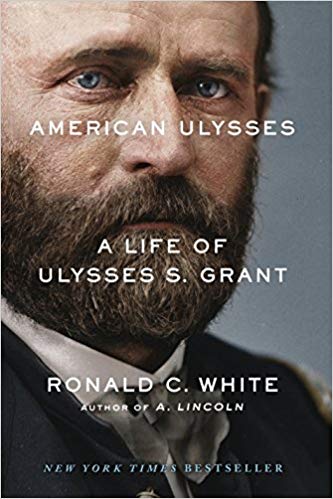 Ronald C. White's biography of Ulysses S. Grant garnered rave reviews, such as this one:
Ronald C. White's biography of Ulysses S. Grant garnered rave reviews, such as this one:
White, author of the award-winning bestseller, A. Lincoln: A Biography, first redresses criticisms of his martial prowess—primarily that he exploited a huge numbers advantage by needlessly sacrificing troops in exchange for victory—with detailed accounts, maps, and illustrations of his conflicts, limning a battlefield acumen previously diminished through ad hominem barbs. White resuscitates Grant’s career as a public servant through his presidency and beyond—he was a defender of equal rights and an enemy of the Ku Klux Klan--by placing in the context of the complex postbellum landscape, where the war may have been won but the country was hardly whole. Serious, exhaustive, and likely definitive, American Ulysses, is a tricky meld of comprehensive research and readable narrative, worthy of the pantheon of monumental presidential biographies. - Jon Foro,The Amazon Book Review
And Ronald C. White's work on Grant found almost universal praise among critics:
“White delineates Grant’s virtues better than any author before. . . . By the end, readers will see how fortunate the nation was that Grant went into the world—to save the Union, to lead it and, on his deathbed, to write one of the finest memoirs in all of American letters.”—T.J. Stiles, The New York Times Book Review
“Ronald White has restored Ulysses S. Grant to his proper place in history with a biography whose breadth and tone suit the man perfectly. Like Grant himself, this book will have staying power.”—The Wall Street Journal
“Superb . . . illuminating, inspiring and deeply moving . . . The Grant we meet in American Ulysses is richly deserving of a fuller understanding and of celebration for the man he was and the legacy he left us.”—Chicago Tribune
“American political thinking has a way of coalescing around concepts that hold the public’s attention for a time, then fade. ‘Temperament,’ for example, is on many tongues this election season, after years of not being much on anyone’s mind. That may be why [American Ulysses] seems especially relevant. . . . [Ronald C. White] portrays a deeply introspective man of ideals, a man of measured thought and careful action who found himself in the crosshairs of American history at its most crucial moment.”—USA Today
“Magisterial . . . Grant’s esteem in the eyes of historians has increased significantly in the last generation. . . .[American Ulysses] is the newest heavyweight champion in this movement.”—The Boston Globe
“A game-changing biography . . . of one of the most consequential figures in American history.”—The Christian Science Monitor
____________
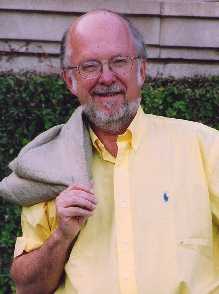 The Pasadena CWRT is honored to have fellow Pasadenan, Ronald C. White, make this presentation to us.
The Pasadena CWRT is honored to have fellow Pasadenan, Ronald C. White, make this presentation to us.
Ronald C. White is the author of American Ulysses: A Life of Ulysses S. Grant (2016). It won the William Henry Seward Award for Excellence in Civil War Biography awarded by the Civil War Forum of Metropolitan New York. The biography was a finalist for the Gilder-Lehrman Military History Book Prize. General David H. Petraeus (Ret.) wrote, “Certain to be recognized as the classic work on Ulysses S. Grant.”
White is also the author of three books on Abraham Lincoln. A. Lincoln: A Biography [2009], was a New York Times, Washington Post, and Los Angeles Times bestseller. USA Today said, “If you read one book about Lincoln, make it A. LINCOLN.” The book was honored as one of the best books of 2009 by the Washington Post, Christian Science Monitor, St. Louis Post-Dispatch, History Book Club, and Barnes & Noble. It won a Christopher Award which salutes books “that affirm the highest values of the human spirit.” Lincoln’s Greatest Speech: The Second Inaugural was honored as a New York Times Notable Book of 2002, and a Washington Post and San Francisco Chronicle bestseller. The Eloquent President: A Portrait of Lincoln Through His Words [2005], was a Los Angeles Times bestseller, and a selection of the History Book Club.
White’s op-ed essays have appeared in the New York Times, Washington Post, Los Angeles Times, Christian Science Monitor, and New York Daily News. He has lectured at the White House and been interviewed on the PBS News Hour. He attended Northwestern University and is a graduate of UCLA and Princeton Theological Seminary, earning a Ph.D. in Religion and History from Princeton University. He has taught at UCLA, Princeton Theological Seminary, Whitworth University, Colorado College, Rider University, and San Francisco Theological Seminary. He is a Fellow at the Huntington Library in San Marino, California, and a Senior Fellow of the Trinity Forum in Washington, D.C. He lives with his wife, Cynthia, in Pasadena, California.
Ronald C. White is presently writing two books: Abraham Lincoln’s Diary [2020], and Joshua Lawrence Chamberlain: A Biography [2021], both to be published by Random House.
VISIT RONALD C. WHITE'S WEBSITE - CLICK HERE
On Tuesday September 25, 2018 – Learn all about the Peninsula Campaign
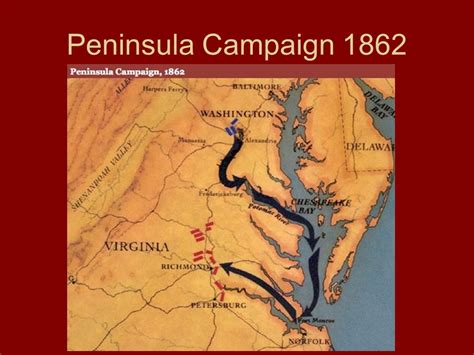 This presentation will explore the famous Peninsula Campaign of 1862 which saw George
This presentation will explore the famous Peninsula Campaign of 1862 which saw George
McClellan go head-to-head with Robert E. Lee. The massive Union effort to get troops to
the Virginia peninsula between the York and James rivers is one of the true turning points
of the Civil War.
Learn about:
- Abraham Lincoln’s interactions with George McClellan
- The connection of the Emancipation Proclamation and the Peninsula Campaign
How Robert E. Lee came to head the Army of Northern Virginia for the Confederacy 
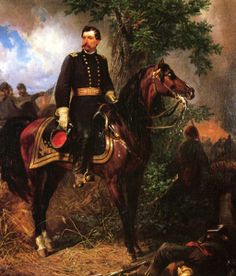
- Why did McClellan fail
- Assessment of Robert E. Lee’s performance
- J.E.B. Stuart’s famous ride
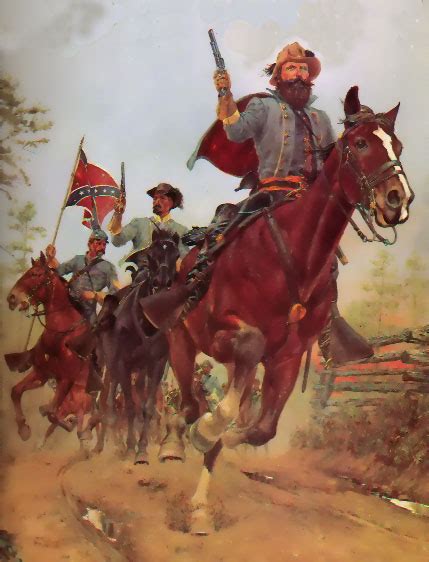
- And more
Don’t miss this opportunity to learn about a crucial campaign and the facts behind that campaign.
-----------------
_______________________________
 Michael L. Oddenino will give this exciting presentation providing new perspectives on this 1862 turning point in the Civil War. Michael is the Program Chair for the Pasadena CWRT and a regular speaker on Civil War topics. You will enjoy this presentation on the Peninsula Campaign. One of his presentations is on the Gettysburg Address providedascinating insights into the Lincoln - Douglas Debates of 1858. This will be Michael's first presentation on these debates. Below are some of the reviews his Gettysburg Address presentation received:
Michael L. Oddenino will give this exciting presentation providing new perspectives on this 1862 turning point in the Civil War. Michael is the Program Chair for the Pasadena CWRT and a regular speaker on Civil War topics. You will enjoy this presentation on the Peninsula Campaign. One of his presentations is on the Gettysburg Address providedascinating insights into the Lincoln - Douglas Debates of 1858. This will be Michael's first presentation on these debates. Below are some of the reviews his Gettysburg Address presentation received:
Even for an audience that has read Lincoln's Gettysburg Address a dozen times, Michael Oddenino's thoughtful deconstruction of Lincoln's remarks provide illuminating context that helps a modern audience see and understand the speech anew. – Dr. Craig Symonds, Professor Emeritus, U.S. Naval Academy and winner of the Lincoln Prize
Using his skills as a great orator and historian, Michael Oddenino brings the Gettysburg Address to life with insight, humor, and even a personal connection. Whether you are well-versed in Civil War history or new to the field, Michael’s captivating presentation will reinvigorate your enthusiasm for this important moment in American history. – Maria Carrillo, Associate Archivist, Lincoln Memorial Shrine, Redlands, California
Michael Oddenino introduces you to the people, places and politics that led up to the Gettysburg Address. I was amazed at how much I didn't know about this famous American historical event. Photographs, facts, anecdotes and unique music combine to provide a moving, emotional review of President Abraham Lincoln's two minute speech at the dedication of the Gettysburg National Cemetery. It’s a highly entertaining and historical look at an iconic piece of American history we all think we know well. Don’t miss a chance to hear this one! – Susan Ogle, Director, Drum Barracks Civil War Museum
Michael L. Oddenino's Gettysburg address is a captivating presentation full of stunning revelations, photos and music. It is a fascinating historical experience I'd recommend to all followers of Americana. Michael presented his multimedia show at the Los Angeles Adventurers' Club and was showered with enthusiastic questions afterward. A must-see experience. – Chuck Jonkey, Los Angeles Adventurers' Club
When you think you have heard all that has to be said on a high profile topic, you await to be amazed or very disappointed. No one listening to Michael Oddenino’s story of the unfolding of the events which led up to the memorable Gettysburg Address and to the address itself will consider themselves disappointed. It was historically accurate and set into motion by his captivating style. You could feel the buildup to Everett’s speech, and understand the quiet that settled over the crowd after Lincoln performed his 2 minute statement. All of us listening to Michael repeat those now immortal words shared in that moment what our forefathers felt 150 years ago. And we could understand. - Dr. Brian Clague, West Coast Civil War Conference organizer
Those fortunate enough to experience Michael L. Oddenino's Gettysburg Address presentation will gain an entirely new perspective of this snapshot of history. Michael sets the stage with colorful anecdotes which convey the country's mood in November 1863. He brings the listener to the moment with descriptions of sights, smells and the compelling music, some of which has not been recreated in the 150 years since the actual event. Michael leaves his audience wanting more. This is a compelling presentation. – Gary Burnett, Las Vegas
If you thought you knew everything there was to know about Lincoln ’s famous Gettysburg Address, you will come away from Michael Oddenino’s presentation with a fresh appreciation and newfound knowledge about this iconic piece of American history. Michael Oddenino combines history, context and little-known facts to bring Lincoln’s prose and the event surrounding its historic debut to life. His presentation to the Pasadena Civil War Round Table packed the house, and left our members wanting more. It’s a “don’t miss” event. – Janet Whaley, Pasadena CWRT, Treasurer
Let’s just say that if you have Michael Oddenino make a presentation to your group, you will be in for a wonderful presentation filled with information that many of you may never have heard before. While you’re at it, ask Michael about his Balls Bluff program. It, too, is excellent. - Michael Green, President, San Joaquin Valley Civil War Round Table
On Tuesday, August 28, 2018 at 7:15 p.m. the Pasadena Civil War Round Table is offering a presentation by Theodore P. Savas of Savas Beatie Publishing on the exciting new book, The War Outside My Window!
Rave reviews are coming in for the new book, The War Outside My Window.

Don't miss this presentation by publisher Theodore P. Savas on this ground breakng new book.
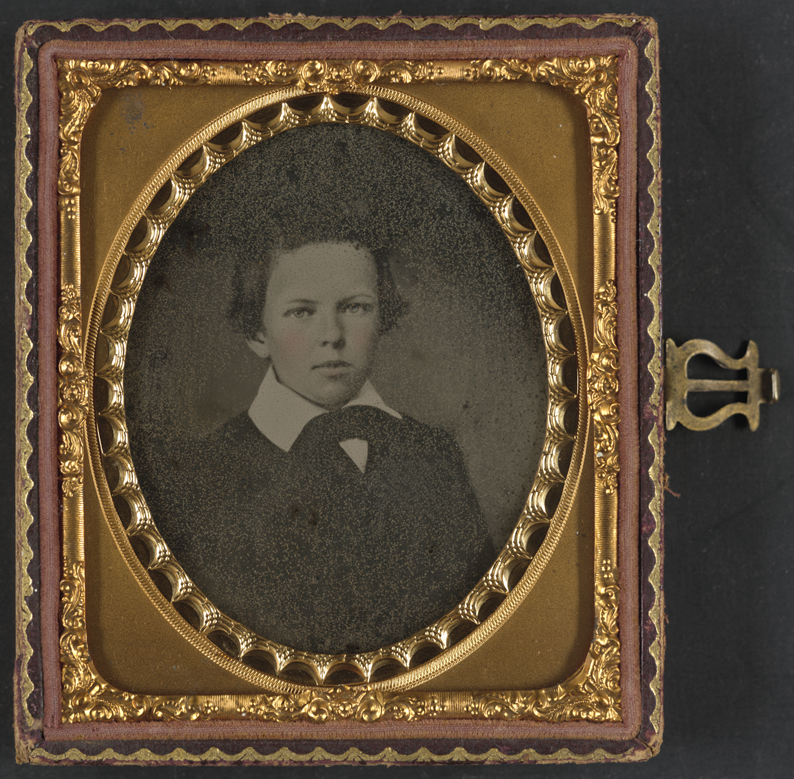

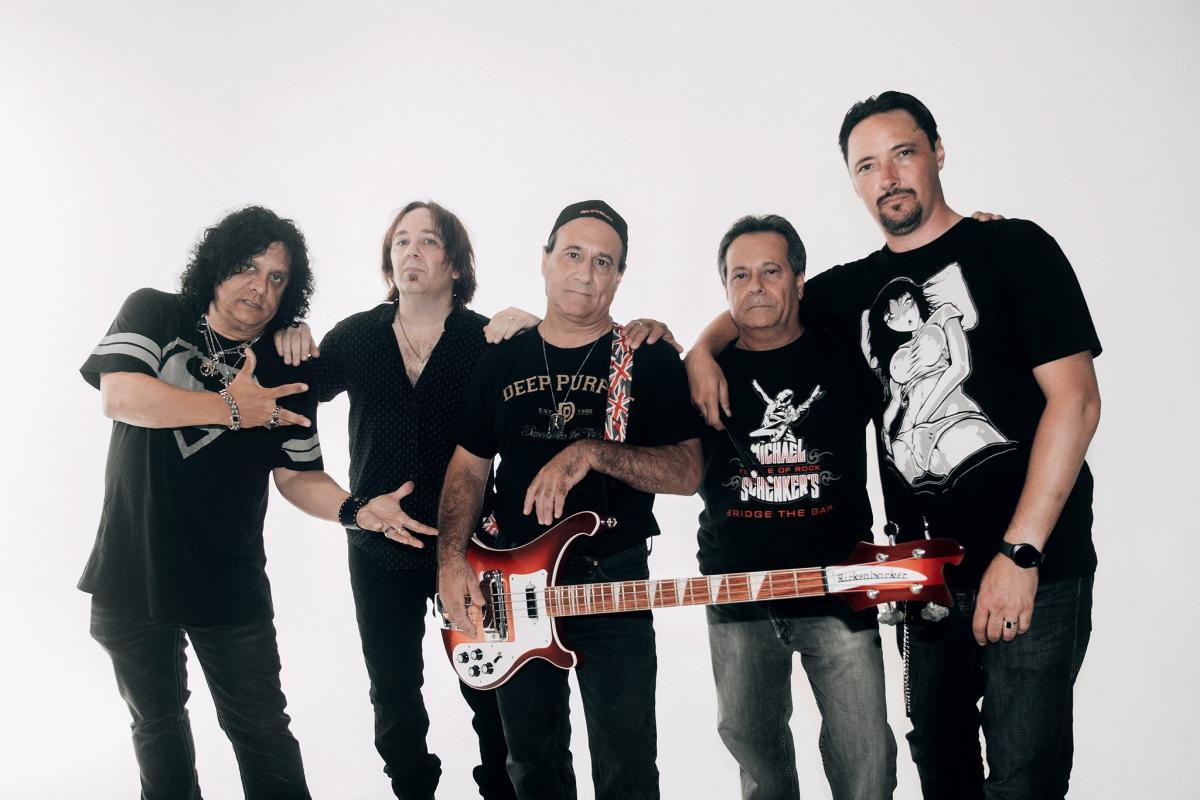
On Tuesday, July 24, 2018 at 7:15 p.m. the Pasadena Civil War Round Table is offering a presentation on Lesser Known Union Women of the Civil War and Their Big Contributions by Susan Sweet.
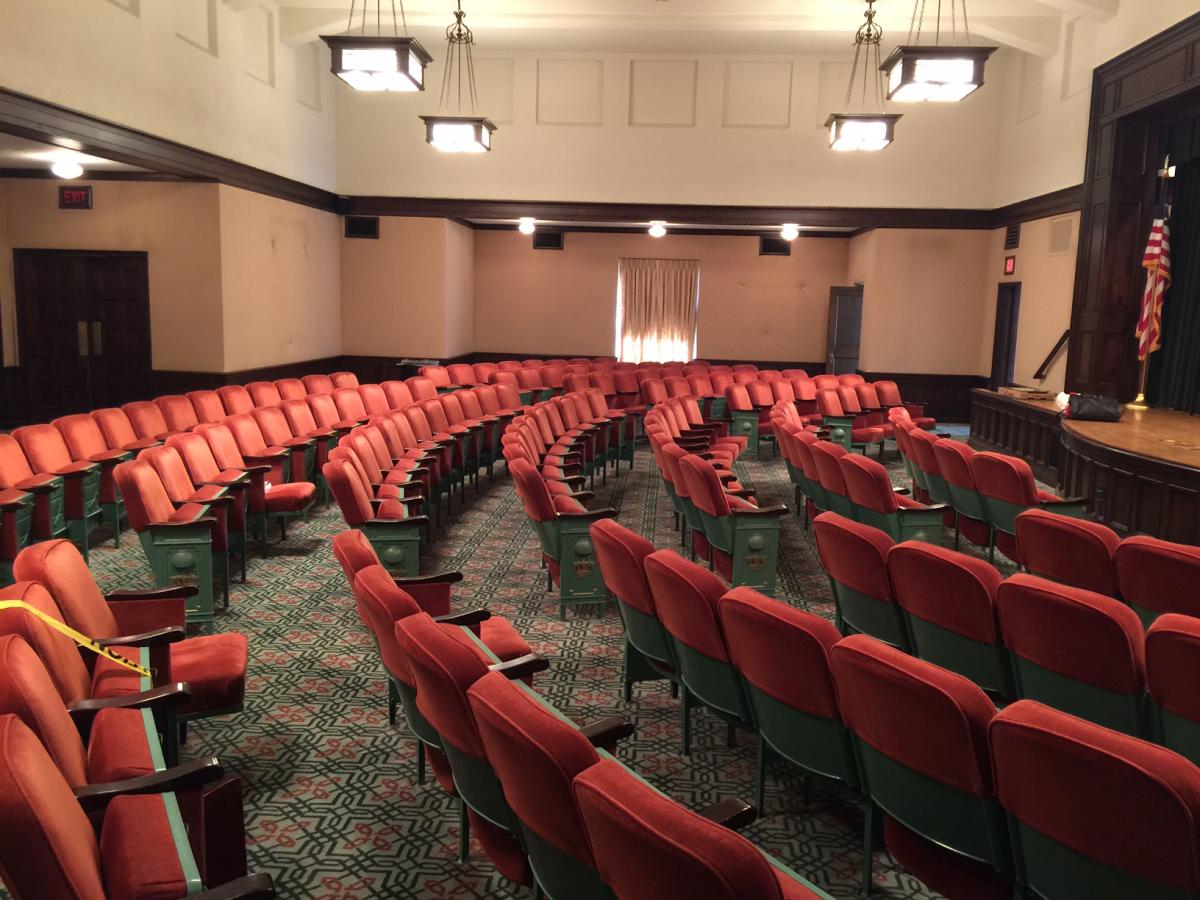
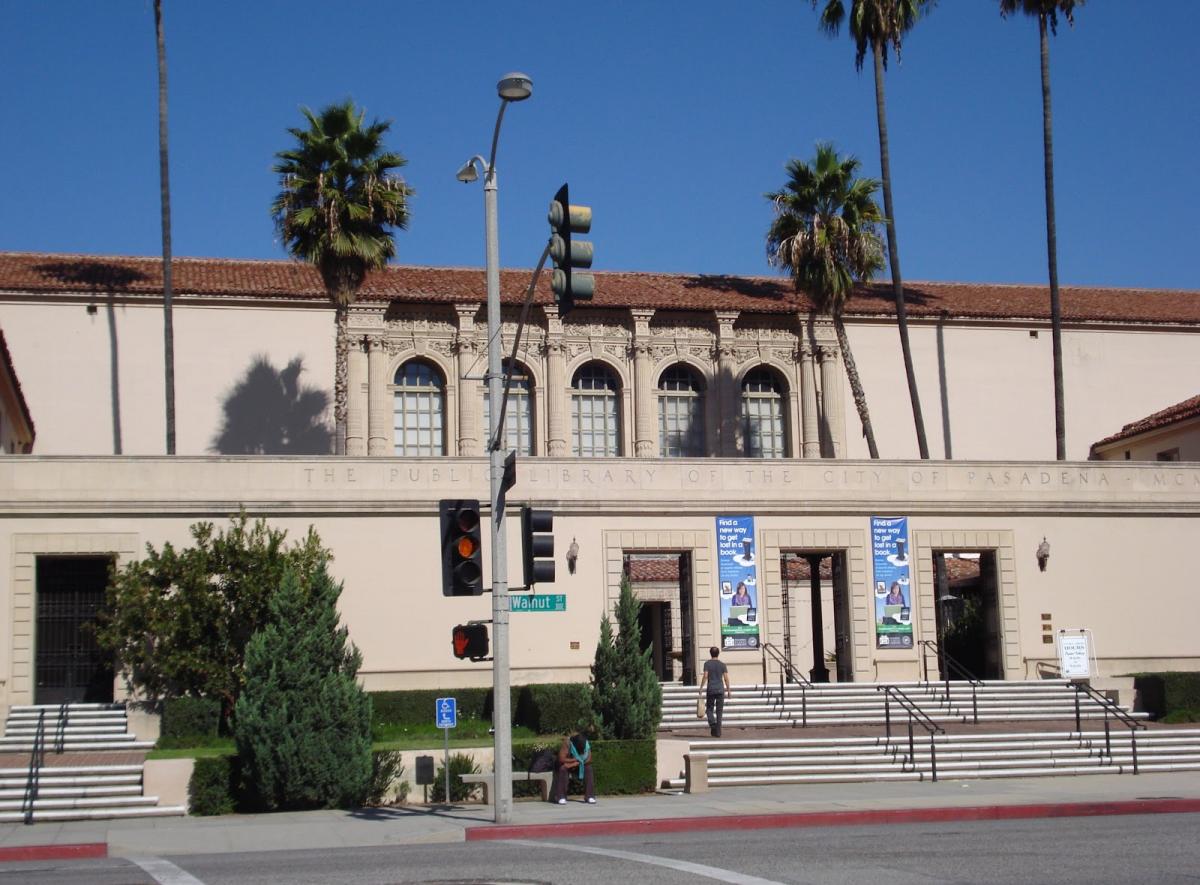

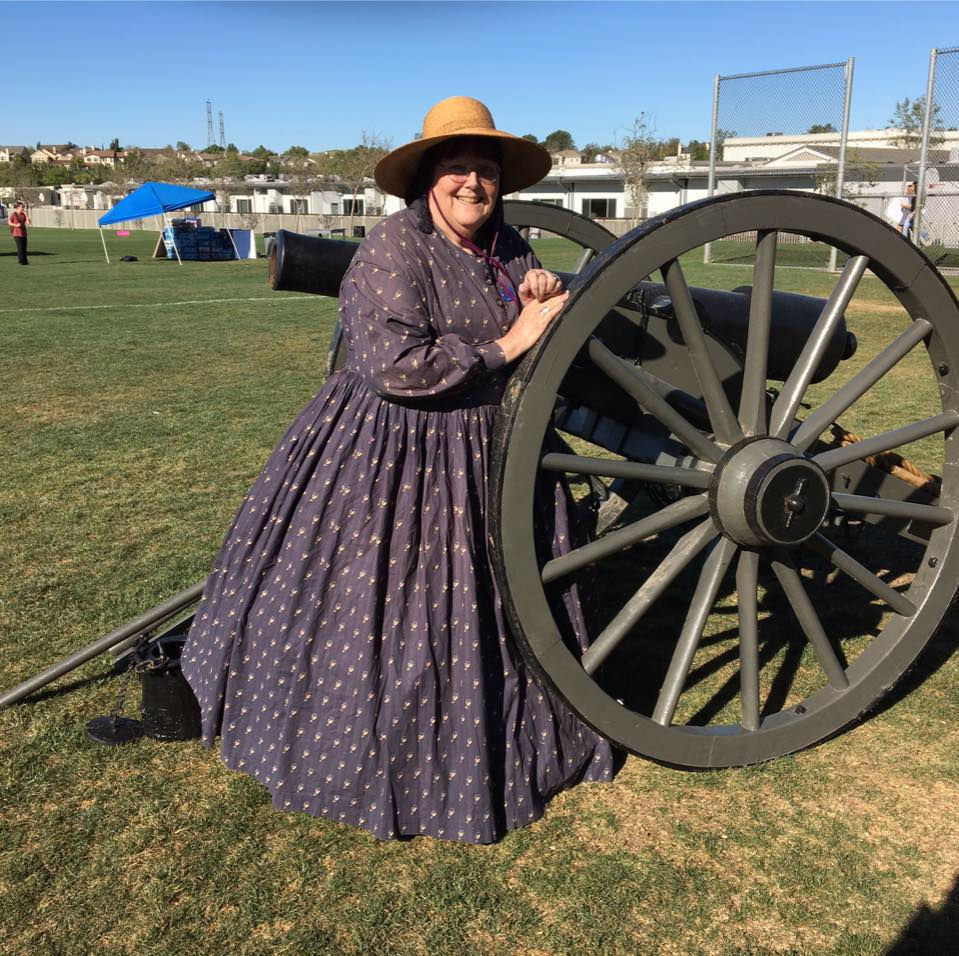 Susan Sweet is a retired teacher who is a well-known Civil War expert in southern California. Susan's Civil War book collection is the envy of many a library. Join us on Tuesday July 24 at 7:15 p.m. to learn about women who made a contribution during the Civil War.
Susan Sweet is a retired teacher who is a well-known Civil War expert in southern California. Susan's Civil War book collection is the envy of many a library. Join us on Tuesday July 24 at 7:15 p.m. to learn about women who made a contribution during the Civil War.On Tuesday, June 26, 2018 at 7:15 p.m. the Pasadena Civil War Round Table is offering a presentation on Civil War innovator Thaddeus Lowe, Pasadena resident, and his amazing inventions.
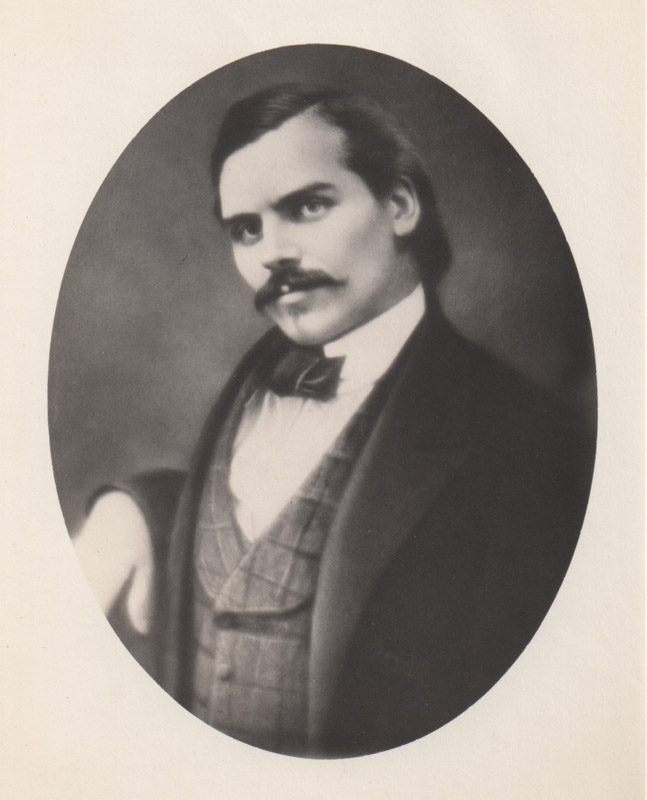
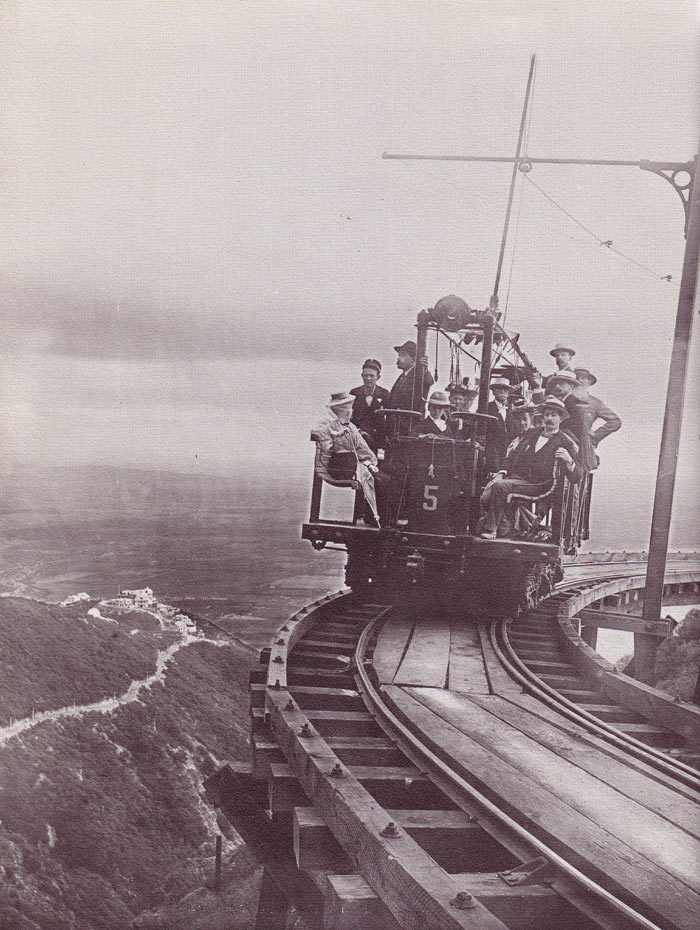
|
|
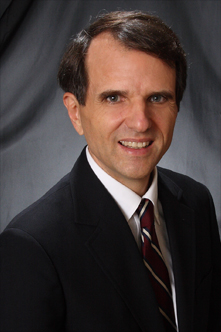 Walter Stahr is the prize-winning best-selling author of biographies of William Henry Seward and Edwin Stanton. The Stanton book just won the Seward prize for best civil war biography published last year. Walter was born in Cambridge, Massachusetts, grew up in Arcadia, California, and went away for high school, to the Phillips Exeter Academy. Then it was back west, to Stanford University, then back east, to Harvard, where he studied law and public policy. Walter Stahr is the prize-winning best-selling author of biographies of William Henry Seward and Edwin Stanton. The Stanton book just won the Seward prize for best civil war biography published last year. Walter was born in Cambridge, Massachusetts, grew up in Arcadia, California, and went away for high school, to the Phillips Exeter Academy. Then it was back west, to Stanford University, then back east, to Harvard, where he studied law and public policy.After graduating from Harvard Law School in 1982, he joined the Washington office of an international law firm, Cleary, Gottlieb, Steen & Hamilton. In 1986, the firm posted Walter to Hong Kong, where he lived and worked for three exciting years, mainly on international litigations. In 1990, he joined the Securities & Exchange Commission, working for several years in the chairman’s office, writing speeches and congressional testimony, advising on enforcement cases. In 1995, he was hired by Fidelity Investments to be their first internal lawyer based in Hong Kong; his work and travels took him throughout Asia, especially to Japan and Taiwan. He returned to Washington in 1999, joining Emerging Markets Partnership as an internal lawyer, focused on Asia, eventually rising to be the general counsel of EMP Global, as the firm is now known. In the summer of 2008, his family moved to Exeter, New Hampshire, where they lived for six school years while his wife taught mathematics and Walter worked on his books and coached the Exeter mock trial team, and his children attended and graduated from the Phillips Exeter Academy. In the summer of 2014 Walter and his family moved to southern California. Walter's first book, on John Jay, was published in 2005; his second book, on Seward, in 2012; his third book, on Stanton, in early August 2017. Walter's wife, Dr. Masami Miyauchi Stahr, is a mathematics teacher at St. Margaret’s Episcopal School; his son, Clancey Stahr, is a partner at a small venture capital firm in Menlo Park; and his daughter, Lydia Stahr, is a senior at Scripps College, in Claremont, California. You can find more about Walter at walterstahr.com |
|
|
On Tuesday, March 27, 2018 at 7:15 p.m. the Pasadena Civil War Round Table is offering a presentation on JAMES GARFIELD—UNSUNG HERO AND MARTYRED PRESIDENT - by Dean Smith
|
On Tuesday, February 27, 2018 at 7:15 p.m. the Pasadena Civil War Round Table is offering a presentation on the Lincoln - Douglas Debates of 1858 - Prelude to the Civil War by Michael L. Oddenino
The Lincoln - Douglas Debates of 1858 - Prelude to the Civil War
by Michael L. Oddenino
In 1858 Abraham Lincoln challenged Stephen Douglas for the Senate seat from Illinois. The two men engaged in seven debates which generated national attention as each debate was transcribed by reporters from newspapers of that time.

The debates thrilled the Illinois population as well as the national population.

The debates witnessed the historic clash of views on the issue of slavery, foreshadowing the coming conflagration we know as the Civil War.

The Lincoln-Douglas debates are a fascinating part of our national fabric, and this presentation will highlight the key arguments of each man as they related to issues which triggered war between North and South.
_______________________________ Michael L. Oddenino will give this exciting presentation providing his insights as a lawyer to the various arguments presented during these celebrated debates. Michael is the Program Chair for the Pasadena CWRT and a regular speaker on Civil War topics. No stranger to Abraham Lincoln, Michael's presentation on the Gettysburg Address betokens fascinating insights into the Lincoln - Douglas Debates of 1858. This will be Michael's first presentation on these debates. Below are some of the reviews his Gettysburg Address presentation received:
Michael L. Oddenino will give this exciting presentation providing his insights as a lawyer to the various arguments presented during these celebrated debates. Michael is the Program Chair for the Pasadena CWRT and a regular speaker on Civil War topics. No stranger to Abraham Lincoln, Michael's presentation on the Gettysburg Address betokens fascinating insights into the Lincoln - Douglas Debates of 1858. This will be Michael's first presentation on these debates. Below are some of the reviews his Gettysburg Address presentation received:Even for an audience that has read Lincoln's Gettysburg Address a dozen times, Michael Oddenino's thoughtful deconstruction of Lincoln's remarks provide illuminating context that helps a modern audience see and understand the speech anew. – Dr. Craig Symonds, Professor Emeritus, U.S. Naval Academy and winner of the Lincoln Prize
Using his skills as a great orator and historian, Michael Oddenino brings the Gettysburg Address to life with insight, humor, and even a personal connection. Whether you are well-versed in Civil War history or new to the field, Michael’s captivating presentation will reinvigorate your enthusiasm for this important moment in American history. – Maria Carrillo, Associate Archivist, Lincoln Memorial Shrine, Redlands, California
Michael Oddenino introduces you to the people, places and politics that led up to the Gettysburg Address. I was amazed at how much I didn't know about this famous American historical event. Photographs, facts, anecdotes and unique music combine to provide a moving, emotional review of President Abraham Lincoln's two minute speech at the dedication of the Gettysburg National Cemetery. It’s a highly entertaining and historical look at an iconic piece of American history we all think we know well. Don’t miss a chance to hear this one! – Susan Ogle, Director, Drum Barracks Civil War Museum
Michael L. Oddenino's Gettysburg address is a captivating presentation full of stunning revelations, photos and music. It is a fascinating historical experience I'd recommend to all followers of Americana. Michael presented his multimedia show at the Los Angeles Adventurers' Club and was showered with enthusiastic questions afterward. A must-see experience. – Chuck Jonkey, Los Angeles Adventurers' Club
When you think you have heard all that has to be said on a high profile topic, you await to be amazed or very disappointed. No one listening to Michael Oddenino’s story of the unfolding of the events which led up to the memorable Gettysburg Address and to the address itself will consider themselves disappointed. It was historically accurate and set into motion by his captivating style. You could feel the buildup to Everett’s speech, and understand the quiet that settled over the crowd after Lincoln performed his 2 minute statement. All of us listening to Michael repeat those now immortal words shared in that moment what our forefathers felt 150 years ago. And we could understand. - Dr. Brian Clague, West Coast Civil War Conference organizer
Those fortunate enough to experience Michael L. Oddenino's Gettysburg Address presentation will gain an entirely new perspective of this snapshot of history. Michael sets the stage with colorful anecdotes which convey the country's mood in November 1863. He brings the listener to the moment with descriptions of sights, smells and the compelling music, some of which has not been recreated in the 150 years since the actual event. Michael leaves his audience wanting more. This is a compelling presentation. – Gary Burnett, Las Vegas
If you thought you knew everything there was to know about Lincoln ’s famous Gettysburg Address, you will come away from Michael Oddenino’s presentation with a fresh appreciation and newfound knowledge about this iconic piece of American history. Michael Oddenino combines history, context and little-known facts to bring Lincoln’s prose and the event surrounding its historic debut to life. His presentation to the Pasadena Civil War Round Table packed the house, and left our members wanting more. It’s a “don’t miss” event. – Janet Whaley, Pasadena CWRT, Treasurer
Let’s just say that if you have Michael Oddenino make a presentation to your group, you will be in for a wonderful presentation filled with information that many of you may never have heard before. While you’re at it, ask Michael about his Balls Bluff program. It, too, is excellent. - Michael Green, President, San Joaquin Valley Civil War Round Table
On Tuesday, January 23, 2018 at 7:15 p.m. the Pasadena Civil War Round Table is offering a presentation by Professor Stewart Davenport of Pepperdine University on "What Caused the Civil War?"
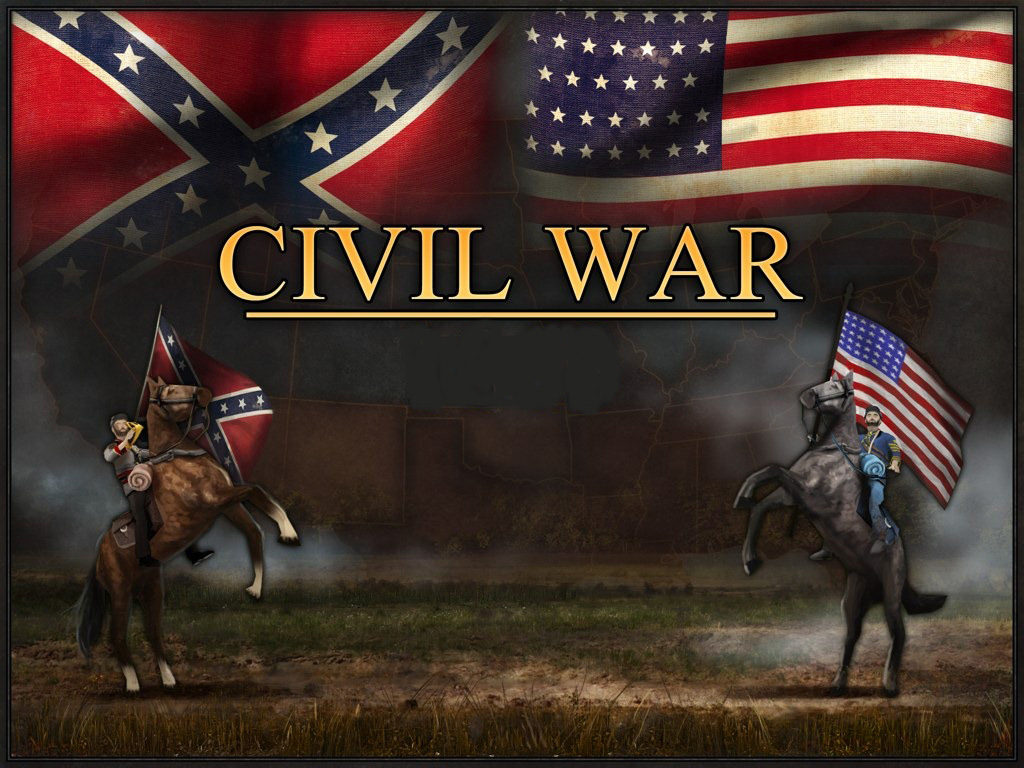 "What Caused the Civil War?" The question is as old as the war itself. Slavery is the obvious and accurate (although general) answer, but not the only answer. This talk will delve into the specifics of westward expansion after 1815 and then again after 1845, and the problems such expansion created for the two-party political system, destroying first the Federalists and later the Whigs.
"What Caused the Civil War?" The question is as old as the war itself. Slavery is the obvious and accurate (although general) answer, but not the only answer. This talk will delve into the specifics of westward expansion after 1815 and then again after 1845, and the problems such expansion created for the two-party political system, destroying first the Federalists and later the Whigs.
The country witnessed events that led to the creation of a Northern-only Republican party, anti-slavery party. What about the rise of the abolitionists after 1831?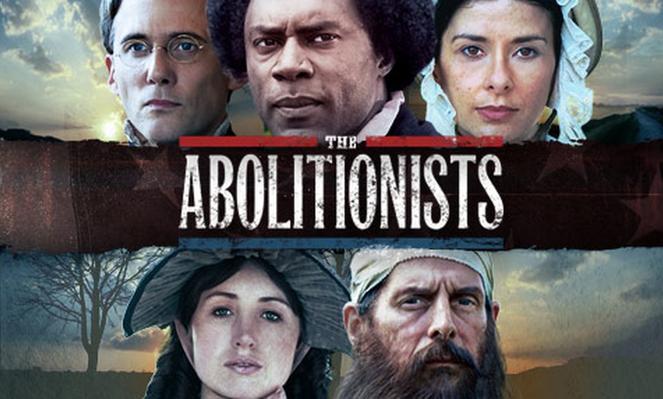
What happened and why? Abolitionists went from uncompromisingly radical voices in the wilderness, to a robust social movement, to savvy political operatives. How did that happen and what is the evidence?
The social and political forces that swirled around the country before the guns fired at Fort Sumter offer fascinating and illuminating insights as to what caused the Civil War. They might even offer some advice for us today.
Stewart Davenport will answer these and other questions on Tuesday, January 23, 2018 at 7:15 p.m.
Don't miss this presentation!
 Stewart Davenport received his Ph.D. in History from Yale University in 2001. He is currently an associate professor of History at Pepperdine University, teaching courses in American Religious History, and American History more generally from the colonial era through Reconstruction. His first book, “Friends of the Unrighteous Mammon”: Northern Christians and Market Capitalism, 1815-1860, was published in 2008 by the University of Chicago Press. He is currently working on his second book, tentatively titled Sex and Sects: The Story of Mormon Polygamy, Shaker Celibacy, and Oneida Complex Marriage. He and his wife Mary live in downtown Los Angeles.
Stewart Davenport received his Ph.D. in History from Yale University in 2001. He is currently an associate professor of History at Pepperdine University, teaching courses in American Religious History, and American History more generally from the colonial era through Reconstruction. His first book, “Friends of the Unrighteous Mammon”: Northern Christians and Market Capitalism, 1815-1860, was published in 2008 by the University of Chicago Press. He is currently working on his second book, tentatively titled Sex and Sects: The Story of Mormon Polygamy, Shaker Celibacy, and Oneida Complex Marriage. He and his wife Mary live in downtown Los Angeles.
On Tuesday, December 26, 2017 at 7:15 p.m. the Pasadena Civil War Round Table is offering you the chance to share your stuff at our annual "Show & Tell" meeting.
At our annual "show and tell" meeting, YOU are the program! Our members and attendees will be allowed 5 minutes each to discuss an artifact or interesting item. Bring a book, antique, photos of your travels, ancestor history, or anything you might like to share about the Civil War (or you can feel free to just listen to everyone else share).

This is a fun meeting for our members each year; and you never know what you're going to see, hear about or learn. We hope you will join us.
|
On Tuesday November 28, 2017 at 7:15 p.m. - After Thanksgiving the Pasadena Civil War Round Table will offer the exciting look at "Catalina Island Outpost: Military Possession of Catalina Island, January - September 1864" by Tara Fansler, Director of the Drum Barracks Civil War Museum and Brian Chavez, Museum Guide at the Drum Barracks Civil War Museum.
It will be given by Tara Fansler, Director of Drum Barracks Civil War Museum and Brian Chavez, Museum This presentation is based on the Drum Barracks exhibition, "Catalina Outpost: Military Possession of Catalina Island, January - September 1864," of which Tara Fansler was Curator, and Brian was Assistant Curator. |
October will see the Pasadena CWRT sponsor a true Round Table of discussion in which all members and guests can participate. Topics will include, but not be limited to, Confederate Monuments and their role in today's society, as well as other issues important to the history of the Civil War and the role that the Pasadena Civil War Round Table can and should play. Every member is invited to join in this discussion.
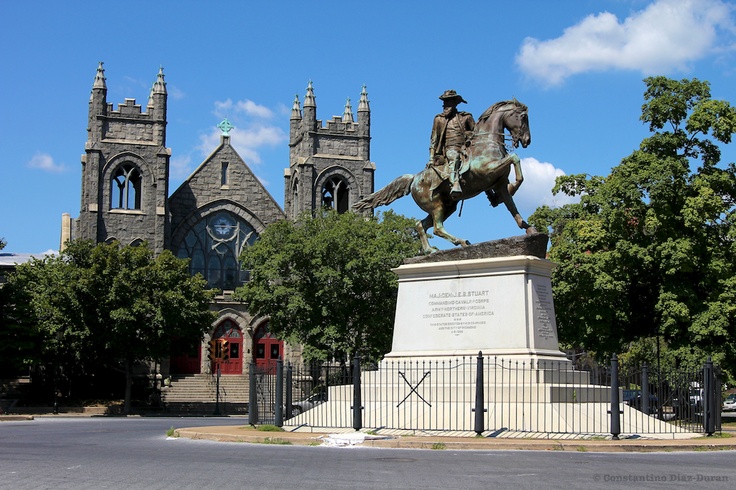
This special meeting will not be held in the auditorium but rather we’re using the Studio on the 4th level of the library. That is a very nice meeting room space, with lots of chairs and even tables.
Tuesday September 26, 2017 at 7:15 p.m. - Robert E. Lee After The War!
At the Pasadena Central Library!

Robert E Lee's exploits during the Civil War are well known. What is not so well known is what Robert E. Lee did after the war. We will explore Lee's life as a post-war civilian and his contributions to the country as well as the controversies that marked his life
 .
.
Was Robert E. Lee a traitor? Was Robert E. Lee for or against slavery? What did Robert E. Lee do after the Civil War to help or hinder reunification? Come get the answers to these questions, and more, on Tuesday September 26 at
7:15 p.m. at the Pasadena Central Library!
Presentation will be given by Michael L. Oddenino, the Program Chair for the Pasadena CWRT. A regular speaker on historical topics, Michael will share his insights on an individual who is much in the news today.
Tuesday August 22, 2017 at 7:15 p.m John Beckendorf on the Civil War and the Origins of the KKK:
"The Klu Klux Klan" - The Klu Klux Klan was and is a racist, white supremacist group, first and foremost. It began in a small town in Pulaski, TN in the middle of 1866 as a secret, social club by several ex-Confederate soldiers, very much like a fraternity. But it quickly morphed into a loose organization, spanning many similar groups to redress the loss of white southern superiority over blacks, the ills of the Freedman's Bureau, carpetbaggers and the Reconstruction.
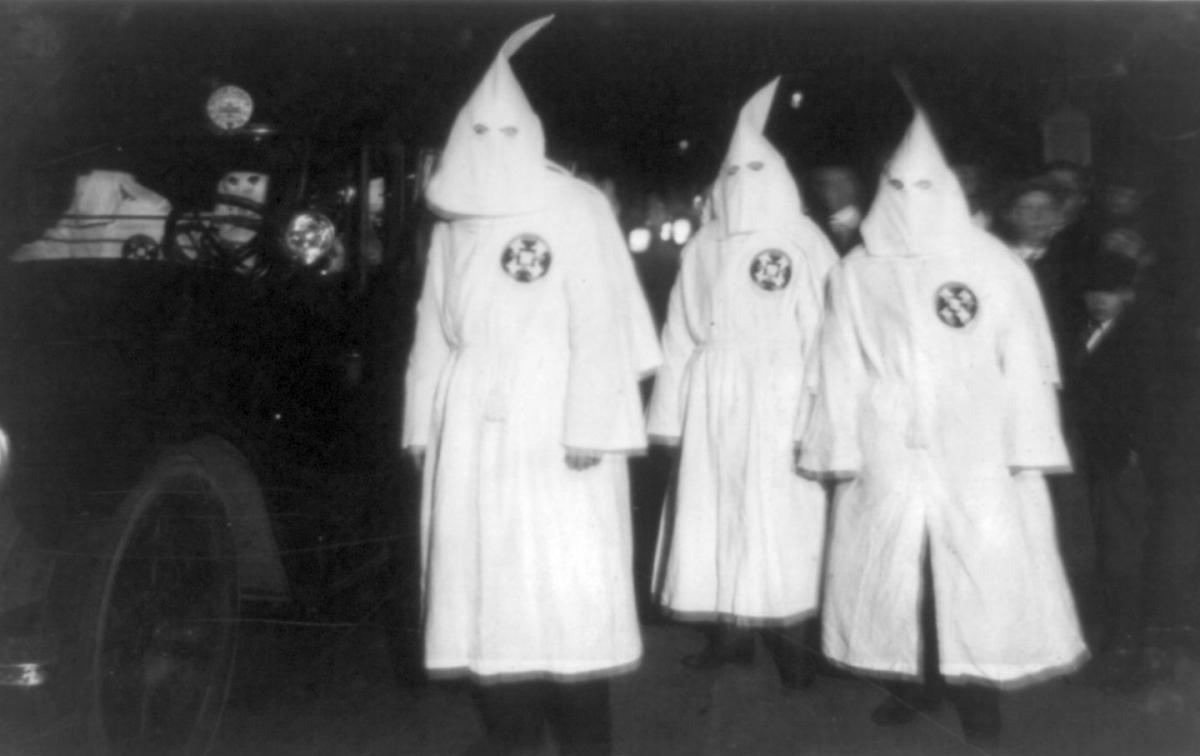
The Klan pretty much died down after 1872 but the lingering racism continued. In 1905 Thomas Dixon published "The Clansman", which became a blockbuster movie in 1915 by D.W. Griffith titled "The Birth of a Nation". It feed into the "myth of the lost cause" and help to create the 2nd Klan, a vertical marketing scheme, which became a national political powerhouse of violence and bigotry in the 1920s.
Come learn more about the origins of this tragic legacy of the Civil War from John Beckendorf, a leading expert on the matter.
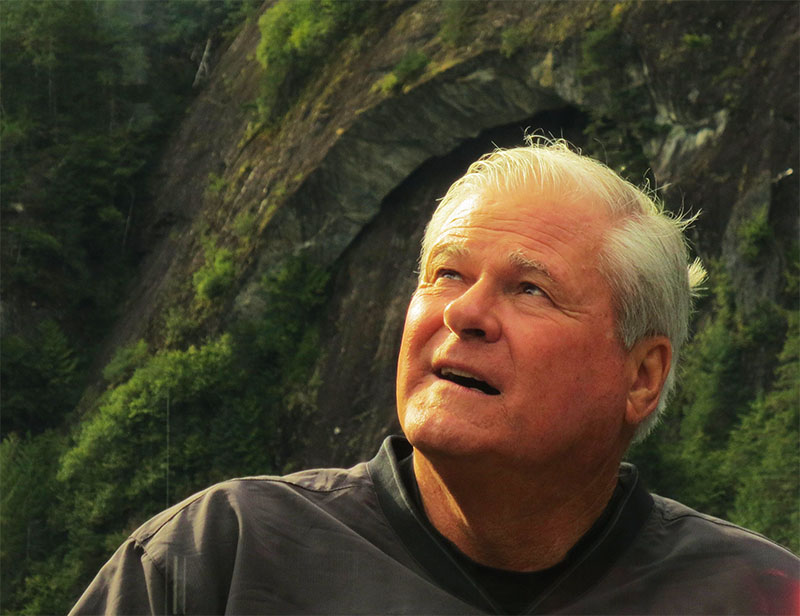 John Beckendorf is a retired commercial insurance broker and is the program chair for the Los Angeles Civil War Round Table. He has been an avid student of history all his life and of the Civil War since the early 1990s. During this time he has amassed a substantial collection of Civil War artifacts, which along with his lecturing, writing he enjoys sharing with other collectors, museums and the National Parks.
John Beckendorf is a retired commercial insurance broker and is the program chair for the Los Angeles Civil War Round Table. He has been an avid student of history all his life and of the Civil War since the early 1990s. During this time he has amassed a substantial collection of Civil War artifacts, which along with his lecturing, writing he enjoys sharing with other collectors, museums and the National Parks.
Tuesday, July 25, 2017 at 7:15 p.m. at the Pasadena Central Library - Dean Smith on General W.S. Rosecrans - Forgotten Hero of the Civil War
"GENERAL W.S. ROSECRANS—FORGOTTEN HERO”
You may know that one of the longest streets in Los Angeles County is named “Rosecrans Avenue,” but you probably do not know who Rosecrans was, or why a street this far from his home, in Ohio, is named after him.
You may think you know about General Rosecrans, but you will learn things you had not known, and hear stories that will seem hard to believe. Come and learn about William S. Rosecrans—his life before the Civil War; his remarkable, yet overlooked record during the war; his inventions; his public service after the war; his life, and death, in Southern California; and, the way he has been completely overlooked by historians, despite his successes, that lead to the Union victory, and his astounding popularity.
Dean Smith is a third generation Los Angeles native. He graduated from George Washington High School in 1964, and earned Bachelor of Arts (1968), and Master of Arts (1970), 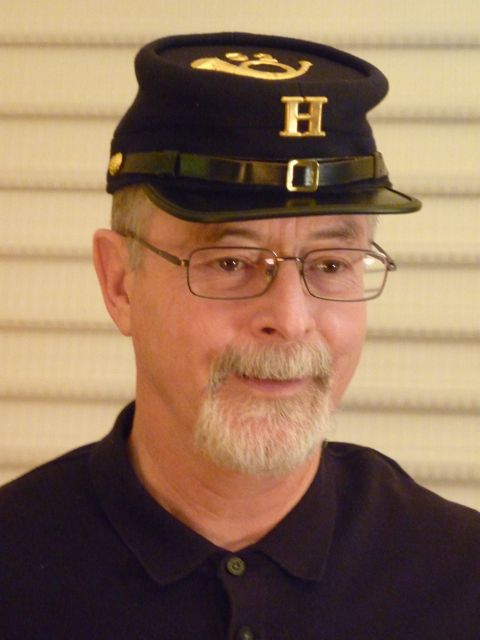 degrees in Political Science, from the University of California, at Riverside.
degrees in Political Science, from the University of California, at Riverside.
His career in public service, with Los Angeles County, began in 1970. Over his 34 years with the County, Dean managed a variety of administrative functions in five different departments. After retiring, Dean held several part-time jobs, including consulting, and working on the 2010 Census.
Dean’s interest in the Civil War began on a trip to Virginia, in 1999, where he visited the Fredericksburg and Chancellorsville battlefields. Since then, he has visited battlefields at Antietam, Harper’s Ferry, Gettysburg, and Spotsylvania Courthouse, as well as Mansfield, Pleasant Hill, and Port Hudson, in Louisiana. He is a member of the Civil War Trust; he holds three offices in the Gen. W. S. Rosecrans Camp No. 2, of the Sons of Union Veterans of the Civil War; and, he has been the President of the Los Angeles Civil War Round Table, for the past four years. Most recently, he was elected to the Board of Directors, of the Drum Barracks Garrison and Society, as their Secretary.
He has given presentations to the LACWRT; the Civil Warriors Round Table; his SUVCW Camp; the Sons of the American Revolution; audiences at the “Battle Drum” play, at the Sierra Madre Playhouse; and, to P.E.O. Chapter E. His topics include: The Largest Unknown Battle of the Civil War—Pleasant Hill, LA, April 9, 1864; Gen. W.S Rosecrans—Forgotten Hero; James Garfield—Unsung Hero and Martyred President; and, The U.S. Sanitary Commission.
Tuesday, June 27, 2017 at 7:15 p.m. at the Pasadena Central Library - Michael Sorenson on Technology Advances During the Civil War!
Michael Sorenson, an expert on Civil War artifacts, will be presenting a fascinating look at the many technological advances that were advanced during the Civil War.
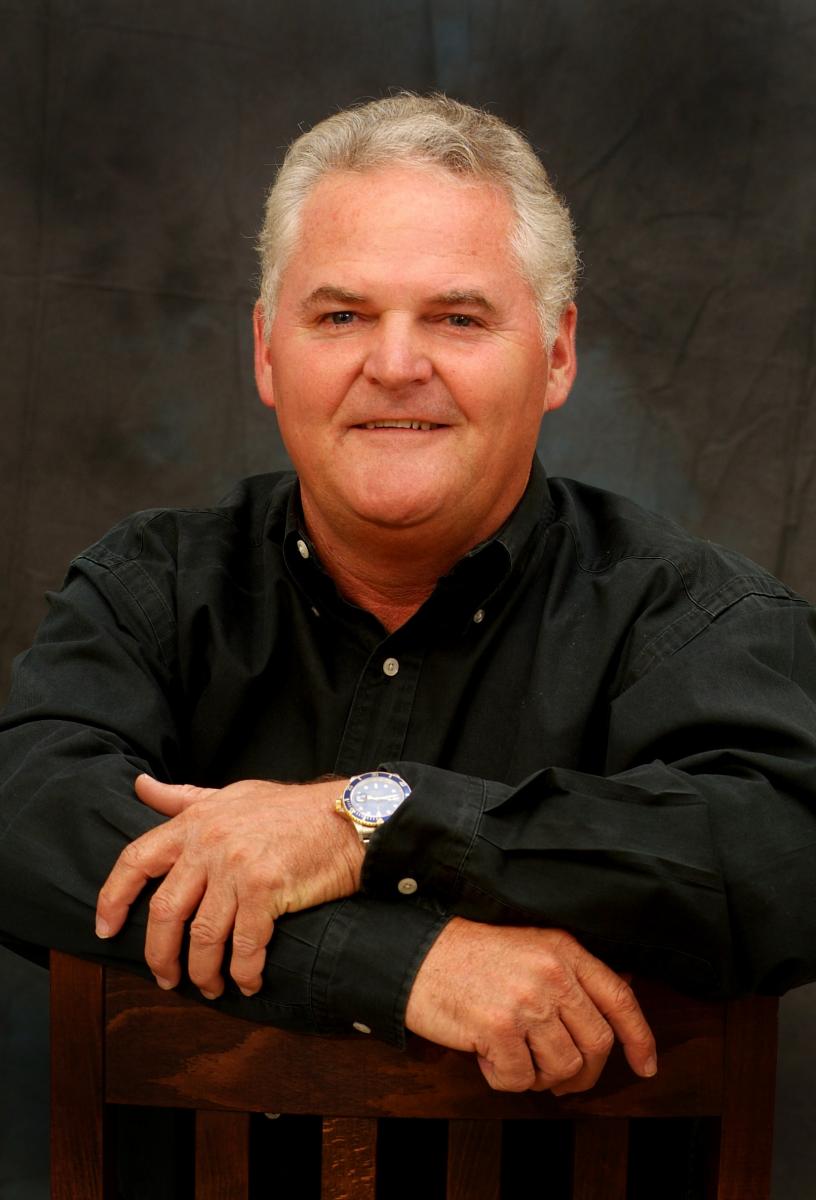
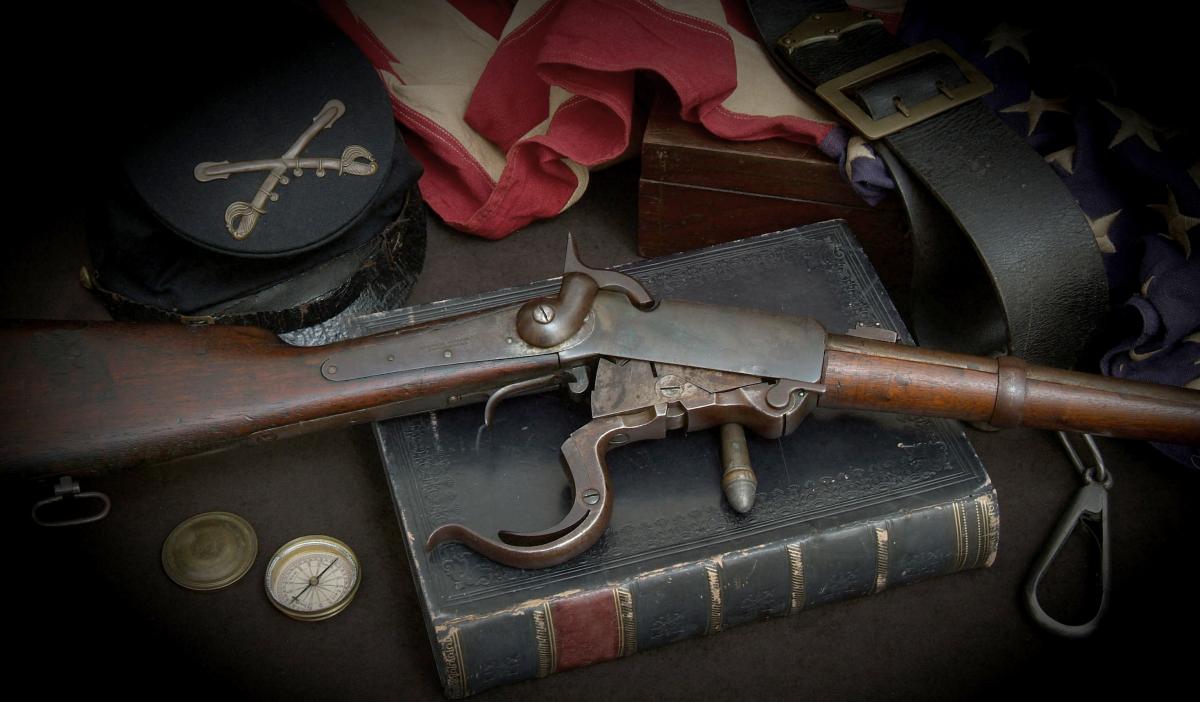
Thomas Jefferson, author of the Declarattion of Independence, third President of the United States and a list of other accomplishments too numerous to detail here, will be in Pasadena to address the Pasadena Civil War Round Table on Tuesday May 23, 2017 at 7:15 p.m. at the Pasadena Central Library.
 Mr. Jefferson, as portrayed by Bill Barker, will be sharing his insights on slavery in America and will touch on many important issues related to that topic. With slavery being the prime cause of the U.S. Civil War, you will gain tremendous insight into how this "peculiar institution" came to hold such a grip on America.
Mr. Jefferson, as portrayed by Bill Barker, will be sharing his insights on slavery in America and will touch on many important issues related to that topic. With slavery being the prime cause of the U.S. Civil War, you will gain tremendous insight into how this "peculiar institution" came to hold such a grip on America.
Bill Barker is the star of Colonial Williamsburg where he regularly portrays Thomas Jefferson to crowds mesmerized by his performances. See Mr. Jefferson's website: CLICK HERE
This is a rare opportunity for us in California to see Bill Barker's amazing historical interpretation of a Founding Father of our country.
You will be transported back in time as Mr. Jefferson shares his considerable insights into the events that transpired in America as related to slavery. You will also be able to ask Mr. Jefferson questions about the events of those days and it is certain that you will be edified and entertained by what you learn.
There is no doubt that you will be talking about this performance for many years after you see it. Invite your family and friends as they will thank you later.


Tuesday April 25, 2017 at 7:15 p.m. at the Pasadena Central Library - Robert D'Amato - Believe it Or Not, Civil War veterans goes from the battlefields to the Leper Colony, to possible sainthood.


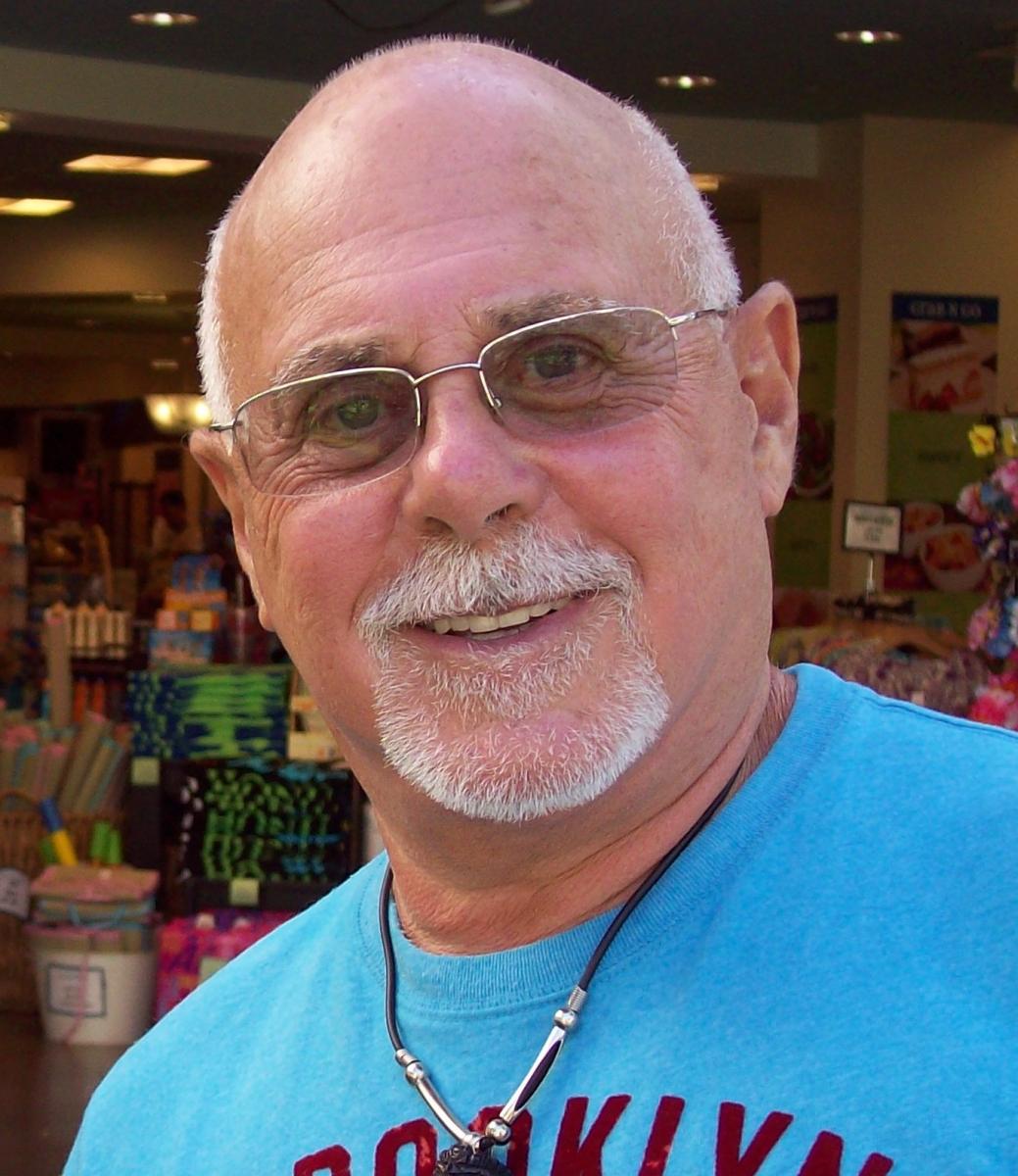 Robert D'Amato brings a fascinating story about a Civil War veteran that defies belief, but it is all true.
Robert D'Amato brings a fascinating story about a Civil War veteran that defies belief, but it is all true.
Tuesday March 28, 2017 at 7:15 p.m. at the Pasadena Central Library - Professor Steven Woodworth of TCU will speak on "Zouaves on Little Round Top: The 44th New York and the Battle of Gettysburg"


 Professor Steven Woodworth of TCU will share his considerable insights on a fascinating part of the Battle of Gettysburg: "Zouaves on Little Round Top: The 44th New York and the Battle of Gettysburg"
Professor Steven Woodworth of TCU will share his considerable insights on a fascinating part of the Battle of Gettysburg: "Zouaves on Little Round Top: The 44th New York and the Battle of Gettysburg"
The 44th New York was originally recruited as a Zouave regiment in honor of Elmer Ellsworth. Ellsworth was the popularizer of the Zouave fad in the years before the war . He also became the Union's first martyr when he was shot after hauling down a Confederate flag in Alexandria, Virginia.
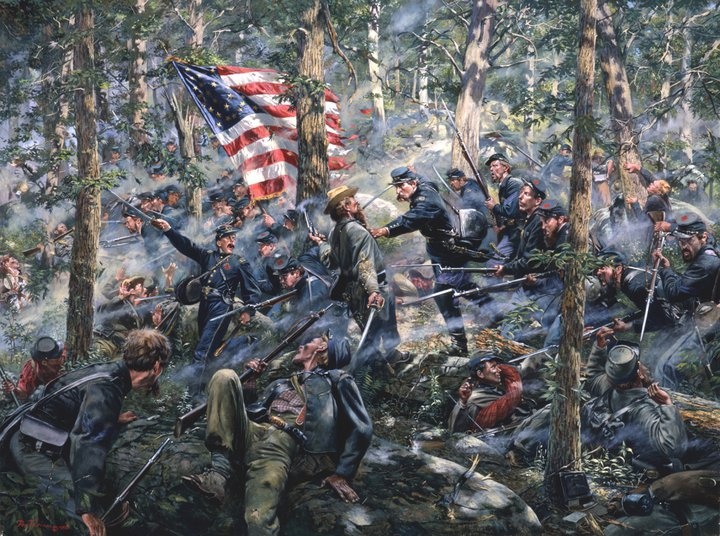
By July 1863 the 44th New York, also known as the Ellsworth Avengers, no longer wore Zouave uniforms, but it was in that month that the regiment had its greatest moment--and its bloodiest battle--as part Strong Vincent's brigade with the mission of holding Little Round Top on the second day at Gettysburg.
Professor Woodworth was a huge hit when he spoke to the Pasadena CWRT in 2015. We are fortunate to have him back with us for this exciting presentation. Don't miss it!
Steven E. Woodworth received his B.A. in 1982 from Southern Illinois University at Carbondale and his Ph.D. in 1987 from Rice University in Houston, Texas. After teaching at small colleges in Oklahoma and Georgia, he came to Texas Christian University in 1997 and is now a professor of history there. Over the years he has authored, co-authored, or edited thirty-two books, including The Tennessee Campaign of 1864 (2016), This Great Struggle, America's Civil War (2012), Manifest Destinies: America's Westward Expansion and the Road to Civil War (2010), Nothing but Victory: The Army of the Tennessee, 1861-1865 (2006), While God Is Marching On: The Religious World of Civil War Soldiers(2001), and Jefferson Davis and His Generals: The Failure of Confederate Command in the West (1990).
Tuesday, February 28, 2017 at 7:15 p.m. at the Pasadena Central Library.
“Land, Sea and Air: The Civil War Battles of Pasadenans”
There were many Civil War veterans whose lives interacted with what we now know as Pasadena.
What did they actuallydo during the war? What did they experience, and how did that shape the community here?
Our view of Civil War history too often focuses on the commanders and political leaders, but there are many more stories. Some have been told in various forms, at local museums and round table talks, but far from all.
Nick Smith, co-curator of “When Johnny Came Marching West” at the Pasadena Museum of History and longtime member of our round table, will tell you some of the stories that didn’t fit into the exhibit, or that have been skipped over in the accounts of history.
He will be presenting the stories of several men which highlight the widely varying experiences of these men, along with what they meant, both to history and in our local context.
Tuesday, January 24, 2017 at 7:15 p.m. at the Pasadena Central Library.
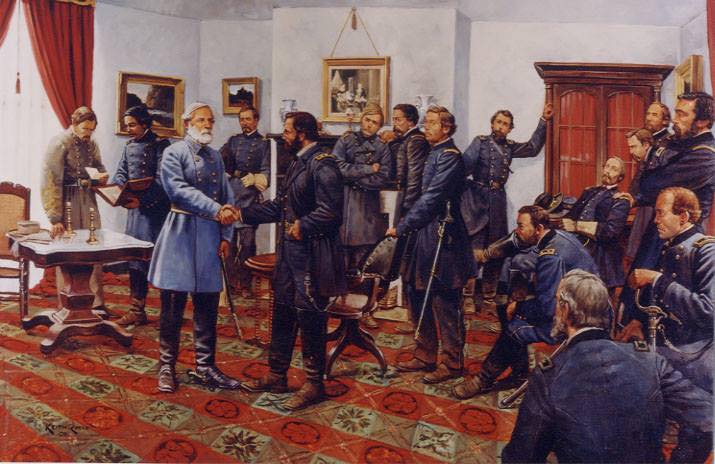
Tuesday, October 25, 2016 at 7:15 p.m. at the Pasadena Central Library.
Tuesday, September 27, 2016 - Dr. Dave Schrader will tell all the secrets about the Commissary and Quartermaster Corps in the Civil War
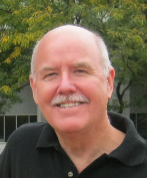
Two key units in the Civil War, both North and South, were the Commissary Corps and the Quartermaster Corps. Facing overwhelming obstacles, you’ll meet the Corps leaders and understand their frustrations.
We’ll cover leadership, supply chains, procurement and fraud, plus typical supply chain processes involved in moving an army and making sure it’s ready for battles.
Come get the answers to the questions below and more:
• What are the responsibilities of the Commissary Corps and Quartermaster Corps? What were they like before the War started?
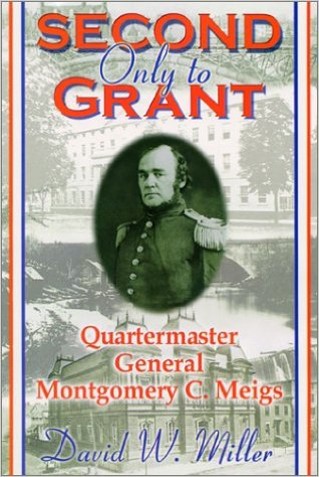
This talk will be presented by Dr. Dave Schrader. Many Civil War Round Tables have given Dave's 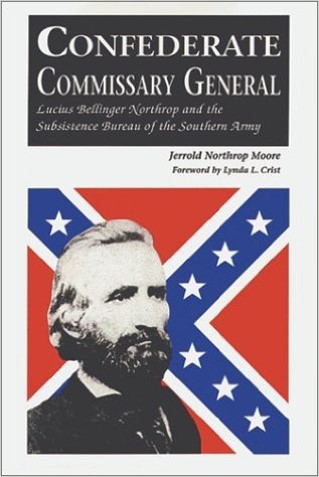 presentations rave reviews, so don't miss this one. This will be his first time speaking to the CWRT Pasadena group.
presentations rave reviews, so don't miss this one. This will be his first time speaking to the CWRT Pasadena group.
Tuesday, August 23, 2016 - Sarah Kay Bierle presents: "Awakened Hearts: The Power & Patriotism of Civilians"
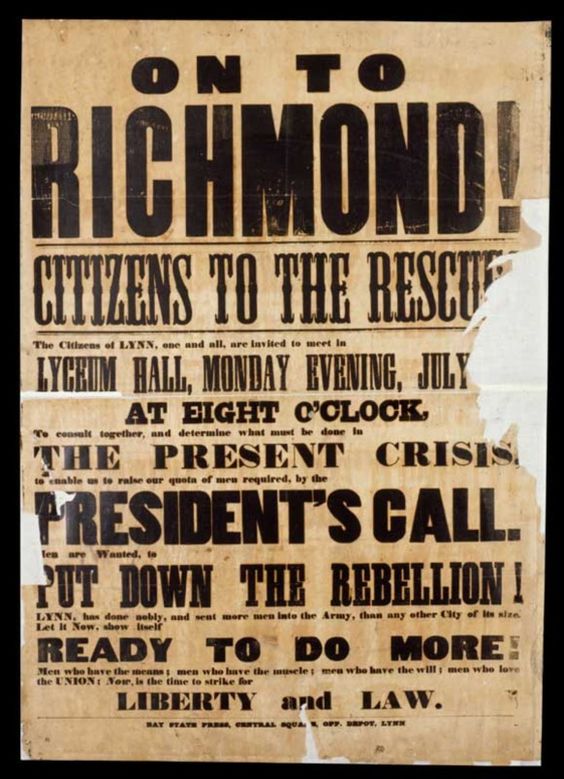 In 1861, America was going to war. Citizen armies were formed and a frenzy of patriotism influenced both the civilian men going to war and those left at home. Following the history of the 1st Minnesota Regiment and the 2nd Virginia Regiment, this presentation explores multiple aspects of the civilian response at the beginning of the war and how they dealt with the realities of war.
In 1861, America was going to war. Citizen armies were formed and a frenzy of patriotism influenced both the civilian men going to war and those left at home. Following the history of the 1st Minnesota Regiment and the 2nd Virginia Regiment, this presentation explores multiple aspects of the civilian response at the beginning of the war and how they dealt with the realities of war.
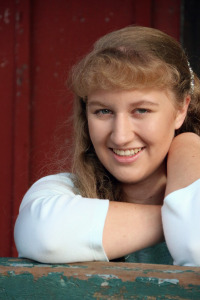 Sarah Kay Bierle (last name pronounced "buy-early") graduated from Thomas Edison State College with a BA in History and has spent the last few years exploring ways to share quality historical research in way that will inform and inspire modern audiences.
Sarah Kay Bierle (last name pronounced "buy-early") graduated from Thomas Edison State College with a BA in History and has spent the last few years exploring ways to share quality historical research in way that will inform and inspire modern audiences.
Sarah's interest in history began at a young age, and, through the years, she has helped to prepare teaching activities and planning historical events for private school students. She has been involved in Civil War re-enacting for four years and more recently has enjoyed giving historical presentations for history groups and roundtables.
In 2015 - after years of research and preparation - Sarah's first historical novel Blue, Gray & Crimson: A Story of Civilian Courage at Gettysburg was published, and it has won an award for young adult fiction.
Currently, Sarah is working on several Civil War research projects involving civilians, the conflict's effects on American maritime industry, and the citizens of the Virginian Shenandoah Valley. She is a historian and blog editor with Emerging Civil War and frequently writes articles for their website. Sarah maintains her own history blog and website at www.Gazette665.com
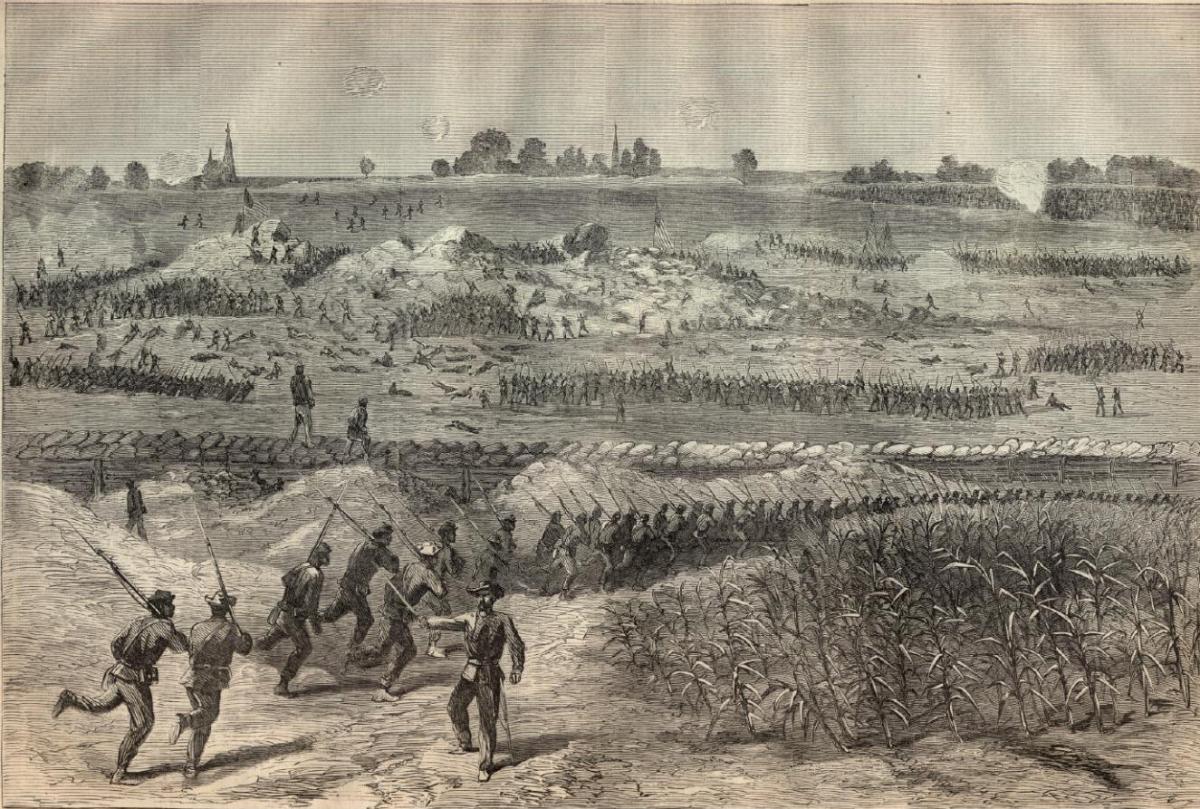
There are two ways to win a siege, methods that have changed little since the Middle Ages:
1) By starving out your opponent, which means cutting off your opponent from supplies and waiting him out, as in the siege of Vicksburg, or
2) Maneuvering slowly, pressing your lines closer to the fortifications or the city which is your actual objective. Eventually, you get close enough to break through the defenses. That was the siege of Petersburg.
Both of these ways to win involve some of the same actions, as the attacker wants to speed things up and the defender wants to slow things down.
The Battle of the Crater was the result of an innovative use of modern technologies to try to speed up the Siege of Petersburg and create a dramatic breakthrough…or was it?
Misunderstandings and confusion abound about the nature and results of this battle, because the battle was so tied up with political decisions, military blunders and racial beliefs. Drawing from a variety of sources from outside the usual box used to define the battle, our speaker, Nick Smith, will outline what happened, why it happened, and some of the real results of the battle, in the larger context of the war.
Nick is our Round Table president, and also the commander of the Rosecrans Camp, Sons of Union Veterans of the Civil War. He is a longtime researcher on the postwar lives of Civil War veterans and on topics related to African-American troops during the Civil War. He also co-curated the exhibit “When Johnny Came Marching West” at the Pasadena Museum of History last year.
Tuesday, June 28, 2016 - "Coincidence vs. Providence"
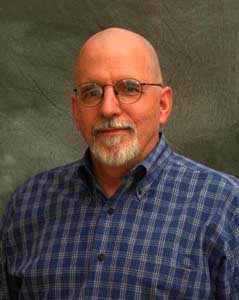
Earl Robinson is a lifelong Civil War enthusiast whose Civil War memories go back to visiting "John Brown's lookout" as a small boy and celebrating the War's centennial as a teen. He is a founding member of West Coast Civil War Collectors (www.westcoastcwc.com), owner of Reunion Civil War Antiques (www.reunioncivilwar.com), and a Director of the Drum Barracks Civil War Museum (www.drumbarracks.org). His wife, Cathy is a Virginian whose great-grandfather was General George Pickett's orderly. Earl has authored articles in North South Trader's Civil War and Military Images magazines.
Tuesday, May 24, 2016 - Meet General Ulysses S. Grant!
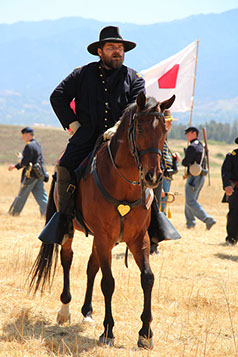 Edward Headington, 42, is a California native who grew up in America's suburb, the San Fernando Valley. He graduated from the University of Southern California and received his Master's degree from George Washington University. Edward runs a twelve year-old government relations and public affairs firm he foundedin Los Angeles. Edward has portrayed General Grant at Civil War reenactments, History Days, Presidential programs, parades, private and corporate events, school talks and ACW roundtables. He has also appeared at the Ronald Reagan Presidential Library & Learning Center and is a lifetime member of the Ulysses S. Grant Association. Edward is a member of SAG-AFTRA.
Edward Headington, 42, is a California native who grew up in America's suburb, the San Fernando Valley. He graduated from the University of Southern California and received his Master's degree from George Washington University. Edward runs a twelve year-old government relations and public affairs firm he foundedin Los Angeles. Edward has portrayed General Grant at Civil War reenactments, History Days, Presidential programs, parades, private and corporate events, school talks and ACW roundtables. He has also appeared at the Ronald Reagan Presidential Library & Learning Center and is a lifetime member of the Ulysses S. Grant Association. Edward is a member of SAG-AFTRA.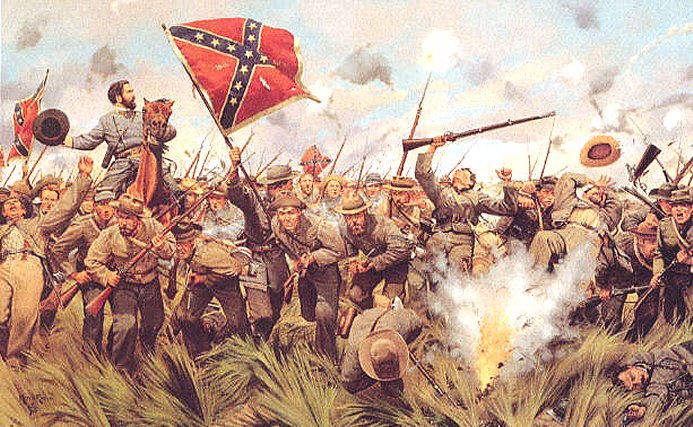
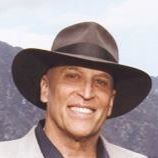 Michael L. Oddenino is the Program Chair for the Pasadena Civil War Round Table and a practicing attorney in the Los Angeles area.
Michael L. Oddenino is the Program Chair for the Pasadena Civil War Round Table and a practicing attorney in the Los Angeles area.Tuesday, March 22, 2016: a superb presentation by author and Civil War historian David Dixon, speaking about his book:
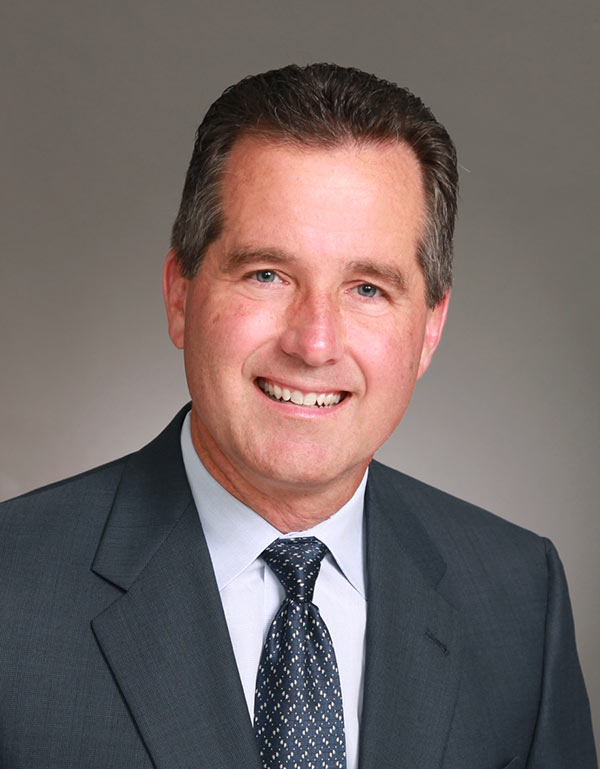
Tuesday, February 23, 2016 - Come hear a superb presentation by author and Civil War historian Jane Singer speaking about her latest book,
Lincoln's Secret Spy: The Civil War Case That Changed the Future of Espionage
Jane Singer is a Civil War scholar and author of fiction and nonfiction.
Her nonfiction works include Lincoln’s Secret Spy: The Civil War Case That Changed The Future of Espionage (Lyons Press, April 2015) and The Confederate Dirty War: Arson, Bombings, Assassination and Plots for Chemical and Germ Attacks Against the Union (McFarland & Company, August, 2005.
In November of 2006, the History Channel based a two-hour special called Civil War Terror on her book. Singer was both the historical consultant for the project as well as the primary onscreen narrator. Her writing has been featured in the Washington Post Magazine (The Fiend in Gray), The Washington Times (Felix Stidger and the Sons of Liberty). Her research and discovery of Stidger; a little-known American hero, were illuminated in a Chicago Sun-Times article. Singer is also a professional actor, voice-over artist, narrator and lecturer. Born and raised in Falls Church, Virginia, she now lives in Los Angeles, California, and is available to speak to various groups across the country about her work on Lincoln’s Secret Spy.
Singer’s fiction works include, Alias Dragonfly, the first book in a young adult Civil War spy trilogy featuring the intrepid Pinkerton agent, teenager Maddie Bradford. (Bell Bridge Books, November, 2011), andBooth’s Sister, a historical fantasy about the reckless, enchanted childhood of John Wilkes Booth and his beloved sister Asia. (Bell Bridge Books, 2008.)
Singer has written, produced and directed Green Zone Blues: Voices of War; original voices of men and women caught in the crosshairs of our troubled, modern times. A CD of the production is available.
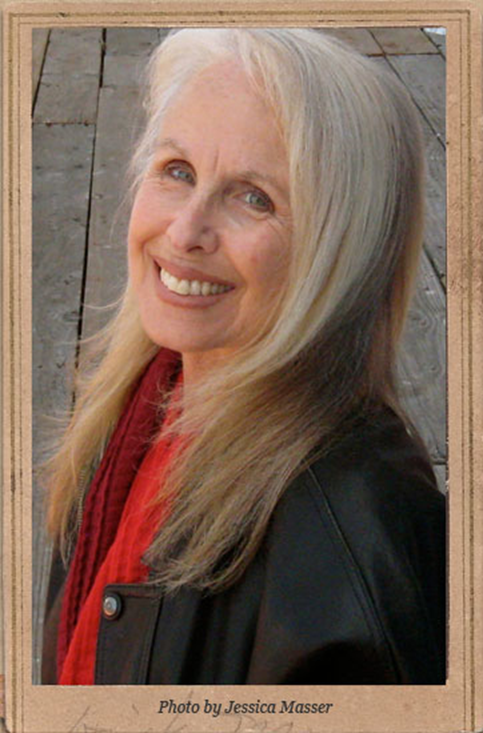
Tuesday, November 24, 2015 at 7:15 p.m. at the Pasadena Central Library.

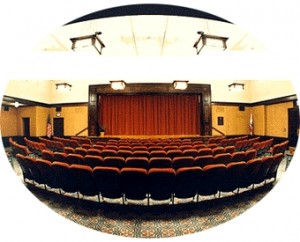
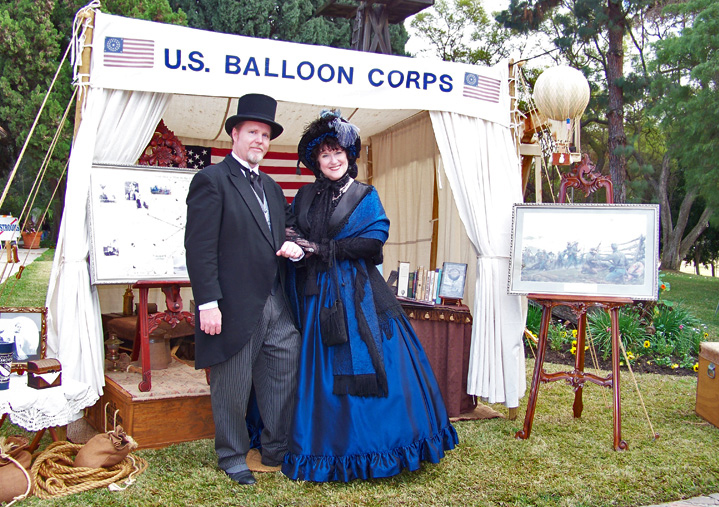
Their presentation primarily focuses on the Balloon Corps during the Civil War and Thaddeus Lowe's pre-war biography and activities that led to his founding of the Corps. Also, included will be information on the technology and personalities involved with the Balloon Corps as well as the tactical use of “aerostats” in battle. The Confederates were also very interested in the tactical advantages of balloon usage, therefore, the Confederate "Silk Dress" balloon will be addressed, as well.
The U.S. Balloon Corps was officially formed on July 25th, 1861 and was commanded by Professor Thaddeus S.C. Lowe, a scientist, inventor, aeronaut, balloon manufacturer and patriot. At the onset of the Civil War, Lowe offered his services to President Lincoln who personally appointed him as Chief of the Aeronautic Department of the Army of the Potomac. Professor Lowe made over 3,000 ascensions and became known as "The Most Shot at Man in the Civil War."
The primary mission of the Balloon Corps was reconnaissance: To observe Confederate Army operations and troop movements and report it's findings to the command staff. During the first two and a half years of the war, Professor Lowe achieved an amazing record of innovations, which include:
* First use of Airborne Telegraph
* Built and operated the first Aircraft Carrier
* Developed Mobile Hydrogen Gas Generators to inflate balloons in the field
* Invented Aerial Artillery Spotting
* Revolutionized the science of map making
The Demory’s reside in Anaheim and portray Thaddeus Lowe and his wife, Leontine, at Civil War reenactments, Civil War Roundtables, schools and history related events. They appear in period attire and use an extensive PowerPoint presentation for speaking engagements.
The Pasadena Civil War Round Table is pleased to announce a special event on Tuesday, October 27, 2015 at 7:15 p.m. at the Pasadena Central Library
Not In Plain Sight:
Color Revelations in Civil War Images
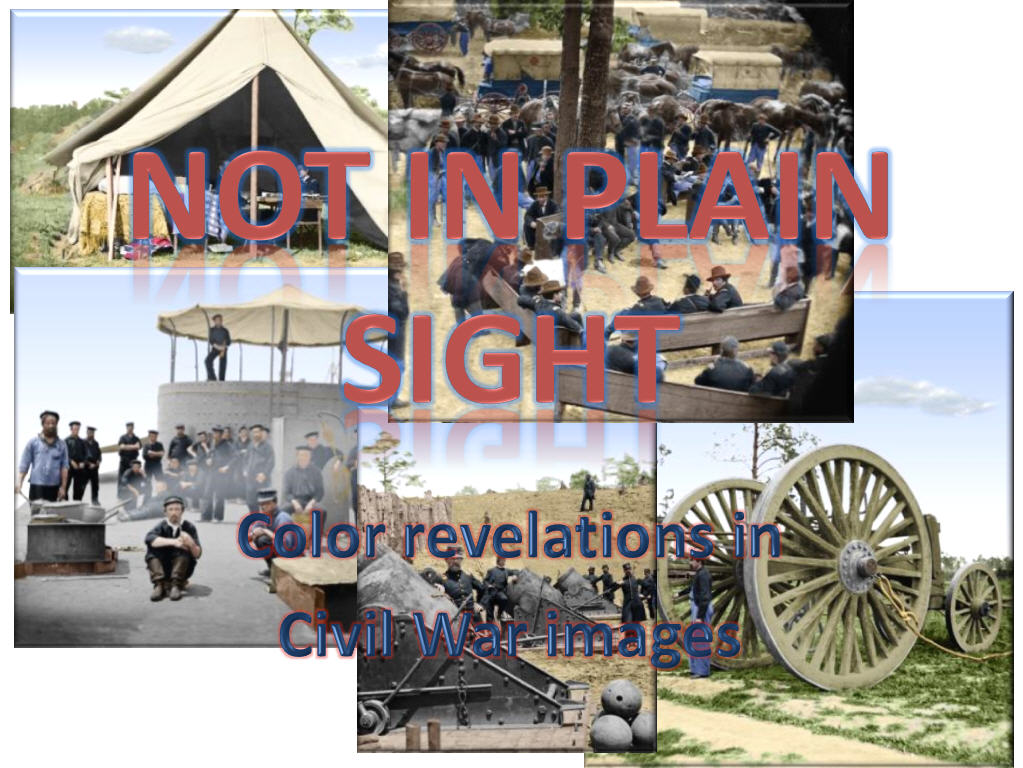
Every photo tells a story, one obvious and sometimes one not so obvious. This month we will take a journey back to the Civil War and have a look at photographs that we have seen hundreds of times in history books and on TV. Now with the help of full color images and high resolution negatives we get to explore parts of our nations past that we may not have realized. Hiding within these images for the last 150 years was another world, one that tells a different story, one that allows us to connect to this earlier time.
David Richardson’s images have appeared on the History Channel, C-Span as well as numerous books and magazines. He is the author of “Restoring and Tinting Vintage Images” as well as the owner of “History In Full Color.com” and “Civil War In Color.com” and will share some of the bits of our past that have been uncovered in the hundreds of Civil War images that he has helped to restore and colorize. This remarkable journey will allow you to see not just a single image, but several. One that tells of the struggle our nation endured and at the same time the story of the individuals that lived it.
Spend some time with us as the past comes to life again for one night. Discover the secrets that have been locked in these images all this time. Who knows, you might encounter one of your ancestors or uncover that the life they led was filled with amazing detail that is only now being seen. We hope you can join us for this special look at our shared past.
 Tuesday, September 22, 2015 at 7:15 p.m. at the Pasadena Central Library.
Tuesday, September 22, 2015 at 7:15 p.m. at the Pasadena Central Library.
Professor Steven Woodworth of Texas Christian University will share his insights into the Lincoln Assassination.
The Lincoln assassination was the crowning disaster of the Civil War and a profound shock to all but a few Americans living at that time. John Wilkes Booth's role as the gunman who shot Lincoln in the back is well known. Similarly notorious is Lewis Powell's nearly simultaneous knife attack on Secretary of State William H. Seward 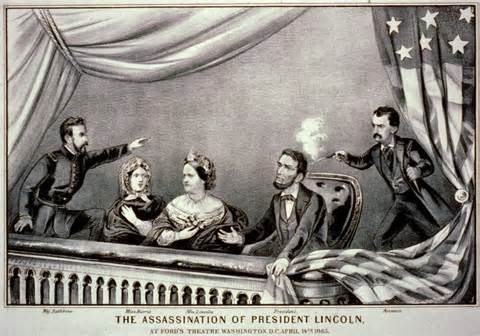 and several members of his household. But who else was involved? How far did the conspiracy go, and what was its purpose? Over the years, theories have ranged widely -- from the plausible to the bizarre, and from Washington to Richmond to Rome. In this lecture Steven E. Woodworth gives his take on this intriguing problem.
and several members of his household. But who else was involved? How far did the conspiracy go, and what was its purpose? Over the years, theories have ranged widely -- from the plausible to the bizarre, and from Washington to Richmond to Rome. In this lecture Steven E. Woodworth gives his take on this intriguing problem.
Steven E. Woodworth received his B.A. in 1982 from Southern Illinois University at Carbondale and his Ph.D. in 1987 from Rice University in Houston, Texas. After teaching at small colleges in Oklahoma and Georgia, he came to Texas Christian University in 1997 and is now a professor of history there. Over the years he has authored, co-authored, or edited thirty-two books, including Manifest Destinies: America's Westward Expansion and the Road to Civil War (2010), Nothing but Victory: The Army of the Tennessee, 1861-1865 (2006), While God Is Marching On: The Religious World of Civil War Soldiers(2001), and Jefferson Davis and His Generals: The Failure of Confederate Command in the West (1990).
Lincoln: A Self-Made Man
August 25, 2015 @ 7:15 pm - 9:00 pm
| FreeThe Pasadena Civil War Round Table will host Pulitzer Prize Winning author Daniel Walker Howe for an exploration of Abraham Lincoln’s life focusing on how Lincoln was very much self-taught.
Abraham Lincoln was a self-made man in a way that we no longer use the term “self-made.” In Lincoln’s time, we find the term “self-made” used in a more comprehensive way than it is today, one that does not exclude success in business, but is by no means restricted to it.
Daniel Walker Howe is Rhodes Professor of American History Emeritus at Oxford University and Professor of History Emeritus at UCLA. His books include What Hath God Wrought (2008 Pulitzer Prize winner) and Making the American Self: Jonathan Edwards to Abraham Lincoln.
Reservations are limited for this free lecture. Advanced reservations are strongly encouraged and include free admission starting at 6:00 pm to the exhibitions When Johnny Came Marching West: How the Civil War Shaped Pasadena and Thaddeus Lowe: Chief Aeronaut of the Union Army.
Tuesday, July 28, 2015 at 7:15 p.m. - The Madness of Mary Todd Lincoln
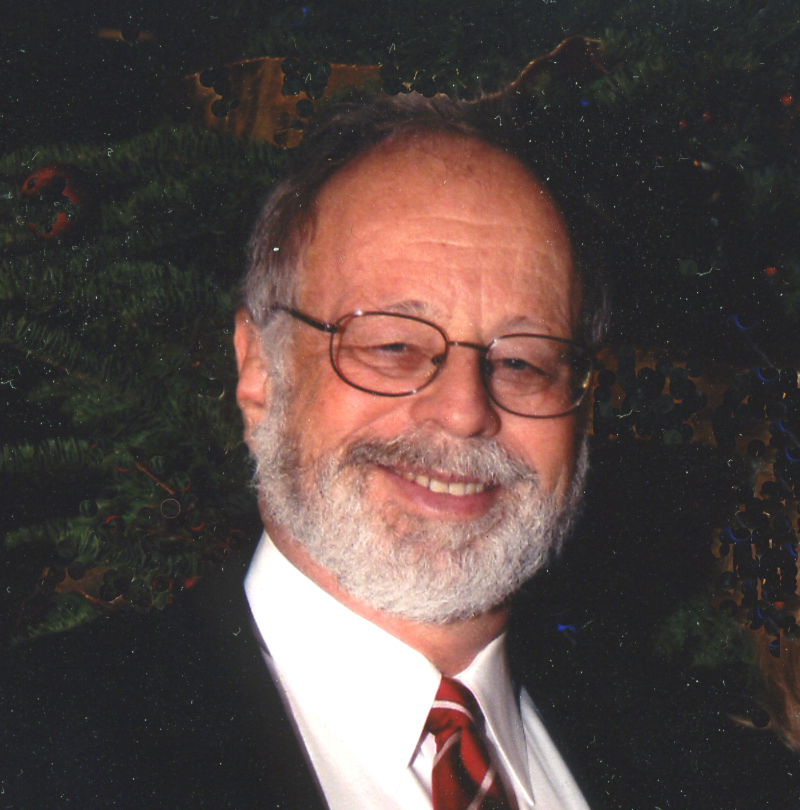
Psychiatrist James Brust will share his insights into the mind and behavior of Mary Todd Lincoln and explore the impact of her behavior on President Lincoln. 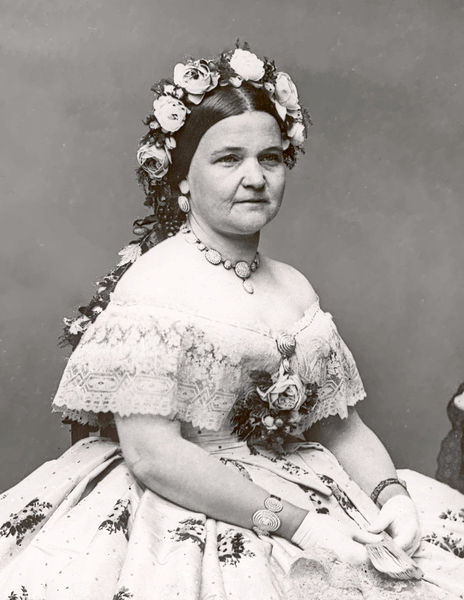
Dr. James S. Brust is a psychiatrist in private practice in San Pedro, California, and serves as Chairman of the Department of Psychiatry and Medical Director of the Psychiatric Unit at Providence Little Company of Mary Medical Center in San Pedro. He is also Assistant Clinical Professor of Psychiatry at UCLA where he teaches psychiatric residents at the Harbor-UCLA Medical Center.
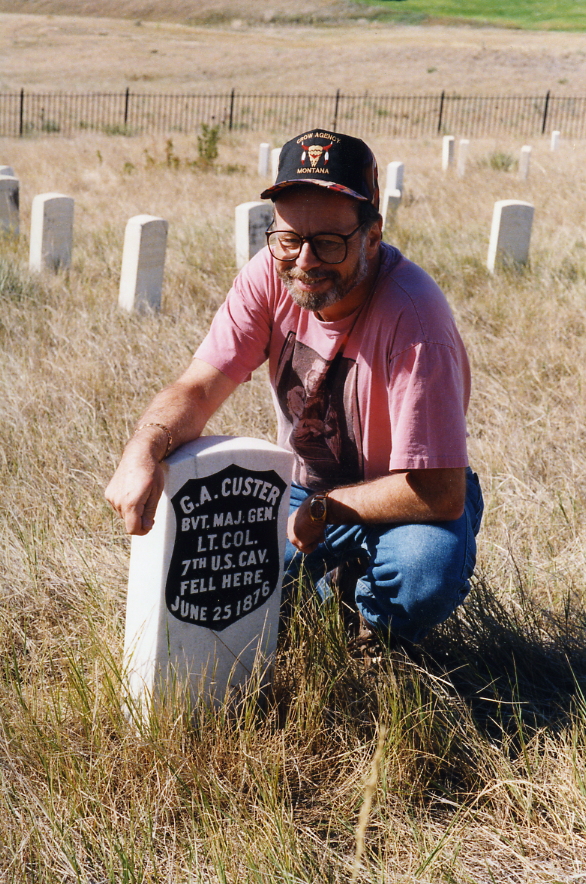
Tuesday, June 23, 2015 at 7:15 p.m. -
Professor Christopher Bates presents: Mystic Chords of Memory: Why People Love the Civil War
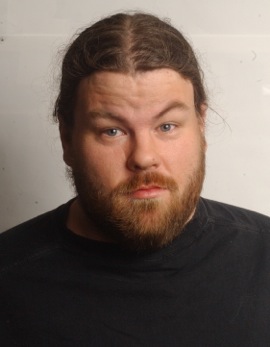
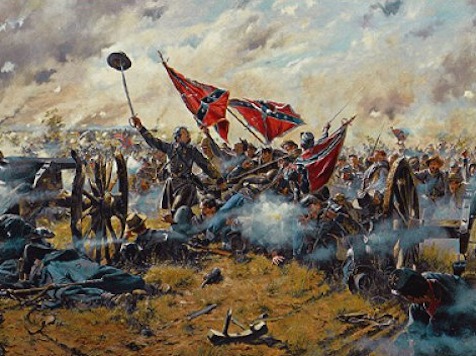
Tuesday, May 26, 2015 at 7:15 p.m. - How Did Memorial Day Evolve From The Ashes of The Civil War?
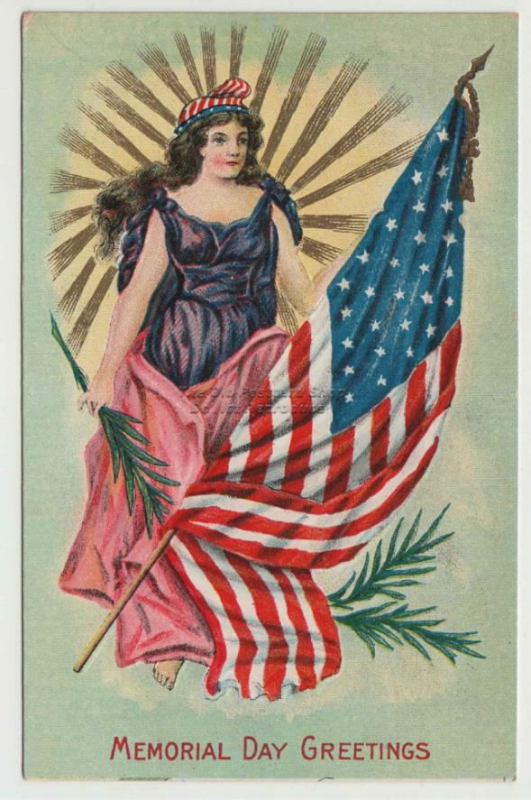
Dr. Carole Morton presents: How Did Memorial Day Evolve From The Ashes of The Civil War?
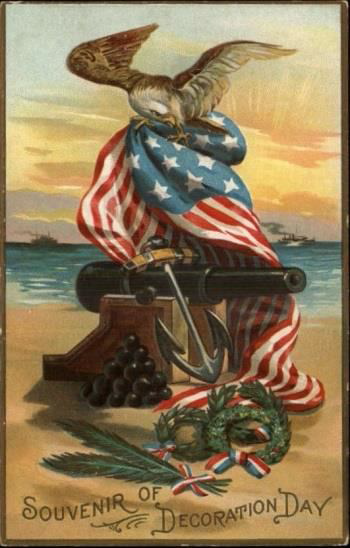 Come join us on Tuesday, May 26 for an informative and enlightening overview of the beginnings of what was commonly referred to as Decoration Day and how it grew from the ashes of the Civil War to today’s Memorial Day.
Come join us on Tuesday, May 26 for an informative and enlightening overview of the beginnings of what was commonly referred to as Decoration Day and how it grew from the ashes of the Civil War to today’s Memorial Day.Tuesday, April 28, 2015 at 7:15 p.m. - When Johnny Came Marching West
When Johnny Came Marching West: How the Civil War Shaped Pasadena
Pasadena CWRT President Nick Smith will present with Janet Kadin of the Pasadena Museum of History, the little known stories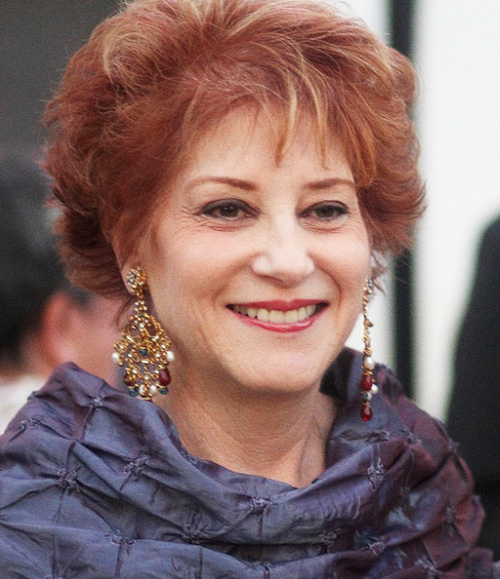 of the Civil War veterans that shaped Pasadena and southern California when they came west after the Civil War.
of the Civil War veterans that shaped Pasadena and southern California when they came west after the Civil War.
This presentation is in conjunction with the exhibition of the same title at the Pasadena Museum of History from April 22 through September 20, 2015
When Johnny Came Marching West will highlight rare artifacts and photographs drawn from the collections of PMH, as well as private and institutional lenders including the Maine State Museum, The Autry National Center of the American West, Drum Barracks Civil War Museum, The Lincoln Memorial Shrine, Dr. Bert J. Davidson and the Southern California Medical Museum, John Beckendorf, Linn and Jean Hoadley, Dr. Carole Morton, Kathy Ralston, Michael Sorenson, and Janet Whaley.
Biographical vignettes will tell the stories of unique men and women, from General Stoneman, a decorated Northern general, to the children of the radical abolitionist John Brown (Owen Brown, Jason Brown, and Ruth Brown Thompson). Numerous veteran support organizations proliferated locally and influenced the city’s political and social climate for decades. Many rarely seen artifacts, photographs, and textiles will be shown from these organizations, including the drum from the Godfrey Post, the local chapter of the Grand Army of the Republic (G.A.R.). An Enfield rifle, a Colt Model 1860, and a cavalry saber, such as those carried by Union and Confederate soldiers, will also be on display.
Period medical equipment, including a rare amputation kit and other doctor’s tools, will illustrate the challenges of wartime care. An exploration of mourning etiquette practices and appropriate attire will include unusual 19th century mourning jewelry, accessories, and memento mori. Original correspondence will show the bond between soldiers and their loved ones. A highlight will be one of the few surviving U.S. Sanitary Commission quilts, signed by the members of the Sunday school class who sewed it and sent it to a Union soldier.
An accompanying exhibit, titled Thaddeus Lowe: Chief Aeronaut of the Union Army, will also be on display. PMH Members are invited to preview the exhibit for three days before they open to the public. For more information on Member Preview Days, please visit the Members Events page.
Tuesday, March 24, 2015 at 7:15 p.m. - Dred Scott, Slavery, and the Origins of the U.S. Civil War
 Michael L. Oddenino will present a whirlwind ride through history tracing the events, circumstances and people that led to the defining event of U.S. history. How could a civilized country fall into such a bloody and horrific civil war which ripped at the very fabric of the nation? Come learn the causes of the U.S. Civil War and be prepared to be surprised at what you learn.
Michael L. Oddenino will present a whirlwind ride through history tracing the events, circumstances and people that led to the defining event of U.S. history. How could a civilized country fall into such a bloody and horrific civil war which ripped at the very fabric of the nation? Come learn the causes of the U.S. Civil War and be prepared to be surprised at what you learn.
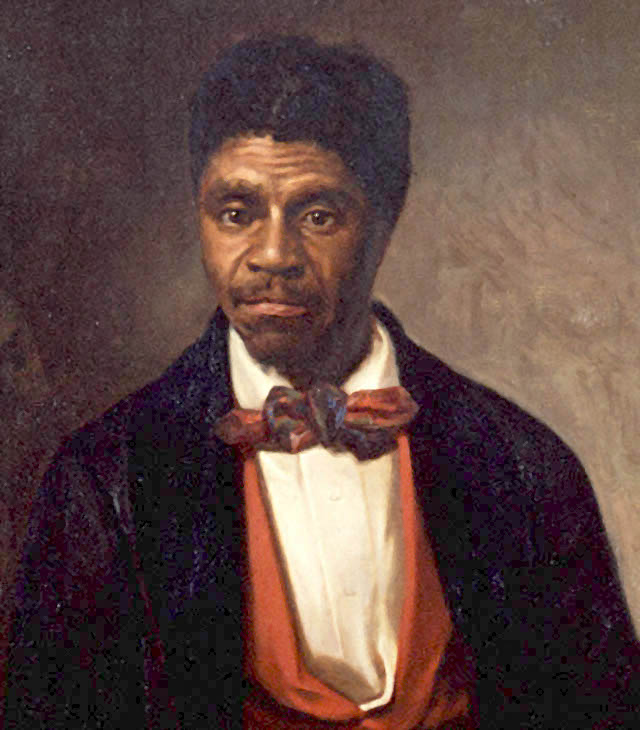
Dred Scott is the infamous U.S. Supreme Court decision which is recognized as the worst U.S. Supreme Court decision ever. Come learn why it is the worst and learn how this U.S. Supreme Court decision played a role in triggering the Civil War. Dred Scott sued for his freedom in Missouri and the case made its way through the legal system while events played out in the country that made the Civil War inevitable.
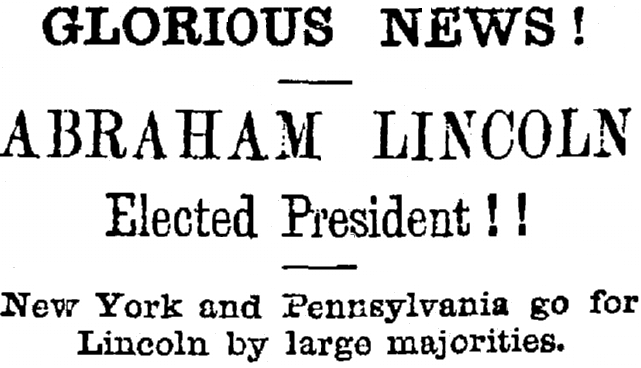
You are guaranteed to leave this presentation with new insights into U.S. history and to learn exactly why the Civil War was fought.
Feedback from other attendees:
"Excellent presentation - we did not fall asleep even once!" :-)
"Great presentation, we learned a lot!"
"Wow, that was entertaining as well as educational. Thanks."
"Best visuals I have seen with any presentation."
"I didn't think I could learn so much history in one hour."
"Great!"
"An excellent job of relating many different events."
"An amazing presentation, I learned so much about the build up to the Civil War."
"Outstanding presentation!"
"Incredible amount of history covered in a small amount of time."
"Thank you for so much history that I had not associated with the Civil War."
"I now realize that the origins of the Civil War go back much farther than I had thought."
Wednesday, February 25, 2015 at 7:15 p.m. - Dr. Steve Hindle, of the Huntington Library, will compare the English Civil War and the U.S. Civil War
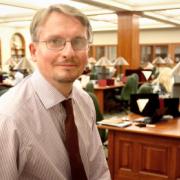
Dr. Steve Hindle, The Huntington's W.M. Keck Foundation Director of Research, will present By Sword and Rifle Divided? The English and American Civil Wars in Comparative Historical Perspective in which he explores the similarities and differences between these two wars.
Dr. Steve Hindle assumed the Directorship of Research at the Huntington Library in 2011, after sixteen years in the Department of History at the University of Warwick. Trained as a social and economic historian of seventeenth-century England, he is the author of two books, The State and Social Change in Early Modern England (2000), and On the Parish? The Micro-politics of Poor Relief in Rural England, 1550-1750 (2004); and editor of Remaking English Society: Social Change and Social Relations in Early Modern England (2013); and has written numerous scholarly articles on patterns of social relations in English rural communities, including one on food supply during the English Civil War.
In his presentation titled, By Sword and Rifle Divided?: The English and American Civil Wars in Comparative Historical Perspective, Dr. Hindle will unveil how both English and American society still bear the scars of the internecine strife which characterized them in mid-seventeenth and mid-nineteenth centuries. Each conflict had its martyrs, its heroes and its villains, and each still has a contested legacy. Dr Steve Hindle provides fascinating insights into how the tools of comparative history can help analyze the similarities and differences between the English Civil War and the U.S. Civil War.
Join us at the Pasadena Central Library on February 25 at 7:15 p.m. to enjoy this superb and compelling presentation.
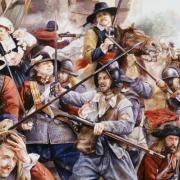
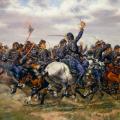
Tuesday, January 27, 2015 at 7:15 p.m. - Dr. Ken Ballou on Camels in the American Southwest
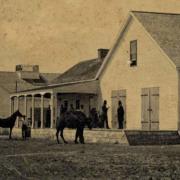 Between the Mexican War and the American Civil War, the United States was rapidly expanding westward and found challenges in the overland communication with its newly acquired territory of California. The urgency for a solution only increased with the discovery of gold at Sutter’s Mill. Secretary of War Jefferson Davis leant his support to the effort to import camels from the Middle East to use as pack animals and possibly even as cavalry mounts. The camels arrived in 1856.
Between the Mexican War and the American Civil War, the United States was rapidly expanding westward and found challenges in the overland communication with its newly acquired territory of California. The urgency for a solution only increased with the discovery of gold at Sutter’s Mill. Secretary of War Jefferson Davis leant his support to the effort to import camels from the Middle East to use as pack animals and possibly even as cavalry mounts. The camels arrived in 1856.
They proved their value in an overland march along the 35th parallel from central Texas, through what would become New Mexico and Arizona, and finally to southern California. This expedition was supervised by Edward Beale, a hero of the Mexican War and a prominent California land owner. Despite several other trail excursions that only enhanced the camels’ reputation as hardy dry-country pack animals, the great experiment came to an end when the country’s attention and resources were diverted with the coming of the Civil War. Lasting reminders of the Southwest’s experience with the Camel Corps may be found even today at Fort Tejon near Bakersfield, the Drum Barracks near Los Angeles, and the Hi Jolly Monument at Quartzite, Arizona.
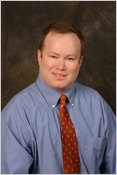 Dr. Kenneth Ballou was born in Lincoln, Nebraska, but grew up in Yucaipa, California. He earned a BA in history at Loma Linda University in La Sierra, California, and later graduated from Loma Linda University School of Medicine in 1993. After completing his residency training and serving in the United States Air Force, he returned to Southern California in 2001 to practice medicine.
Dr. Kenneth Ballou was born in Lincoln, Nebraska, but grew up in Yucaipa, California. He earned a BA in history at Loma Linda University in La Sierra, California, and later graduated from Loma Linda University School of Medicine in 1993. After completing his residency training and serving in the United States Air Force, he returned to Southern California in 2001 to practice medicine.
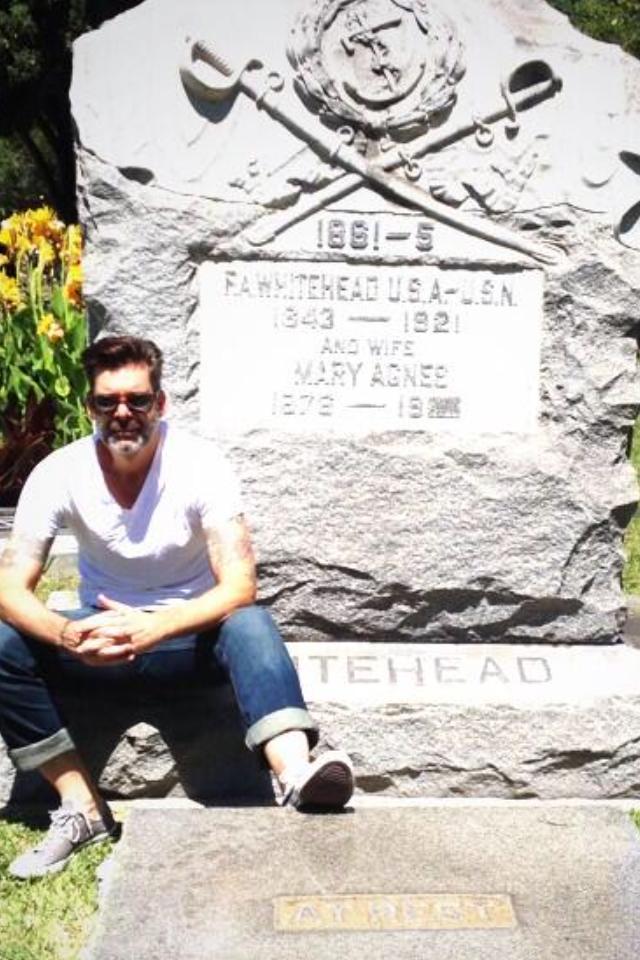 Tuesday, October 28, 2014 at 7:15 p.m. - Keith Harris on Reconciliation after the Civil War and Civil War veterans.
Tuesday, October 28, 2014 at 7:15 p.m. - Keith Harris on Reconciliation after the Civil War and Civil War veterans.
By the end of the 19th century, veterans of the Civil War had reformed their ranks into armies of commemoration. Organizations such as the Grand Army of the Republic and the United Confederate Veterans focused their efforts on celebrating war experiences through speeches, parades, and monument dedications. In a reunited nation, “forgiveness” appeared as a conspicuous leitmotif in veterans’ commemorative cultures. In fact, modern observers will detect a vibrant reconciliatory theme well embedded in most commemorative activity. But reconciliation notwithstanding, veterans continued to frame their commemorations in terms of the war’s most divisive issues, citing slavery, emancipation, treason, and tyranny to perpetuate the memory of their respective causes.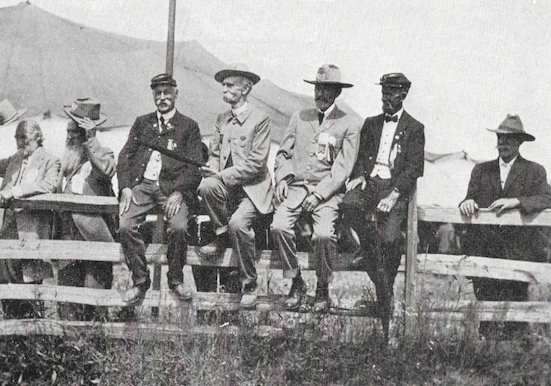
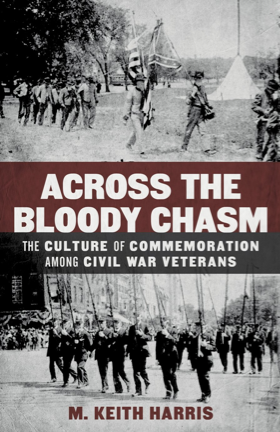 While claiming to be reconciled, veterans fought a war of words well in to the twentieth century. How did these seemingly antithetical positions coexist? The answer reflects the ways in which veterans perceived their place in the American historical narrative broadly defined. Each side considered itself the inheritors of the founding generation, and thus each side could resurrect the notion of unity without having to dismiss the issues of conflict, as many twentieth and twenty-first century scholars would later suggest. These men generally forgave their former enemies – they embraced reconciliation. But they not forget.
While claiming to be reconciled, veterans fought a war of words well in to the twentieth century. How did these seemingly antithetical positions coexist? The answer reflects the ways in which veterans perceived their place in the American historical narrative broadly defined. Each side considered itself the inheritors of the founding generation, and thus each side could resurrect the notion of unity without having to dismiss the issues of conflict, as many twentieth and twenty-first century scholars would later suggest. These men generally forgave their former enemies – they embraced reconciliation. But they not forget.
M. Keith Harris earned a bachelor’s degree in history from UCLA and a Ph. D. in 19th century American history from the University of Virginia. He is the author of Across the Bloody Chasm: Commemorative Culture Among Civil War Veterans, which will be available November 24th from LSU Press. He is the editor of the web-based The Americanist Independent: A Monthly Journal of United States History and the host of Keith Harris History, a multi-media US History network. One can find more information on all of Keith’s work at http://keithharrishistory.com
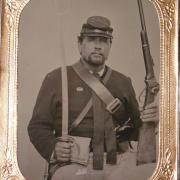
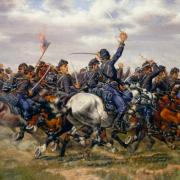
Wednesday August 27, 2014 at 7:15 p.m.
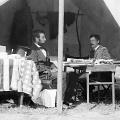
Bradley Harjehausen of the University of Redlands will be presenting a fascinating look at the conflict between Lincoln and McClellan.
Tuesday July 29, 2014 at 7:15 p.m.
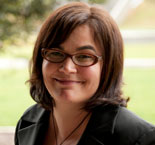 Professor Kathleen Feeley of the University of Redlands will be presenting a fascinating look at the history of the U.S. Civil War as depicted in film over the years. Don't miss this exciting look at how Hollywood has portrayed the Civil War.
Professor Kathleen Feeley of the University of Redlands will be presenting a fascinating look at the history of the U.S. Civil War as depicted in film over the years. Don't miss this exciting look at how Hollywood has portrayed the Civil War.
June 26, 20114
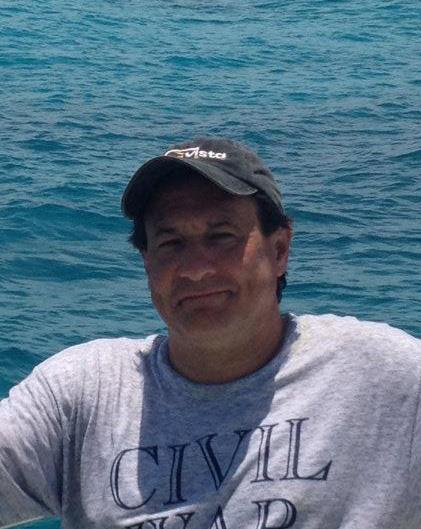
Theodore Savas, author, publisher and founder of Savas Beatie book publishers, will be sharing his insights on the Battle of Payne's Farm.
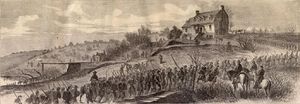 Come learn the intriguing story of this little known engagement of the Civil War. Although widely overlooked, the November 27, 1863, battle of Payne's Farm (part of the Mine Run Campaign) offers a fascinating series of character and leadership studies in addition to its rather unusual tactical evolution. Ted will discusses the various personalities, strategies, and tactics of this combat, together with how the author helped locate and map the battlefield for preservation and the presentation of several relics he discovered and how they fit into the course of the battle. Who were the main players? What were the leadership errors and leadership successes? What can we all learn from this battle? Come find the answers to these questions and many more on June 26, 2014 at the beautiful Pasadena Central Library in the historic Donald R. Wright Auditorium.
Come learn the intriguing story of this little known engagement of the Civil War. Although widely overlooked, the November 27, 1863, battle of Payne's Farm (part of the Mine Run Campaign) offers a fascinating series of character and leadership studies in addition to its rather unusual tactical evolution. Ted will discusses the various personalities, strategies, and tactics of this combat, together with how the author helped locate and map the battlefield for preservation and the presentation of several relics he discovered and how they fit into the course of the battle. Who were the main players? What were the leadership errors and leadership successes? What can we all learn from this battle? Come find the answers to these questions and many more on June 26, 2014 at the beautiful Pasadena Central Library in the historic Donald R. Wright Auditorium. 
May 22, 2014
Sibley would muster his army in San Antonio, Texas and march The Sibley Brigade over 667 miles to what is now El Paso, Texas, then turn up the Rio Grande in hopes of capturing the thinly defended Union forts along with the Union stores in Albuquerque and Santa Fe. Then he would seize the gold and silver mines of Colorado and fund the Rebellion. And his vision was grander still. He would turn west, rallying the people of New Mexico Territory to the Confederate cause. Finally, when the warm weather ports of California were taken, the Union blockade would be broken and the "Second American Revolution" would be complete. But Sibley's chronic kidney stones, the alcohol he used to treat the pain, his strategic, tactical, and logistical errors-along with a fatal dose of Romanticism-doomed his Brigade and the Confederacy's slim but real hopes of winning the Civil War.
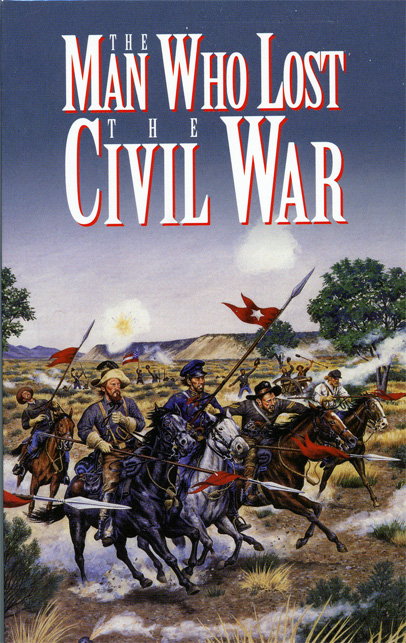
April 24, 2014 - The Pasadena Hastings Branch Library.
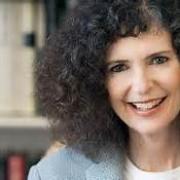 Professor Joan Waugh will reexamine the three surrenders of Confederate armies conducted by Gen. U.S. Grant. After briefly recounting the ones at Fort Donelson and Vicksburg , the emphasis will be on the familiar story of the historic surrender of Confederate forces to Lieutenant General Ulysses S. Grant on April 9, 1865 at Appomattox Courthouse, Virginia. The surrender at Appomattox is generally considered the end of the American Civil War, enshrining a powerful image of a peaceful, perfectly conducted closure to the bloody conflict. Yet the details of Grant's magnanimous surrender document provoked debate, anger, and opposition among the Northern public. This mixed reception casts doubt on Appomattox as a shining moment of reunion and reconciliation, predicting the troubles that lay ahead for President Grant and the country in the postwar era.
Professor Joan Waugh will reexamine the three surrenders of Confederate armies conducted by Gen. U.S. Grant. After briefly recounting the ones at Fort Donelson and Vicksburg , the emphasis will be on the familiar story of the historic surrender of Confederate forces to Lieutenant General Ulysses S. Grant on April 9, 1865 at Appomattox Courthouse, Virginia. The surrender at Appomattox is generally considered the end of the American Civil War, enshrining a powerful image of a peaceful, perfectly conducted closure to the bloody conflict. Yet the details of Grant's magnanimous surrender document provoked debate, anger, and opposition among the Northern public. This mixed reception casts doubt on Appomattox as a shining moment of reunion and reconciliation, predicting the troubles that lay ahead for President Grant and the country in the postwar era. 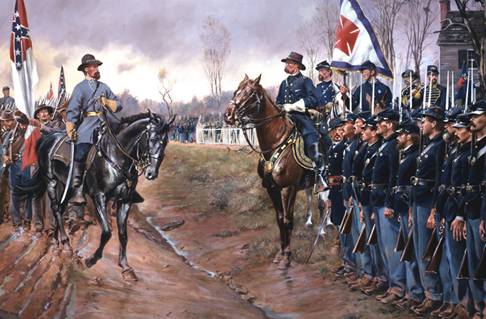
March 27, 2014
Evan Jones shared numerous insights on the Chickamauga and Chattanooga campaigns garnered from his new book Gateway to the Confederacy: New Perspectives on the Chickamauga and Chattanooga Campaigns, 1862-1863.
 Gateway to the Confederacy is a bloody & inspiring tour d'horizon through the marches, battles and sieges, waged across the chessboard of war, surrounding Chattanooga, Tennessee and its "gateway" to the Deep South.
Gateway to the Confederacy is a bloody & inspiring tour d'horizon through the marches, battles and sieges, waged across the chessboard of war, surrounding Chattanooga, Tennessee and its "gateway" to the Deep South.
This book reexamines Chattanooga's irreplaceable role in the Confederate economy, the campaigns' influence on American slavery, as well as the troubled memory carried by its combat survivors into the postwar years. It explores the far-reaching social and political implications of the battles and brings into sharp focus their impact on postwar literature and commemoration.
Several chapters revise the traditional portraits of both famous and controversial figures like Ambrose Bierce and Nathan Bedford Forrest. Others investigate some of the more salient moments of these  battles such as the circumstances that allowed for the Confederate breakthrough assault at Chickamauga. The first academic analysis that delineates all three Civil War campaigns fought from 1862 to 1863 for control of Chattanooga; Gateway to the Confederacy reassesses a series of events long in need of reappraisal, and breaks new ground as each contributing scholar reshapes a particular aspect of this momentous part of the Civil War.
battles such as the circumstances that allowed for the Confederate breakthrough assault at Chickamauga. The first academic analysis that delineates all three Civil War campaigns fought from 1862 to 1863 for control of Chattanooga; Gateway to the Confederacy reassesses a series of events long in need of reappraisal, and breaks new ground as each contributing scholar reshapes a particular aspect of this momentous part of the Civil War.
A body of work from some of the finest Civil War historians working today, Gateway to the Confederacy is an instant classic, and will appeal to anyone interested in American history.
February 27, 2014
Dr. Richard Carwardine presented a fascinating lecture at the Huntington Library, Pasadena Civil War Round Table's first joint venture with the Huntington Library, on Abraham Lincoln called laughter ‘the joyous, beautiful, universal evergreen of life.’ A staple of his diet, it was a feature universally noted by his contemporaries, friend and foe alike. But what did it signify? This talk looks seriously at what made Lincoln laugh, exploring what it reveals about his temperament, personality, and moral values, and suggests how he made mirth and story-telling key weapons in his relations with others.
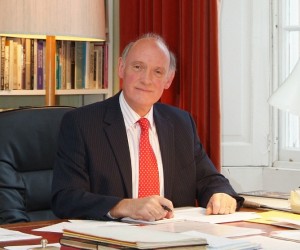
OCTOBER 24, 2013
We are pleased to announce that MICHAEL L. ODDENINO will be joining us to speak on the topic of THE ORATORY OF ABRAHAM LINCOLN - THE GETTYSBURG ADDRESS AND ITS PLACE IN HISTORY.
Speaker Michael L. Oddenino
 The Gettysburg Address, the Declaration of Independence and the Constitution constitute the essential DNA of the United States of America. This month’s speaker will tell the story of how the Gettysburg Address came to be and why it is such a significant part of our identity as a country. Fascinating characters and events came together to enable Abraham Lincoln to deliver one of the most famous speeches in history. This presentation will allow you to hear the Gettysburg Address with new insights into its history and its meaning. This is an unforgettable story which continues to impact our lives today.
The Gettysburg Address, the Declaration of Independence and the Constitution constitute the essential DNA of the United States of America. This month’s speaker will tell the story of how the Gettysburg Address came to be and why it is such a significant part of our identity as a country. Fascinating characters and events came together to enable Abraham Lincoln to deliver one of the most famous speeches in history. This presentation will allow you to hear the Gettysburg Address with new insights into its history and its meaning. This is an unforgettable story which continues to impact our lives today.
This month’s speaker is our own CWRT member, Michael L. Oddenino. He grew up in Virginia surrounded by Revolutionary War and Civil War history. After majoring in history as an undergraduate at Virginia Tech where he studied Civil War history under Dr. James I. Robertson, Jr., (author of “Stonewall Jackson: The Man, The Soldier, The Legend” and other volumes as well as being a popular speaker on Civil War topics), Michael continued his studies and received his J.D. from the University of Virginia School of Law. He has been a practicing lawyer since 1978 while maintaining his primary affection for history.
His interest in oratory led him to develop an interpretation of Patrick Henry’s famous “Liberty or Death” speech, which he has performed in many venues including the Las Vegas “Strip.” www.patrickhenrylive.com
Michael’s Civil War studies cover a broad range of topics; and he will be giving this talk at this year’s West Coast Civil War Conference in November. If you enjoyed his presentation to our CWRT in May on the Battle of Ball’s Bluff, you won’t want to miss this one.
Come join us as we get a preview of this presentation before the rest of the world.
SEPTEMBER 26, 2013
We are pleased to announce that JENNIFER A. WATTS will be joining us to speak on the topic of A STRANGE AND FEARFUL INTEREST: THE MAKING OF A CIVIL WAR EXHIBITION:
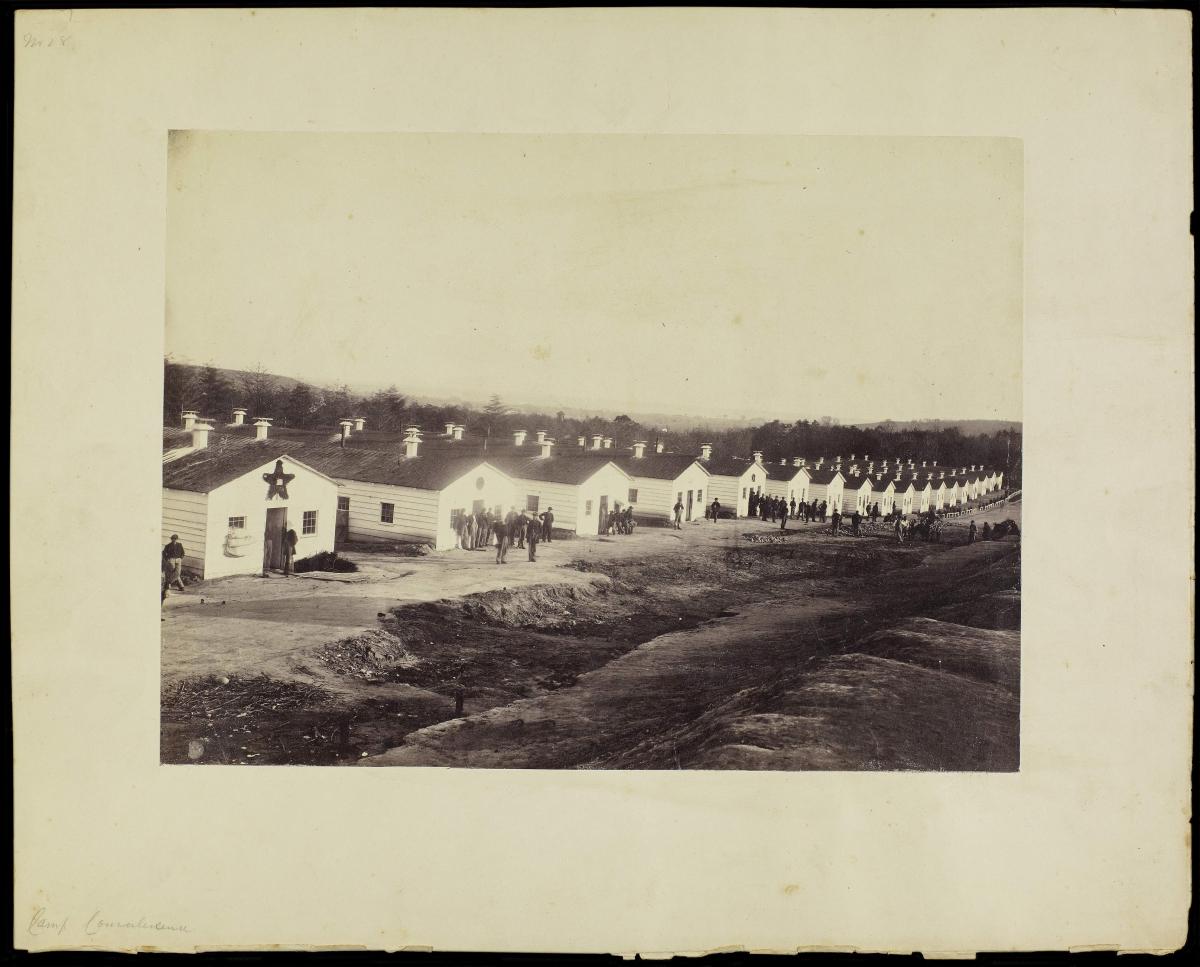
Camp Convalescent, Alexandria, Virginia - January, 1864
Photo by Andrew J. Russell (1829-1902)
(courtesy of The Huntington Library; one of the many photos from this exhibit)
In late 2012, The Huntington Library hosted a marvelous Civil War exhibit called A Strange and Fearful Interest: Death, Mourning, and Memory in the American Civil War, ending after a very successful run on January 14, 2013. Thanks to the wonders of the Internet, the exhibit and these images can still be experienced at: www.huntington.org/civilwar
Our speaker this month will address the history and growth of the Huntington’s Civil War photography collections – as well as the planning, the process, and the design – that went into the curating of the institution’s first such exhibition drawn exclusively from its unparalleled visual holdings.
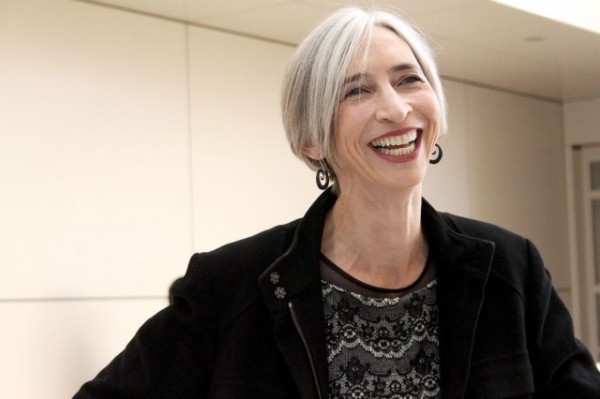 Jennifer A. Watts is Curator of Photographs at The Huntington Library, Art Collections, and Botanical Gardens in San Marino, where she has worked since 1991 overseeing a collection of more than one million images. Her exhibitions and coauthored publications related to historic and contemporary photography of California and the American West include This Side of Paradise: Body and Landscape in Los Angeles Photographs (2008), Edward Weston: A Legacy (2003), and The Great Wide Open: Panoramic Photographs of the American West (2001). She is editor and contributing author to Maynard L. Parker: Modern Photography and the American Dream, about the life and career of a notable mid-century architectural and garden photographer. A forthcoming exhibition will explore the work of contemporary artists Paul Caponigro and Bruce Davidson within the context of Britain and Ireland in the 1960s and 1970s. It will open at the Yale Center for British Art in July 2014 before traveling to The Huntington.
Jennifer A. Watts is Curator of Photographs at The Huntington Library, Art Collections, and Botanical Gardens in San Marino, where she has worked since 1991 overseeing a collection of more than one million images. Her exhibitions and coauthored publications related to historic and contemporary photography of California and the American West include This Side of Paradise: Body and Landscape in Los Angeles Photographs (2008), Edward Weston: A Legacy (2003), and The Great Wide Open: Panoramic Photographs of the American West (2001). She is editor and contributing author to Maynard L. Parker: Modern Photography and the American Dream, about the life and career of a notable mid-century architectural and garden photographer. A forthcoming exhibition will explore the work of contemporary artists Paul Caponigro and Bruce Davidson within the context of Britain and Ireland in the 1960s and 1970s. It will open at the Yale Center for British Art in July 2014 before traveling to The Huntington.
Come join us to hear the behind-the-scenes story of how this exhibit came together.
AUGUST 22, 2013
We are pleased to announce that ANNETTE JAMES-ROGERS will be joining us to speak on the topic of MY GREAT-GRANDFATHER AND THE 26th REGIMENT, NEW YORK, UNITED STATES COLORED TROOPS.
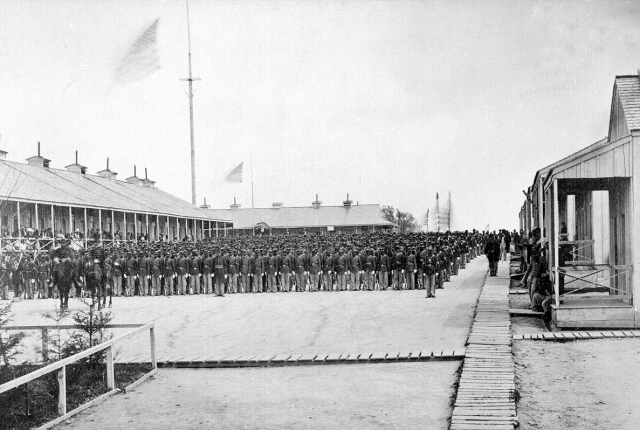
26th Regiment, U.S. Colored Troops at Camp William Penn
La Mott, Pennsylvania - 1865
Courtesy of National Archives
We will have the rare opportunity this month for a descendent of a Civil War soldier to tell us about her ancestor.
Henry J. James was a member of the 26th Regiment, New York, U.S. Colored Troops. Our speaker will be sharing with us his life before the war, how he came to enlist in the U.S. Colored Troops, his time at Camp William Penn, the battle history of this regiment and Henry’s military record.
Henry’s family was unusual, in that they were also involved with a colonization effort in Haiti before they returned to the U.S. and Henry enlisted.
Our speaker will also share with us more about free people of color and issues of war.
Annette James-Rogers is a retired Clinical Therapist / Patient Education Specialist. She earned her Bachelor’s degree in Psychology from the University of Massachusetts at Amherst, and her Master’s of Science in Social Sciences from Boston University. She is the Sr. V.P. of Daughters of Union Veterans of the Civil War, Tent 86, and also serves as Patriotic Instructor for the DUV’s California/Nevada Department.
From her grandfather, she first learned about his father’s history and enlistment in the Union Army. This sparked her interest in Civil War history. As an aspiring writer, she hopes to tell the story of her family’s involvement in the attempt to colonize Haiti.
Come join us to hear about this very personal history of one Civil War soldier.
JULY 25, 2013
We are pleased to announce that STEVE LUND will be joining us to speak on the topic of AMERICAN CIVIL WAR IRONCLADS
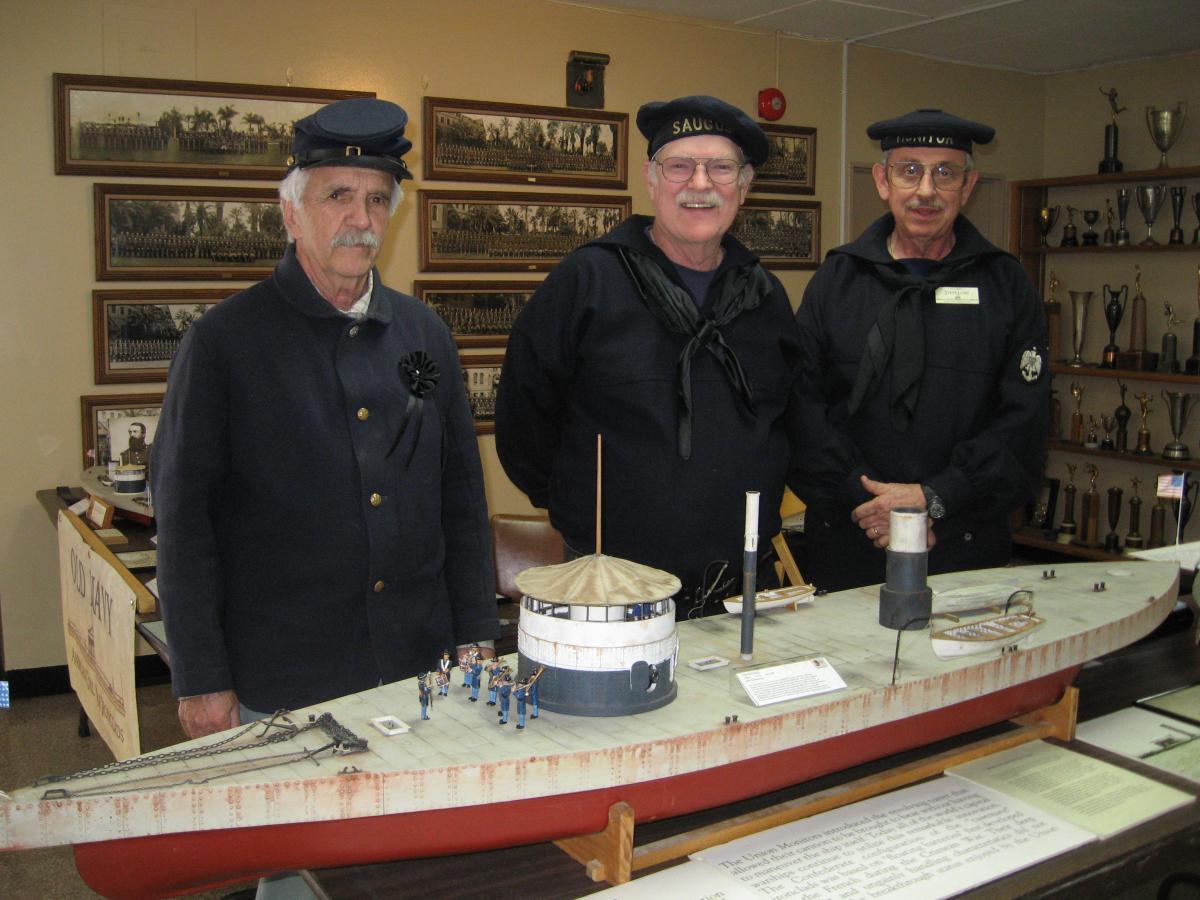
Speaker Steve Lund (far right) and fellow Civil War reenactors at St. Catherine’s Military Academy event - March, 2013.
Just in case you thought that the topic of Civil War ironclad ships would only cover the CSS Virginia and the USS Monitor, this month’s presentation will dispel you of that notion.
The talk will cover the genesis of the development of the ironclad warships in the US Civil War and their impact on the subsequent Industrial Revolution.
And did you know that California had its own ironclad, the USS Camanche? We will find out the history of this ship, and where it is today.
In addition to the talk, our speaker will have a display of model ships to illustrate the various types of ironclads.
Our speaker, Steve Lund, served 29 years of combined active and reserve service in the US Army. He did a tour of duty in the Viet Nam War as a helicopter gunship pilot, among other assignments. Steve received the Soldiers Medal for valor, two Bronze Stars, and the Air Medal (16) for combat service. His civilian career has included 15 years in the aerospace field, with the last 14 years flying fixed wing aircraft in law enforcement aviation, principally in counterdrug aerial surveillance. He is currently helping run a business providing support to the Pomona Police Dept.’s Counterdrug Task Force.
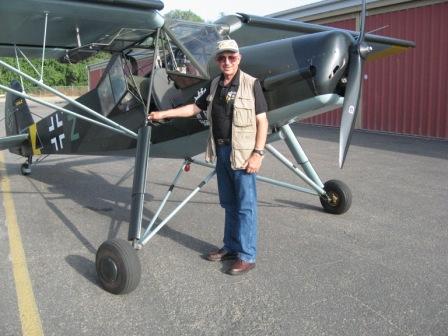 With an abiding interest in history, Lund has been an active Civil War reenactor since 1997. He developed an interest in the subject of ironclad warships, and has constructed a dozen radio controlled models and given numerous presentations to the public. Steve has also co-authored a book, “Modeling Civil War Ironclad Ships.” He first gave this presentation at last November’s West Coast Civil War Round Table Conference.
With an abiding interest in history, Lund has been an active Civil War reenactor since 1997. He developed an interest in the subject of ironclad warships, and has constructed a dozen radio controlled models and given numerous presentations to the public. Steve has also co-authored a book, “Modeling Civil War Ironclad Ships.” He first gave this presentation at last November’s West Coast Civil War Round Table Conference.
Steve Lund with his self-built replica of a German WW II
Fieseler Fi 156 "Storch" (Stork) observation plane.
Come join us to hear about the history of this technical innovation, and how it impacted the Civil War.
JUNE 27, 2013
We are pleased to announce that DR. JON WILLEN OF THE WEST VALLEY CIVIL WARRIORS will be joining us to speak on the topic of LINCOLN'S FIRST RESPONDER
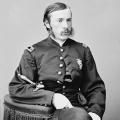 In June 2012, Lincoln researchers announced the discovery in the National Archives of a report written by US Army Capt. Dr. Charles Leale after the death of Pres. Abraham Lincoln. Dr. Leale was the first doctor to arrive at the presidential box at Ford's Theatre on April 14, 1865 after John Wilkes Booth fatally shot President Lincoln in the back of the head with a Philadelphia derringer pistol.
In June 2012, Lincoln researchers announced the discovery in the National Archives of a report written by US Army Capt. Dr. Charles Leale after the death of Pres. Abraham Lincoln. Dr. Leale was the first doctor to arrive at the presidential box at Ford's Theatre on April 14, 1865 after John Wilkes Booth fatally shot President Lincoln in the back of the head with a Philadelphia derringer pistol.
At the time, Dr. Leale was a 23-year-old surgeon in charge of the Wounded Commissioned Officers' Ward, United States Army General Hospital in Armory Square, Washington, DC. Just six weeks earlier he had graduated from Bellevue Hospital Medical College in New York.
His intent in going to Ford's Theatre that night was to study the President's features; but little did he anticipate becoming the President's attending physician in the last nine hours of Lincoln's life. Leale's rediscovered report was the first medical documentation of these hours, later followed by testimony to Congress in 1866, and a 1909 speech detailing his treatment of Lincoln.
Our speaker this month is a returning favorite, Dr. Jon Willen, of the West Valley Civil Warriors. His presentation will discuss these events as well as the autopsy conducted on the President's body the following day at the White House.
Dr. Willen is a specialist in Infectious Diseases at the West Hills Hospital Medical Center. He is a reenactor of Civil War medicine and surgery. He has produced two videos on Civil War medicine; and has presented papers at the conferences of the National Museum of Civil War Medicine, as well as the Society of Civil War Surgeons. He serves on the board of the latter organization.
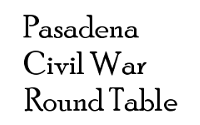


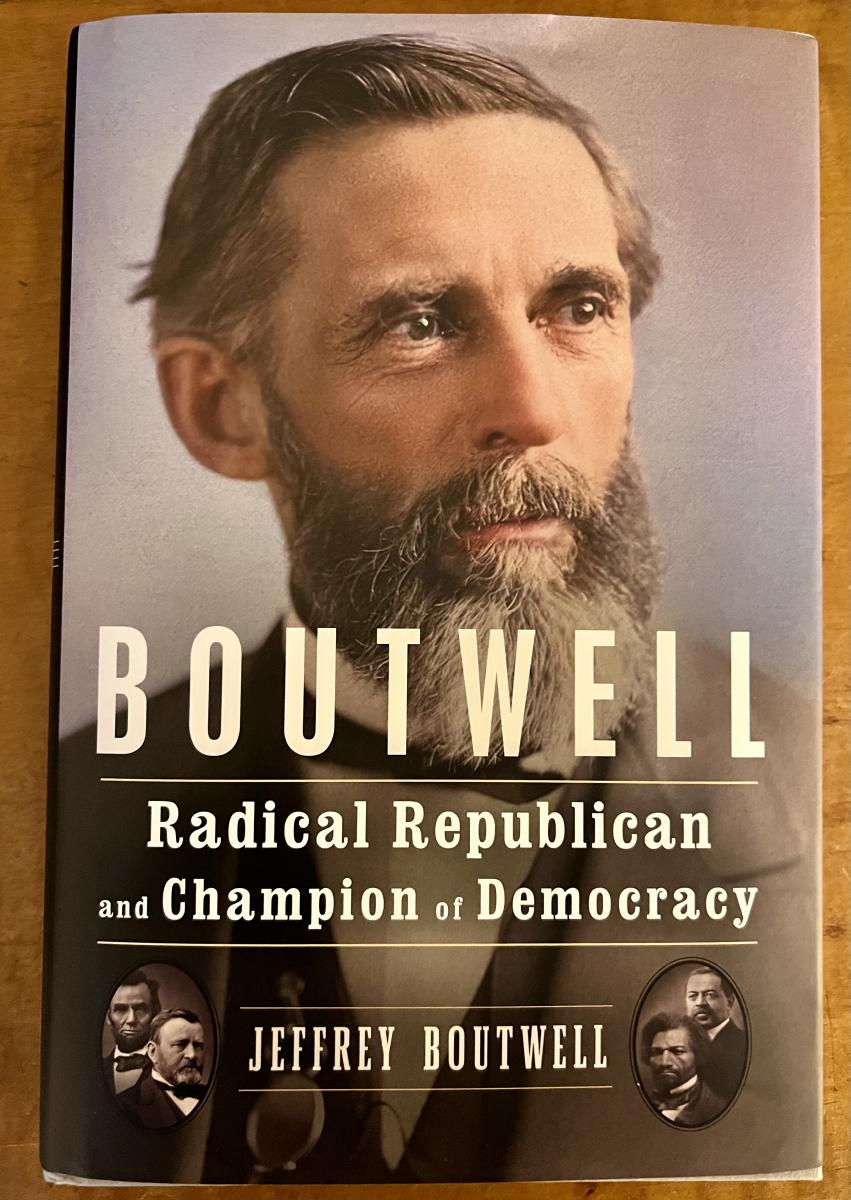
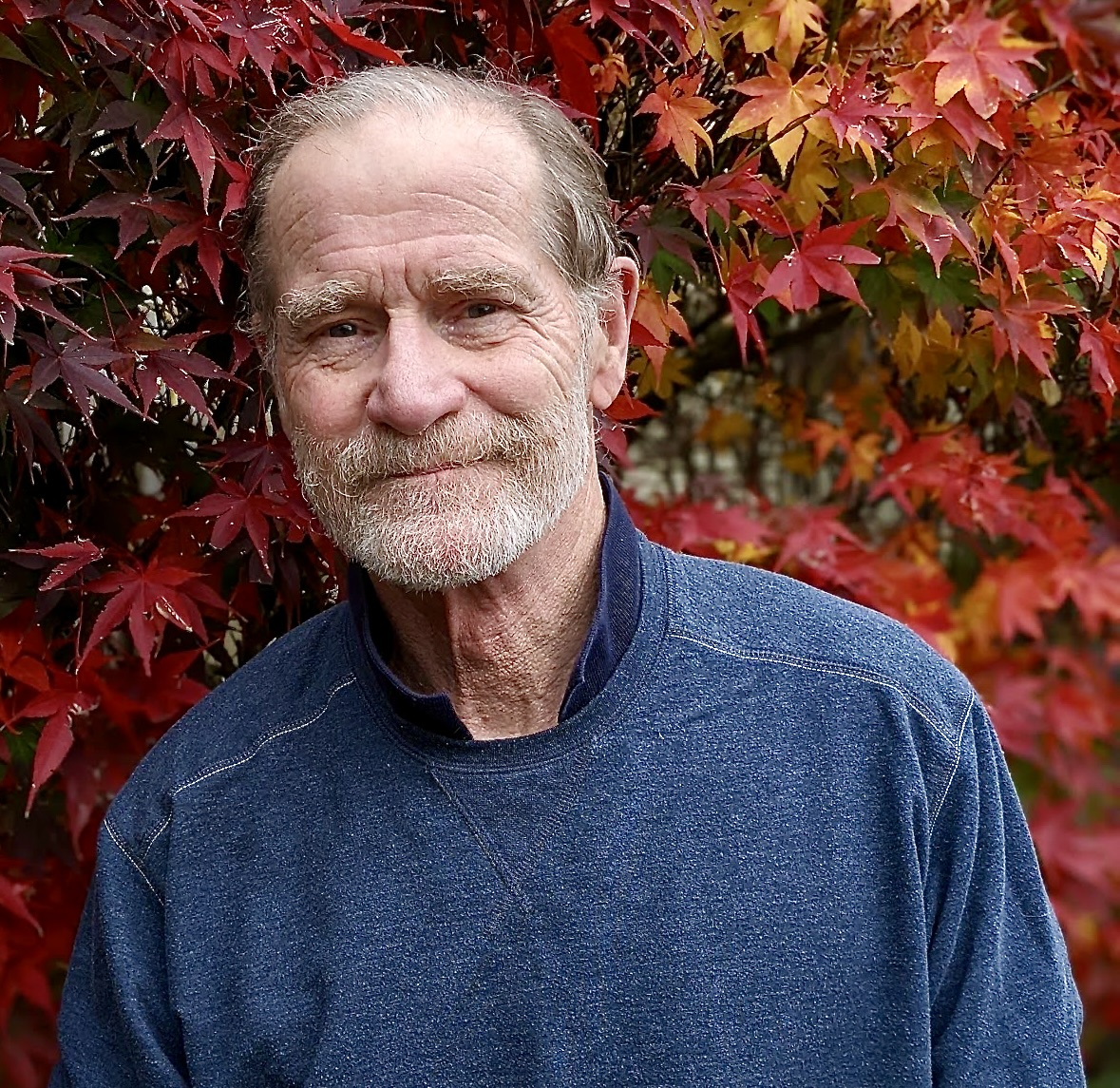
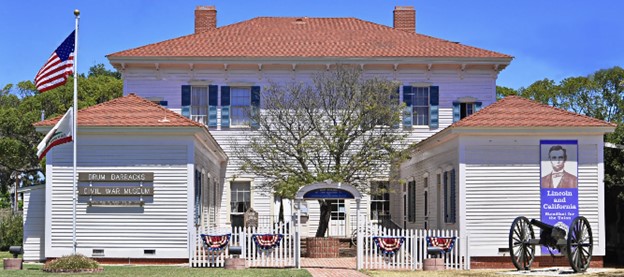
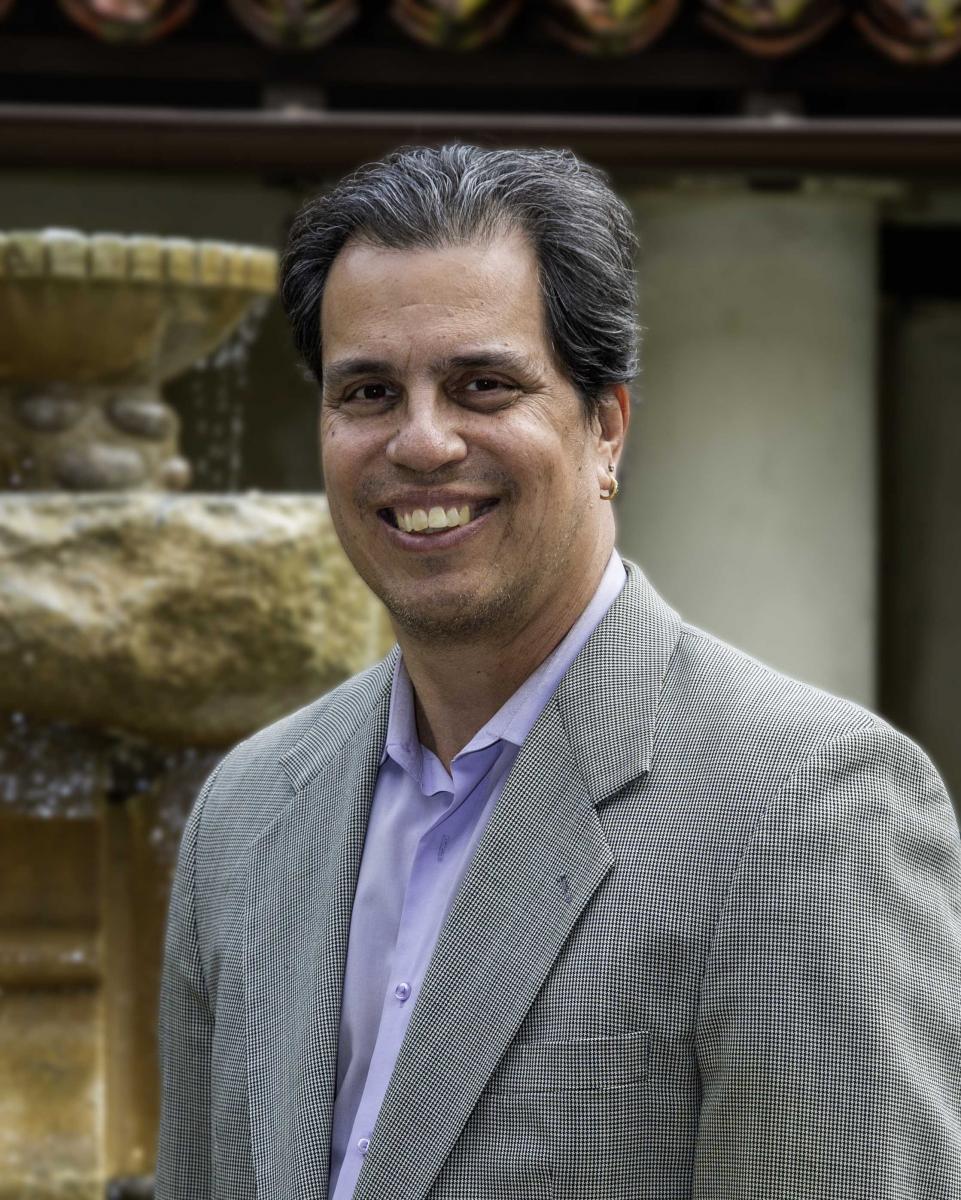
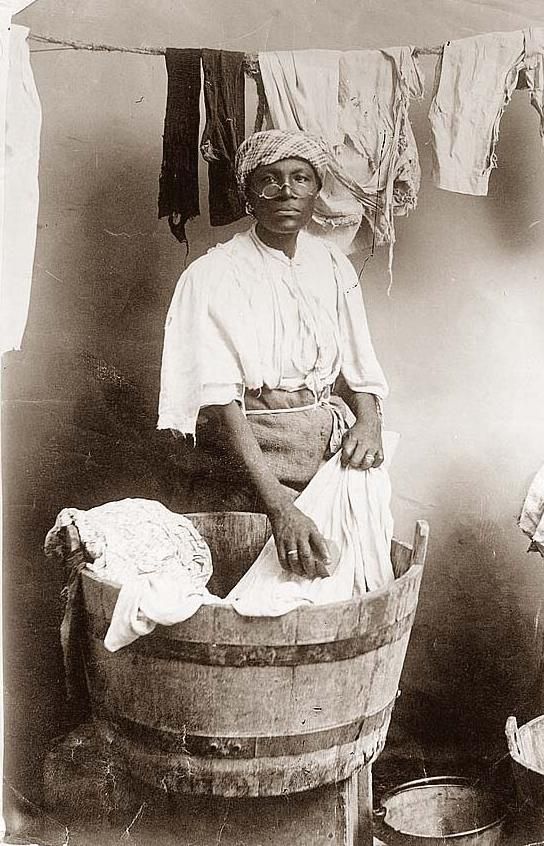
 David Dixon earned his M.A. in history from the University of Massachusetts in 2003. His first book, The Lost Gettysburg Address, told the unusual life story of Texas slaveholder Charles Anderson, whose speech followed Lincoln’s at Gettysburg, but was never published. It turned up 140 years later in a cardboard box in Wyoming. Dixon shared this compelling story with our CWRT in March, 2016.
David Dixon earned his M.A. in history from the University of Massachusetts in 2003. His first book, The Lost Gettysburg Address, told the unusual life story of Texas slaveholder Charles Anderson, whose speech followed Lincoln’s at Gettysburg, but was never published. It turned up 140 years later in a cardboard box in Wyoming. Dixon shared this compelling story with our CWRT in March, 2016. 
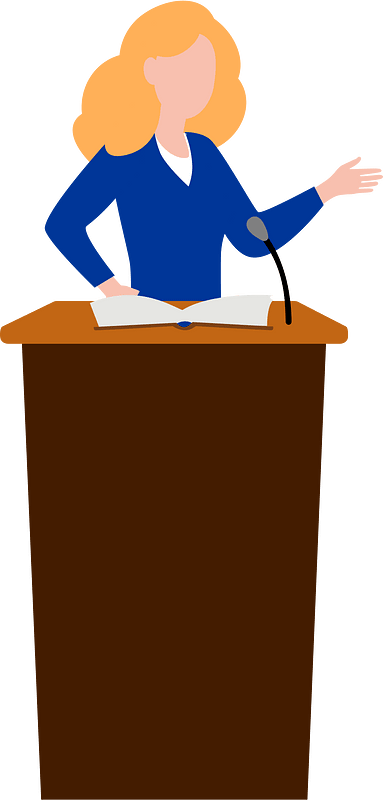
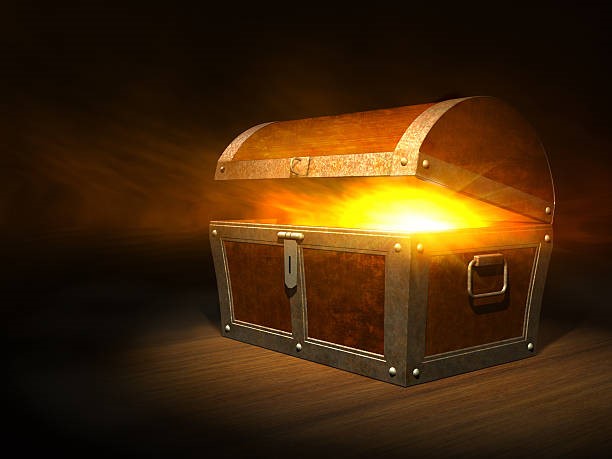

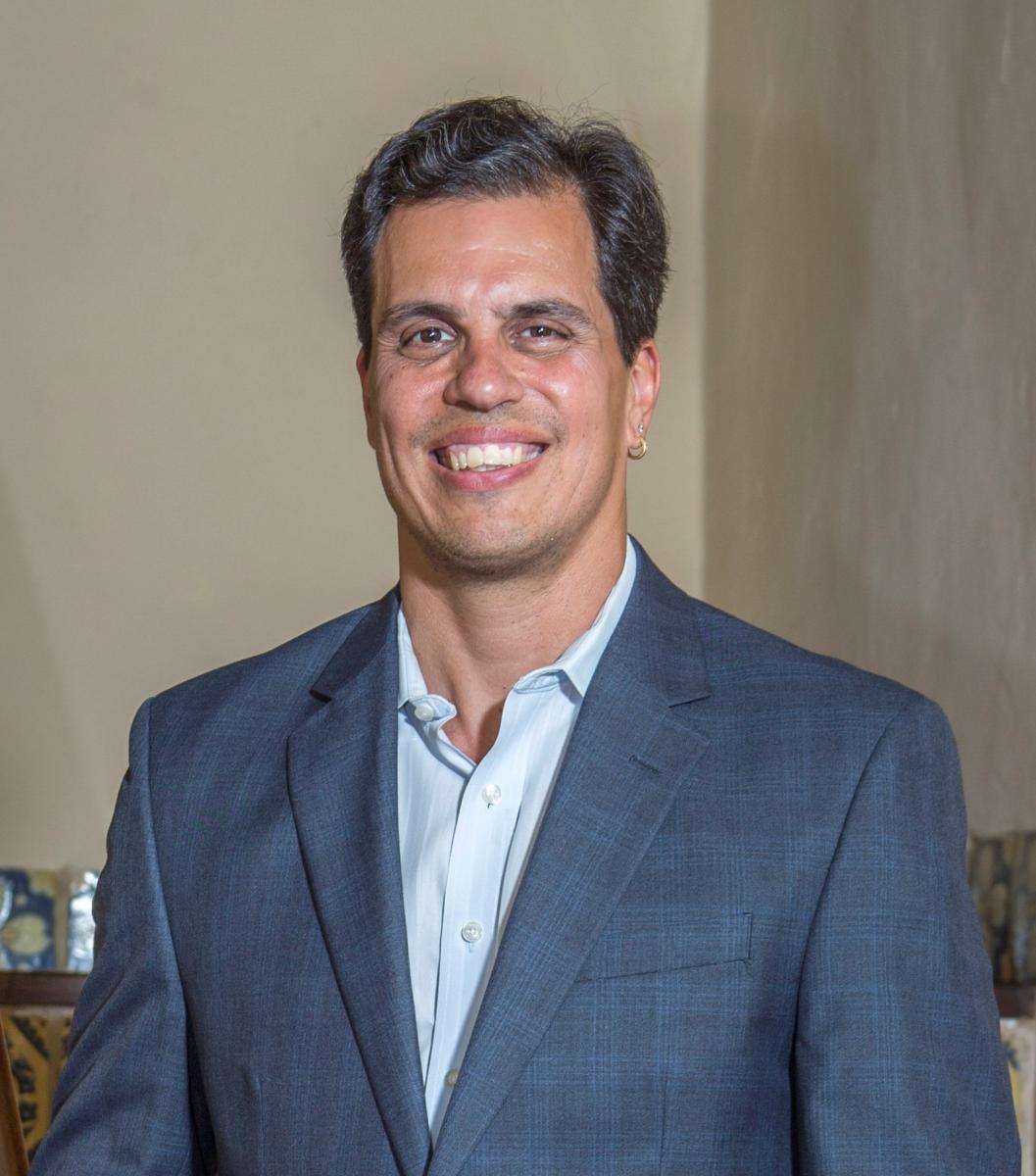
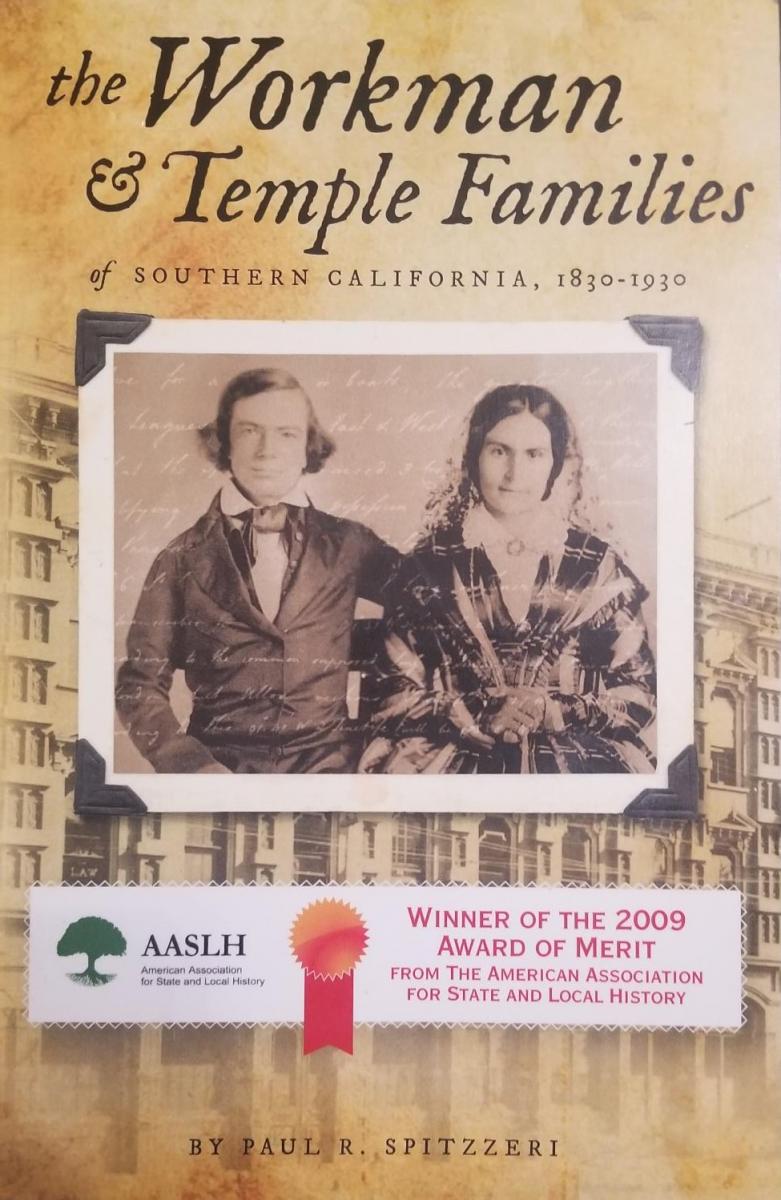
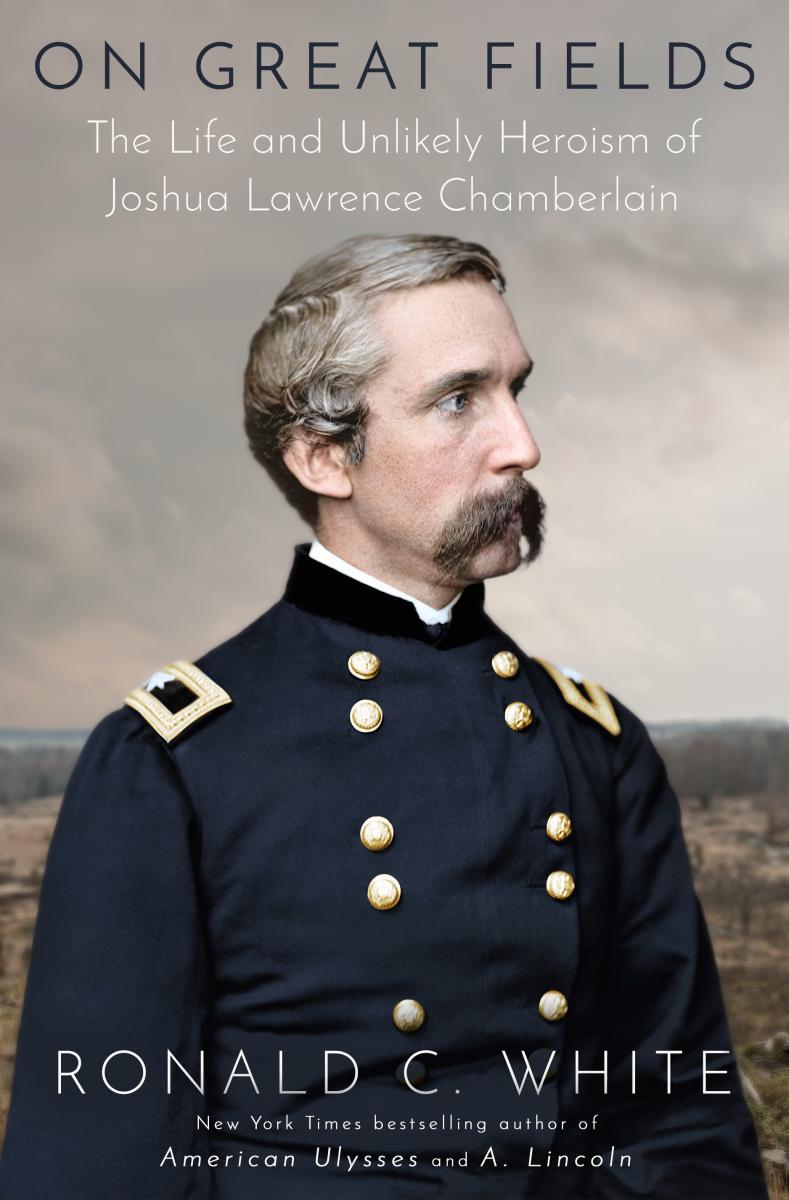
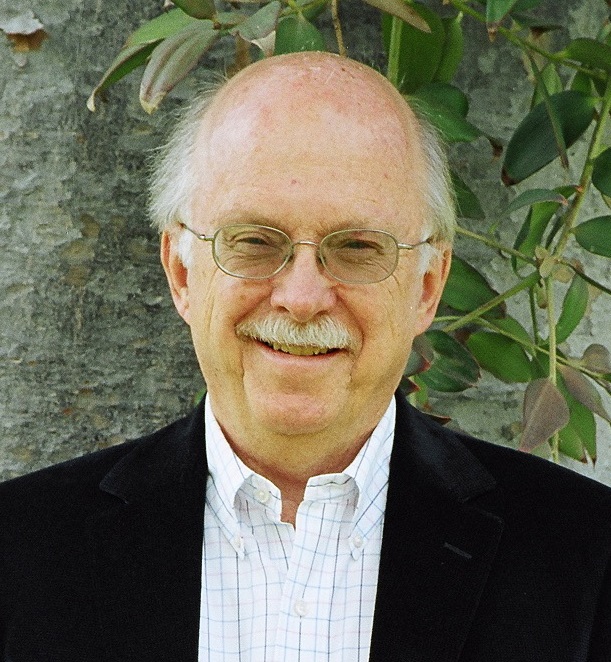
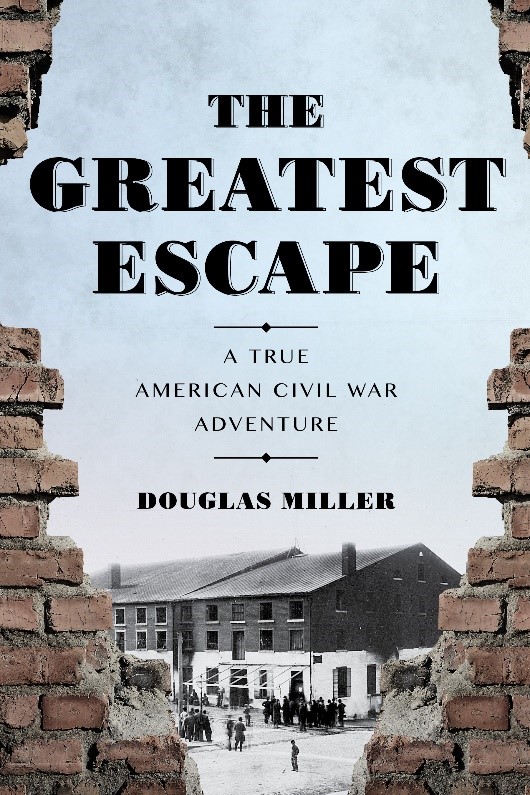 The Greatest Escape: A True American Civil War Adventure tells the amazing story of the largest prison breakout in U.S. history. It took place during the Civil War, when more than 1200 Yankee officers were jammed into Libby, a special prison considered escape-proof, in the Confederate capitol of Richmond, Virginia.
The Greatest Escape: A True American Civil War Adventure tells the amazing story of the largest prison breakout in U.S. history. It took place during the Civil War, when more than 1200 Yankee officers were jammed into Libby, a special prison considered escape-proof, in the Confederate capitol of Richmond, Virginia.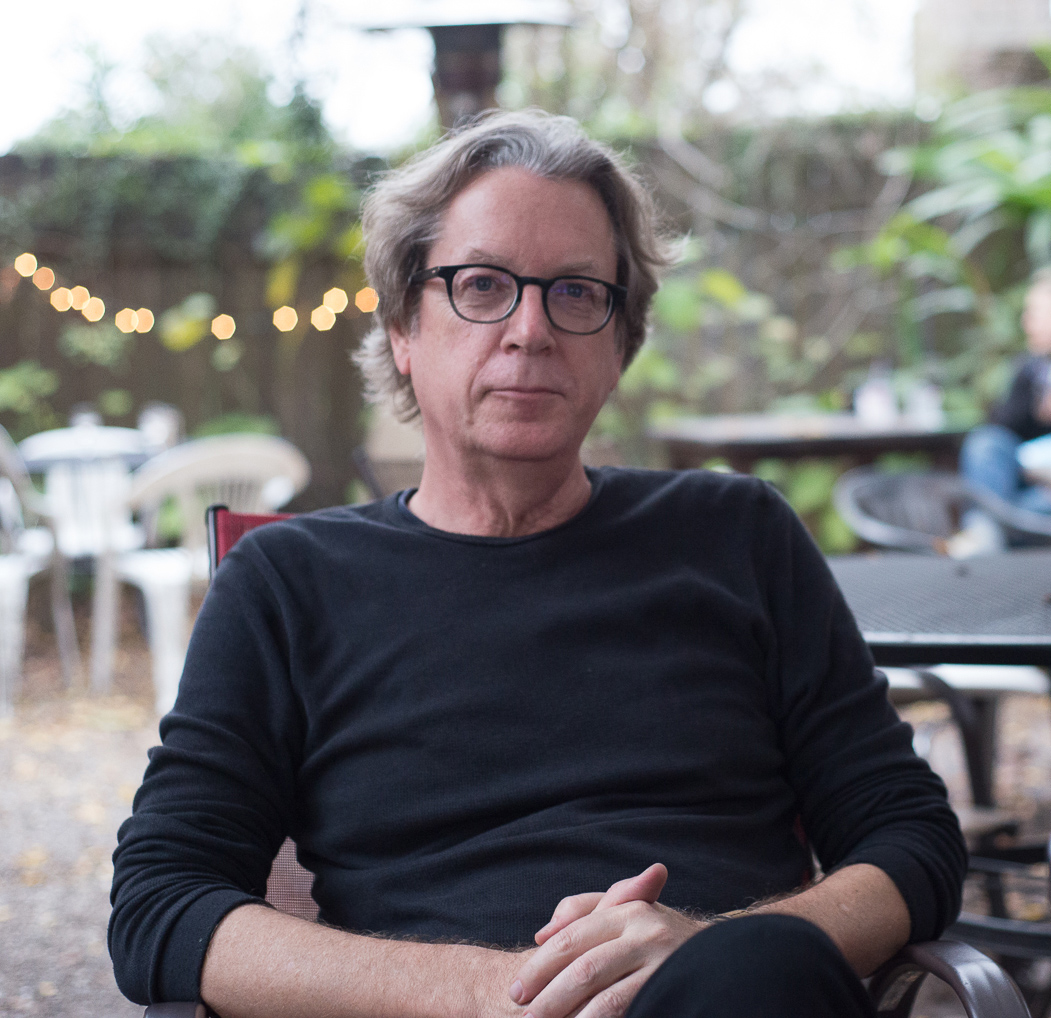 Douglas Miller is a writer, filmmaker, and photographer based in Los Angeles. He is best known for producing and writing the popular independent documentary “When Stand Up Stood Out,” about the “gold rush” of the 70s and 80s Boston Comedy scene, and for writing and editing the documentary “Bettie Page Reveals All,” which won “Best Feature Documentary” at the 2013
Douglas Miller is a writer, filmmaker, and photographer based in Los Angeles. He is best known for producing and writing the popular independent documentary “When Stand Up Stood Out,” about the “gold rush” of the 70s and 80s Boston Comedy scene, and for writing and editing the documentary “Bettie Page Reveals All,” which won “Best Feature Documentary” at the 2013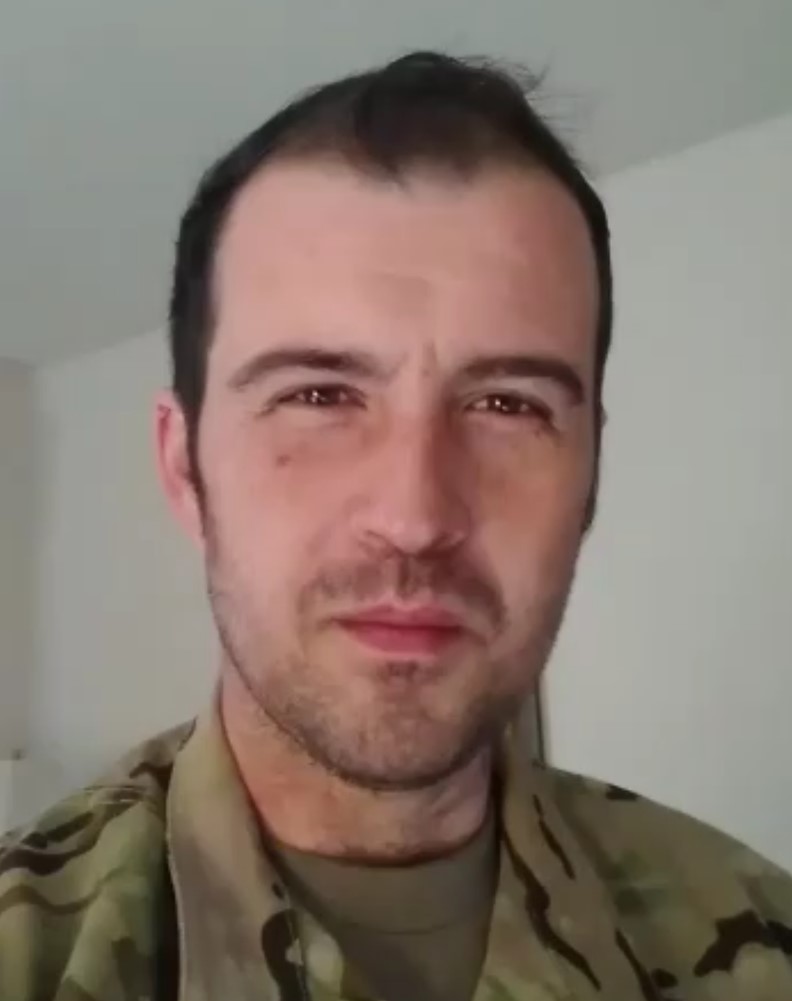 Zach Foster is an historian with an endless passion for local history and lore. He earned his BA in Political Science from Cal Poly Pomona, currently works as a cultural interpreter and linguist, and is a former reserve soldier. Zach is the author of the upcoming book "The Confederate Territory of Arizona." For the past two years, he's also the man behind the YouTube channel
Zach Foster is an historian with an endless passion for local history and lore. He earned his BA in Political Science from Cal Poly Pomona, currently works as a cultural interpreter and linguist, and is a former reserve soldier. Zach is the author of the upcoming book "The Confederate Territory of Arizona." For the past two years, he's also the man behind the YouTube channel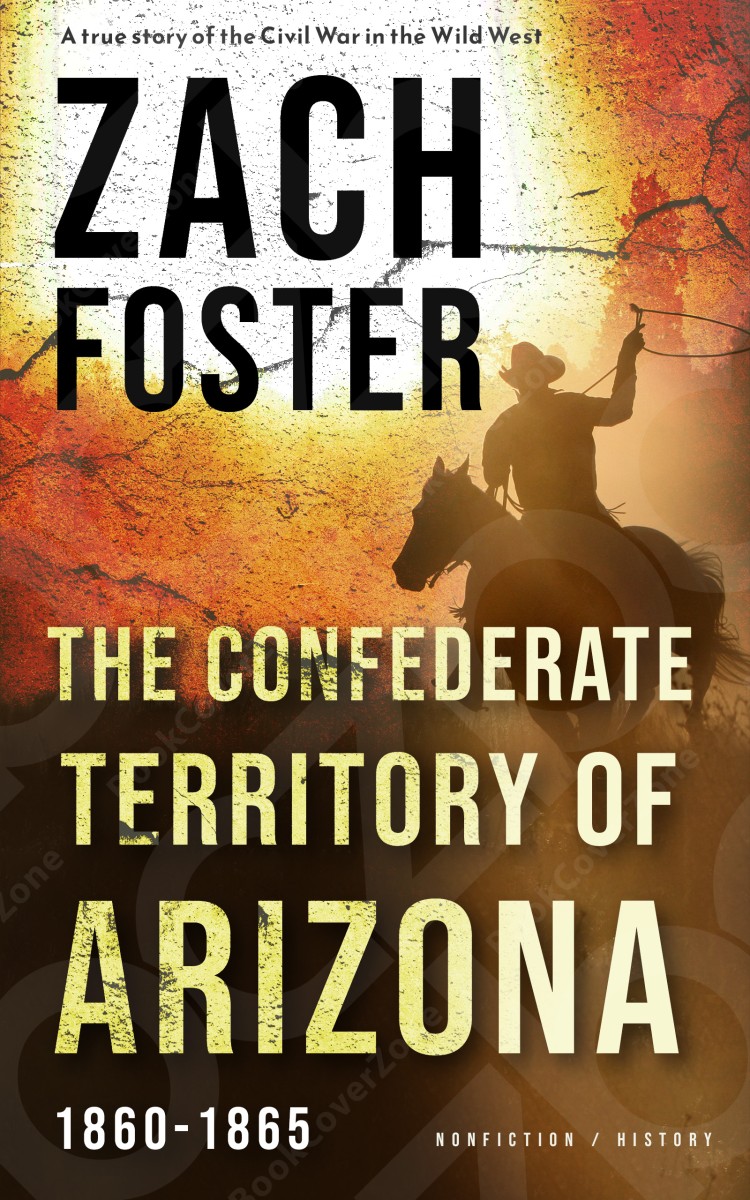

 treasure you might see. In the past our members have shared Civil War swords, artwork, and travel to Civil War sites. Plan on joining us -- you don't know what surprises we will have.
treasure you might see. In the past our members have shared Civil War swords, artwork, and travel to Civil War sites. Plan on joining us -- you don't know what surprises we will have. 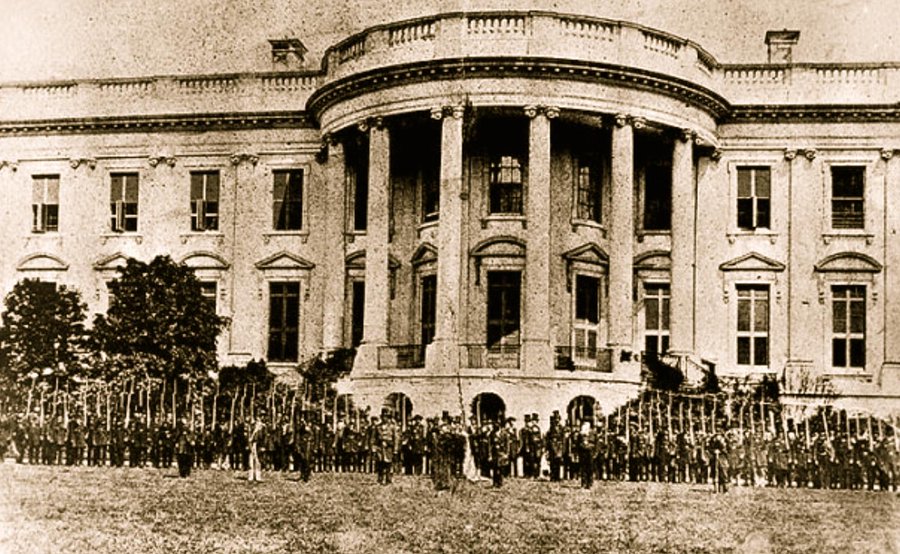
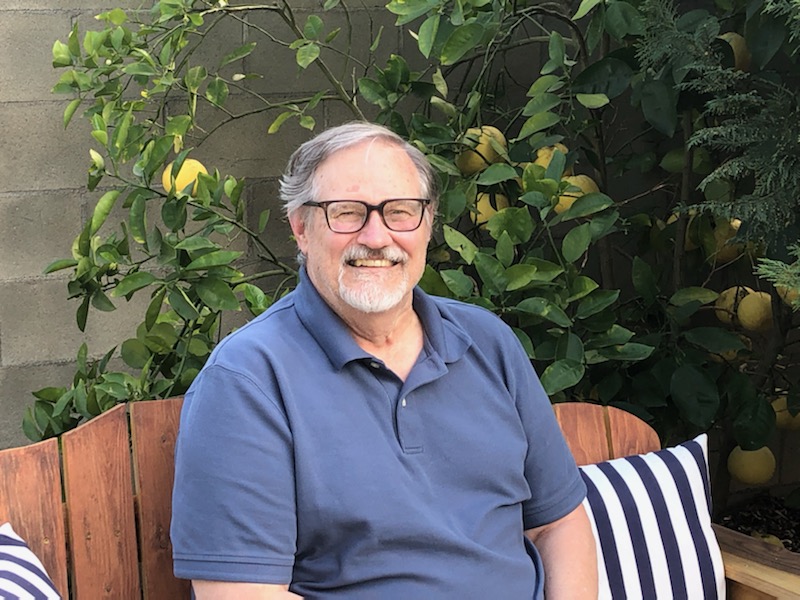 Edward Pearson was born in San Diego to a Naval officer father. He bounced around the U.S., including two years spent at the Naval base at Guantanamo. He went to high school back in San Diego, then came up to LA to go to USC, then to USC Law School. Ed has been an attorney since 1978, practicing the field of Estate and Trust Law. He is currently with the firm of Overton, Lyman & Prince, whose claim is it is the oldest firm in Los Angeles. Ed has always been a student of history generally, U.S. history particularly, and Civil War history even more particularly. He is currently on the Board of Directors of the Pasadena CWRT, holds the office of Vice President, and serves as our "Trivia Master" at each meeting.
Edward Pearson was born in San Diego to a Naval officer father. He bounced around the U.S., including two years spent at the Naval base at Guantanamo. He went to high school back in San Diego, then came up to LA to go to USC, then to USC Law School. Ed has been an attorney since 1978, practicing the field of Estate and Trust Law. He is currently with the firm of Overton, Lyman & Prince, whose claim is it is the oldest firm in Los Angeles. Ed has always been a student of history generally, U.S. history particularly, and Civil War history even more particularly. He is currently on the Board of Directors of the Pasadena CWRT, holds the office of Vice President, and serves as our "Trivia Master" at each meeting.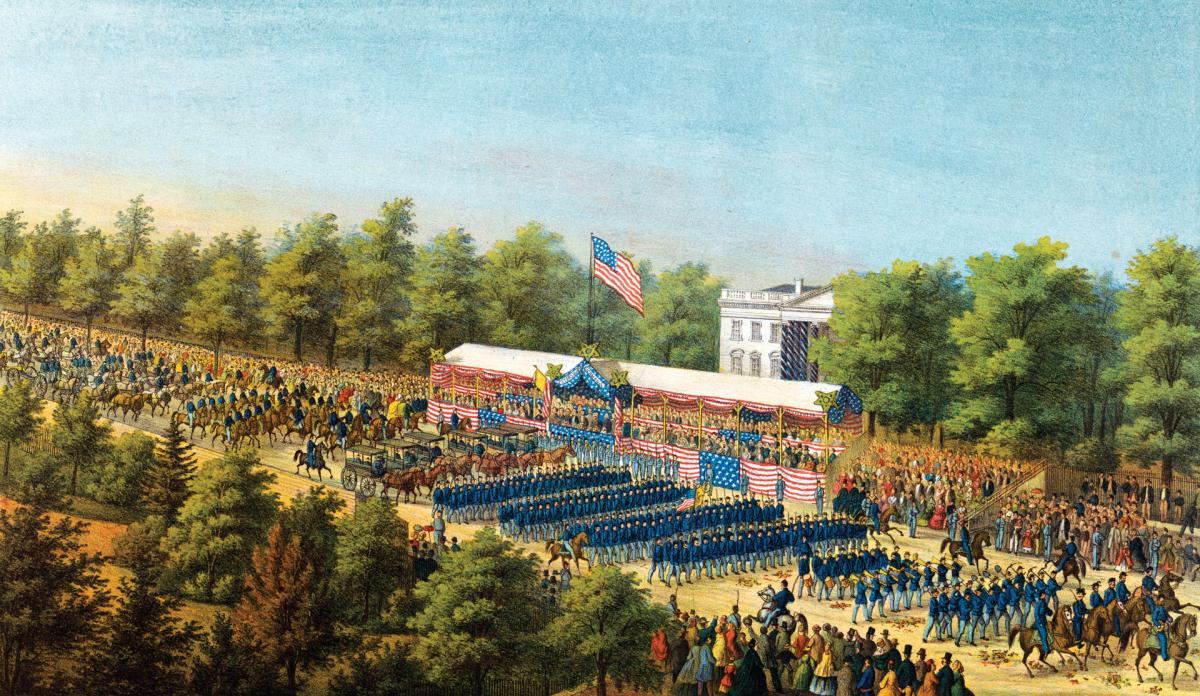
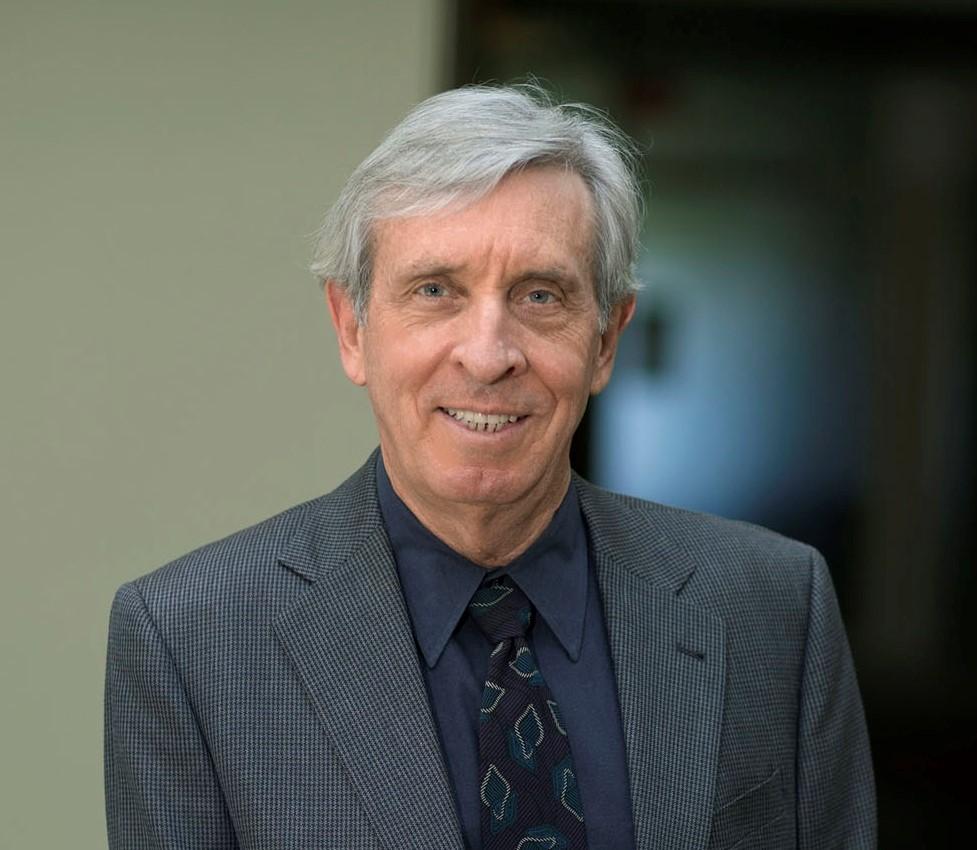 Gary W. Gallagher is the John L. Nau III Professor in the History of the American Civil War Emeritus and former Director of the John L. Nau III Center for Civil War History at the University of Virginia. A native of Los Angeles, he received his B.A. from Adams State College of Colorado and his M.A. and Ph.D. from the University of Texas at Austin. An archivist at the Lyndon Baines Johnson Presidential Library for ten years, he began his academic career in 1986 at Penn State University, where he taught for twelve years and headed the Department of History for five. He joined the faculty of the University of Virginia in 1998. He is the author or editor of more than forty books, including The American War: A History of the Civil War Era (co-authored with Joan Waugh), and his latest title, The Enduring Civil War. He has served as editor of two book series at the University of North Carolina Press - "Civil War America," with more than 115 titles date, and “Military Campaigns of the Civil War,” with 10 titles. He has appeared regularly on the A&E Network's series "Civil War Journal" as well as participating in more than five dozen other television projects in the field. In 2001-2002 he was the Times-Mirror Foundation Distinguished Fellow at the Huntington Library. Many of our members have also attended the more than half dozen Civil War Conferences he and his co-moderator, Joan Waugh, have convened at the Huntington Library, bringing a star-studded cast of preeminent Civil War scholars, authors and historians to the West Coast for our enjoyment and edification. Active in the field of historic preservation, he was president from 1987 to mid-1994 of the Association for the Preservation of Civil War Sites, the organization that merged to become the Civil War Trust and is now known as the American Battlefield Trust. He also served as a member of the Board of the Civil War Trust and has given testimony about preservation before Congressional committees on several occasions.
Gary W. Gallagher is the John L. Nau III Professor in the History of the American Civil War Emeritus and former Director of the John L. Nau III Center for Civil War History at the University of Virginia. A native of Los Angeles, he received his B.A. from Adams State College of Colorado and his M.A. and Ph.D. from the University of Texas at Austin. An archivist at the Lyndon Baines Johnson Presidential Library for ten years, he began his academic career in 1986 at Penn State University, where he taught for twelve years and headed the Department of History for five. He joined the faculty of the University of Virginia in 1998. He is the author or editor of more than forty books, including The American War: A History of the Civil War Era (co-authored with Joan Waugh), and his latest title, The Enduring Civil War. He has served as editor of two book series at the University of North Carolina Press - "Civil War America," with more than 115 titles date, and “Military Campaigns of the Civil War,” with 10 titles. He has appeared regularly on the A&E Network's series "Civil War Journal" as well as participating in more than five dozen other television projects in the field. In 2001-2002 he was the Times-Mirror Foundation Distinguished Fellow at the Huntington Library. Many of our members have also attended the more than half dozen Civil War Conferences he and his co-moderator, Joan Waugh, have convened at the Huntington Library, bringing a star-studded cast of preeminent Civil War scholars, authors and historians to the West Coast for our enjoyment and edification. Active in the field of historic preservation, he was president from 1987 to mid-1994 of the Association for the Preservation of Civil War Sites, the organization that merged to become the Civil War Trust and is now known as the American Battlefield Trust. He also served as a member of the Board of the Civil War Trust and has given testimony about preservation before Congressional committees on several occasions. 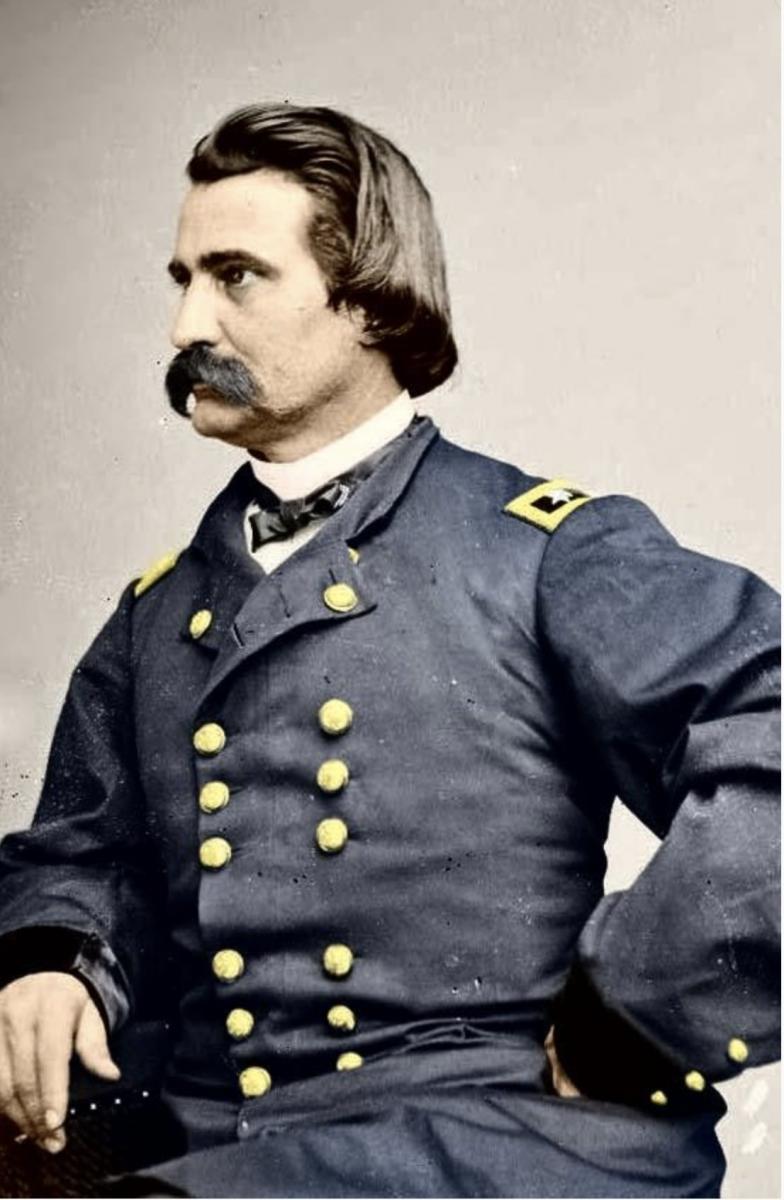
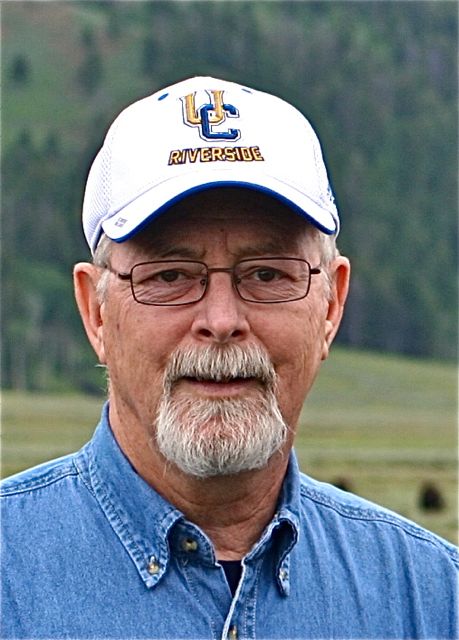
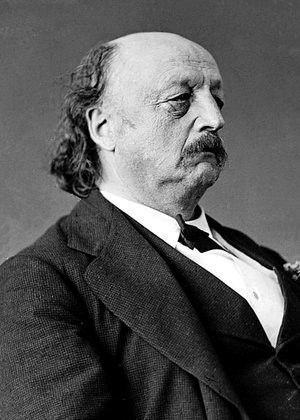
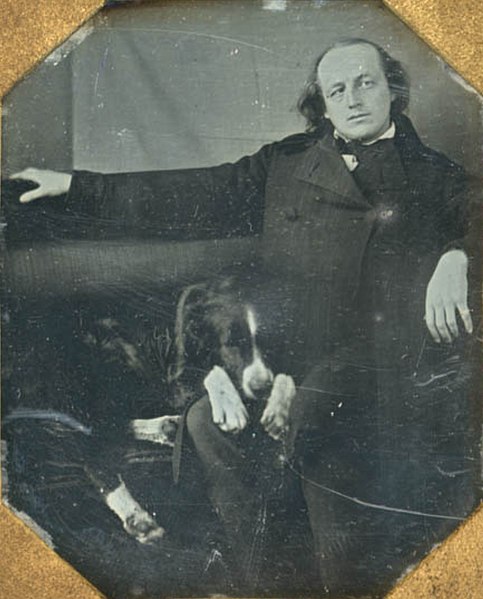

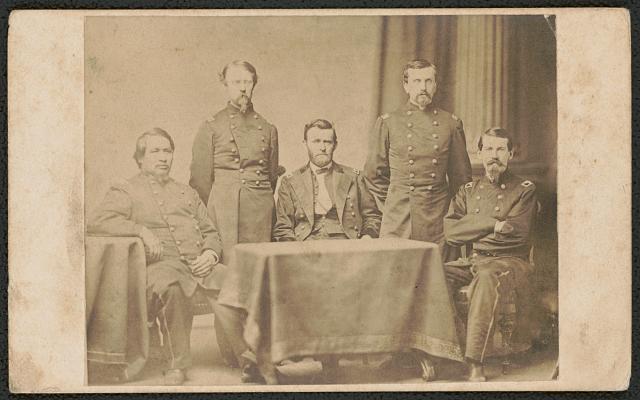
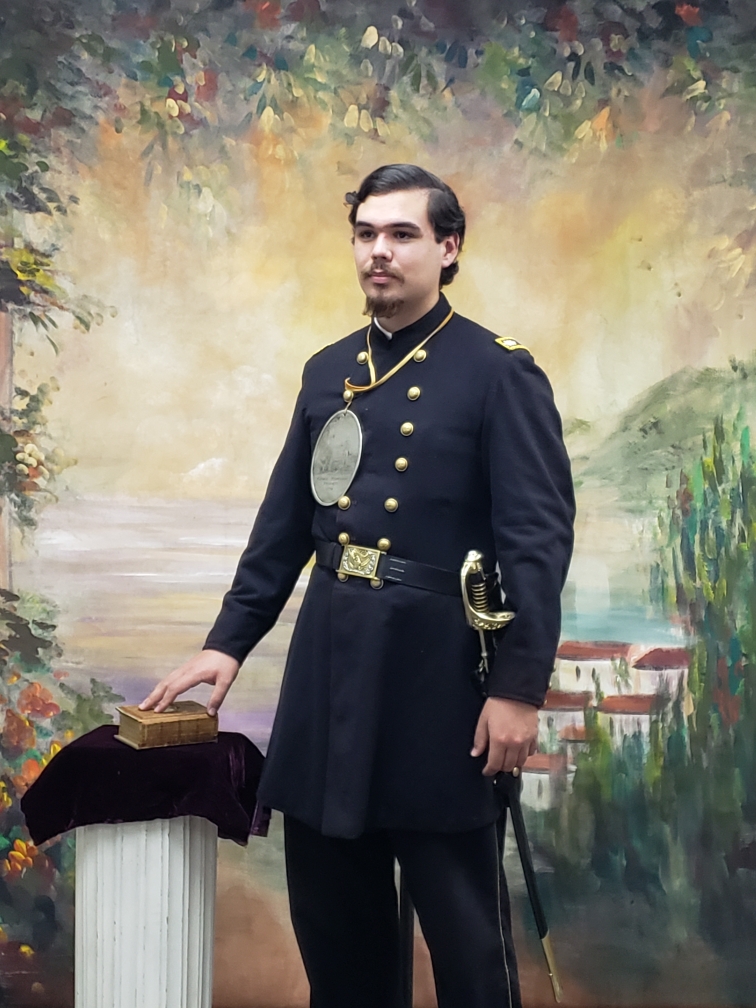
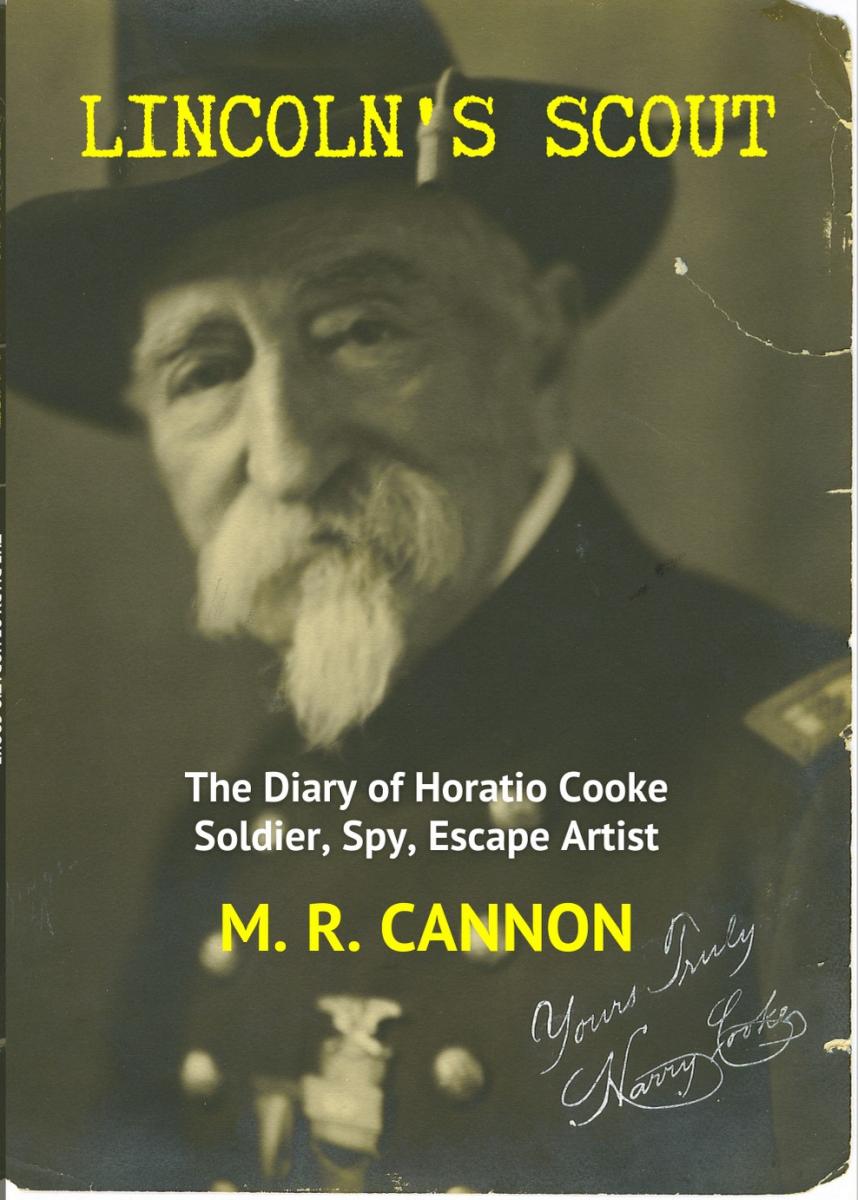
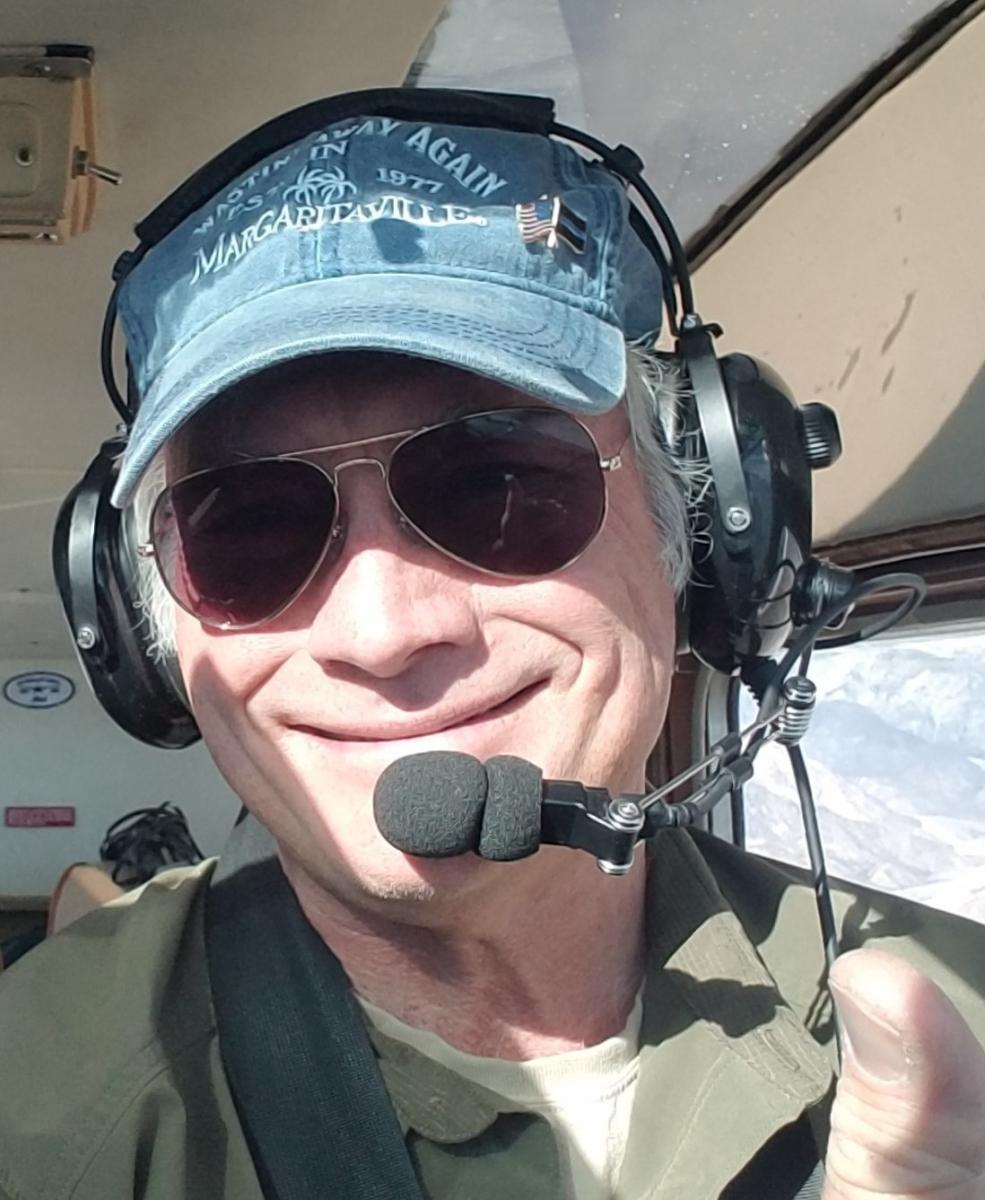
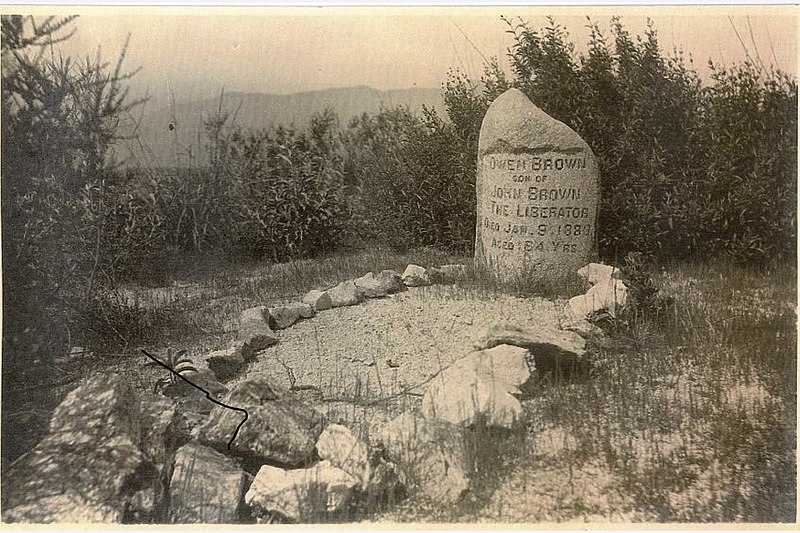
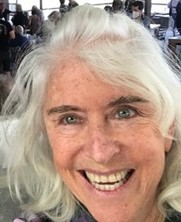
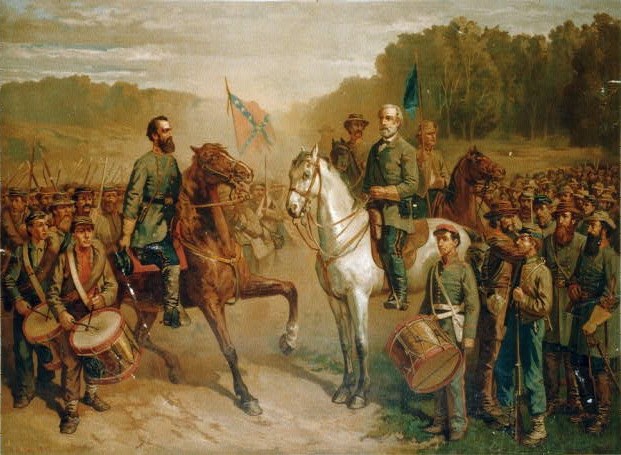 turning the tide of fortune against Joseph Hooker’s Army of the Potomac in dramatic fashion and carrying the Civil War into the North for a second time. The brilliance surrounding Thomas “Stonewall” Jackson’s attack against the Army of the Potomac’s right flank has been countlessly scrutinized in the annals of military history. The remarkable organization and initiative on display from Hooker’s officers foreshadowed the maturation of Union leadership and its relentless fighting spirit in the months to come.
turning the tide of fortune against Joseph Hooker’s Army of the Potomac in dramatic fashion and carrying the Civil War into the North for a second time. The brilliance surrounding Thomas “Stonewall” Jackson’s attack against the Army of the Potomac’s right flank has been countlessly scrutinized in the annals of military history. The remarkable organization and initiative on display from Hooker’s officers foreshadowed the maturation of Union leadership and its relentless fighting spirit in the months to come.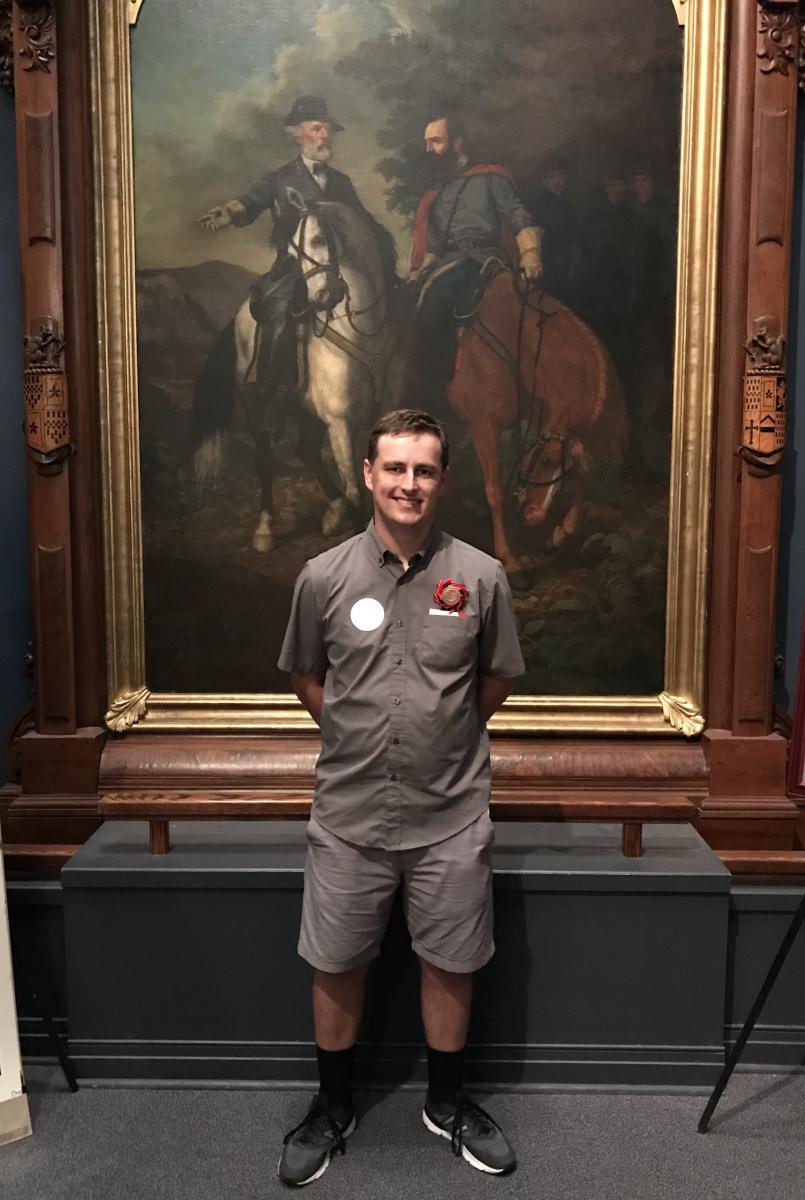
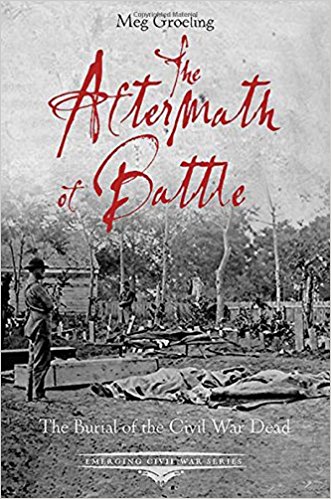
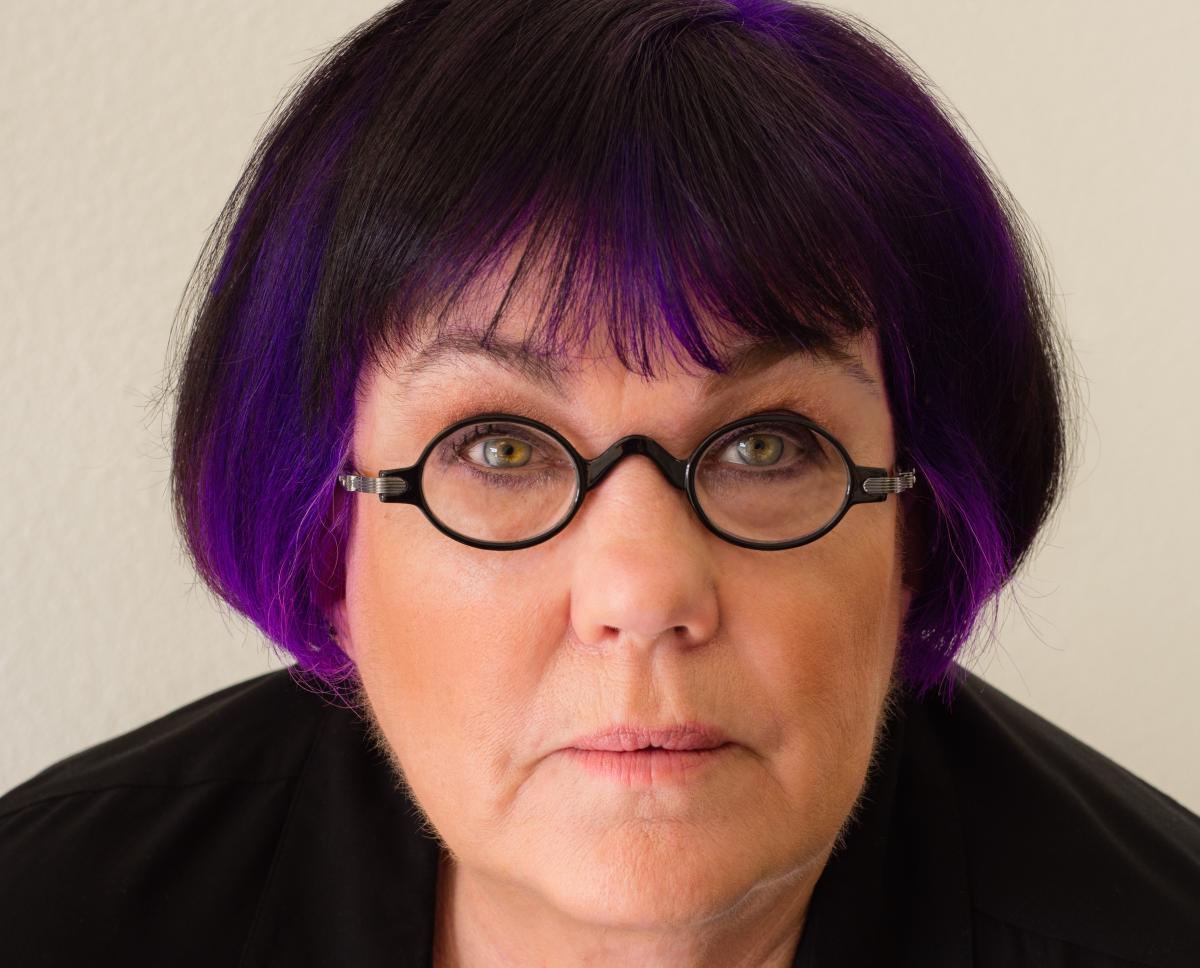

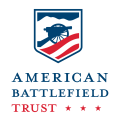
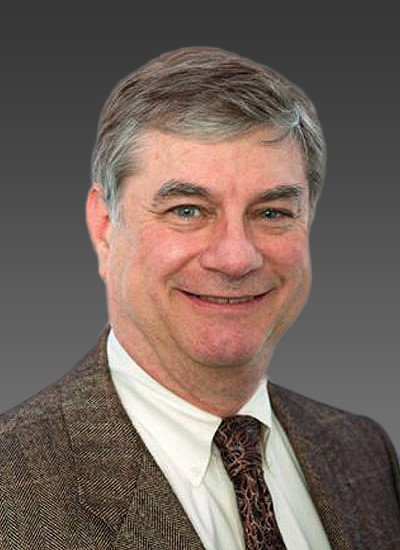
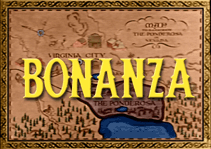
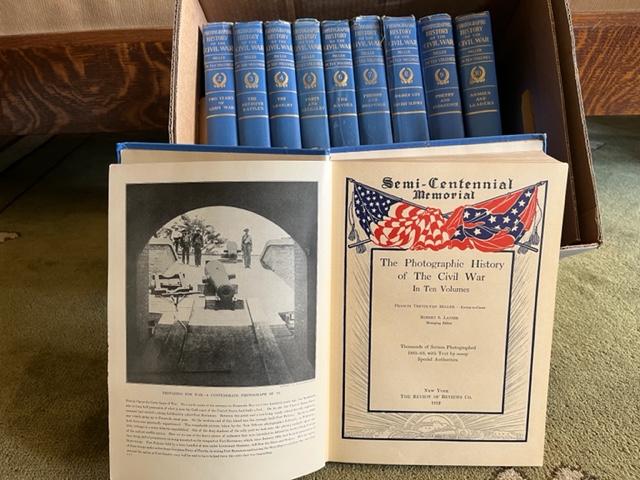
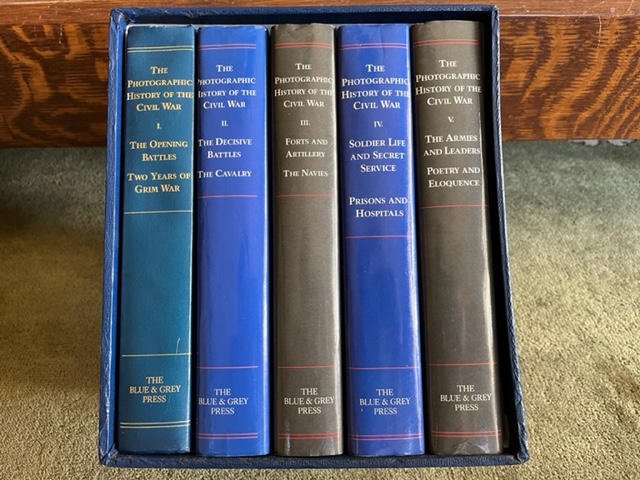
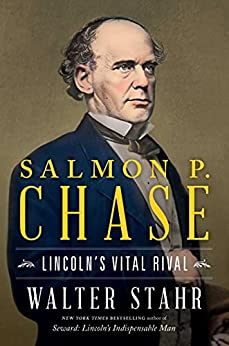 Salmon P. Chase is best remembered as a rival of Lincoln’s for the Republican nomination in 1860—but there would not have been a national Republican Party, and Lincoln could not have won the presidency, were it not for the groundwork Chase laid over the previous two decades. Starting in the early 1840s, long before Lincoln was speaking out against slavery, Chase was forming and leading antislavery parties. He represented fugitive slaves so often in his law practice that he was known as the attorney general for runaway negroes.
Salmon P. Chase is best remembered as a rival of Lincoln’s for the Republican nomination in 1860—but there would not have been a national Republican Party, and Lincoln could not have won the presidency, were it not for the groundwork Chase laid over the previous two decades. Starting in the early 1840s, long before Lincoln was speaking out against slavery, Chase was forming and leading antislavery parties. He represented fugitive slaves so often in his law practice that he was known as the attorney general for runaway negroes.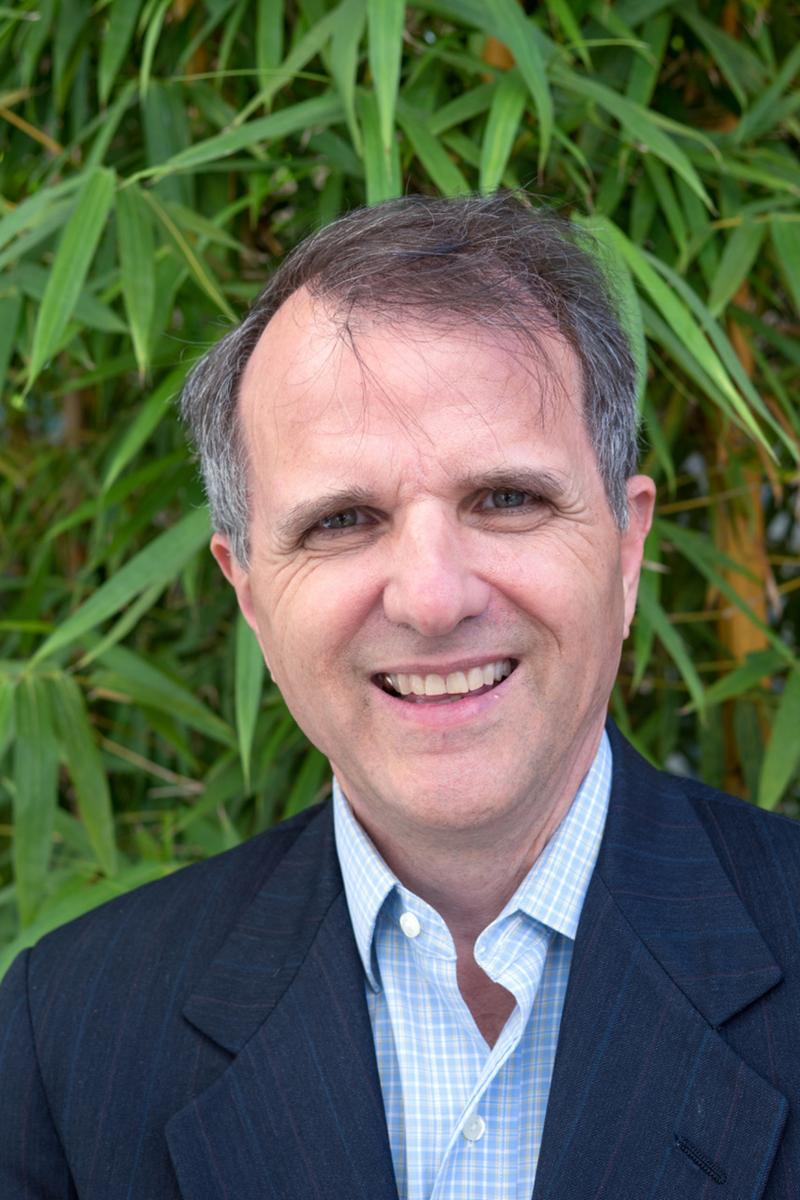
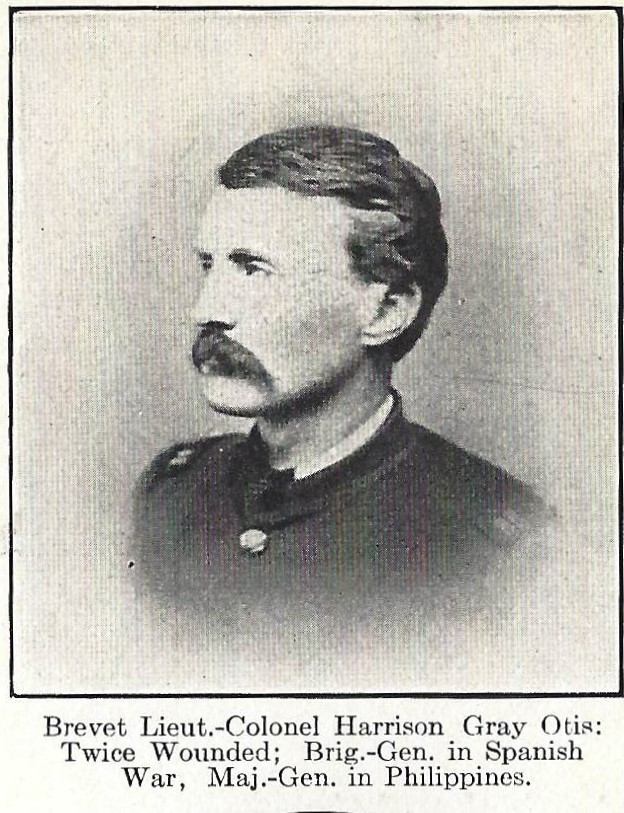
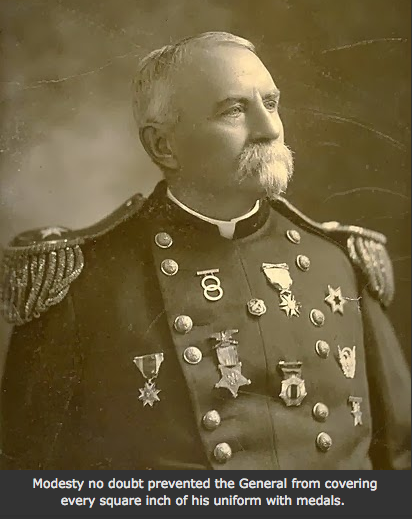
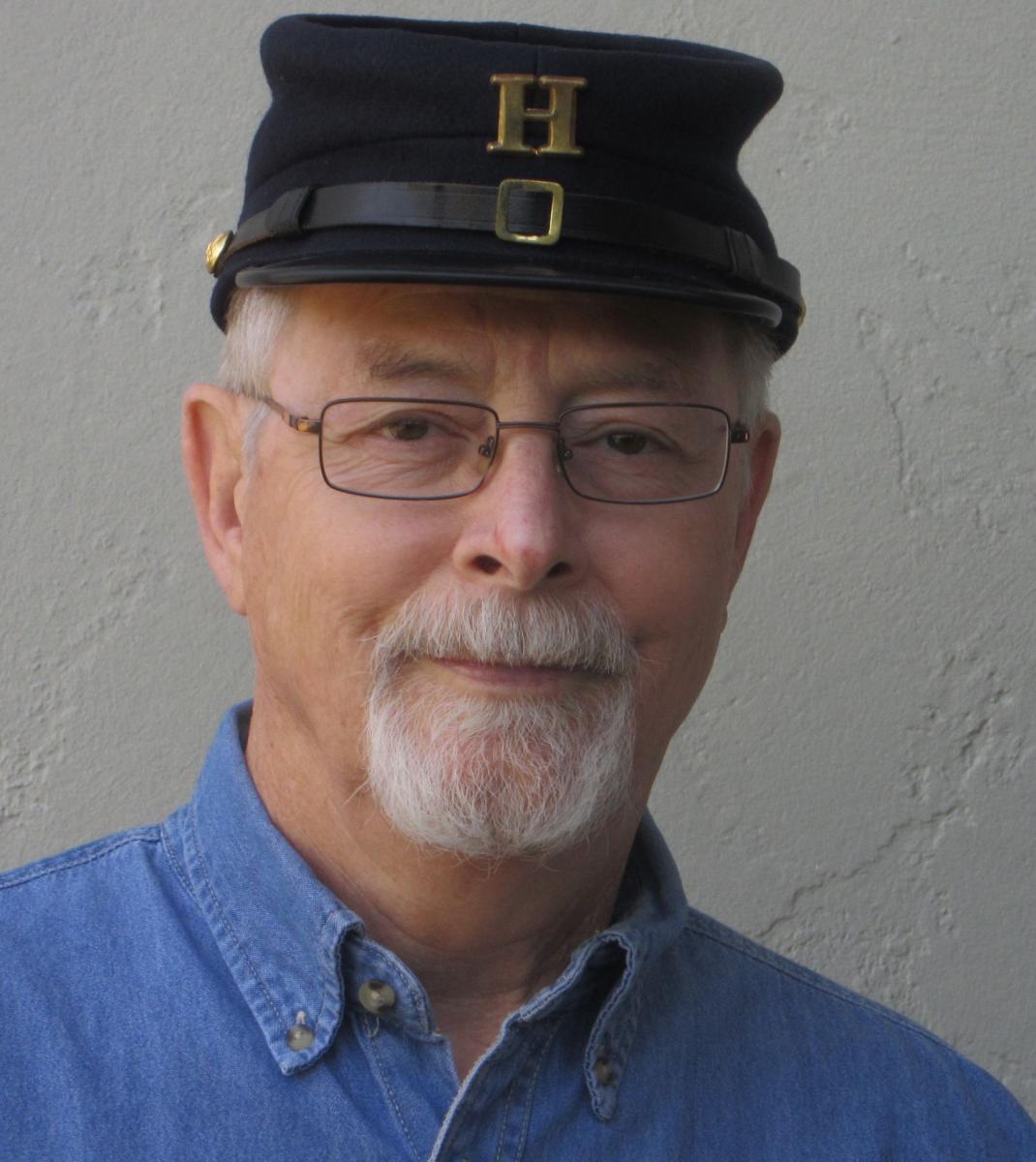
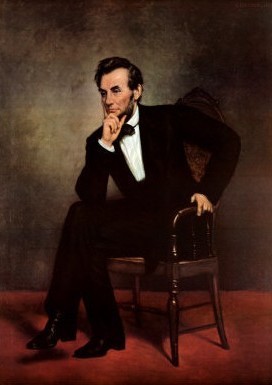
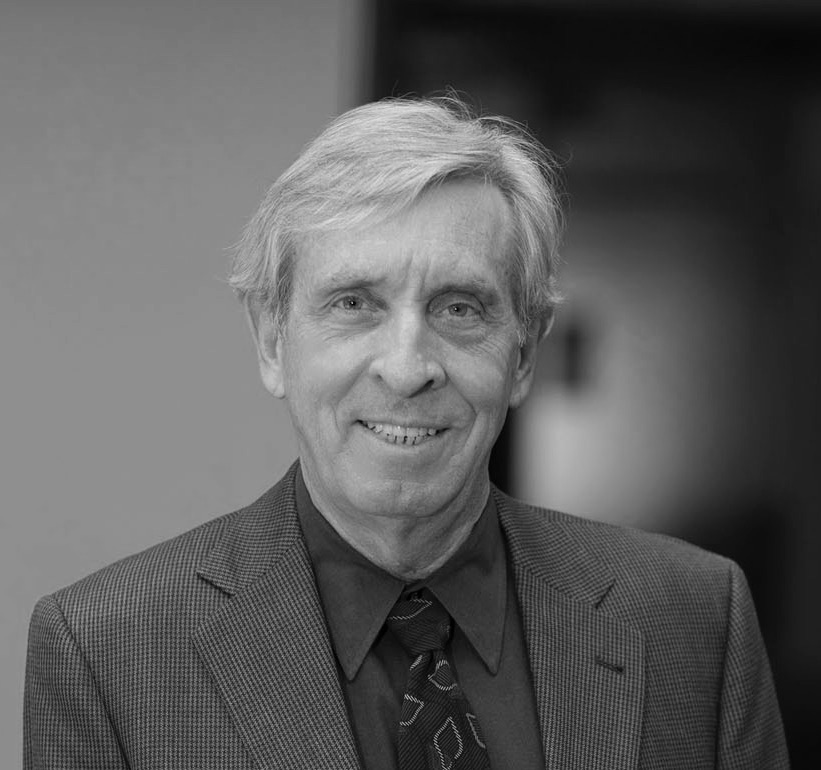 Gary W. Gallagher received his B.A. from Adams State College of Colorado and his M.A. and Ph.D. from the University of Texas at Austin. He began his academic career in 1986 at Penn State University, where he taught for twelve years. In 1998, he joined the faculty of the University of Virginia and held the John L. Nau III Professorship in the History of the American Civil War and served as the founding Director of the John L. Nau III Center for Civil War History. He is the author or editor of more than fifty books, including The Confederate War (1997), Causes Won, Lost, and Forgotten: How Hollywood and Popular Art Shape What We Know About the Civil War (2008), The Union War (2011), The Enduring Civil War: Reflections on the Great American Crisis (2020), and The American War: A History of the Civil War Era (co-authored with Joan Waugh; 3rd ed., 2023).
Gary W. Gallagher received his B.A. from Adams State College of Colorado and his M.A. and Ph.D. from the University of Texas at Austin. He began his academic career in 1986 at Penn State University, where he taught for twelve years. In 1998, he joined the faculty of the University of Virginia and held the John L. Nau III Professorship in the History of the American Civil War and served as the founding Director of the John L. Nau III Center for Civil War History. He is the author or editor of more than fifty books, including The Confederate War (1997), Causes Won, Lost, and Forgotten: How Hollywood and Popular Art Shape What We Know About the Civil War (2008), The Union War (2011), The Enduring Civil War: Reflections on the Great American Crisis (2020), and The American War: A History of the Civil War Era (co-authored with Joan Waugh; 3rd ed., 2023).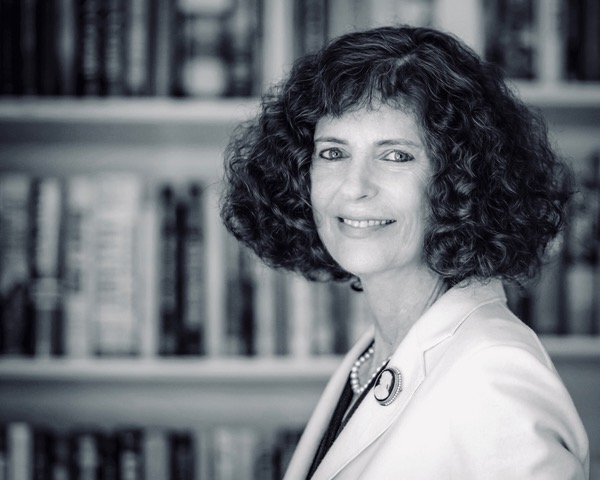 Professor Emerita Joan Waugh of the UCLA History Department researches writes and teaches about nineteenth-century America, specializing in the Civil War, Reconstruction, and Gilded Age eras. Dr. Waugh has published numerous essays and books on Civil War and Reconstruction topics, single authored, co-authored and edited, including the prize-winning U. S. Grant: American Hero, American Myth, (2009). Her most recent work (with Gary W. Gallagher), is entitled The American War: A History of the Civil War Era (2015, 2nd edition, 2019, 3rd edition, 2023). Other books include Unsentimental Reformer: The Life of Josephine Shaw Lowell (1998); Civil War and Reconstruction, 1856 to 1859 (2003, 2nd edition, 2010); The Memory of the Civil War in American Culture, 2004), and Wars Within A War: Controversy and Conflict Over the American Civil War 2009).
Professor Emerita Joan Waugh of the UCLA History Department researches writes and teaches about nineteenth-century America, specializing in the Civil War, Reconstruction, and Gilded Age eras. Dr. Waugh has published numerous essays and books on Civil War and Reconstruction topics, single authored, co-authored and edited, including the prize-winning U. S. Grant: American Hero, American Myth, (2009). Her most recent work (with Gary W. Gallagher), is entitled The American War: A History of the Civil War Era (2015, 2nd edition, 2019, 3rd edition, 2023). Other books include Unsentimental Reformer: The Life of Josephine Shaw Lowell (1998); Civil War and Reconstruction, 1856 to 1859 (2003, 2nd edition, 2010); The Memory of the Civil War in American Culture, 2004), and Wars Within A War: Controversy and Conflict Over the American Civil War 2009).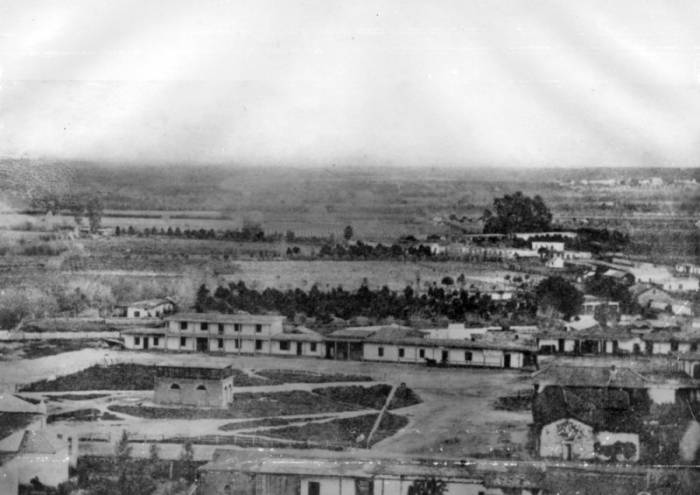
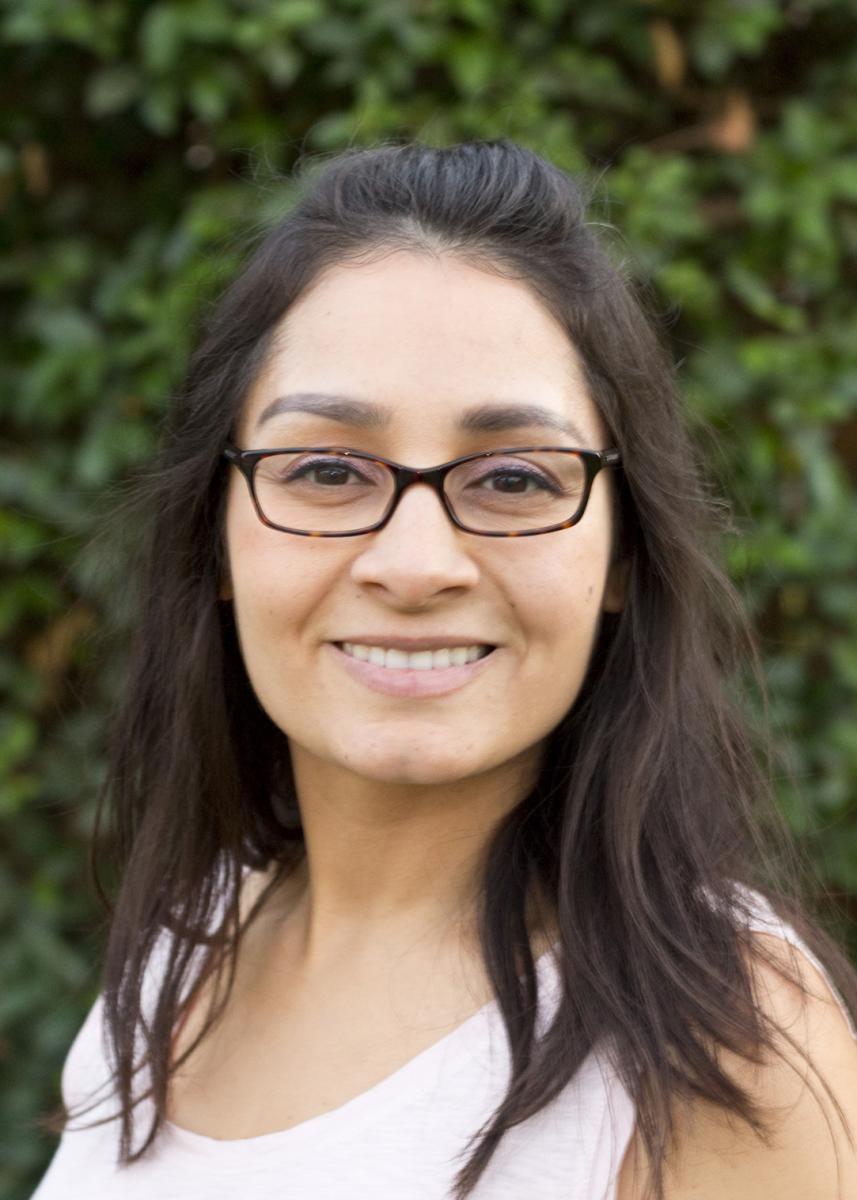
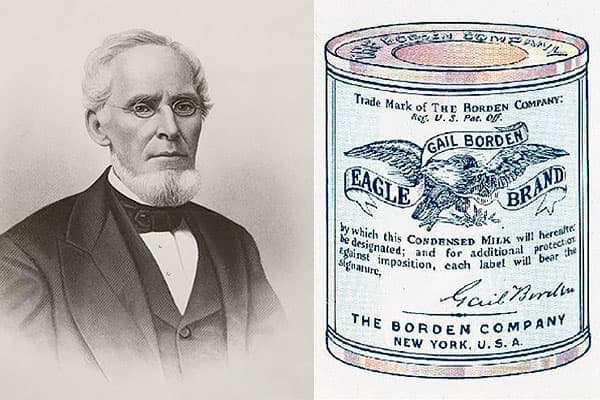
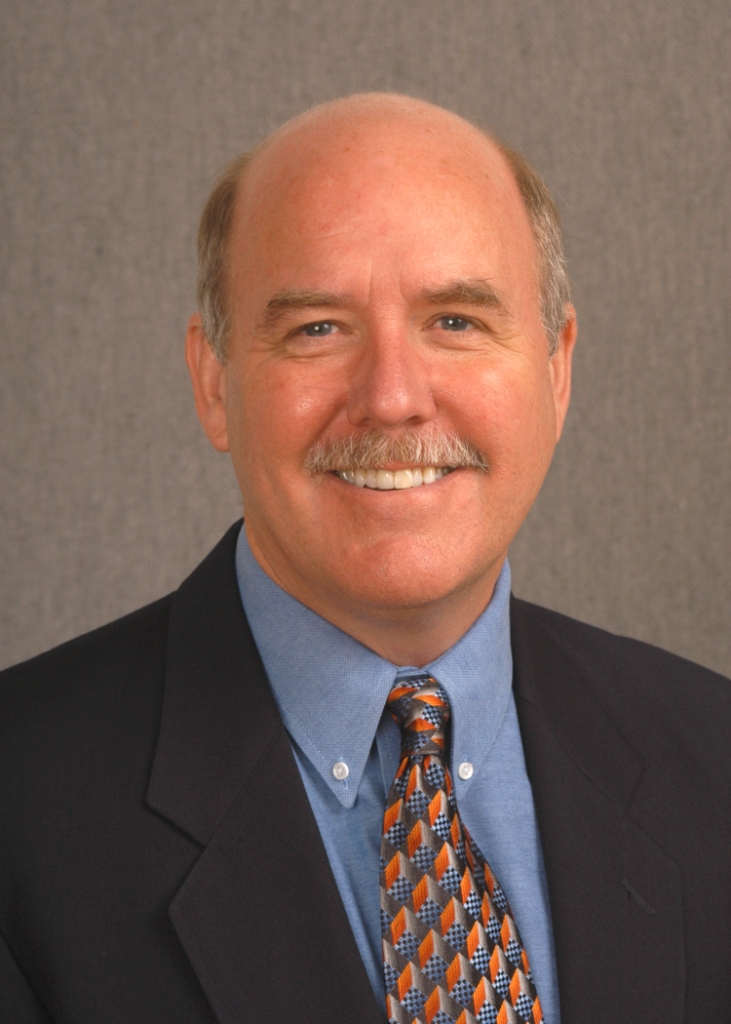
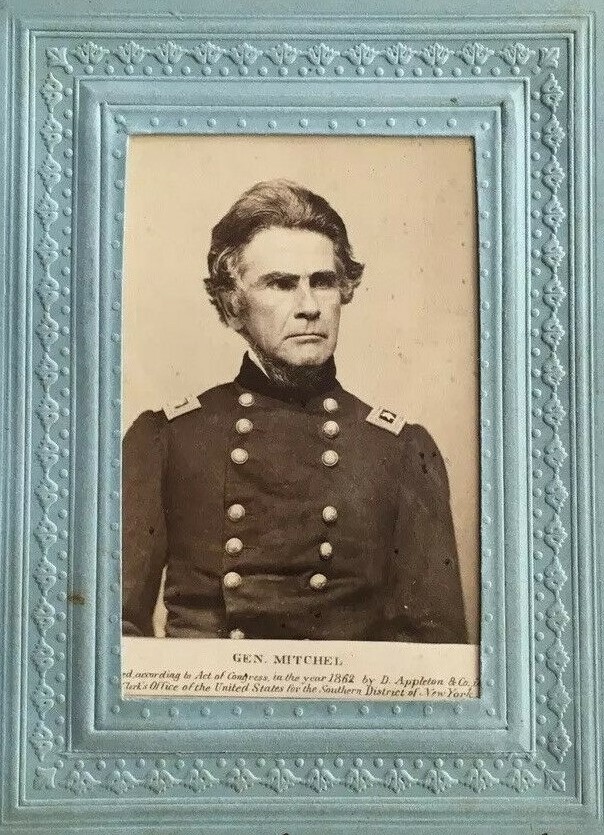
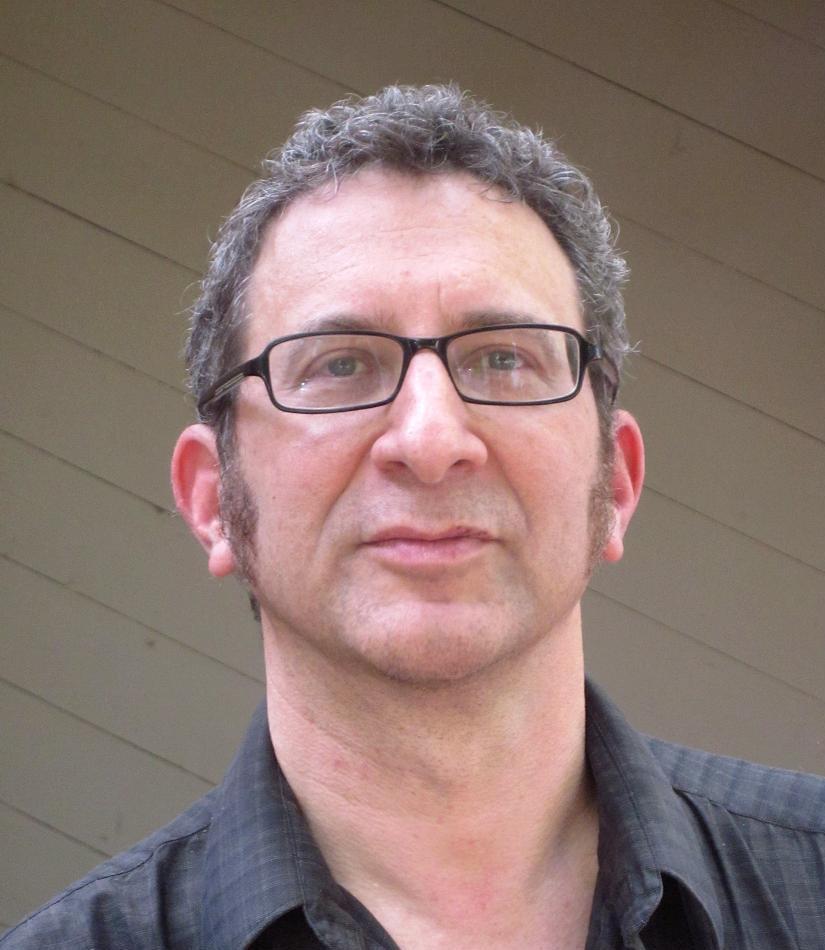
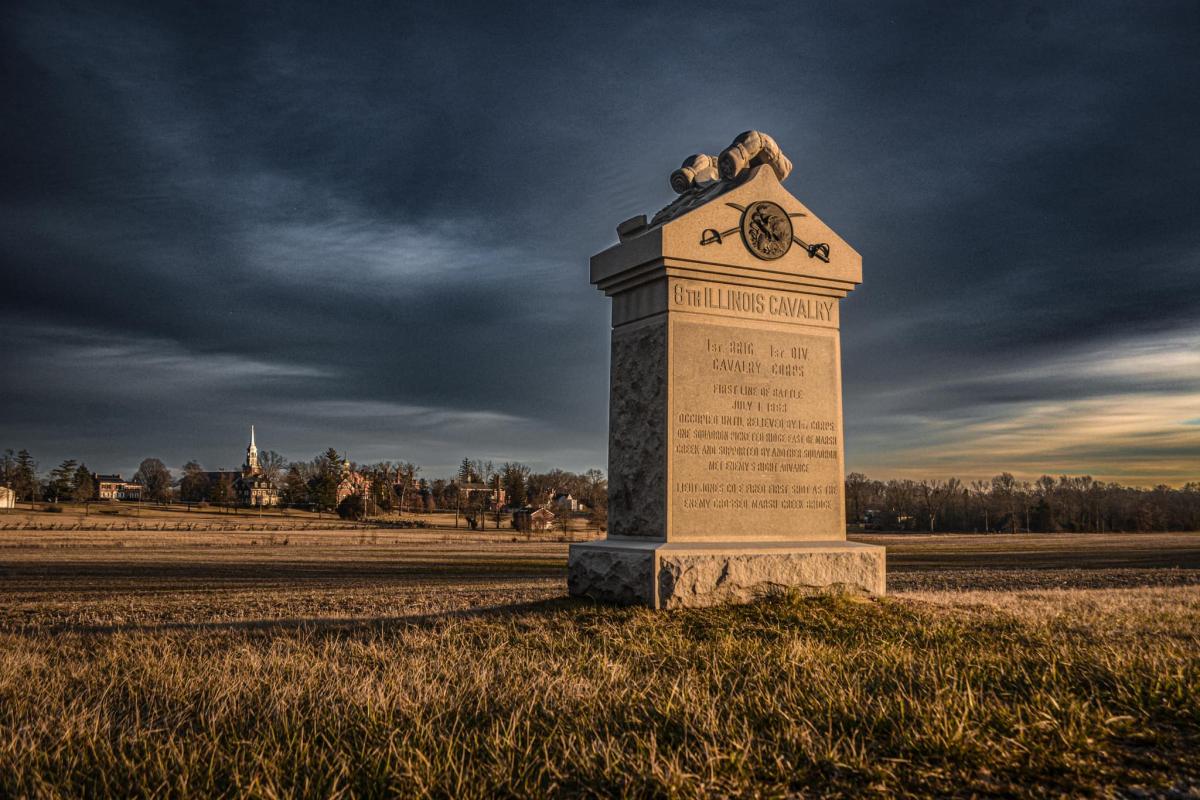
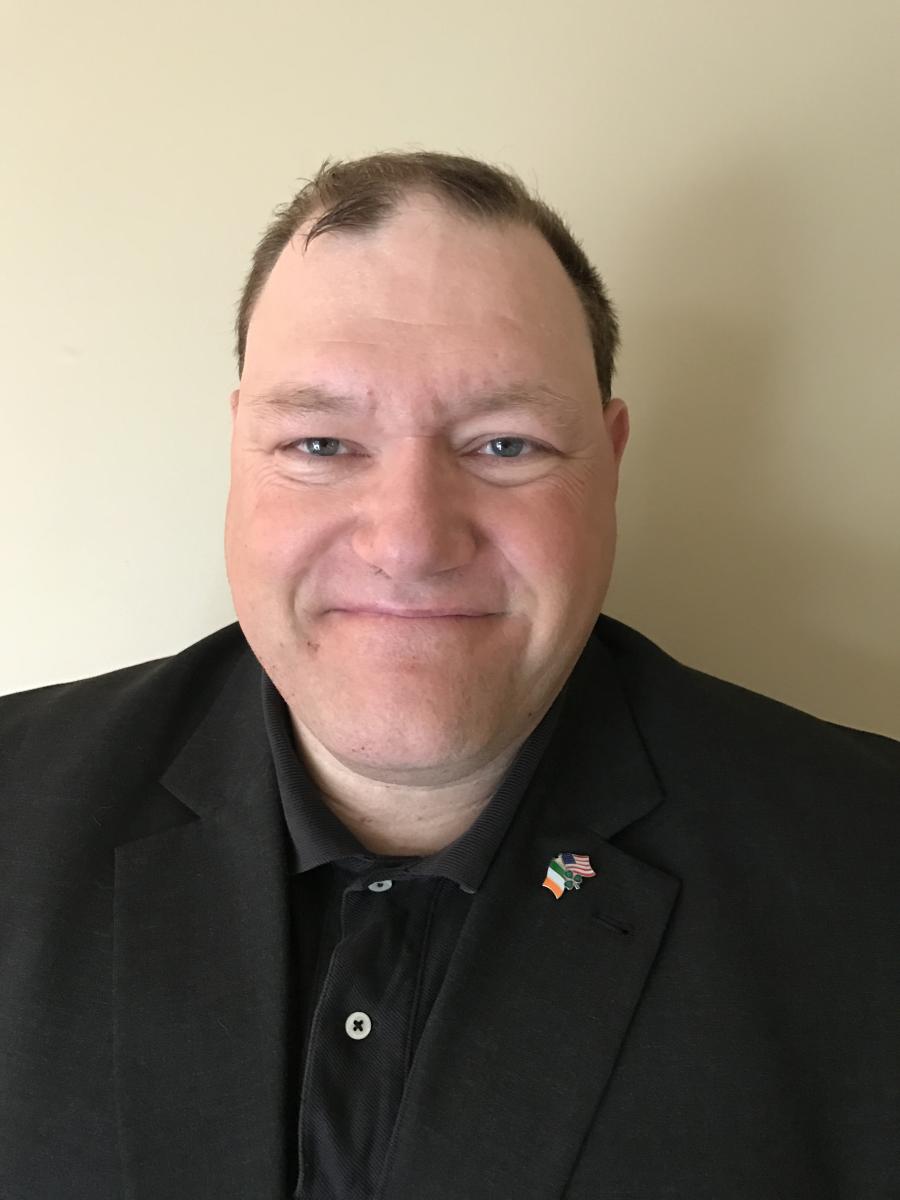
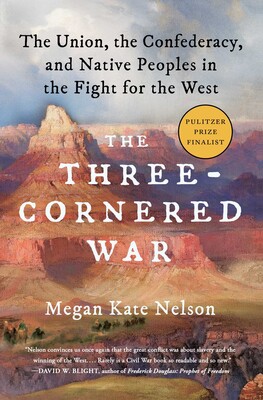
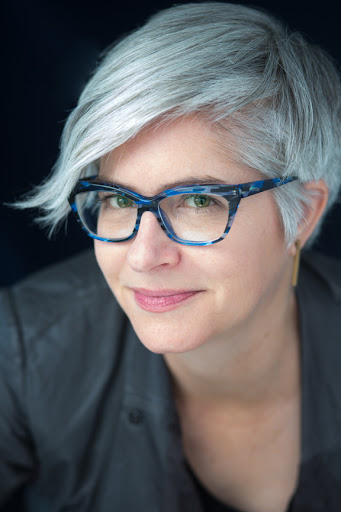
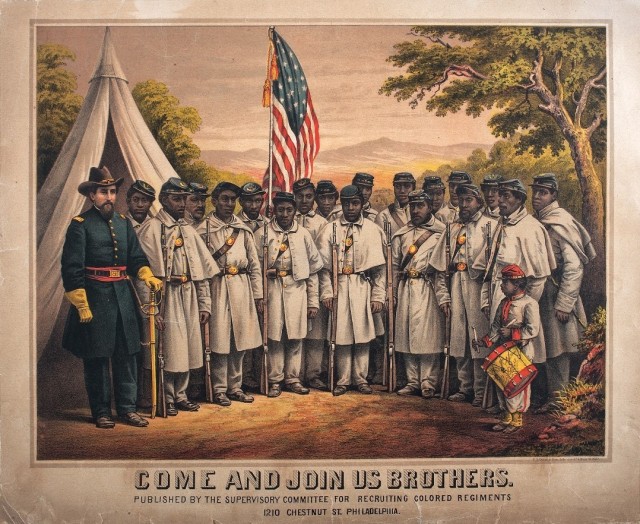

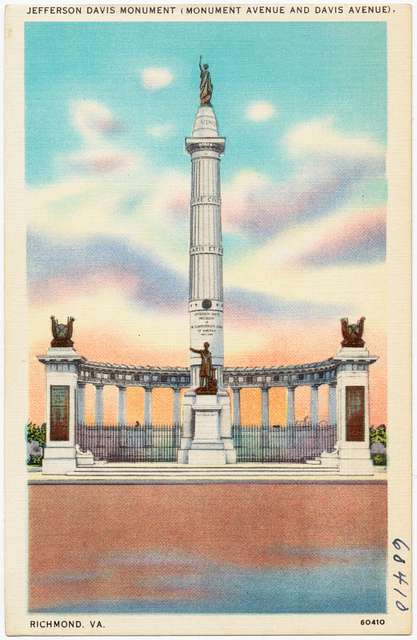
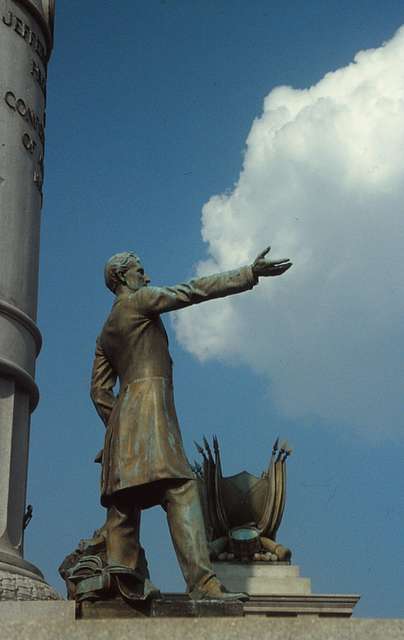
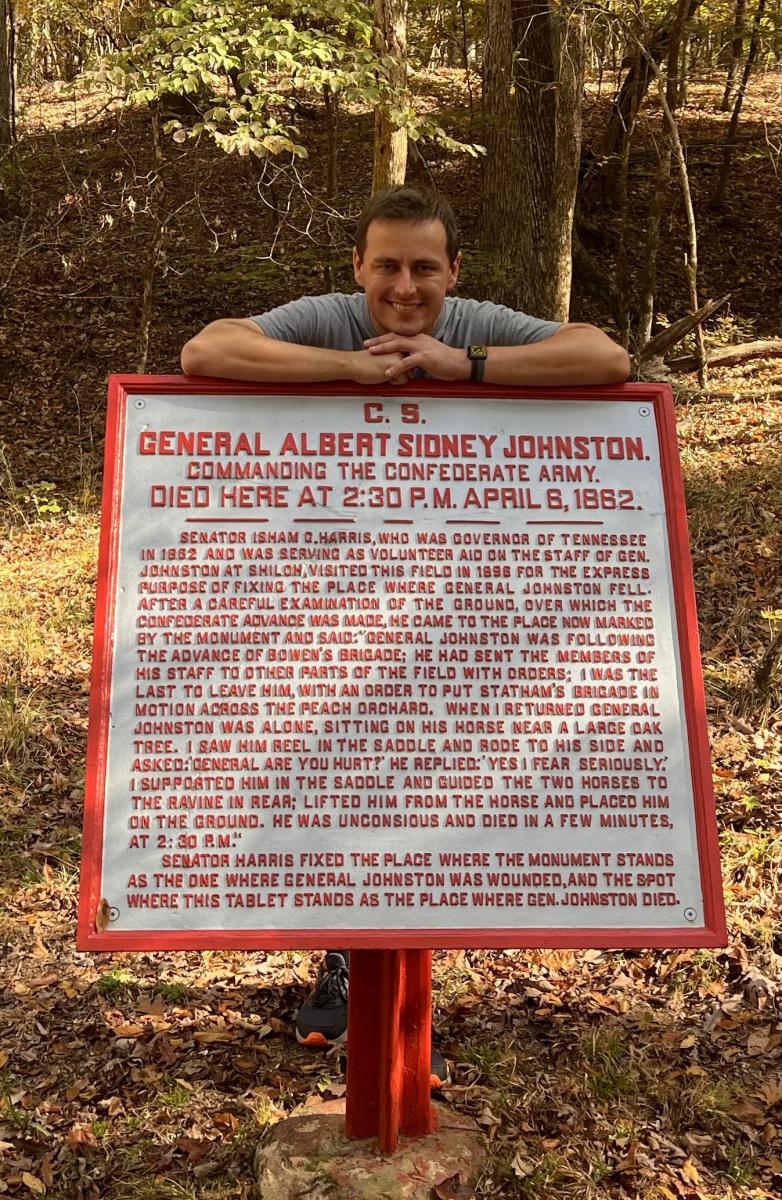
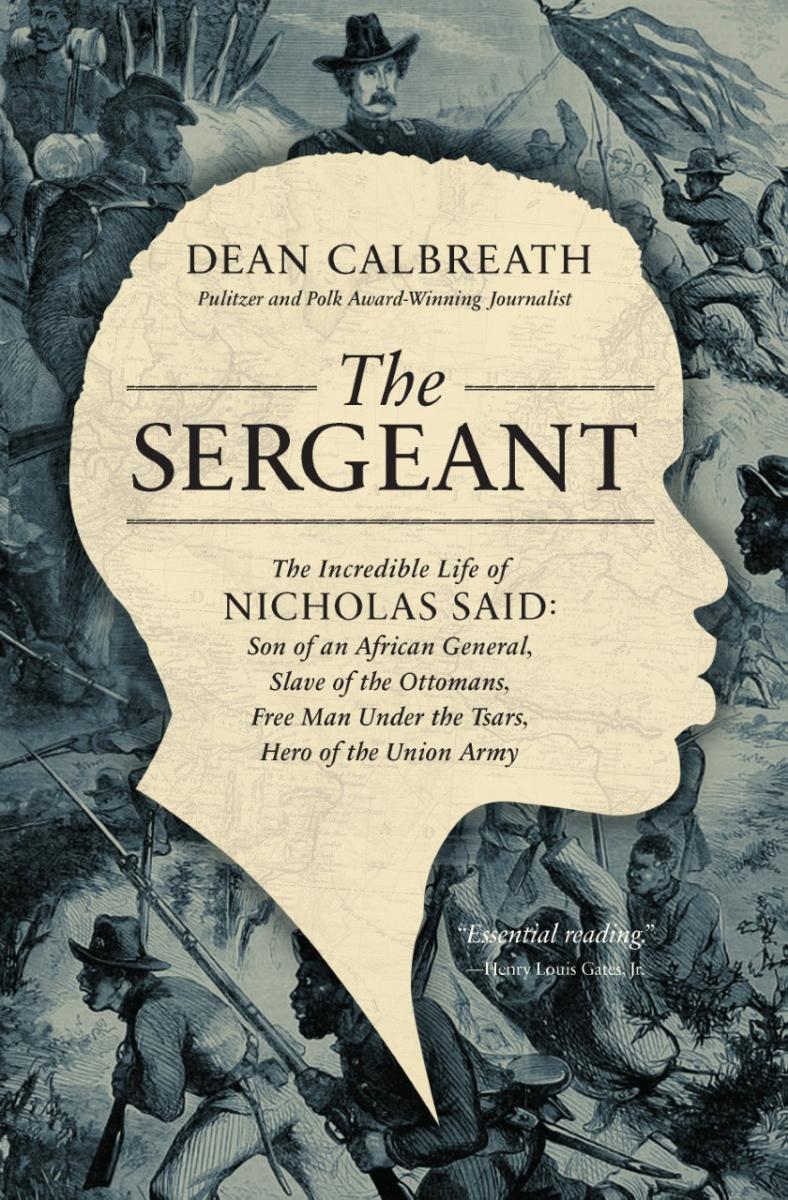
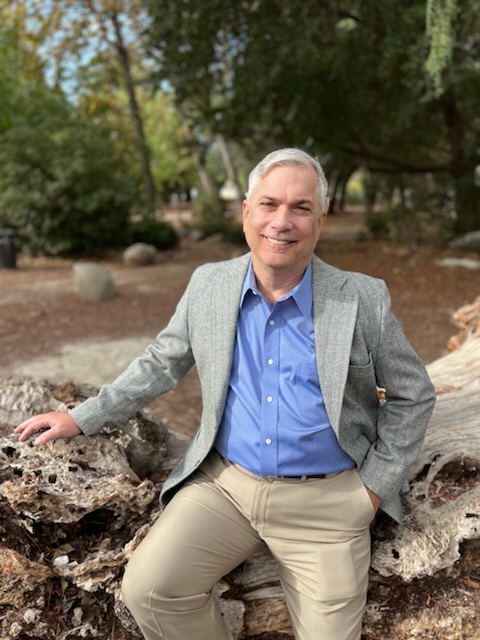
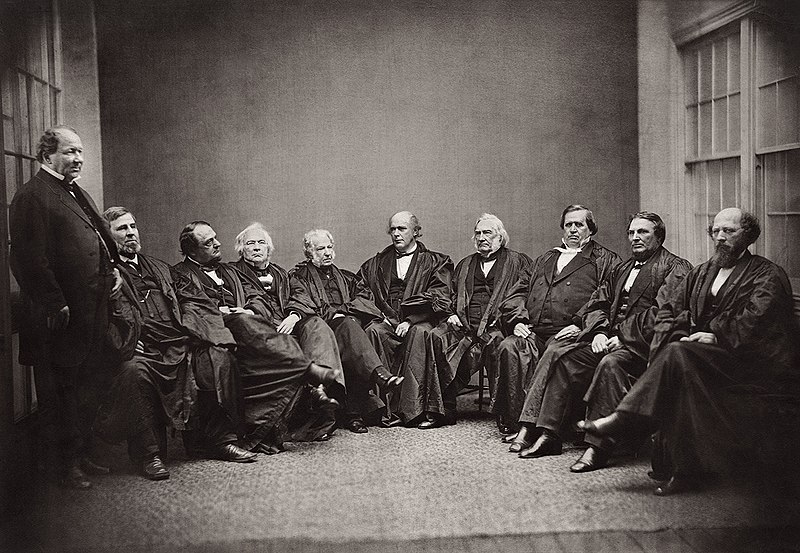
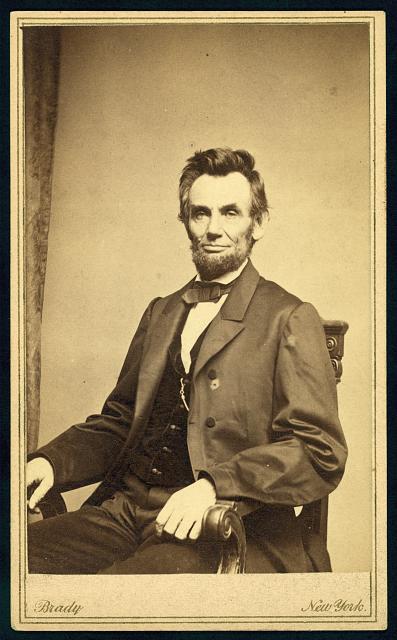
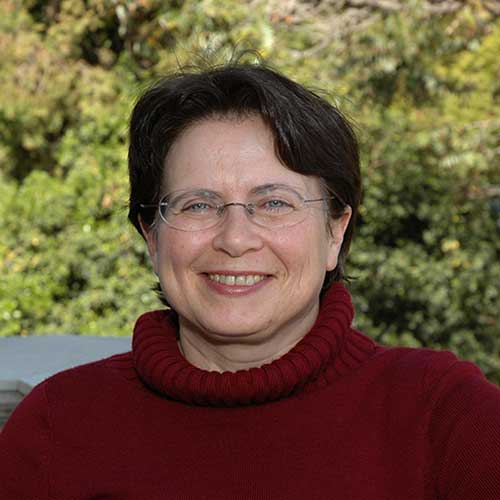
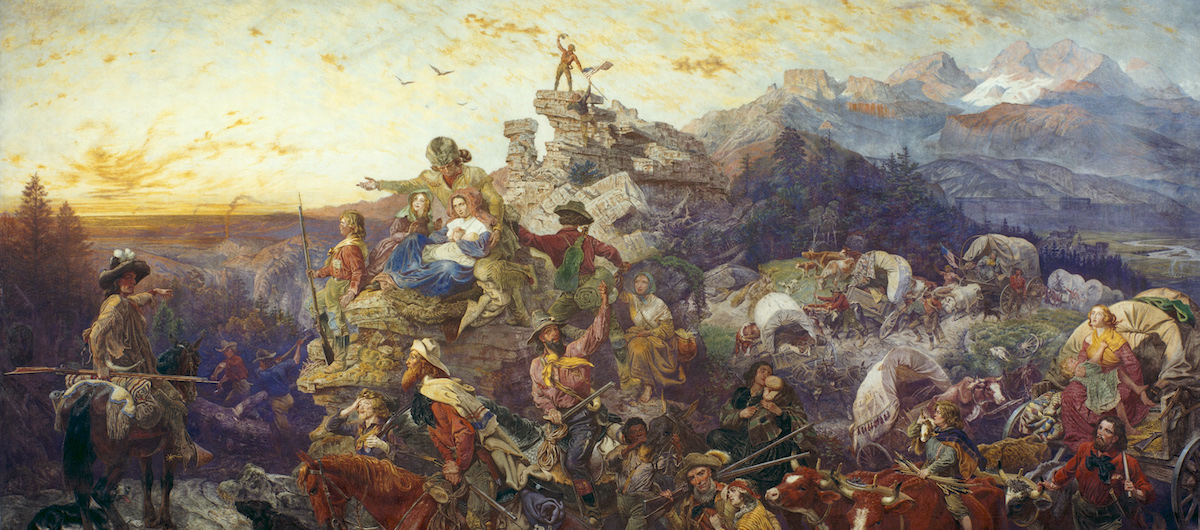
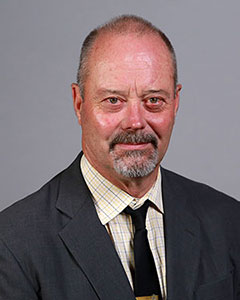
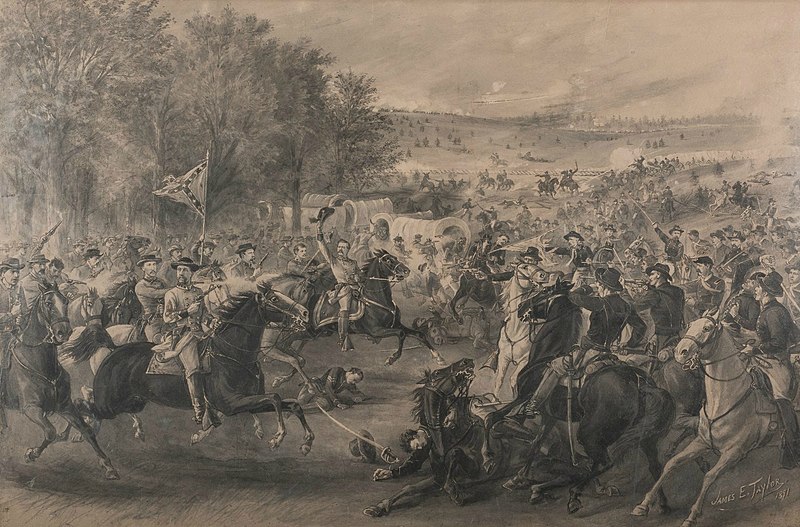
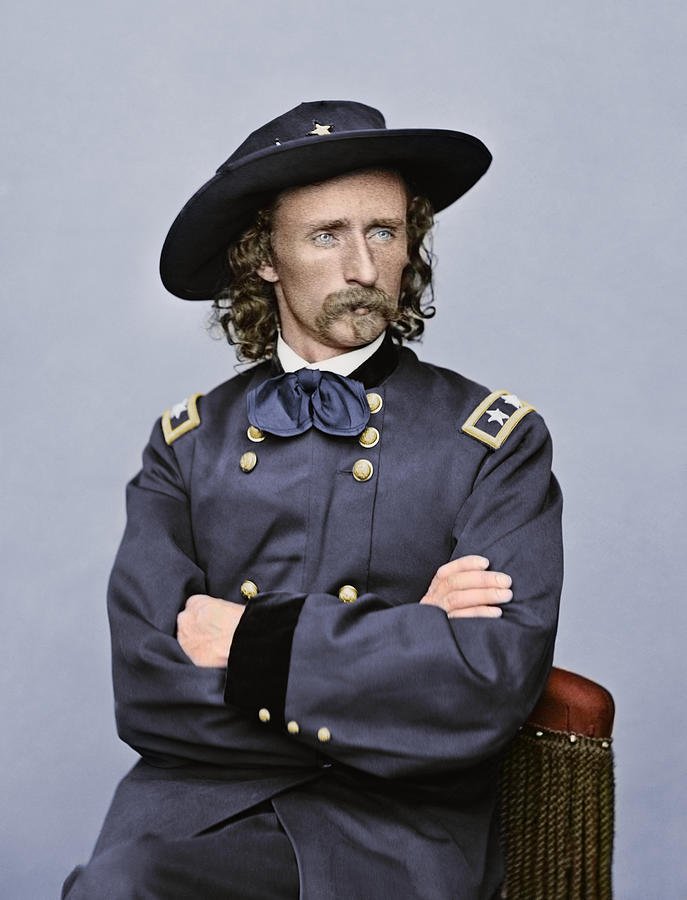
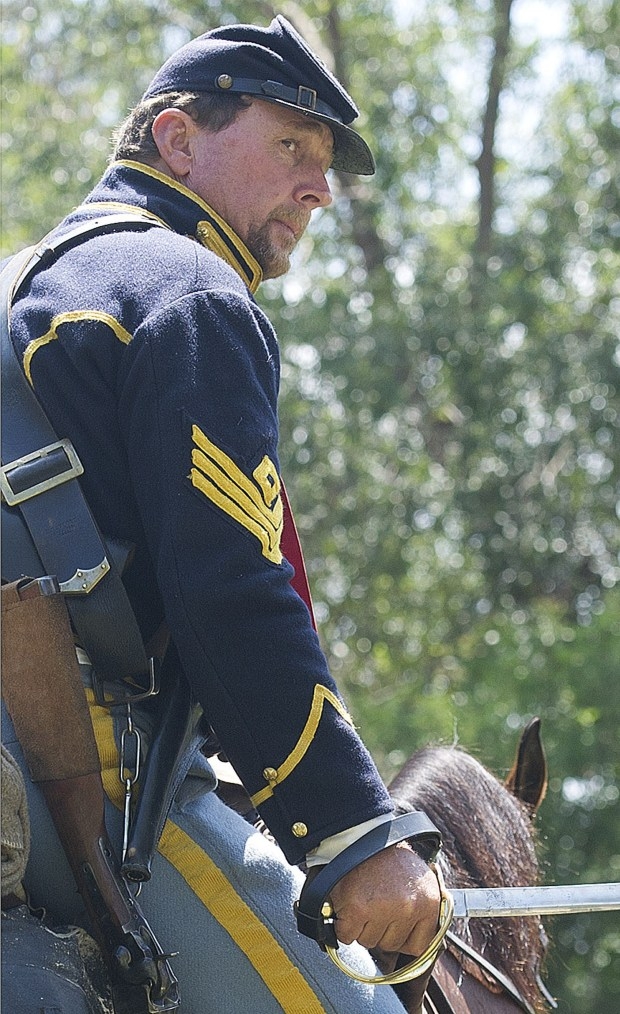
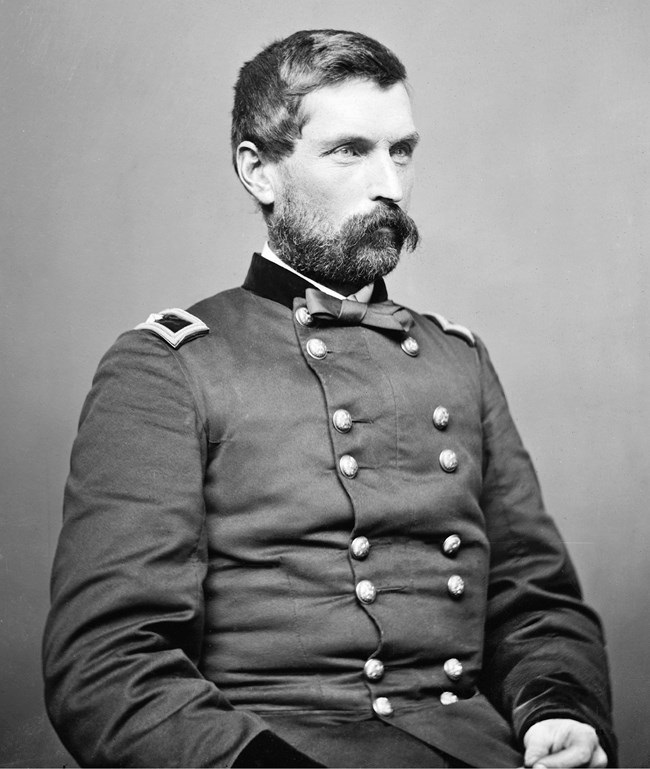
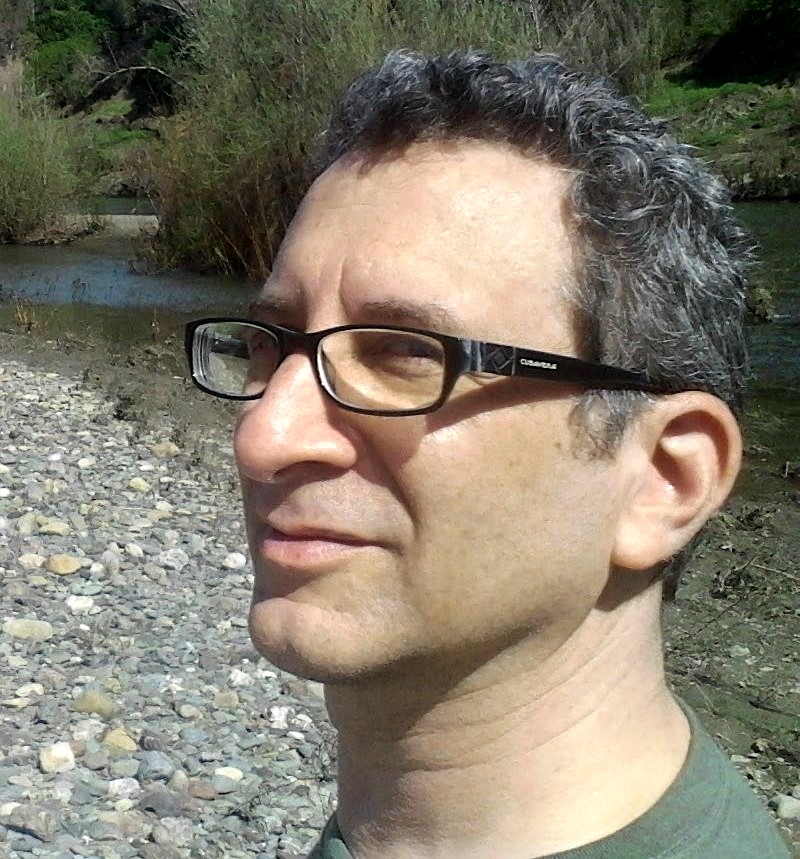
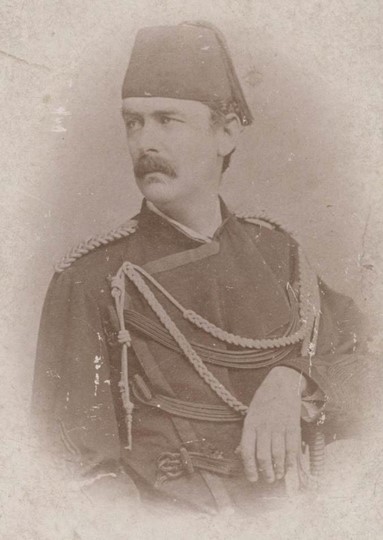
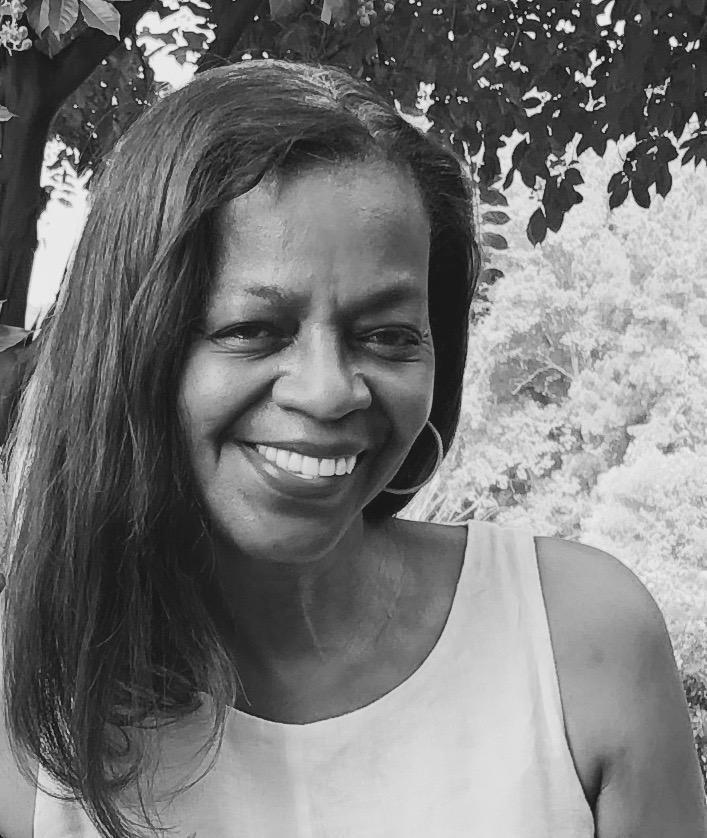
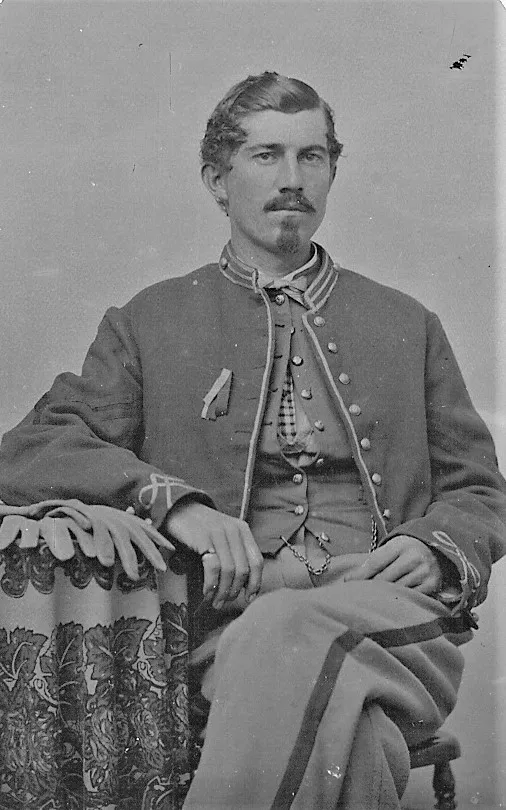
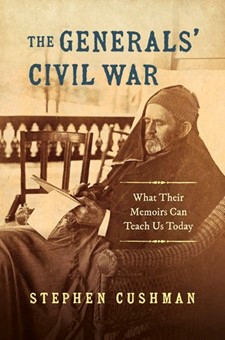

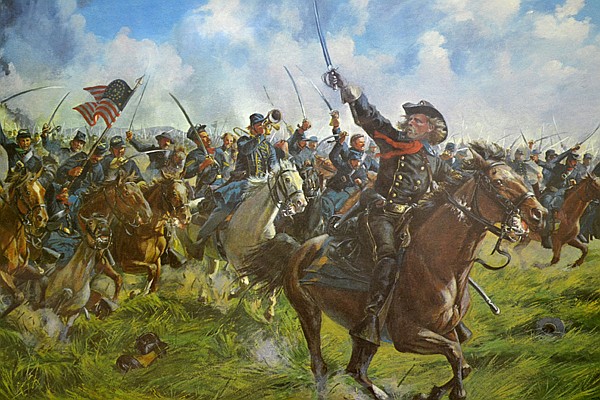
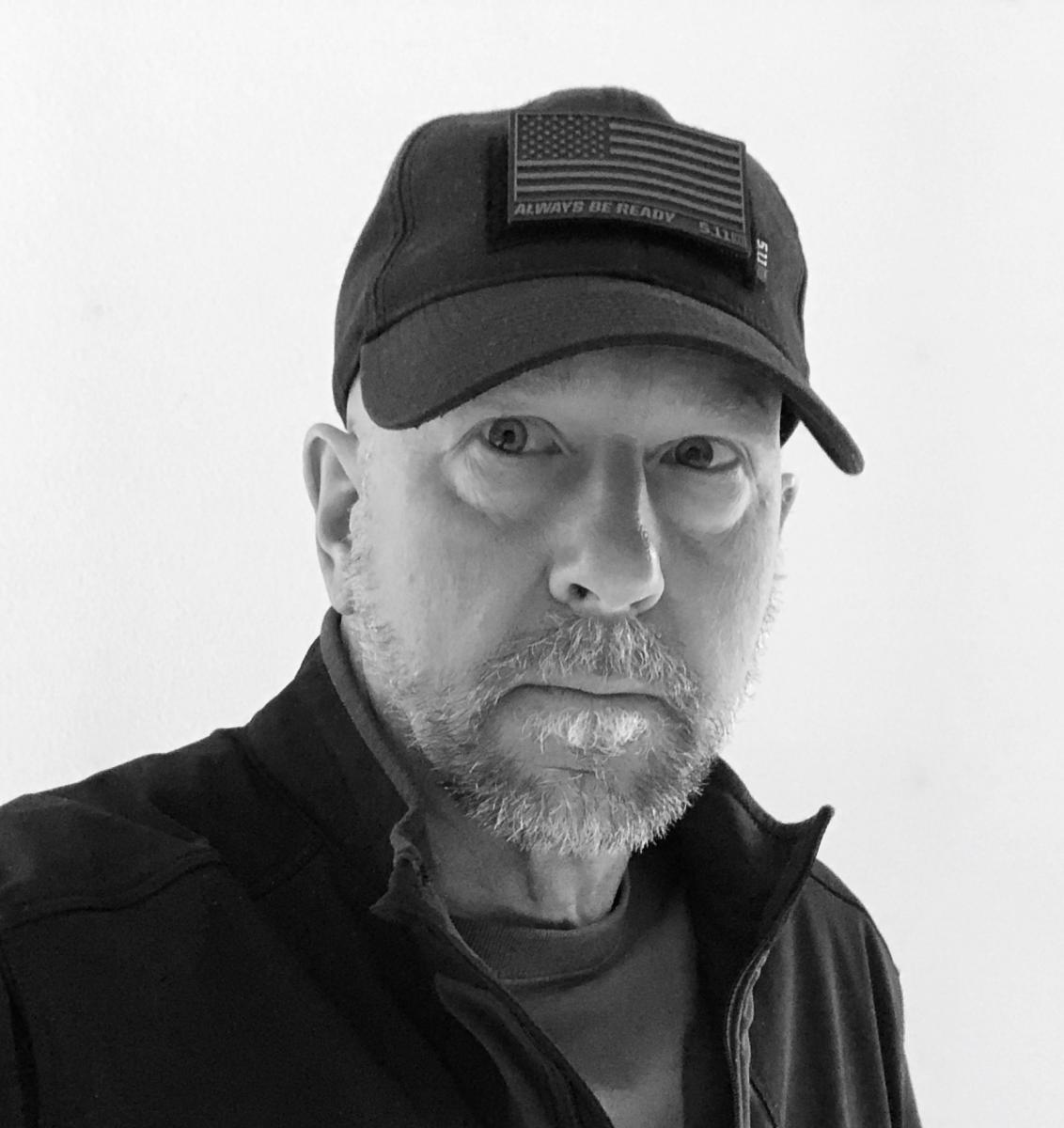 Brian Cieslak is a 27-year veteran of the fire service, and soon-to-be-retired Fire Captain for the Los Angeles County Fire Department.
Brian Cieslak is a 27-year veteran of the fire service, and soon-to-be-retired Fire Captain for the Los Angeles County Fire Department.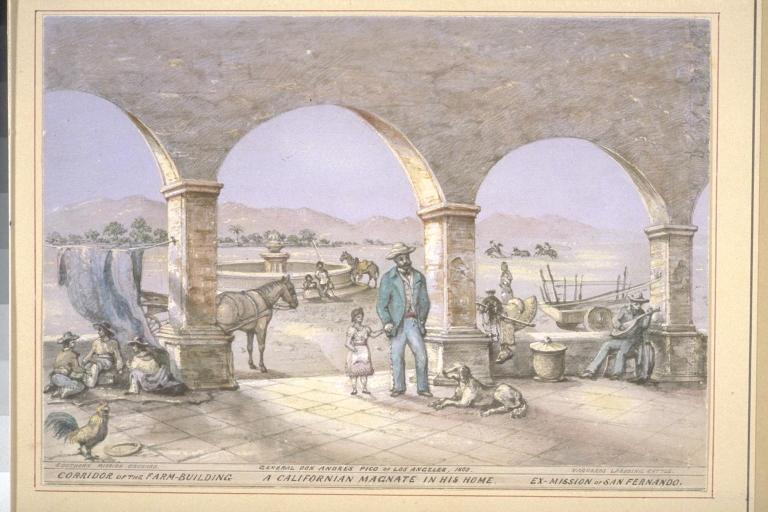
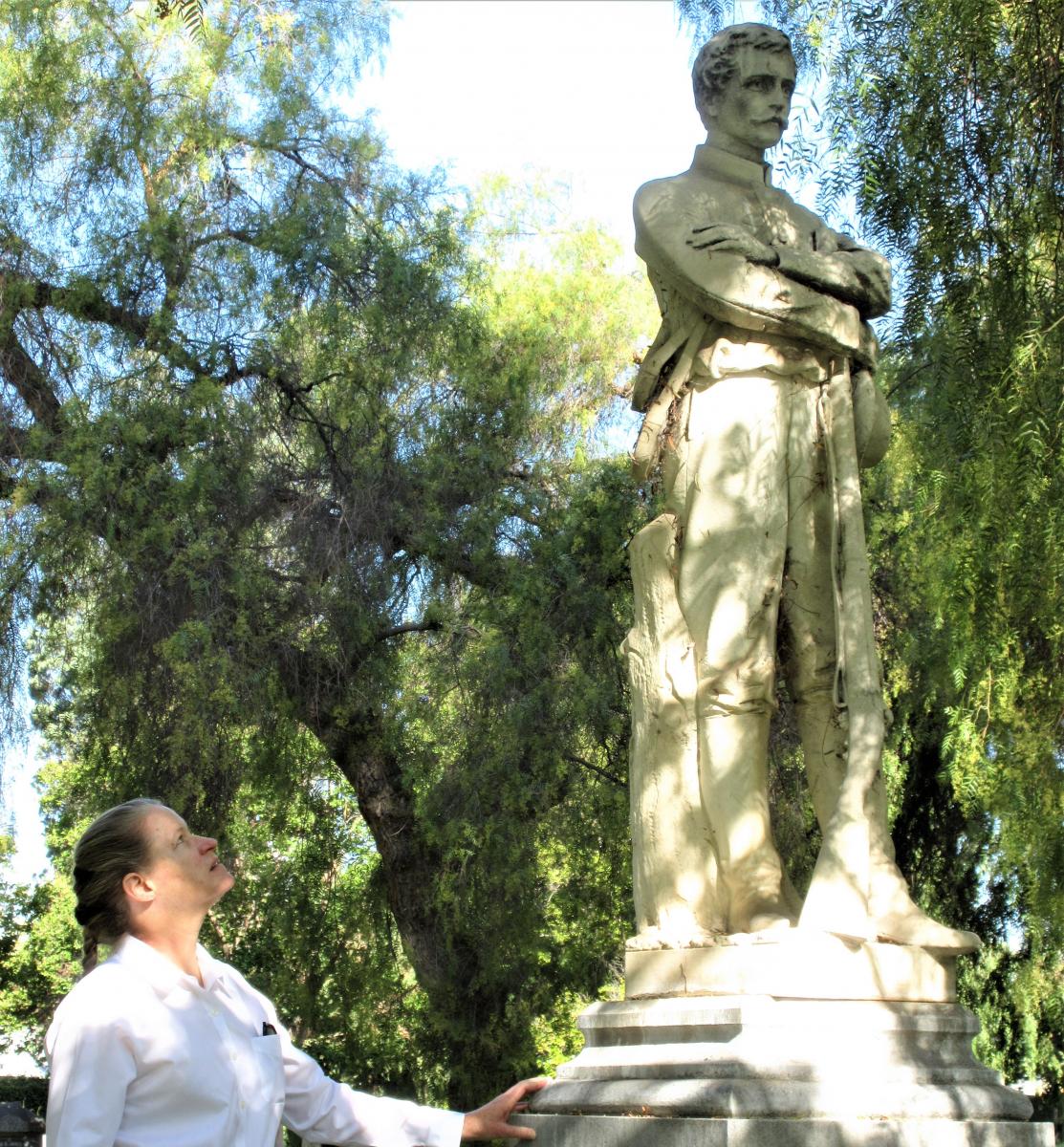 She has recently completed the UCSB coursework for a PhD in History, and is in the early stage of dissertating. She is interested in the political, social, and economic development of the nineteenth century U.S., and the overlay of these values onto the racial and cultural landscape of Southern California following the U.S. Conquest.
She has recently completed the UCSB coursework for a PhD in History, and is in the early stage of dissertating. She is interested in the political, social, and economic development of the nineteenth century U.S., and the overlay of these values onto the racial and cultural landscape of Southern California following the U.S. Conquest.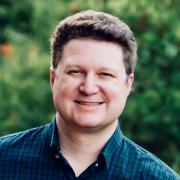 Daniel Lynch is an Instructor of History and Social Science at Marlborough School in Los Angeles and an historian with a PhD from UCLA. His research focuses on the intersection of masculinity, race and politics in nineteenth-century Southern California.
Daniel Lynch is an Instructor of History and Social Science at Marlborough School in Los Angeles and an historian with a PhD from UCLA. His research focuses on the intersection of masculinity, race and politics in nineteenth-century Southern California.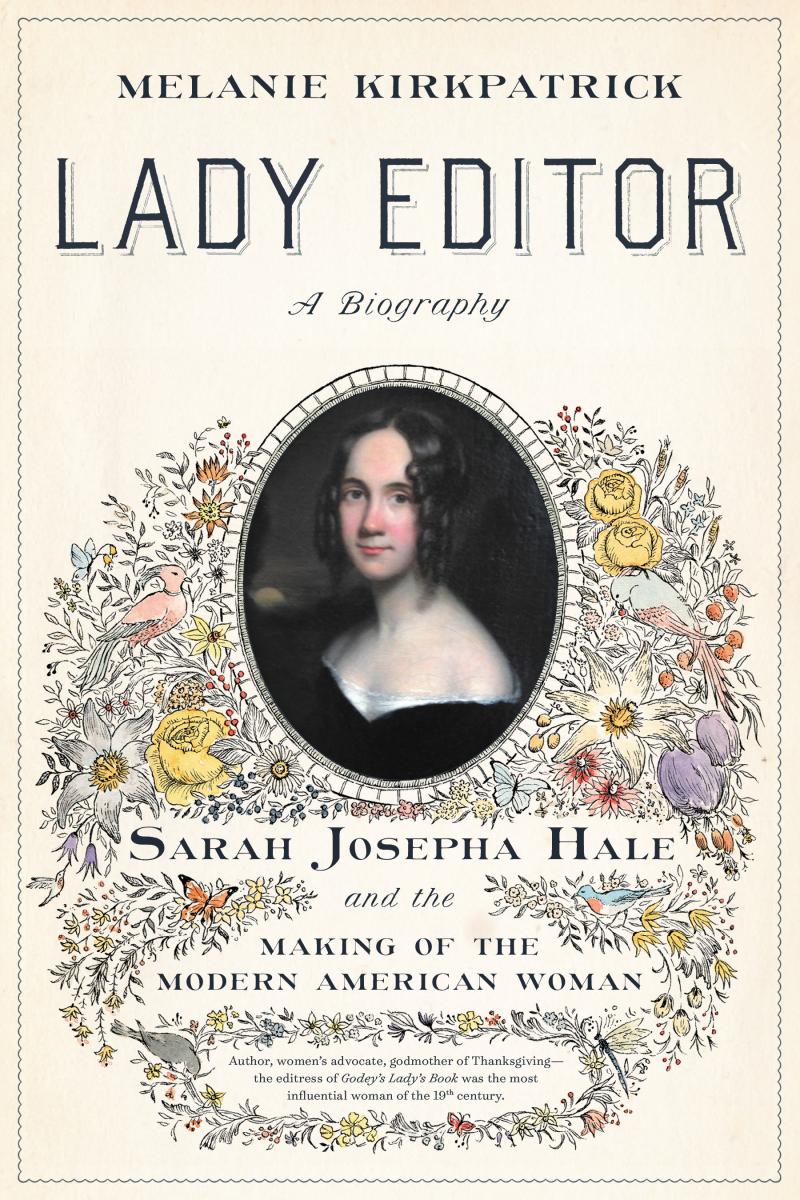
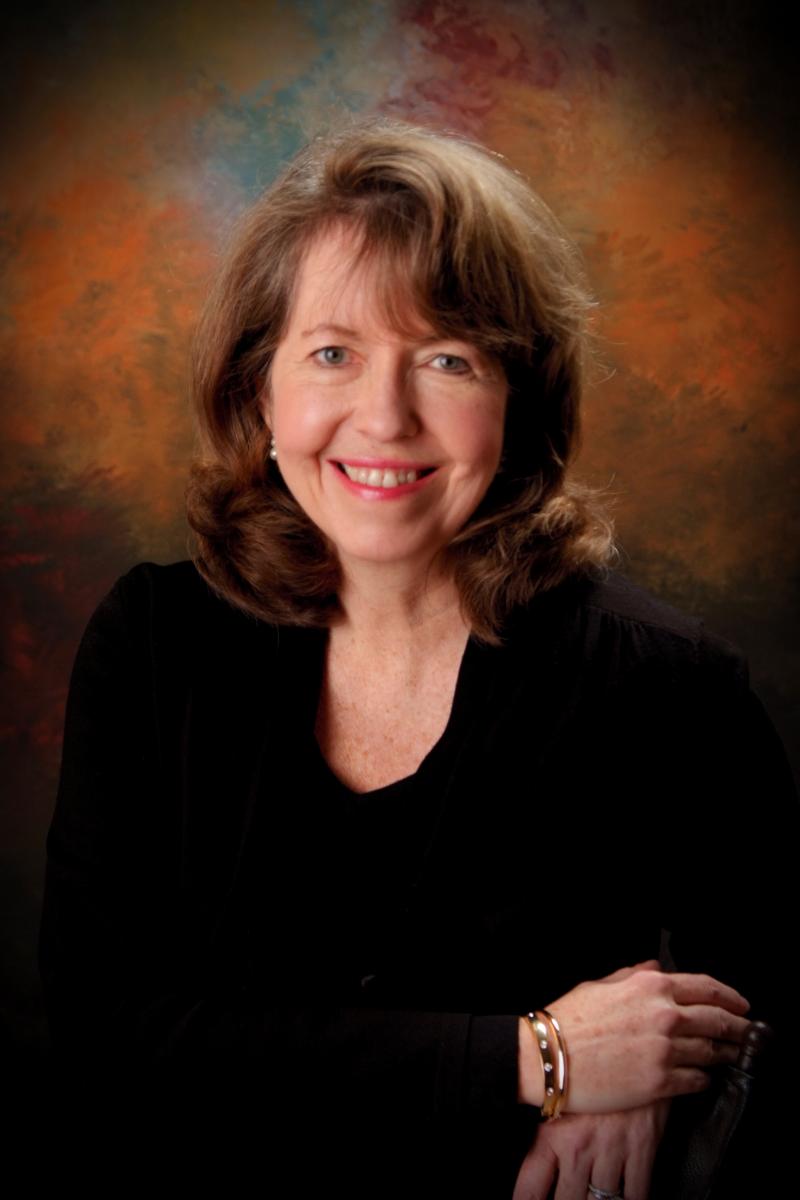
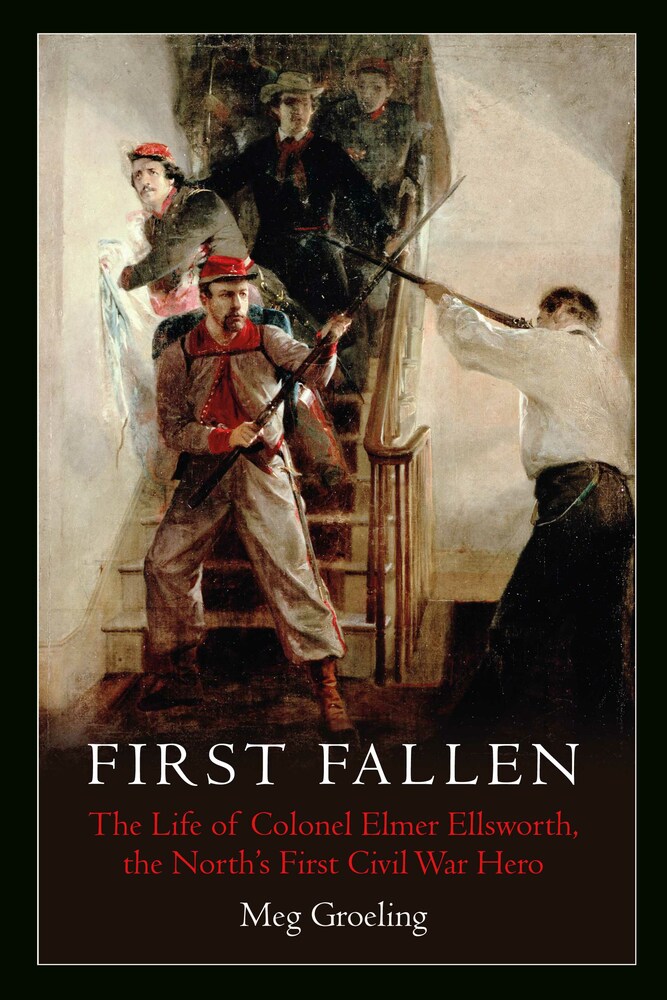

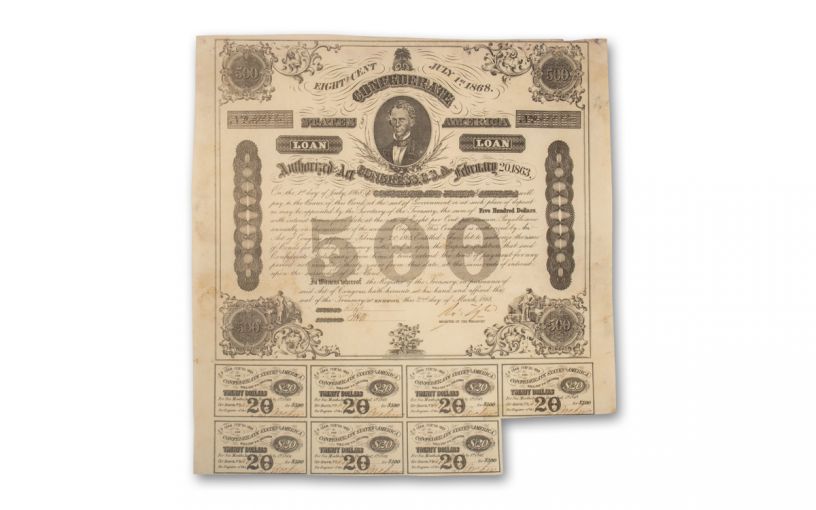 For this presentation we'll give our soldiers a rest, and we will take an in-depth look at the economic model of the former Confederate states. We will examine the key elements of the Southern economy before and after the war, and the ways in which those elements were (and were not) transformed by the war experience. Looking at economic data starting in the antebellum period, we will trace the development of the Southern economy, noting a deeply rooted cohesiveness and ongoing consistency in approach that in some ways is discernible even to this day.
For this presentation we'll give our soldiers a rest, and we will take an in-depth look at the economic model of the former Confederate states. We will examine the key elements of the Southern economy before and after the war, and the ways in which those elements were (and were not) transformed by the war experience. Looking at economic data starting in the antebellum period, we will trace the development of the Southern economy, noting a deeply rooted cohesiveness and ongoing consistency in approach that in some ways is discernible even to this day.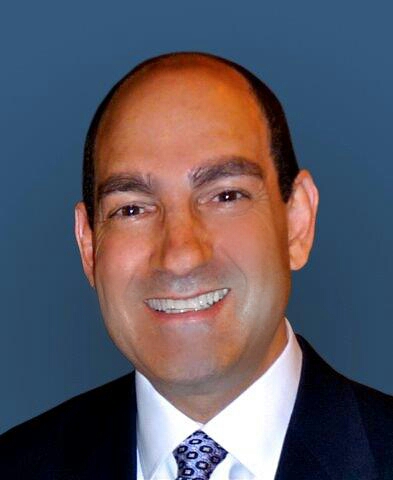 A long-time student of Civil War history, Todd Kislak has a particular interest in exploring aspects and themes of the war that have continuing relevance. He is a member of the CWRTs in both the San Fernando Valley and Los Angeles. Last year, Todd spoke to these groups about the legacy and image of Robert E. Lee and how his impact is still felt today. Recently retired from the healthcare industry, Todd has held senior positions in marketing and strategic consulting. Todd holds a BA in political science from Wesleyan, and he received his MBA from Harvard.
A long-time student of Civil War history, Todd Kislak has a particular interest in exploring aspects and themes of the war that have continuing relevance. He is a member of the CWRTs in both the San Fernando Valley and Los Angeles. Last year, Todd spoke to these groups about the legacy and image of Robert E. Lee and how his impact is still felt today. Recently retired from the healthcare industry, Todd has held senior positions in marketing and strategic consulting. Todd holds a BA in political science from Wesleyan, and he received his MBA from Harvard. 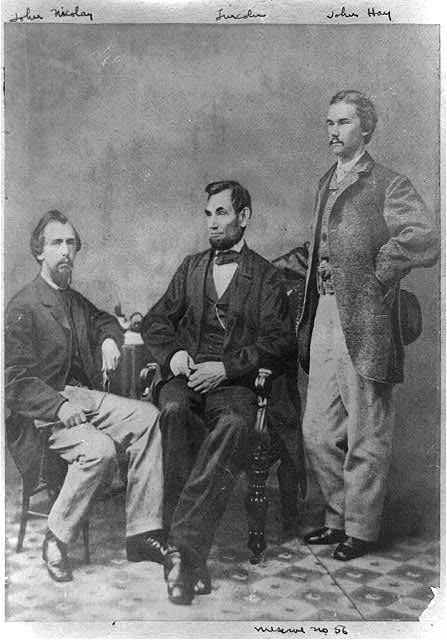
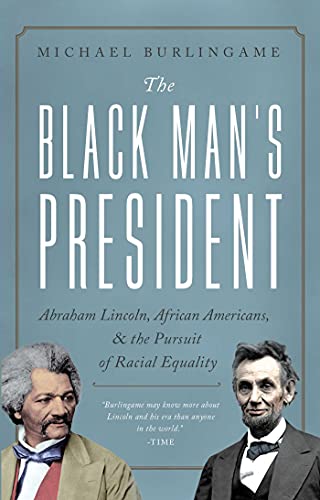
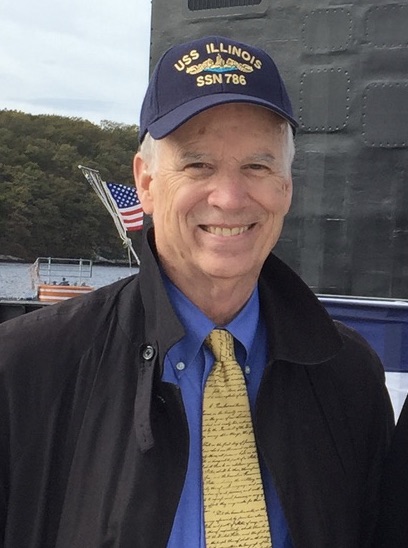
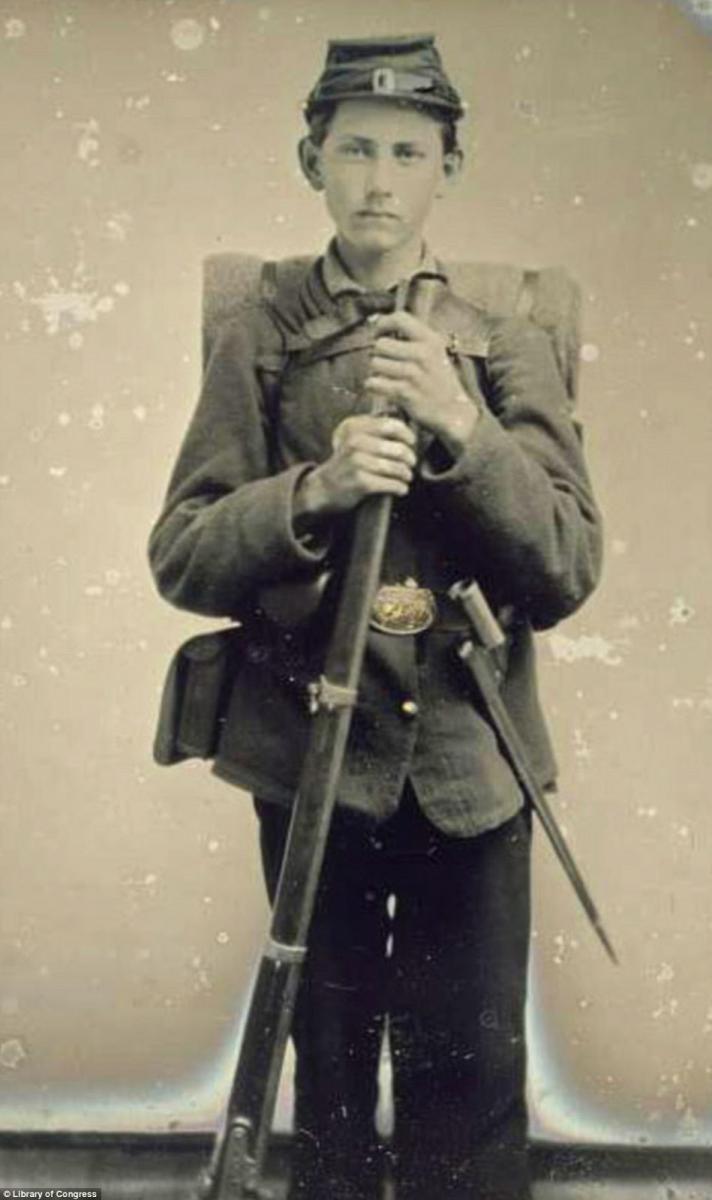 How did ordinary soldiers navigate the extremes of war? How did they make sense of their service and sacrifices? These are the questions at the heart of Brian Matthew Jordan's A Thousand May Fall, an intimate chronicle of the Civil War from the common soldier's perspective. At the heart of the tale is the 107th Ohio Volunteer Infantry, an ethnically German Union regiment caught in the crosshairs of Stonewall Jacksons flank attack at Chancellorsville--and decimated again two months later atop Blocher's Knoll at Gettysburg. Demonstrating how soldiers from a politically divided region weathered two devastating battles, the scourge of nativism, inconsistent support from home, and the ordeal of life on picket, this talk reveals the Civil War--and its long aftermath--anew.
How did ordinary soldiers navigate the extremes of war? How did they make sense of their service and sacrifices? These are the questions at the heart of Brian Matthew Jordan's A Thousand May Fall, an intimate chronicle of the Civil War from the common soldier's perspective. At the heart of the tale is the 107th Ohio Volunteer Infantry, an ethnically German Union regiment caught in the crosshairs of Stonewall Jacksons flank attack at Chancellorsville--and decimated again two months later atop Blocher's Knoll at Gettysburg. Demonstrating how soldiers from a politically divided region weathered two devastating battles, the scourge of nativism, inconsistent support from home, and the ordeal of life on picket, this talk reveals the Civil War--and its long aftermath--anew. 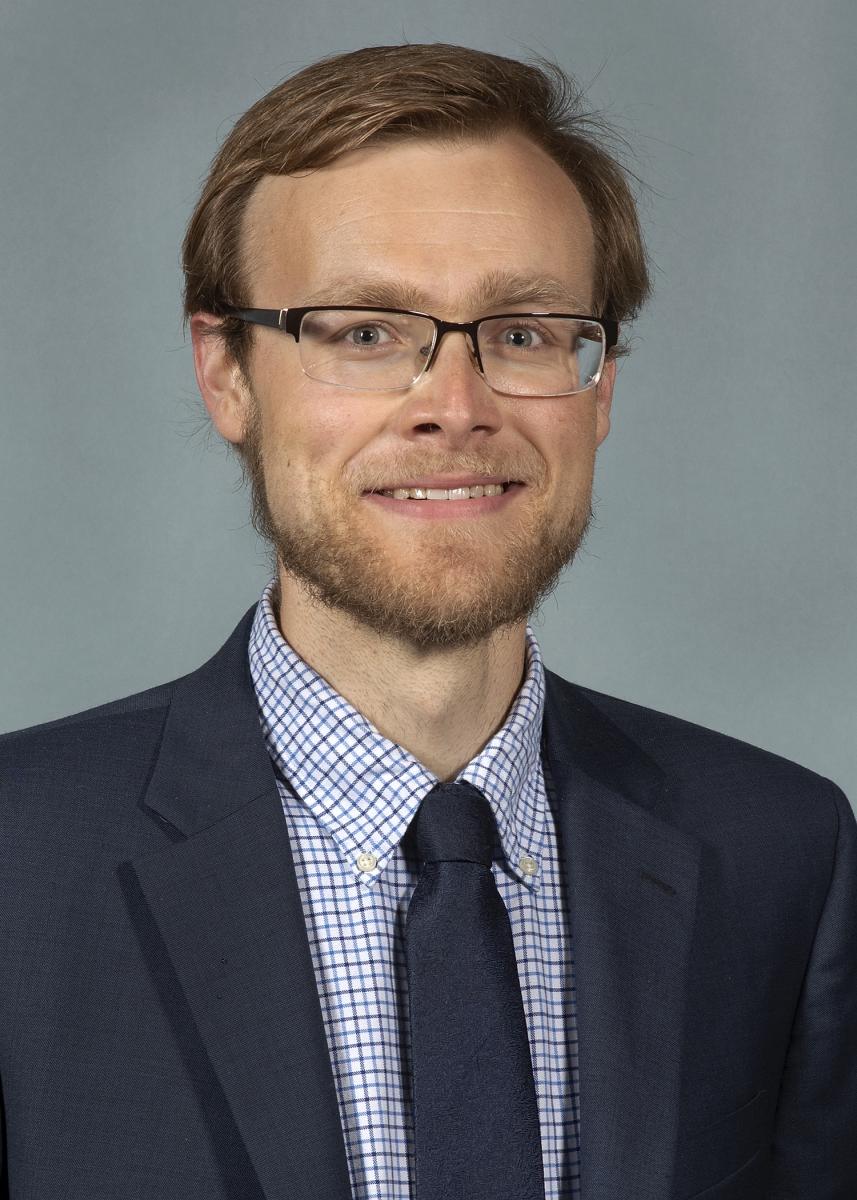 Dr. Brian Matthew Jordan is Associate Professor of Civil War History and Chair of the Department of History at Sam Houston State University. He is the author or editor of four books, including Marching Home: Union Veterans and Their Unending Civil War, which was a finalist (one of three runners-up) for the 2016 Pulitzer Prize in History. His most recent book is
Dr. Brian Matthew Jordan is Associate Professor of Civil War History and Chair of the Department of History at Sam Houston State University. He is the author or editor of four books, including Marching Home: Union Veterans and Their Unending Civil War, which was a finalist (one of three runners-up) for the 2016 Pulitzer Prize in History. His most recent book is 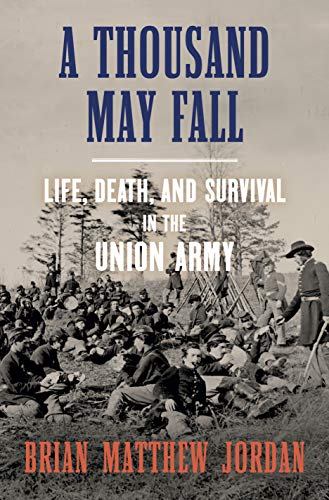
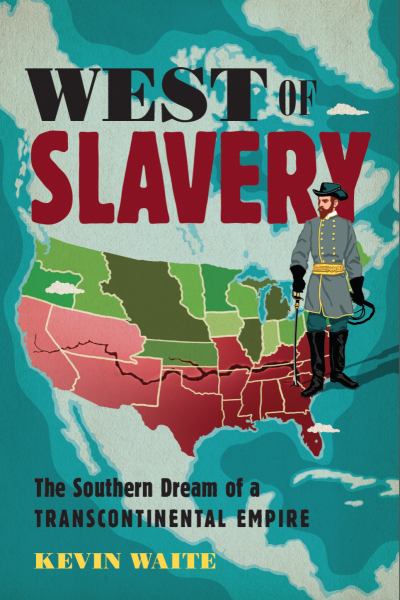 Beginning in the 1840s, Southern slaveholders launched a series of campaigns to extend their political power across the American West. They passed slave codes in New Mexico and Utah, sponsored separatist movements in Southern California and Arizona, orchestrated a territorial purchase from Mexico, monopolized patronage networks to empower proslavery allies, and even killed antislavery rivals. California, despite its constitutional prohibition on slavery, was the linchpin of their western program. Until the eve of the Civil War, white Southerners largely controlled the political fortunes of California, with a powerful base of support in Los Angeles.
Beginning in the 1840s, Southern slaveholders launched a series of campaigns to extend their political power across the American West. They passed slave codes in New Mexico and Utah, sponsored separatist movements in Southern California and Arizona, orchestrated a territorial purchase from Mexico, monopolized patronage networks to empower proslavery allies, and even killed antislavery rivals. California, despite its constitutional prohibition on slavery, was the linchpin of their western program. Until the eve of the Civil War, white Southerners largely controlled the political fortunes of California, with a powerful base of support in Los Angeles.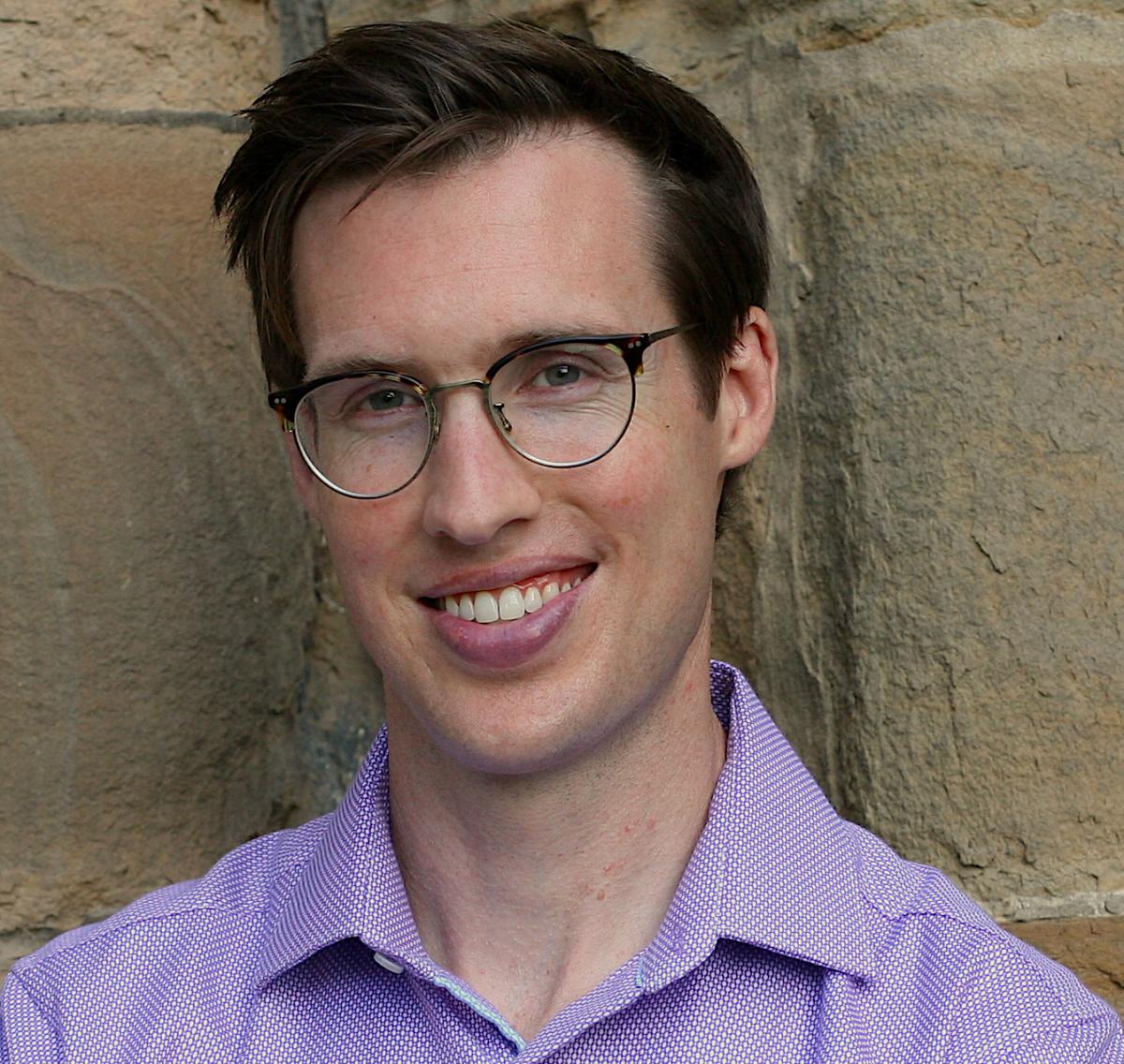 Slavery: The Southern Dream of a Transcontinental Empire (UNC Press, 2021). He’s currently writing a history of the life and times of Biddy Mason, a Georgia slave turned California real estate entrepreneur. Research for that book is funded by a Collaborative Research Grant from the National Endowment for the Humanities, a grant he co-directs. The project has created a website on Biddy Mason and her "Long Road to Freedom" --
Slavery: The Southern Dream of a Transcontinental Empire (UNC Press, 2021). He’s currently writing a history of the life and times of Biddy Mason, a Georgia slave turned California real estate entrepreneur. Research for that book is funded by a Collaborative Research Grant from the National Endowment for the Humanities, a grant he co-directs. The project has created a website on Biddy Mason and her "Long Road to Freedom" -- 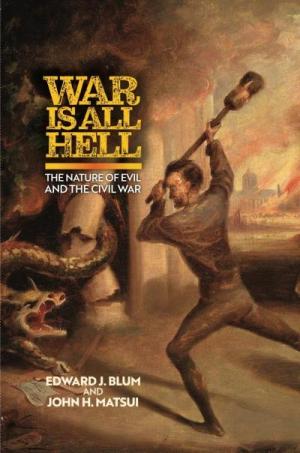
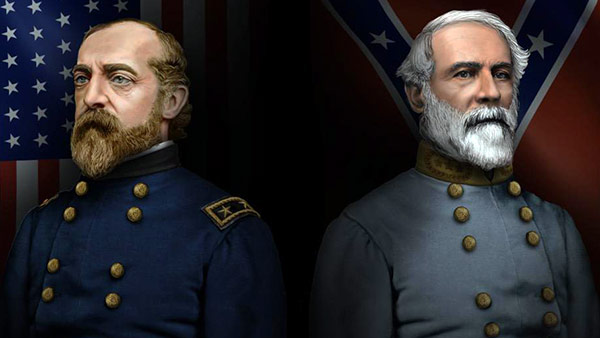
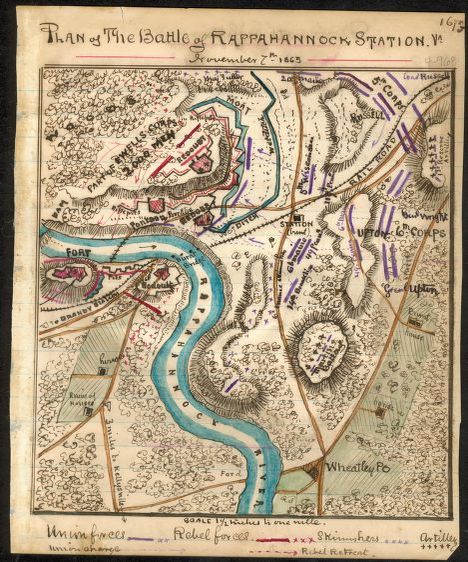
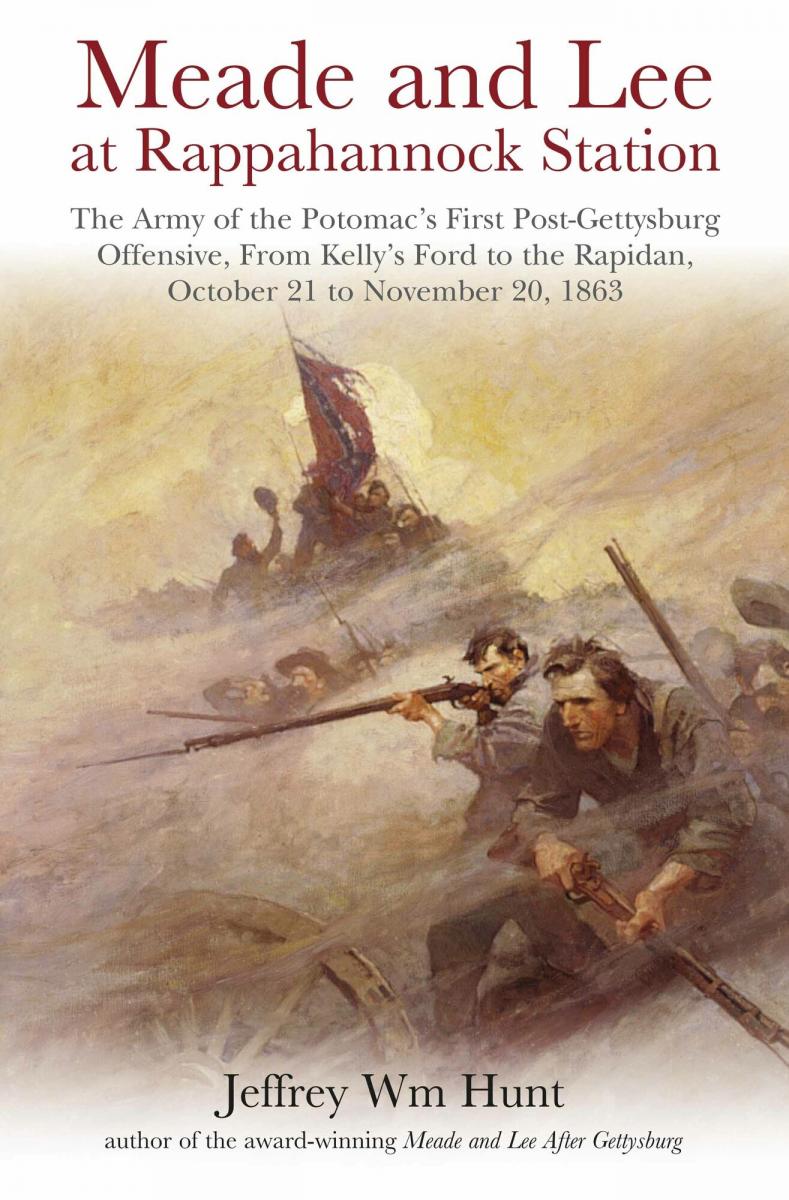
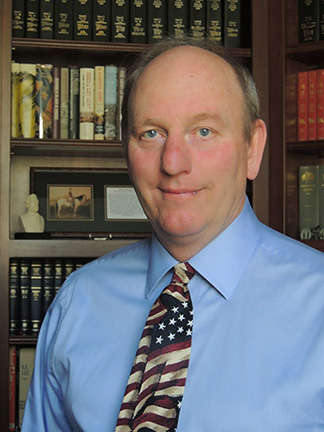 and an Adjunct Professor of History at Austin Community College, where he has taught since 1988. Prior to taking the post at the Texas Military Forces Museum in 2007, he was the Curator of Collections and Director of the Living History Program at the Admiral Nimitz National Museum of the Pacific War in Fredericksburg, Texas for 11 years. He holds a Bachelors Degree in Government and a Masters Degree in History, both from the
and an Adjunct Professor of History at Austin Community College, where he has taught since 1988. Prior to taking the post at the Texas Military Forces Museum in 2007, he was the Curator of Collections and Director of the Living History Program at the Admiral Nimitz National Museum of the Pacific War in Fredericksburg, Texas for 11 years. He holds a Bachelors Degree in Government and a Masters Degree in History, both from the 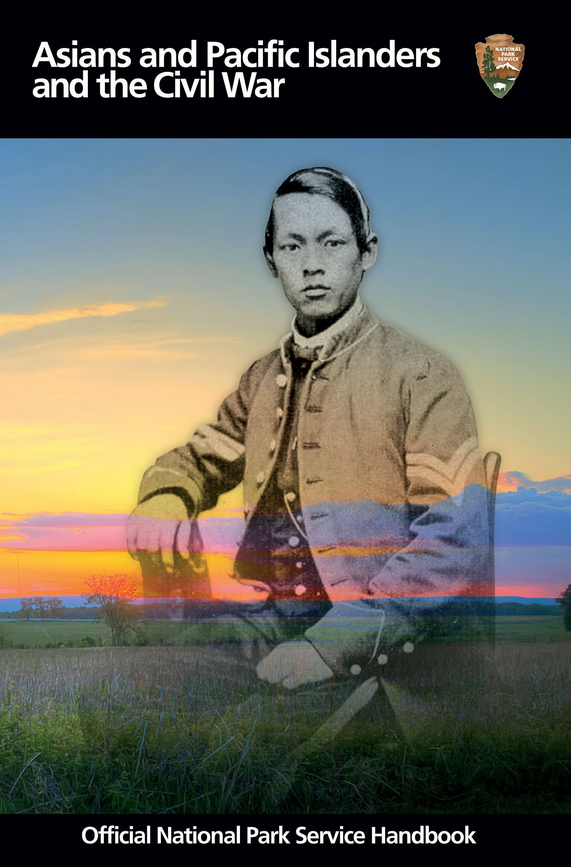
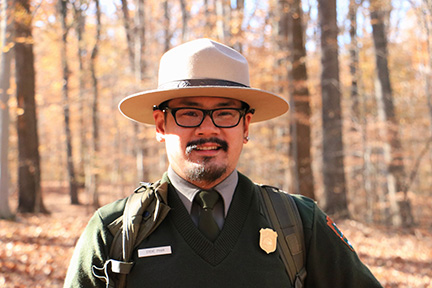
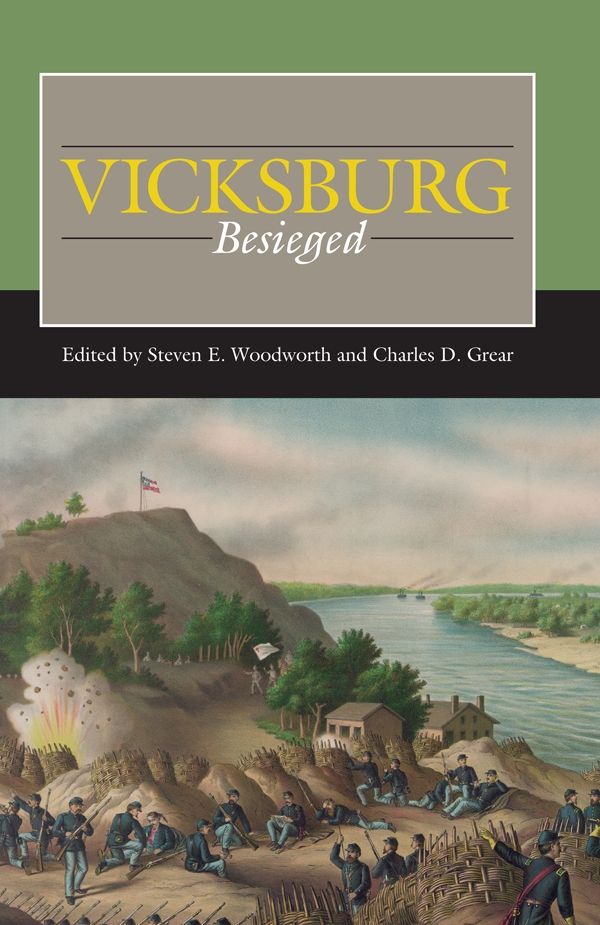

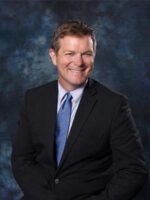

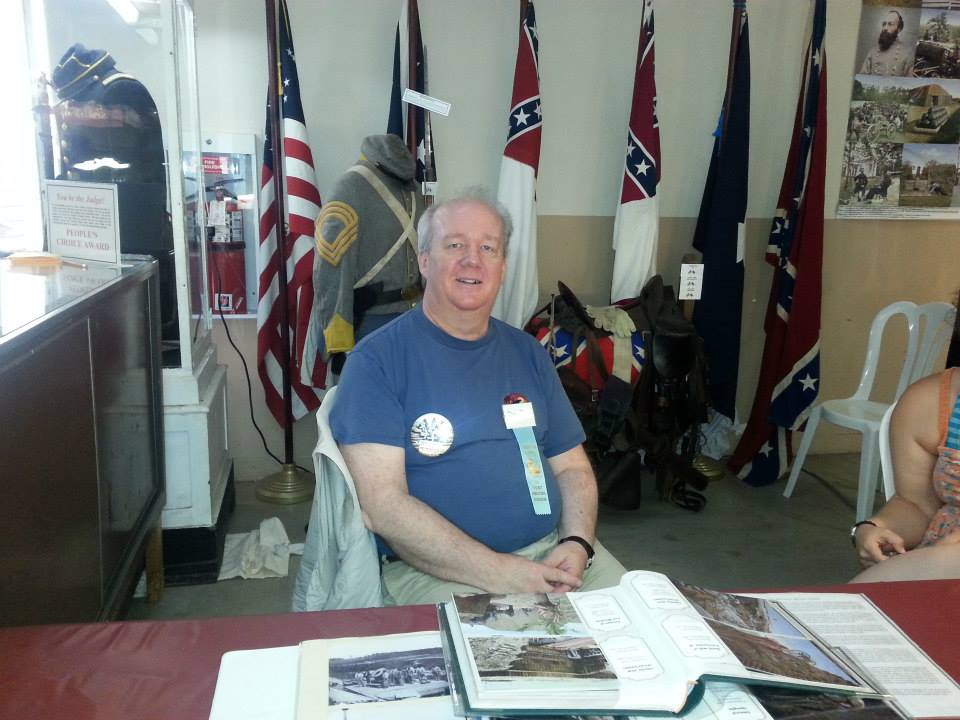
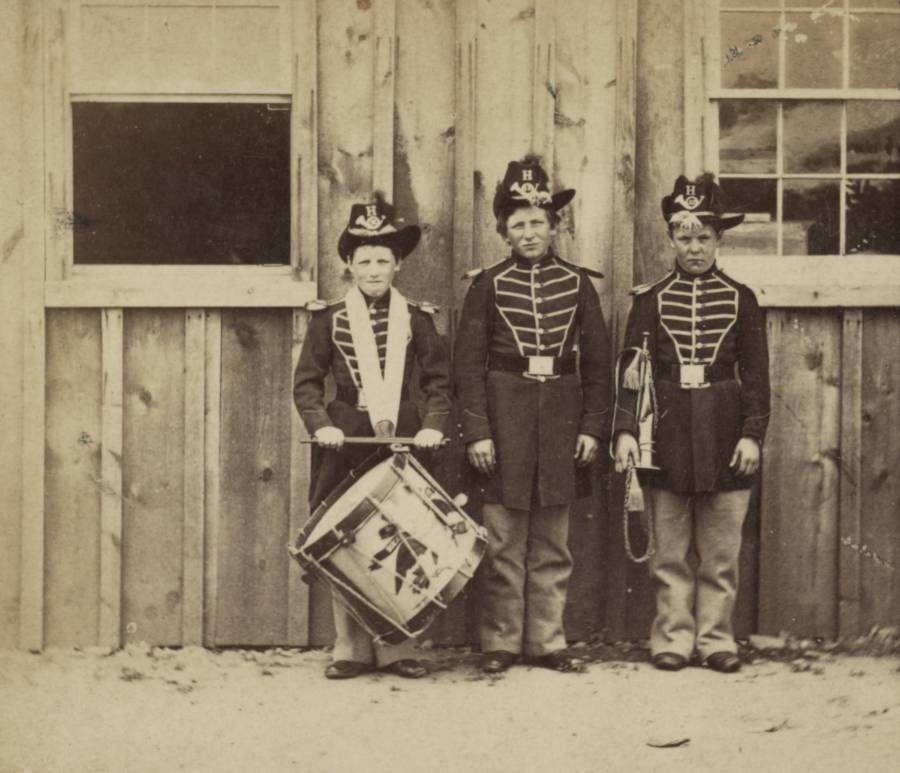
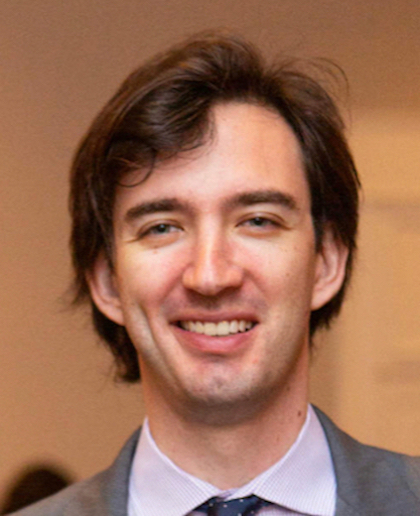

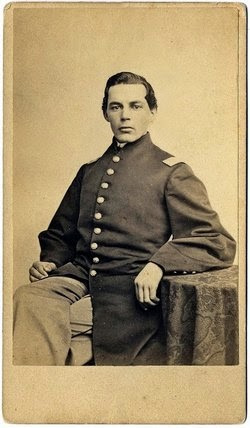
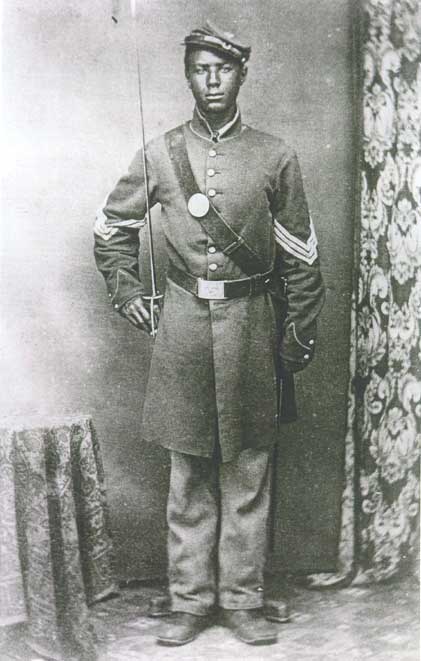

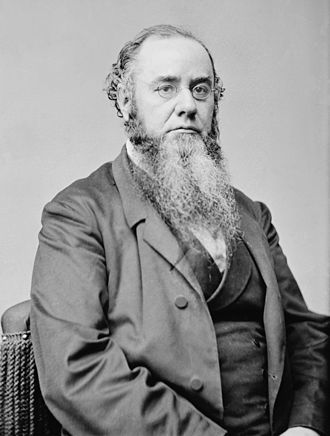 Of the crucial men close to President Lincoln, Secretary of War Edwin Stanton (1814–1869) was the most powerful and controversial. Stanton raised, armed, and supervised the army of a million men who won the Civil War. He organized the war effort. He directed military movements from his telegraph office, where Lincoln literally hung out with him. He arrested and imprisoned thousands for “war crimes,” such as resisting the draft or calling for an armistice. Stanton was so controversial that some accused him at that time of complicity in Lincoln’s assassination. He was a stubborn genius who was both reviled and revered in his time.
Of the crucial men close to President Lincoln, Secretary of War Edwin Stanton (1814–1869) was the most powerful and controversial. Stanton raised, armed, and supervised the army of a million men who won the Civil War. He organized the war effort. He directed military movements from his telegraph office, where Lincoln literally hung out with him. He arrested and imprisoned thousands for “war crimes,” such as resisting the draft or calling for an armistice. Stanton was so controversial that some accused him at that time of complicity in Lincoln’s assassination. He was a stubborn genius who was both reviled and revered in his time.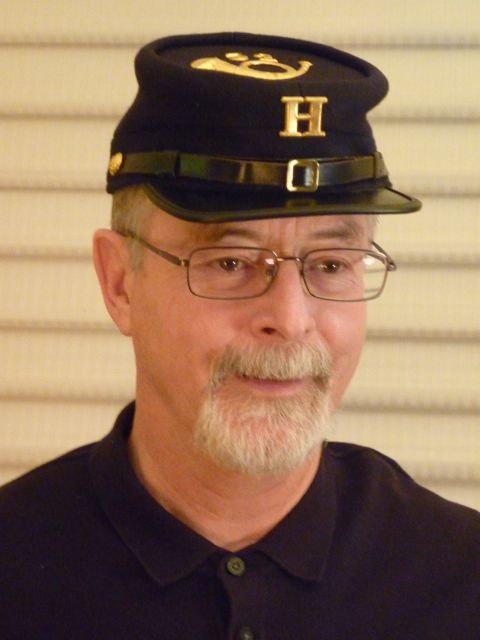 Dean Smith is a third generation Los Angeles native. He graduated from George Washington High School in 1964, and earned Bachelor of Arts (1968), and Master of Arts (1970), degrees in Political Science, from the University of California, at Riverside.
Dean Smith is a third generation Los Angeles native. He graduated from George Washington High School in 1964, and earned Bachelor of Arts (1968), and Master of Arts (1970), degrees in Political Science, from the University of California, at Riverside.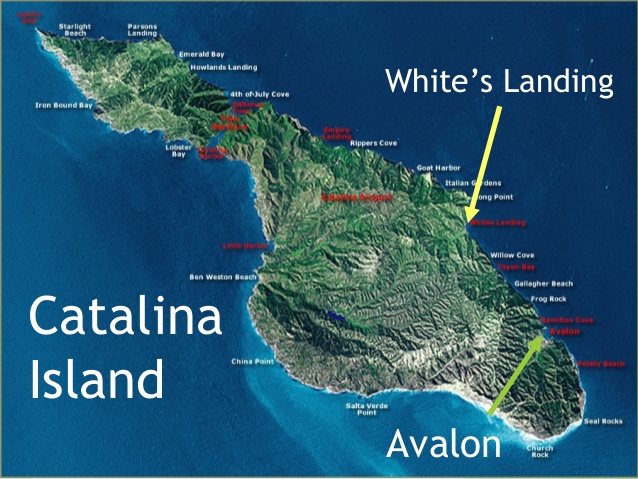
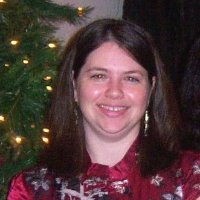 Guide at Drum Barracks Civil War Museum.
Guide at Drum Barracks Civil War Museum. 